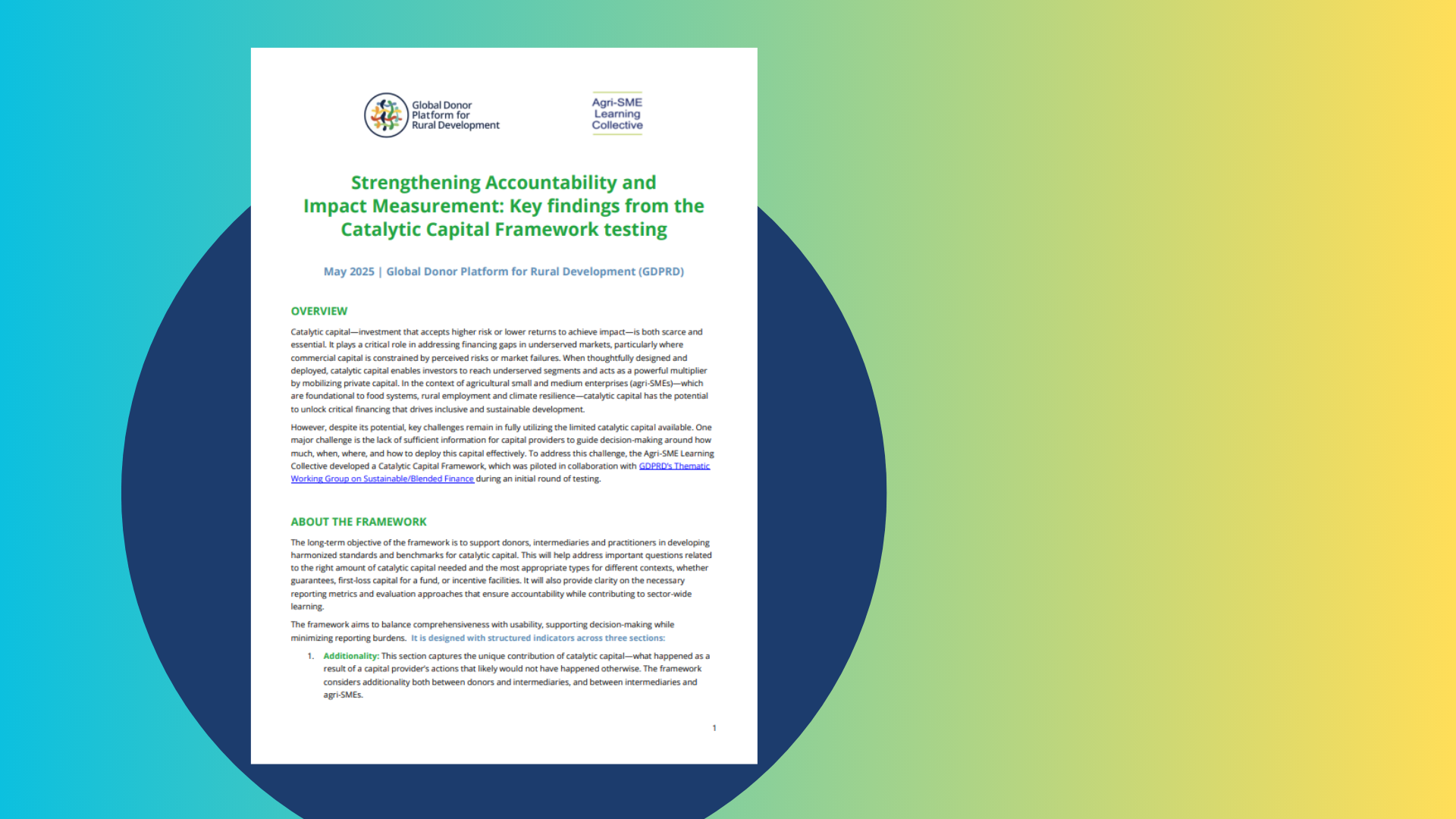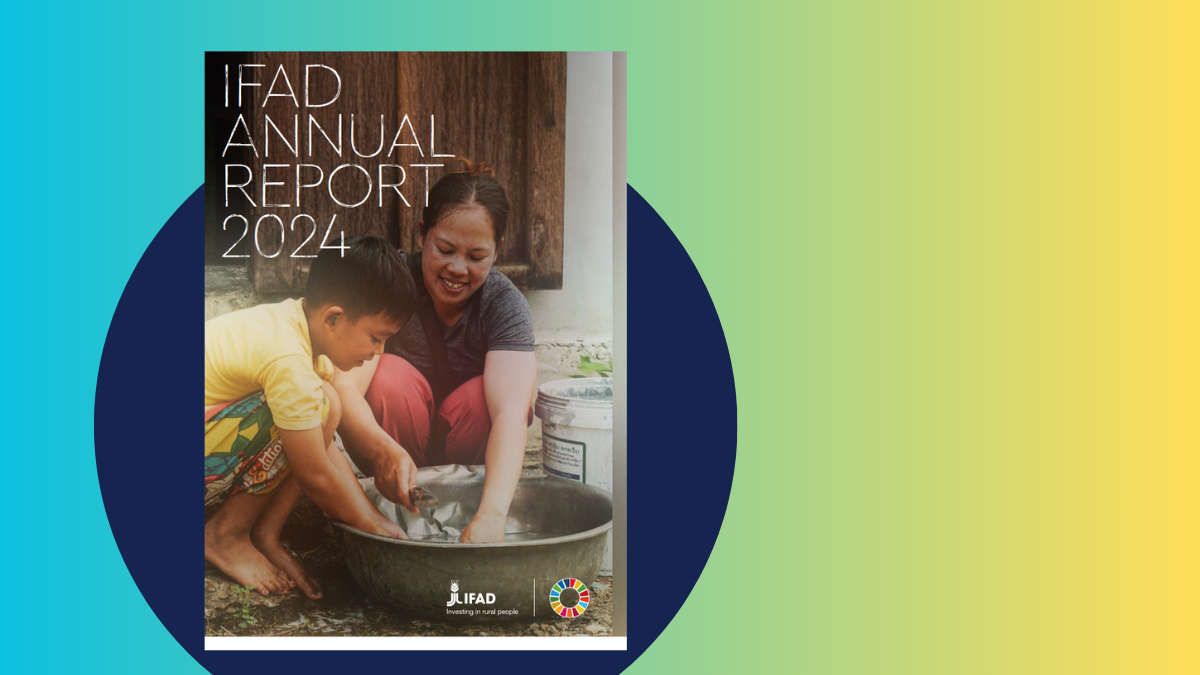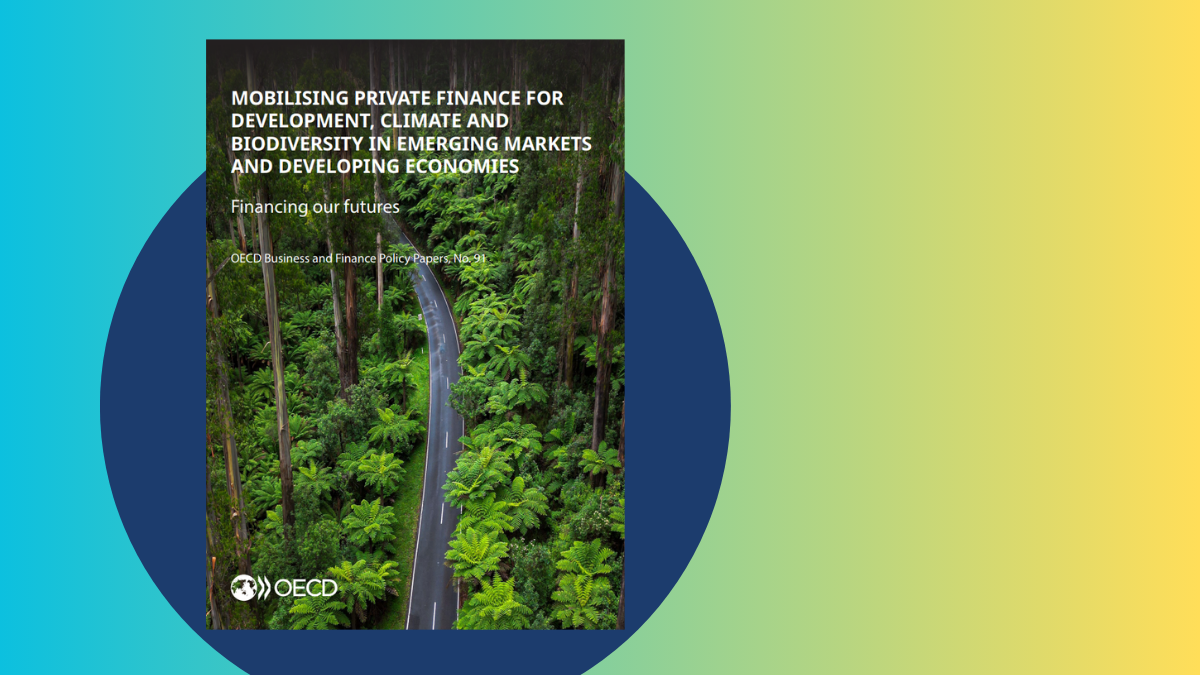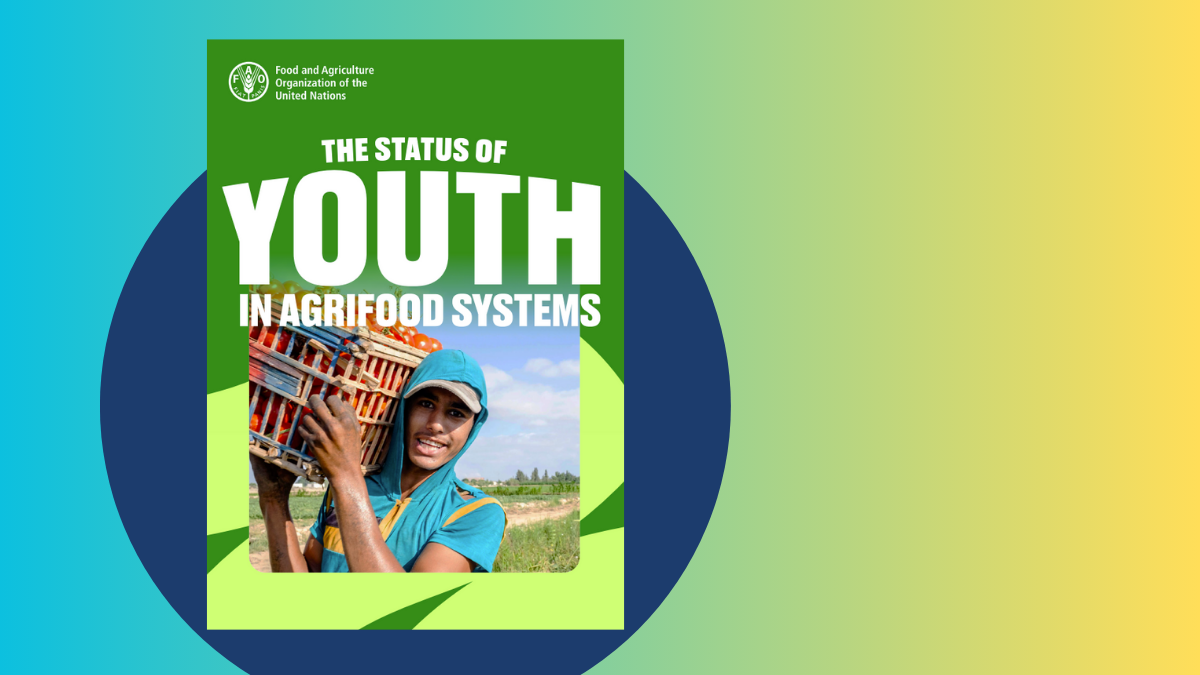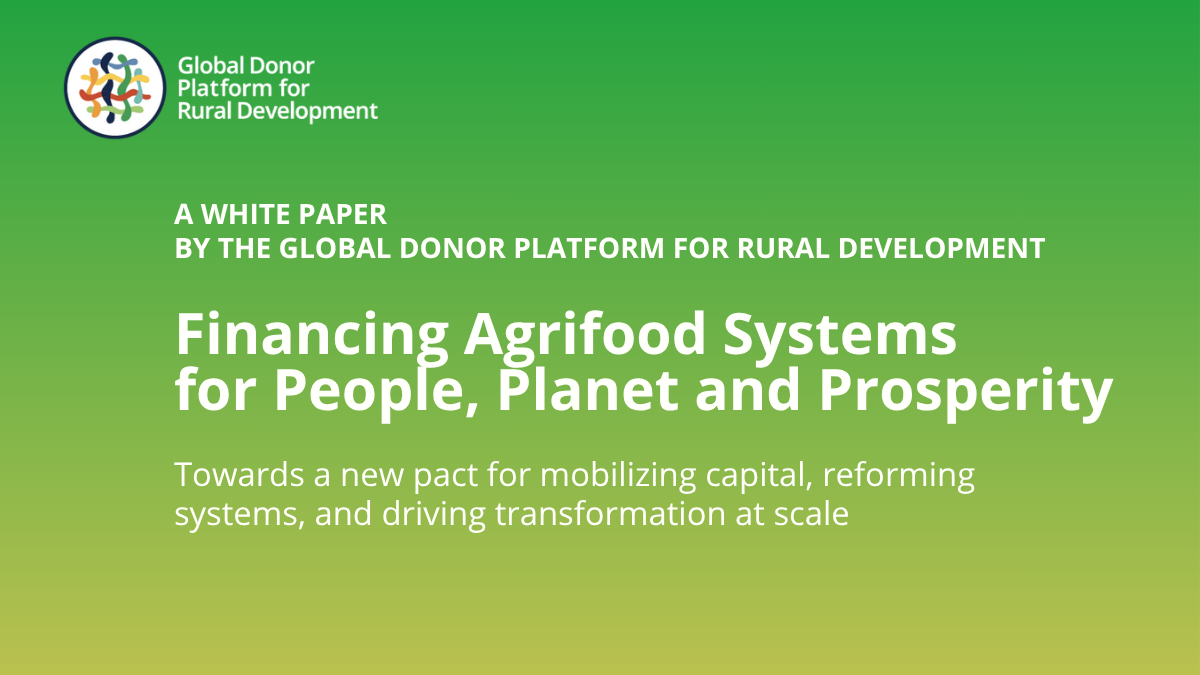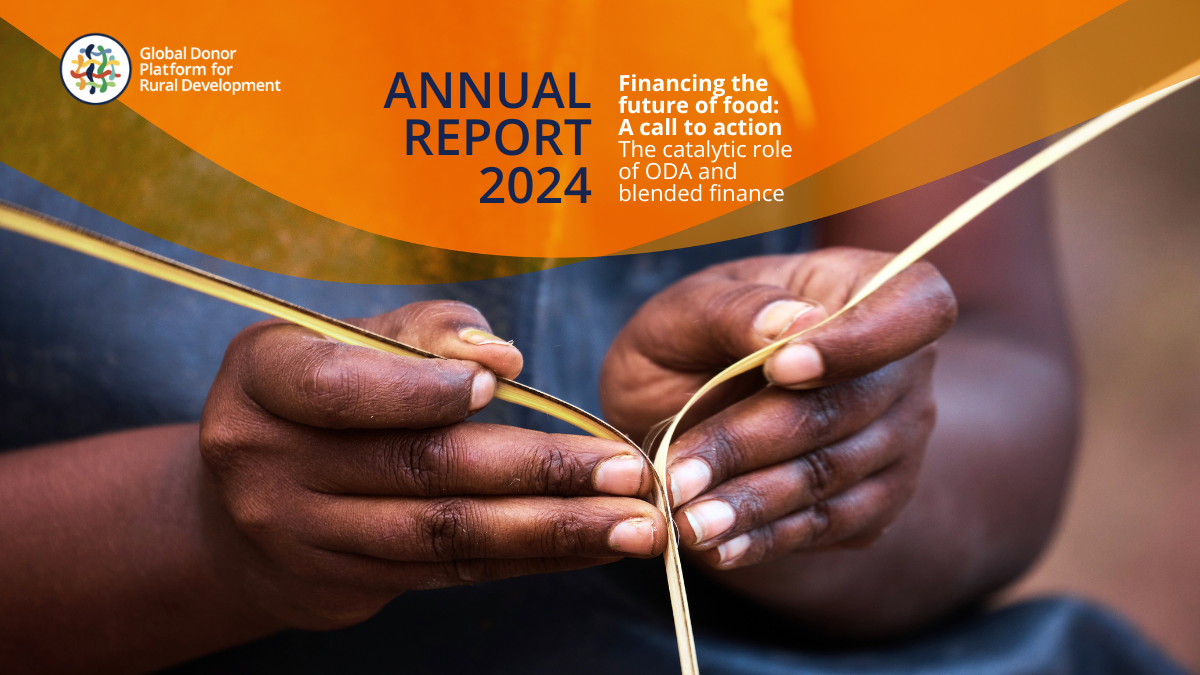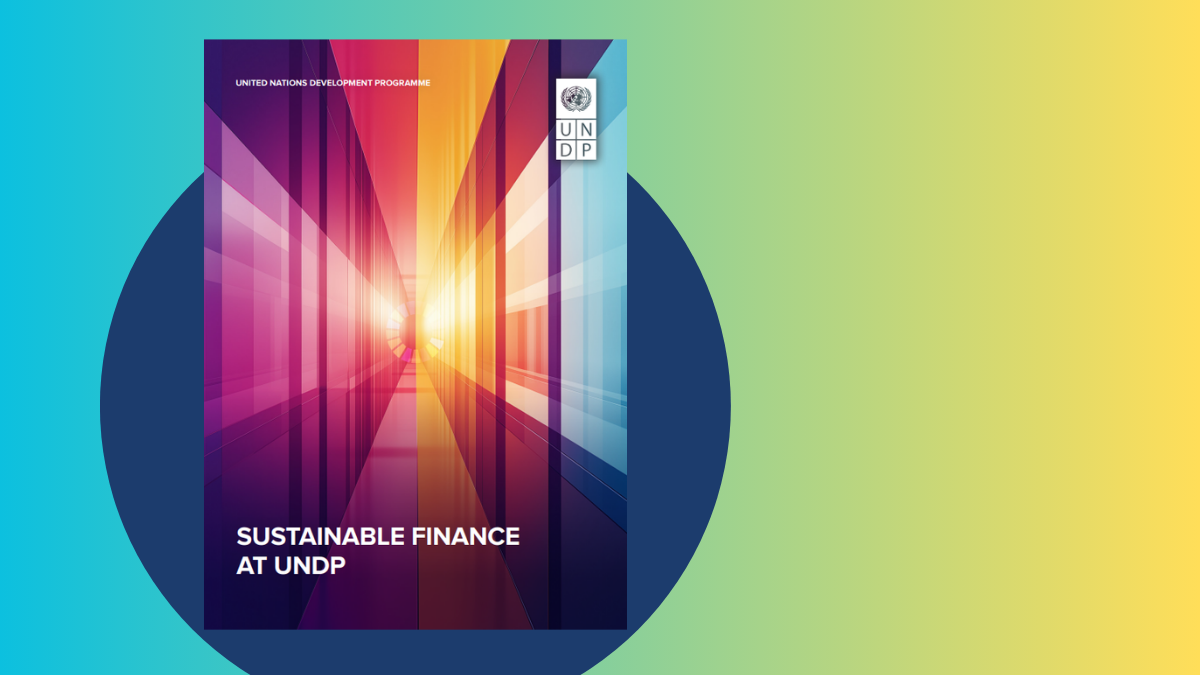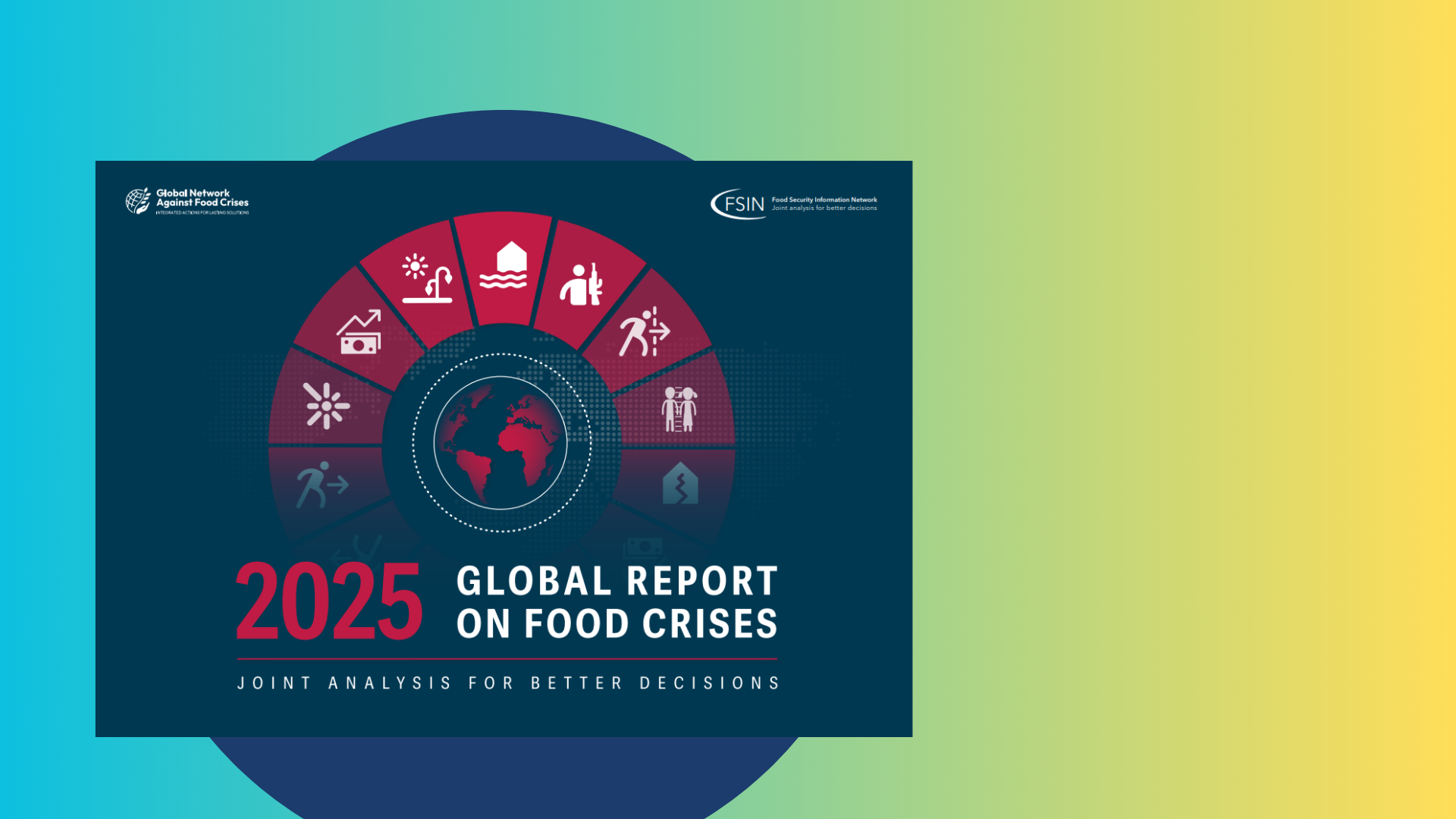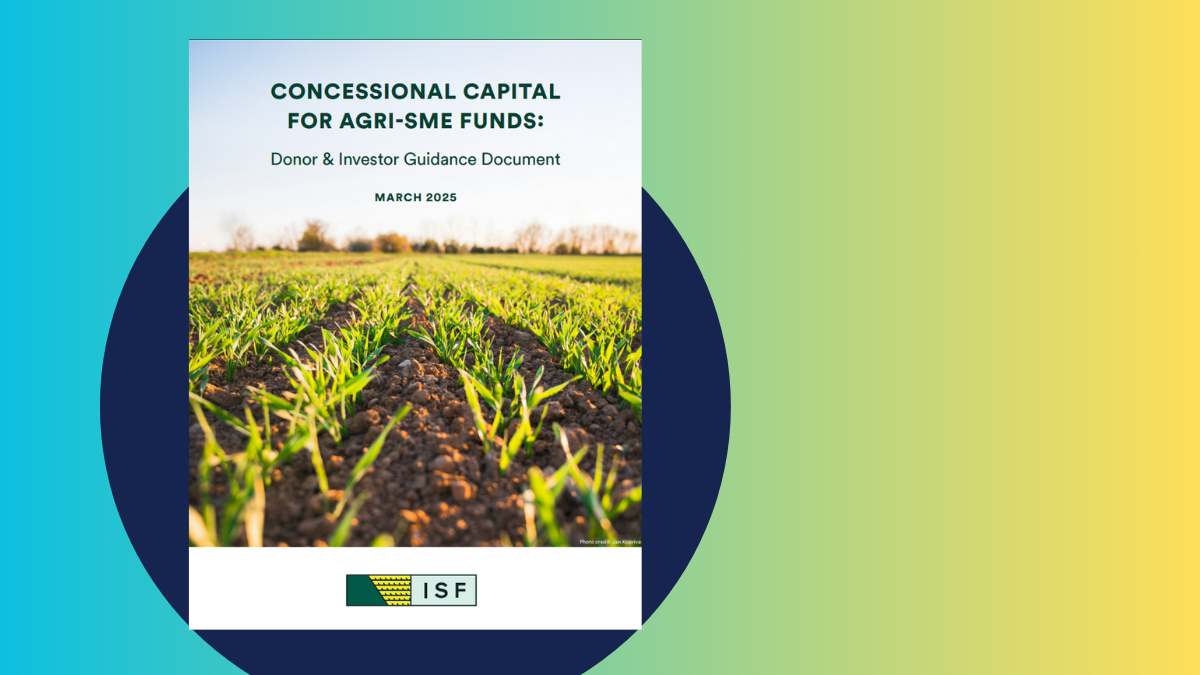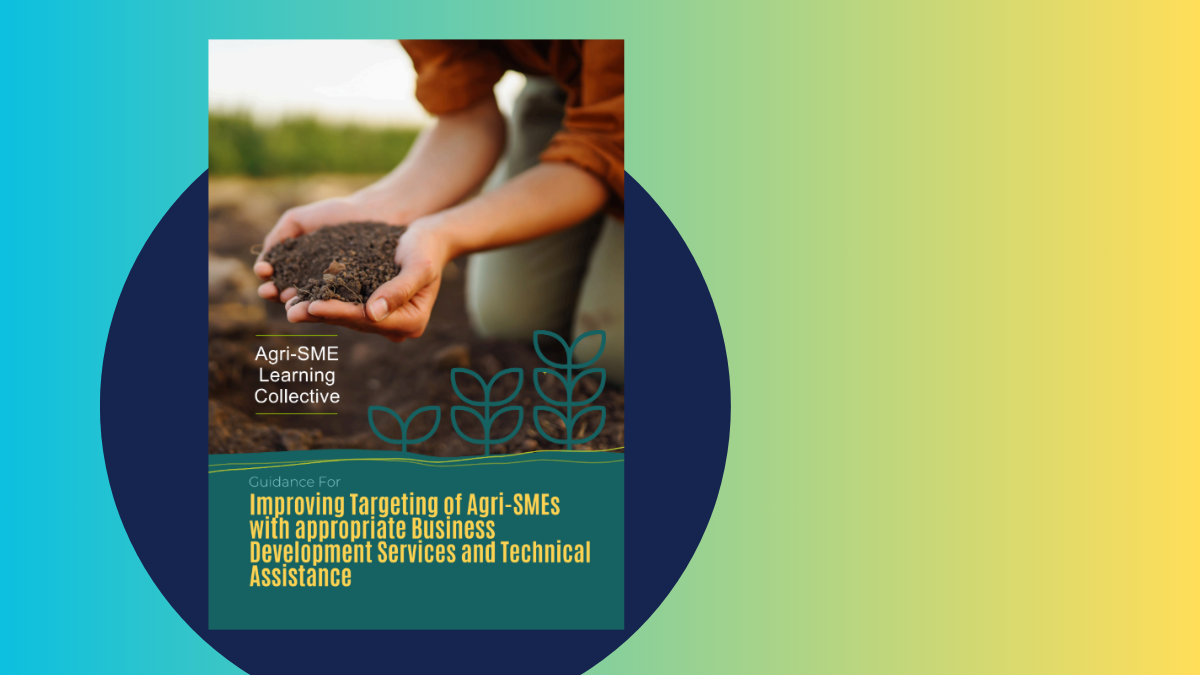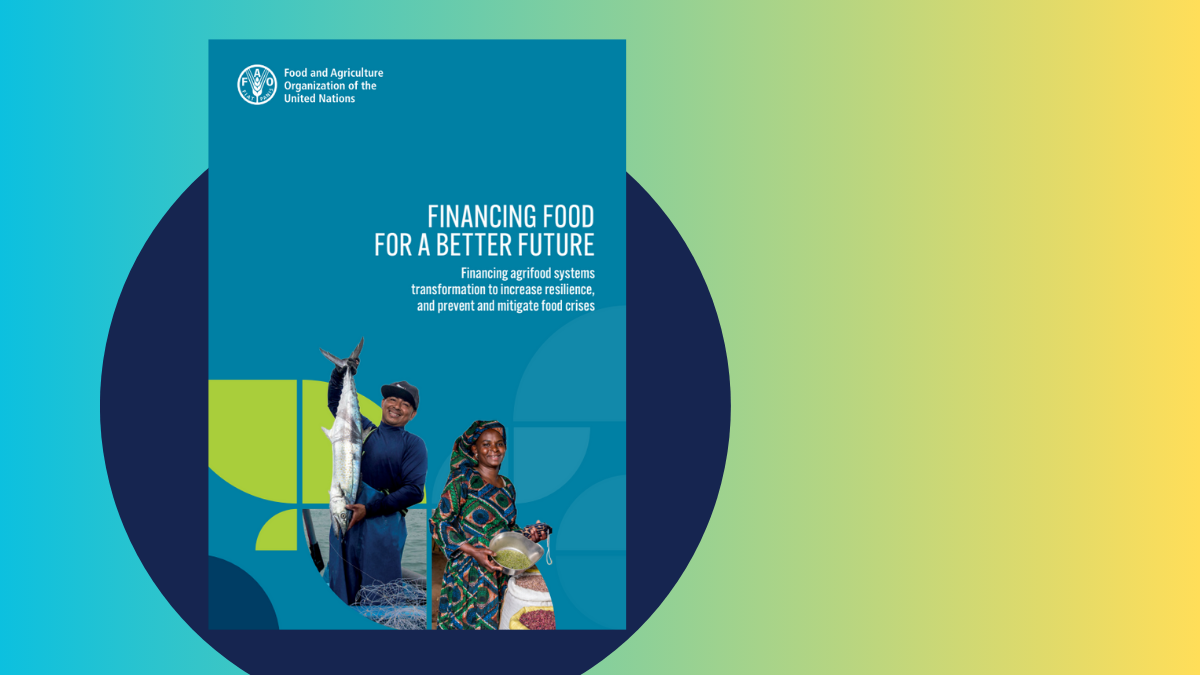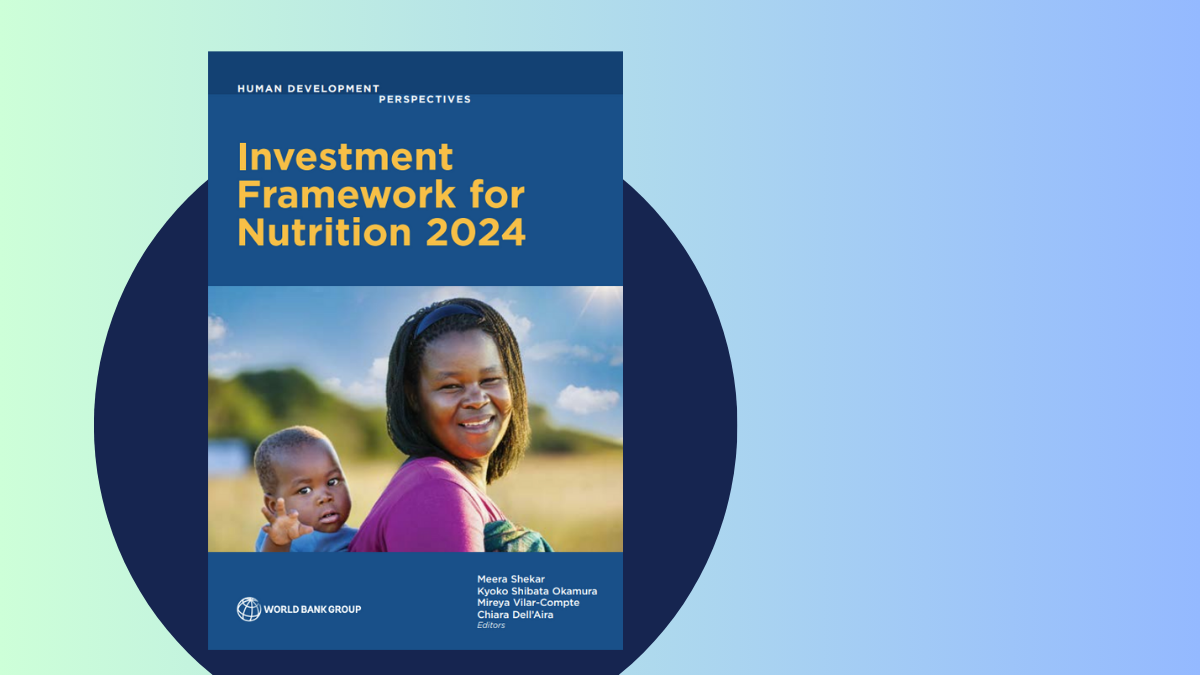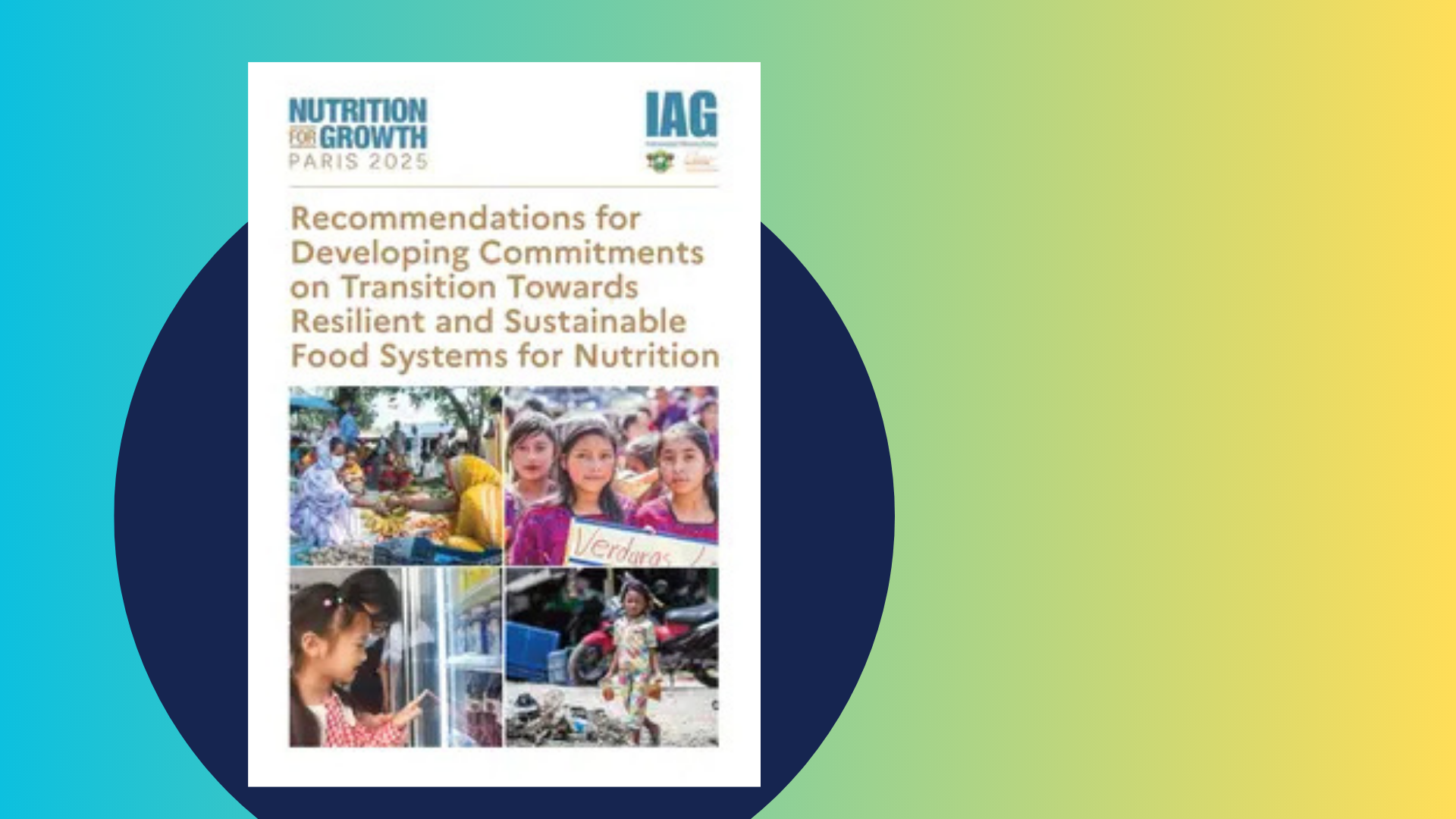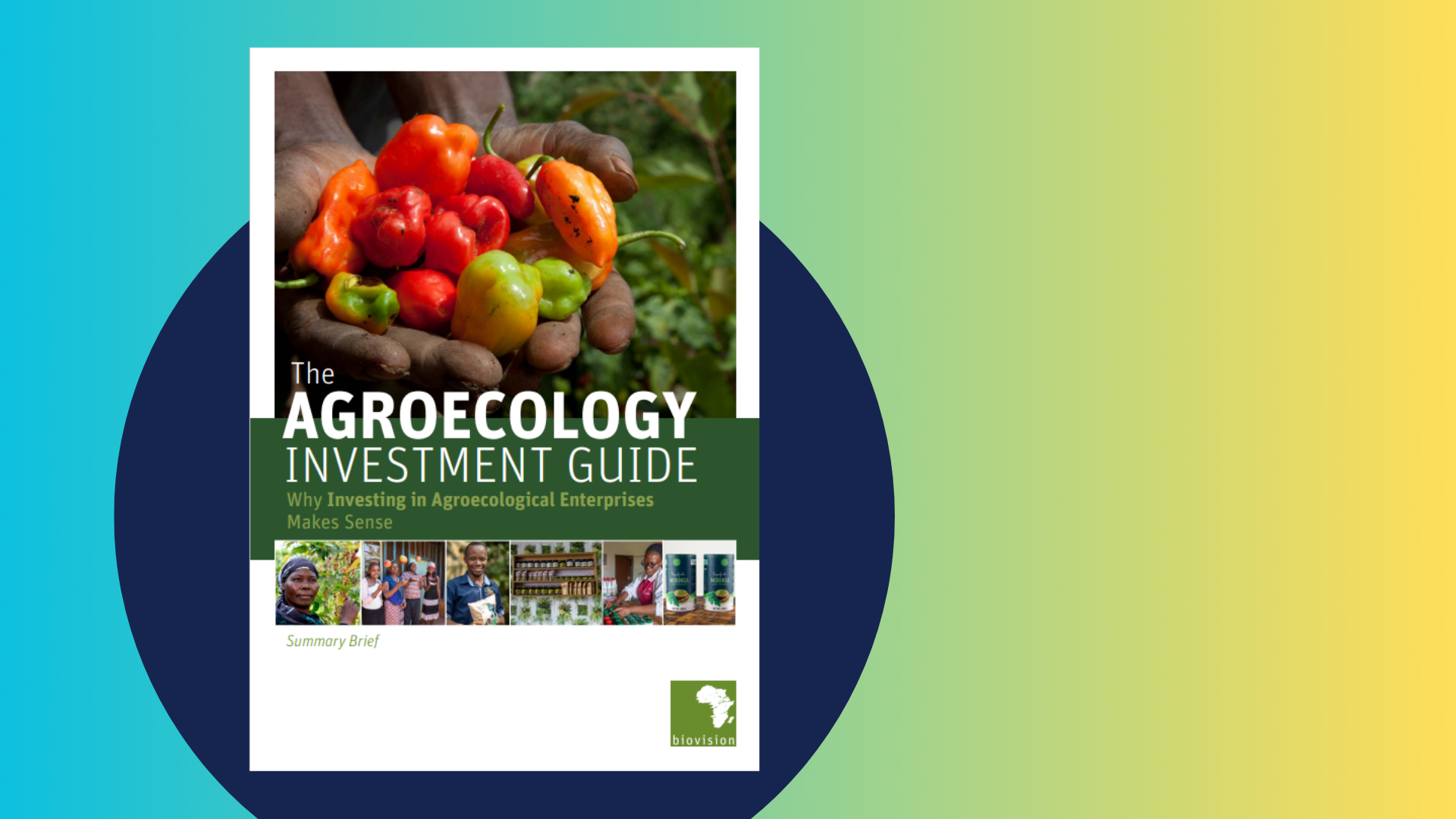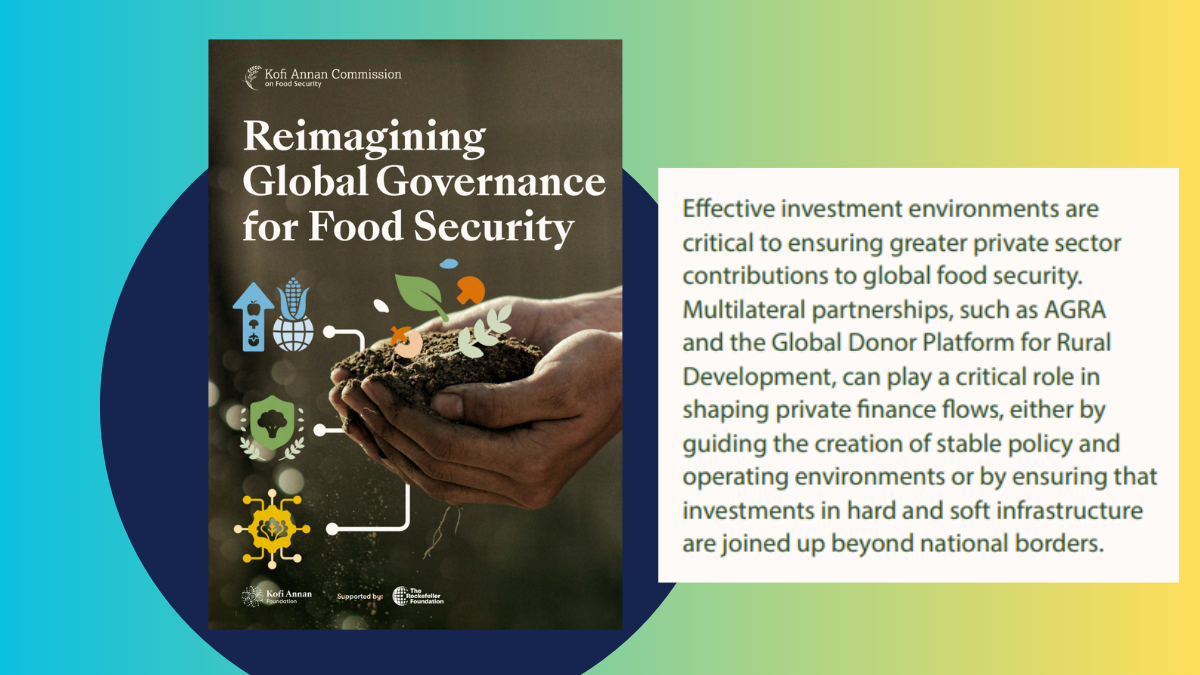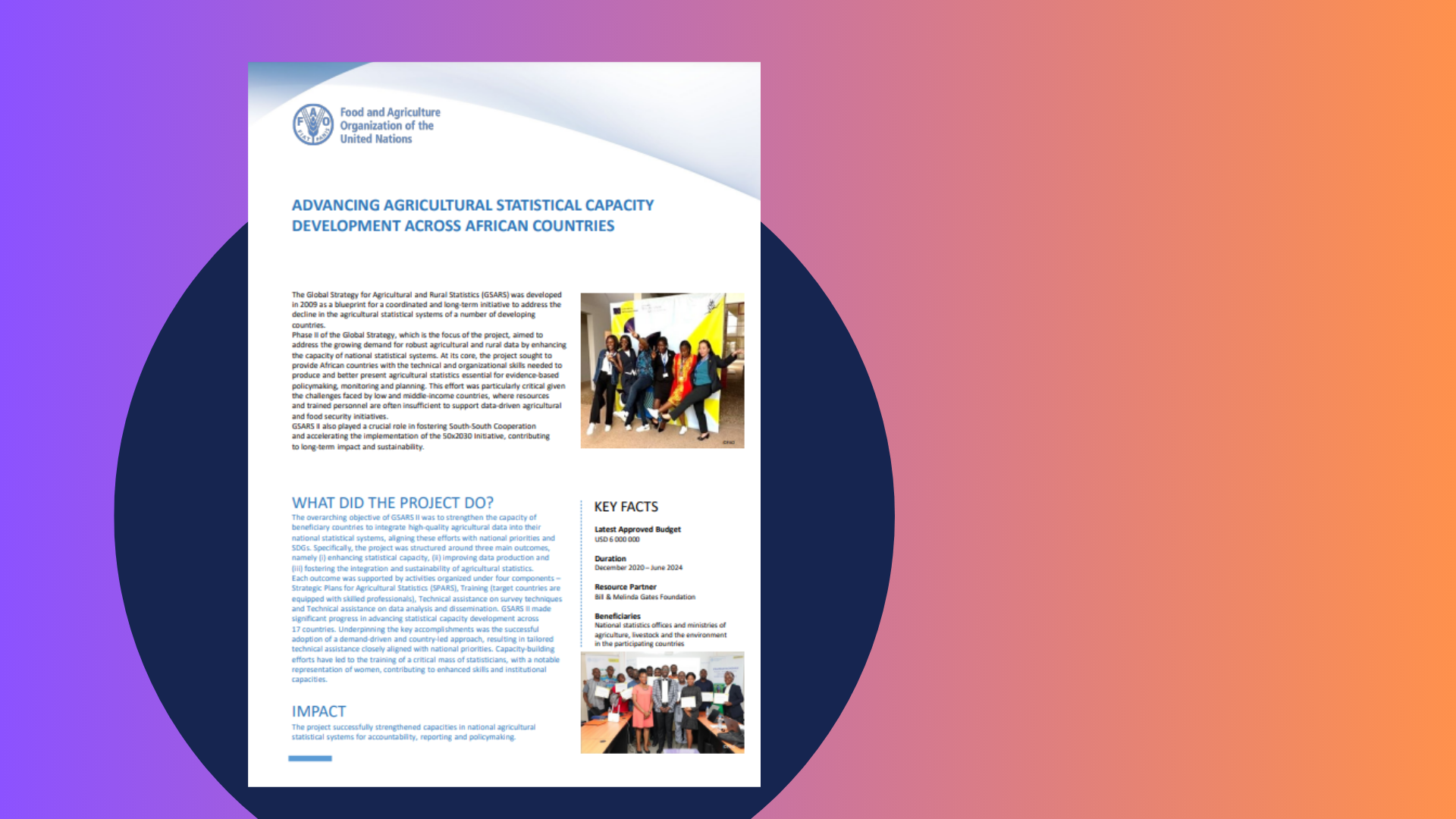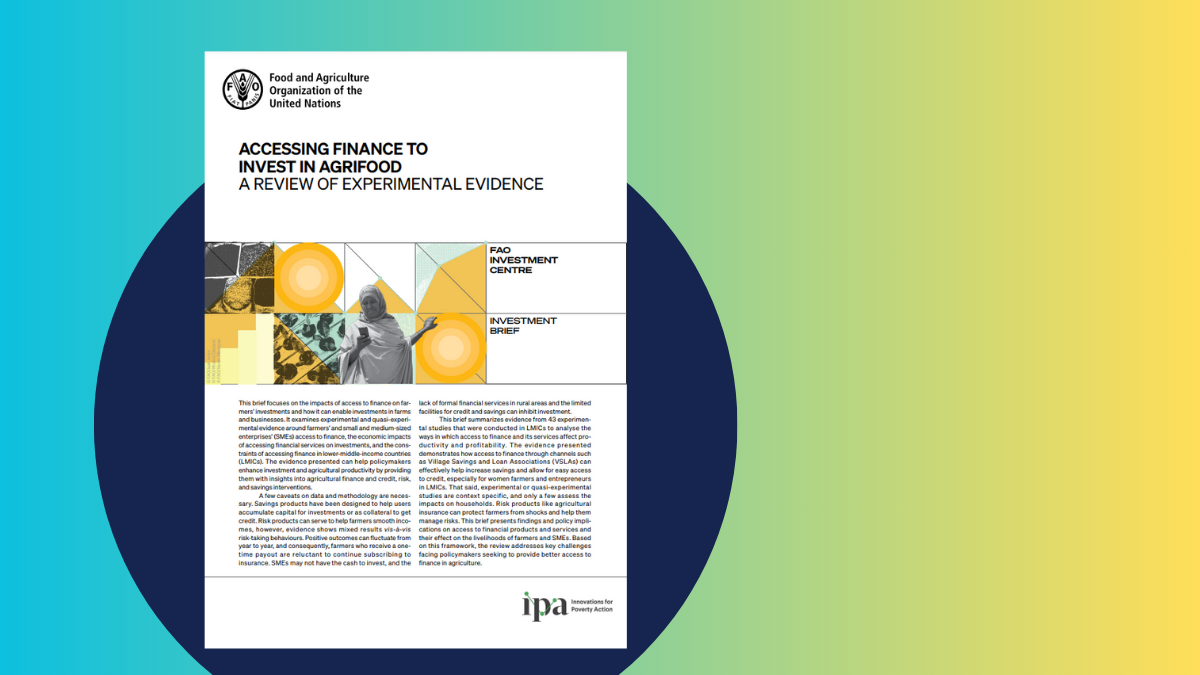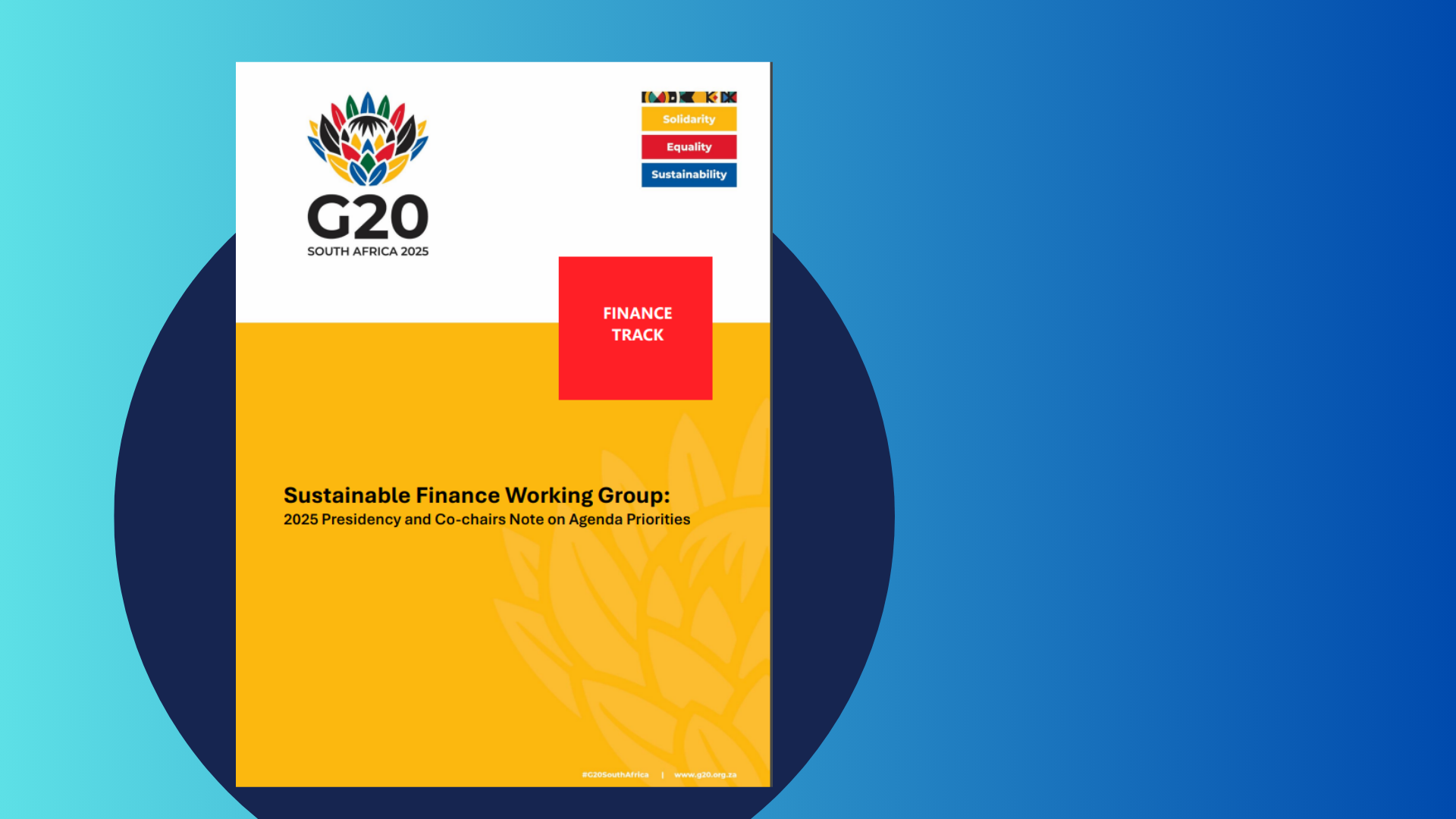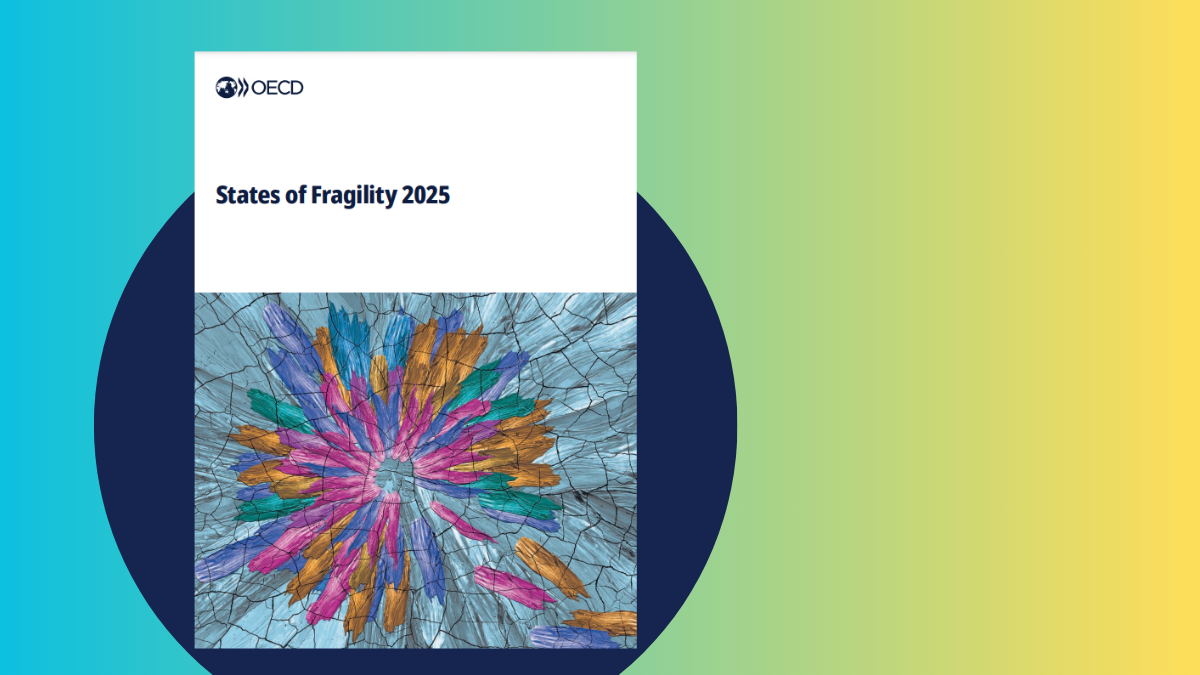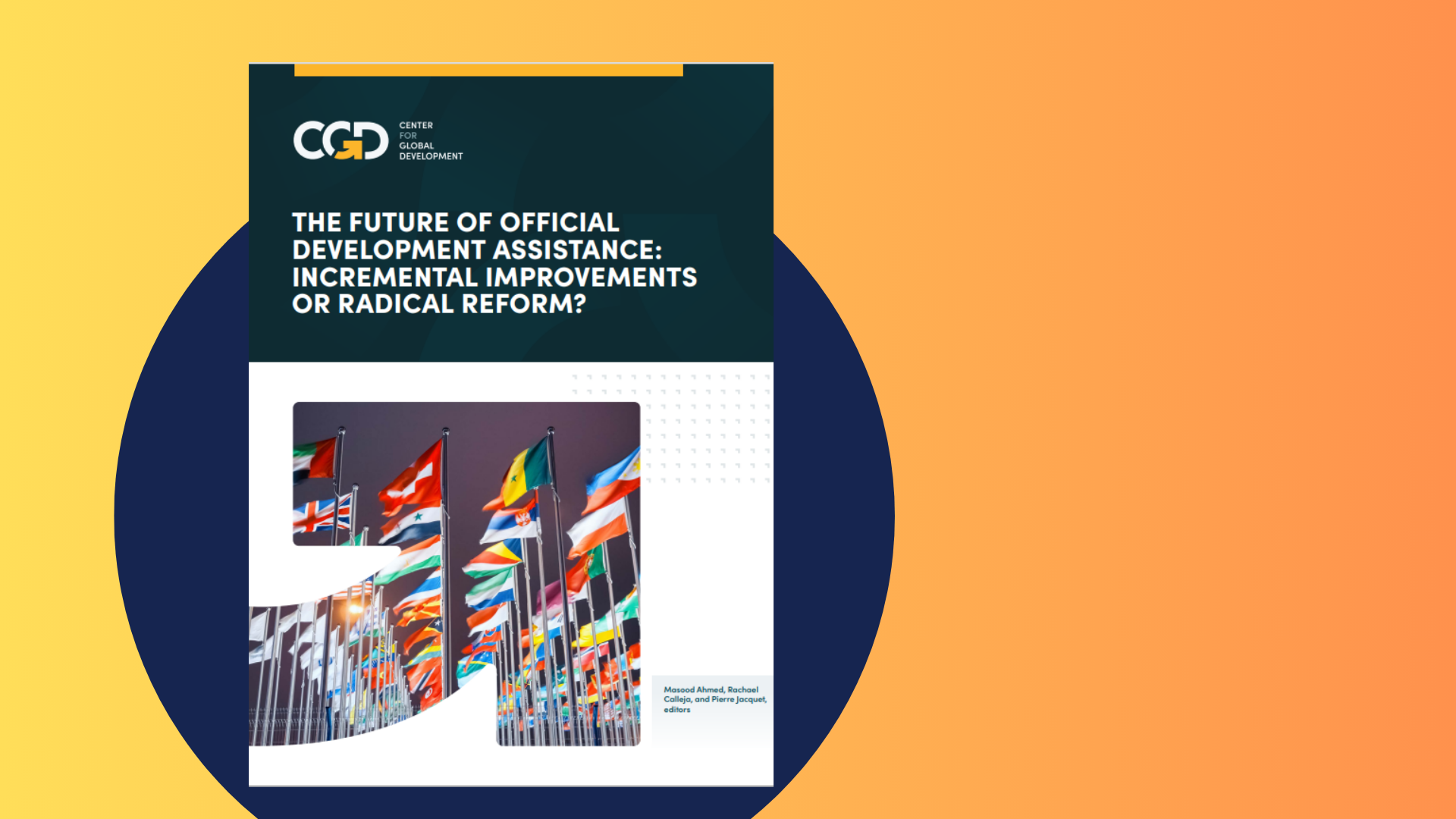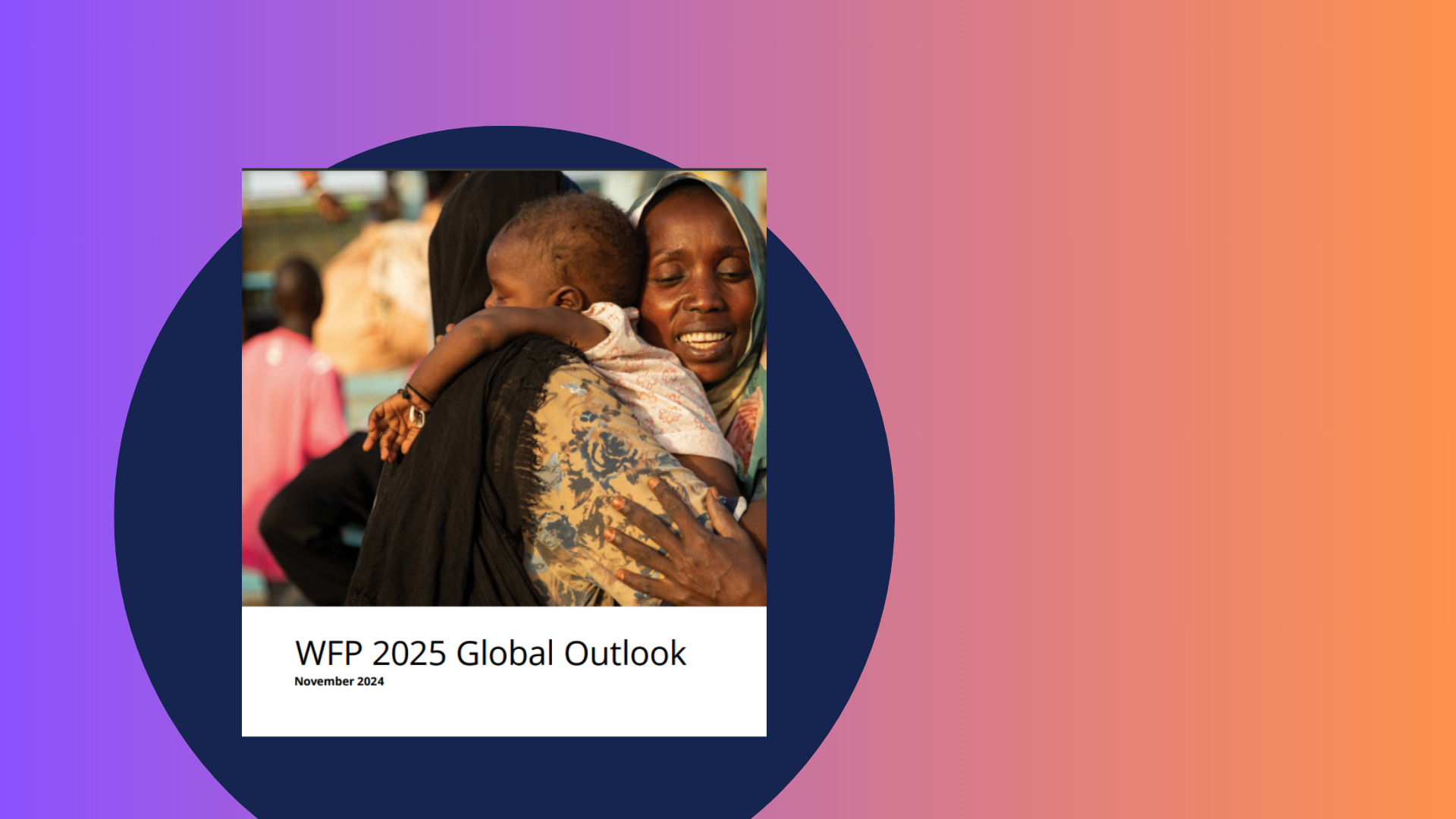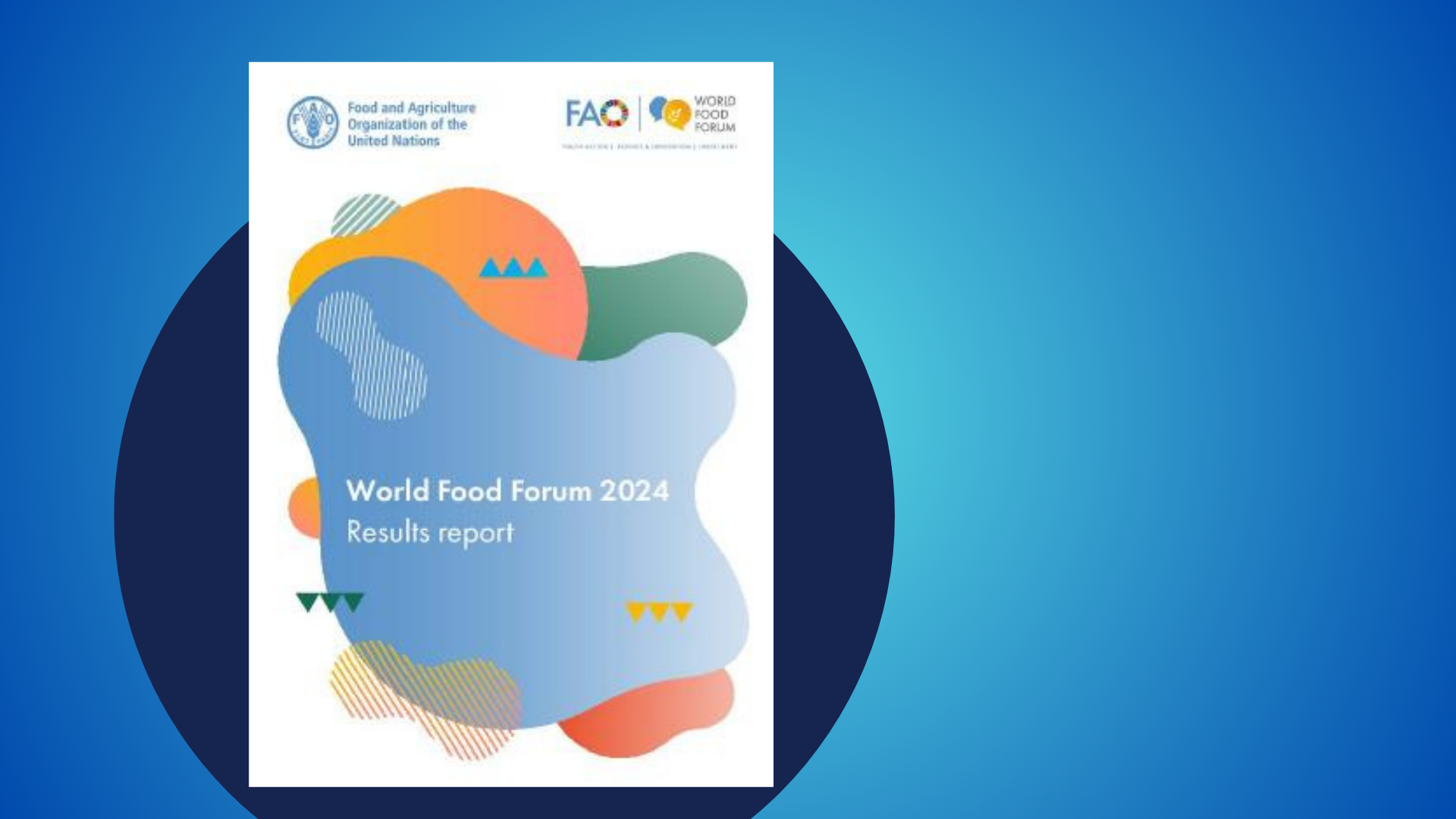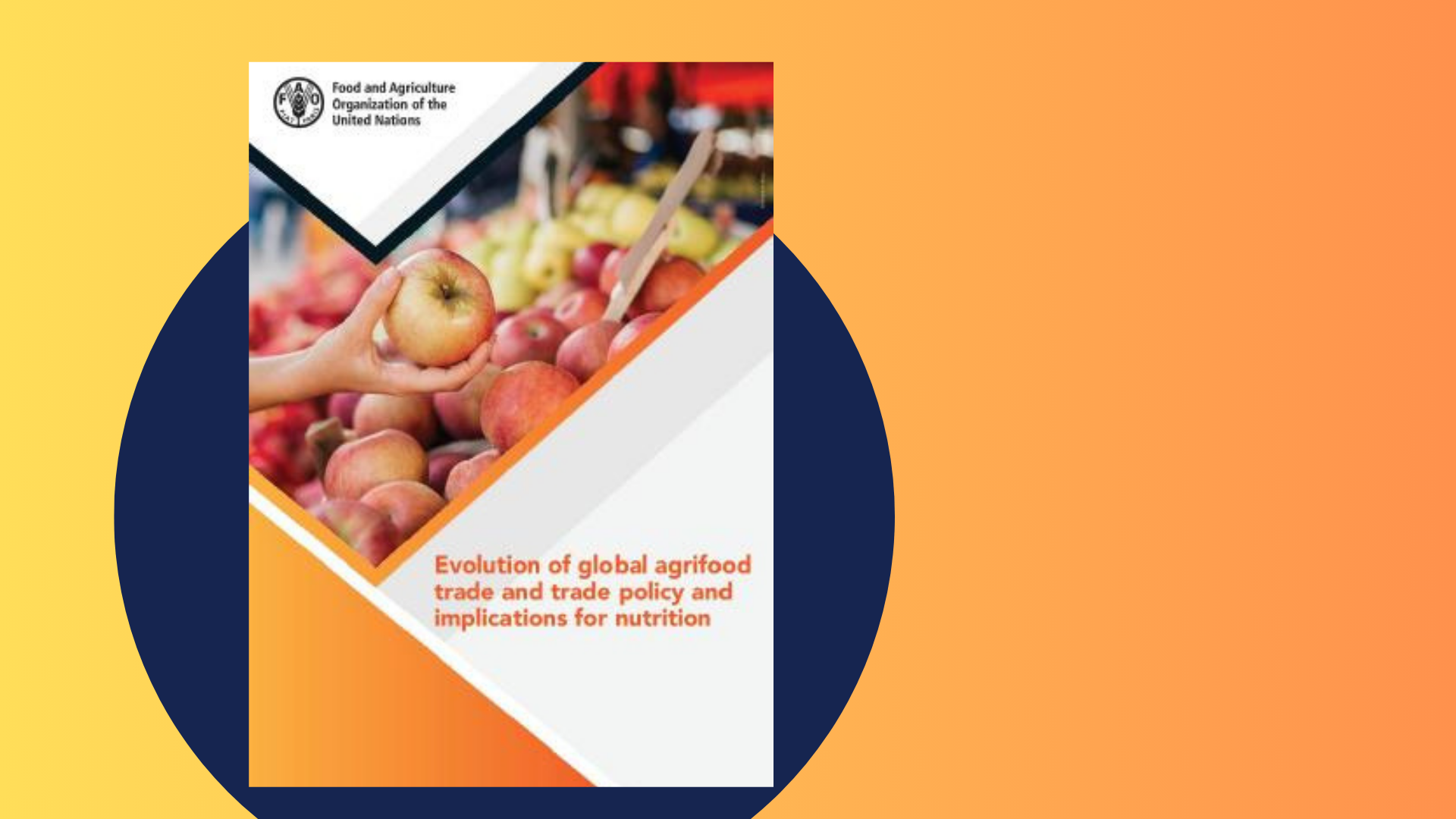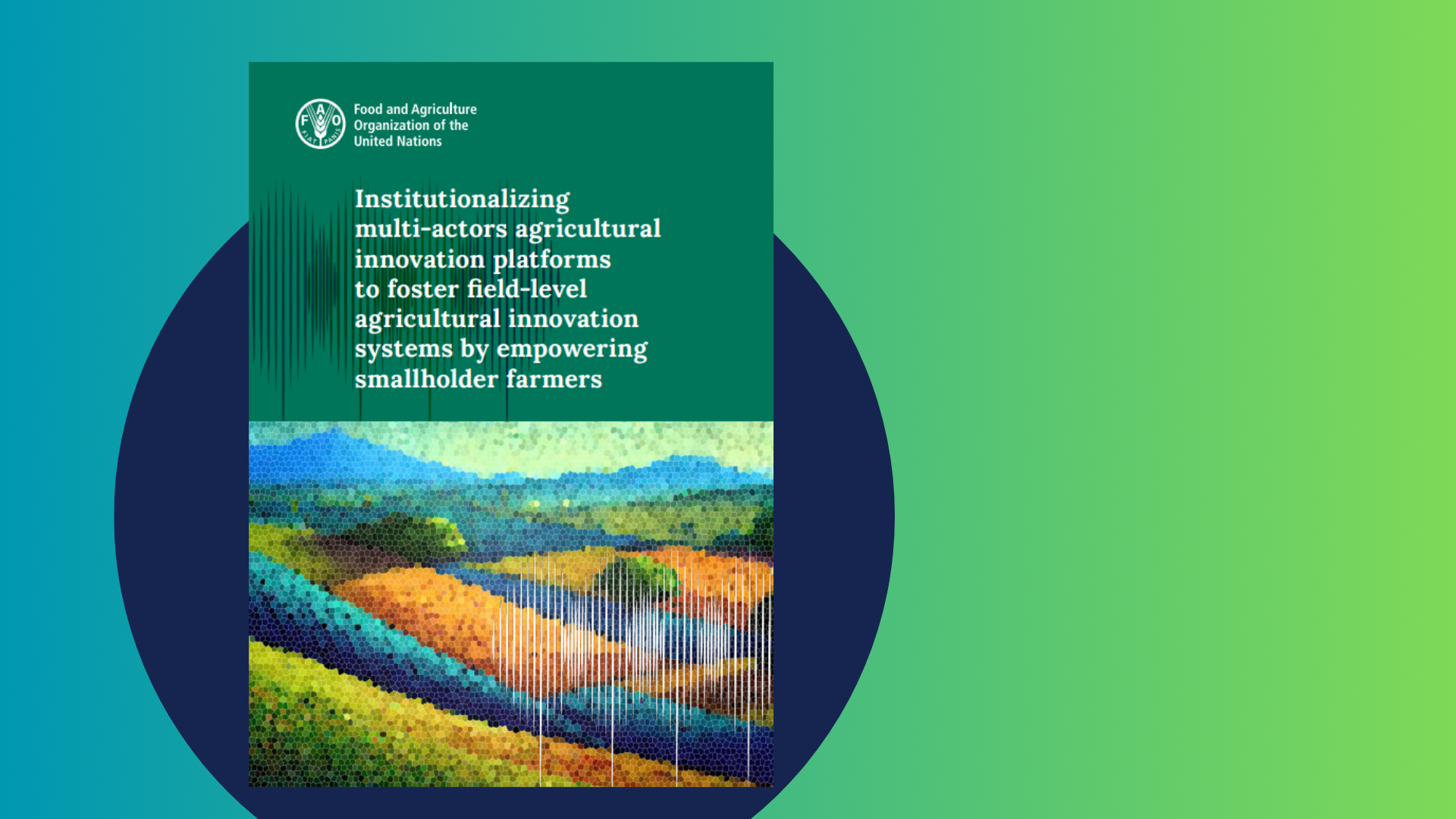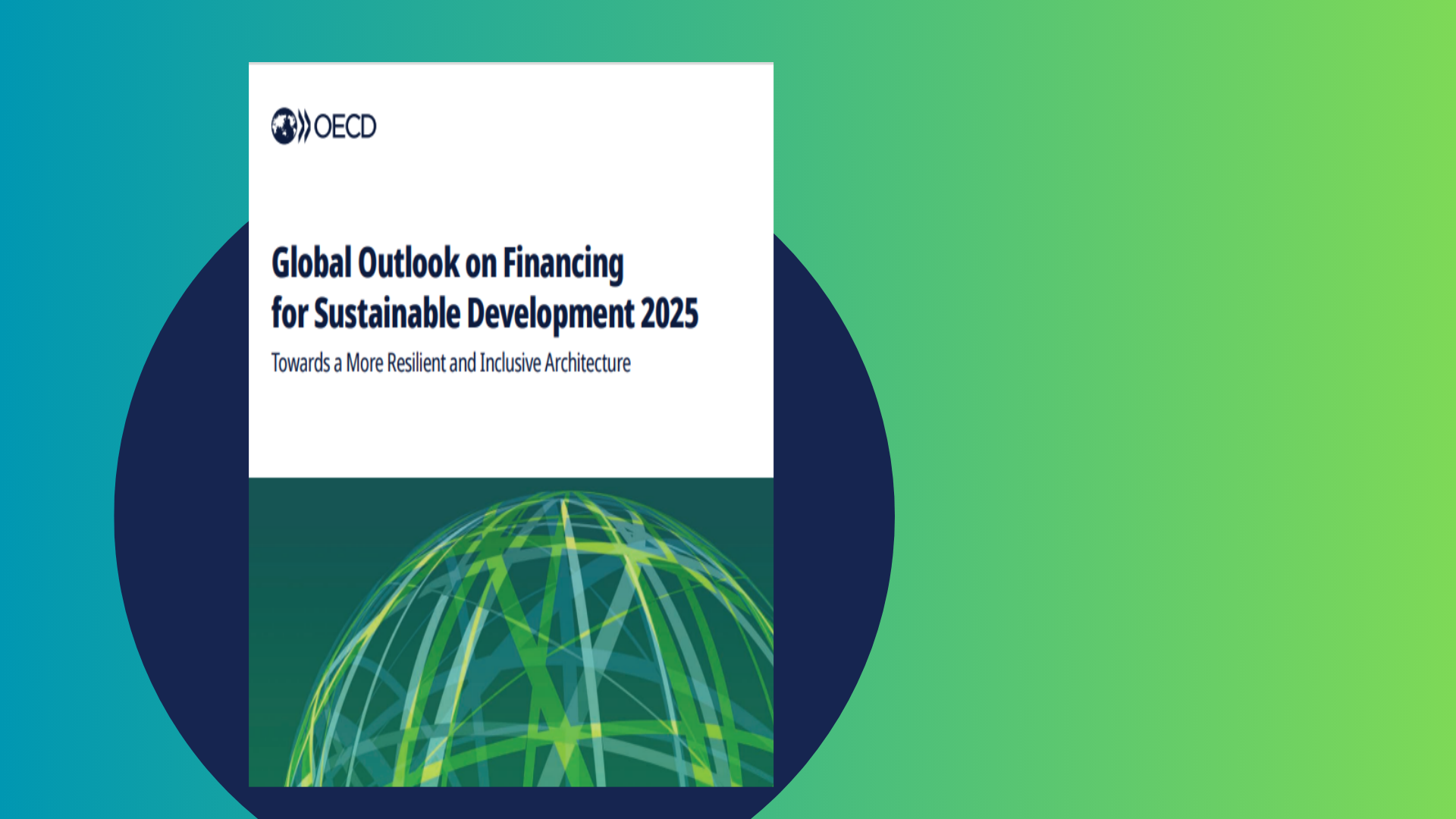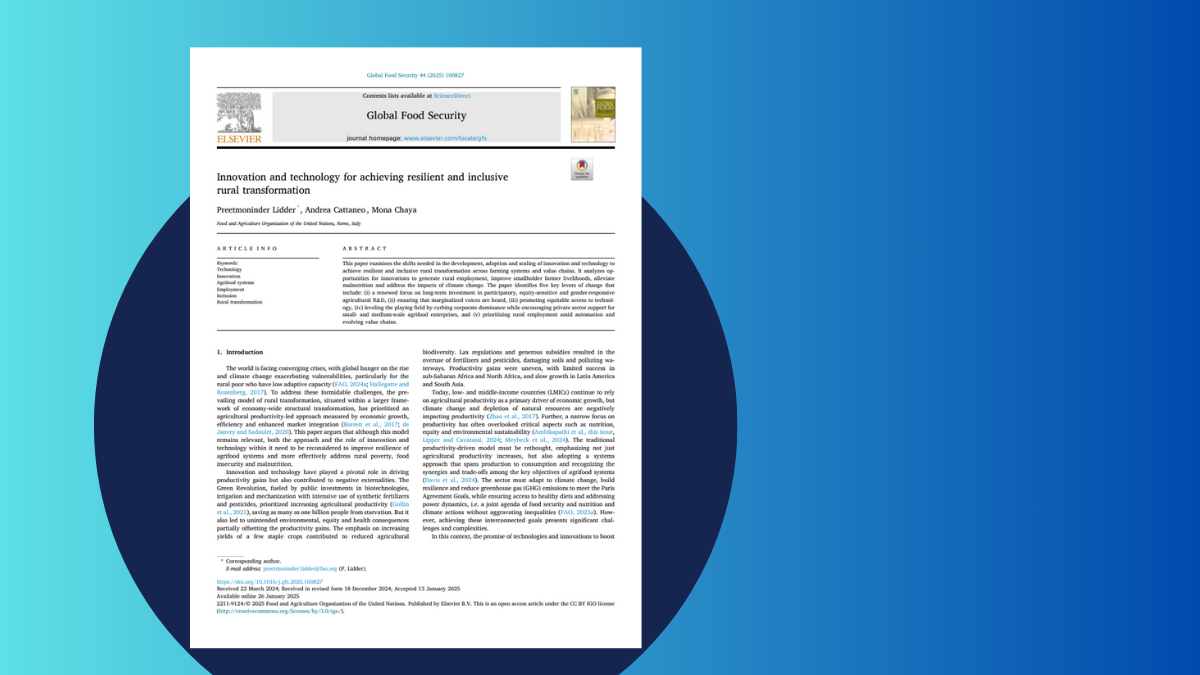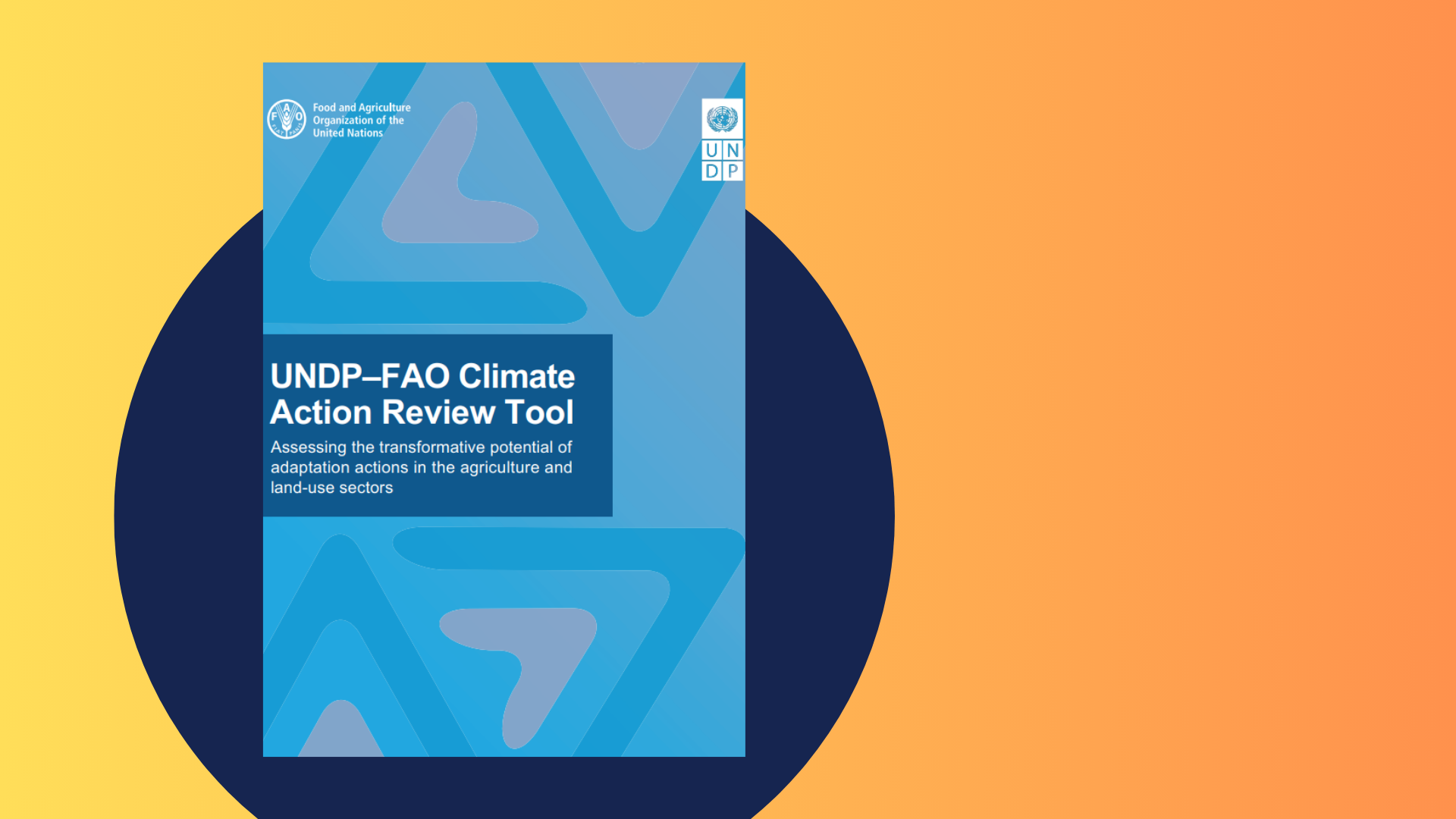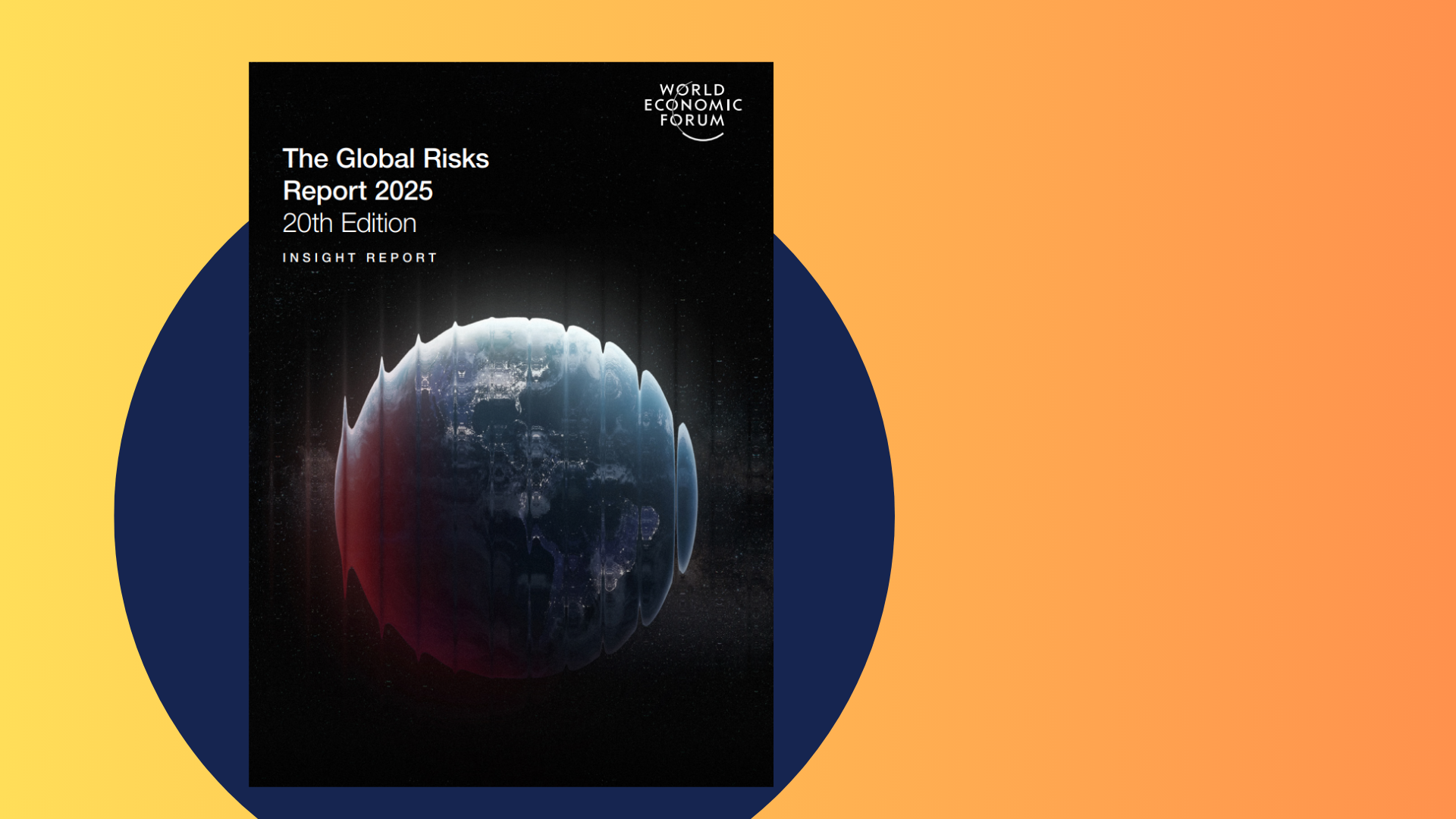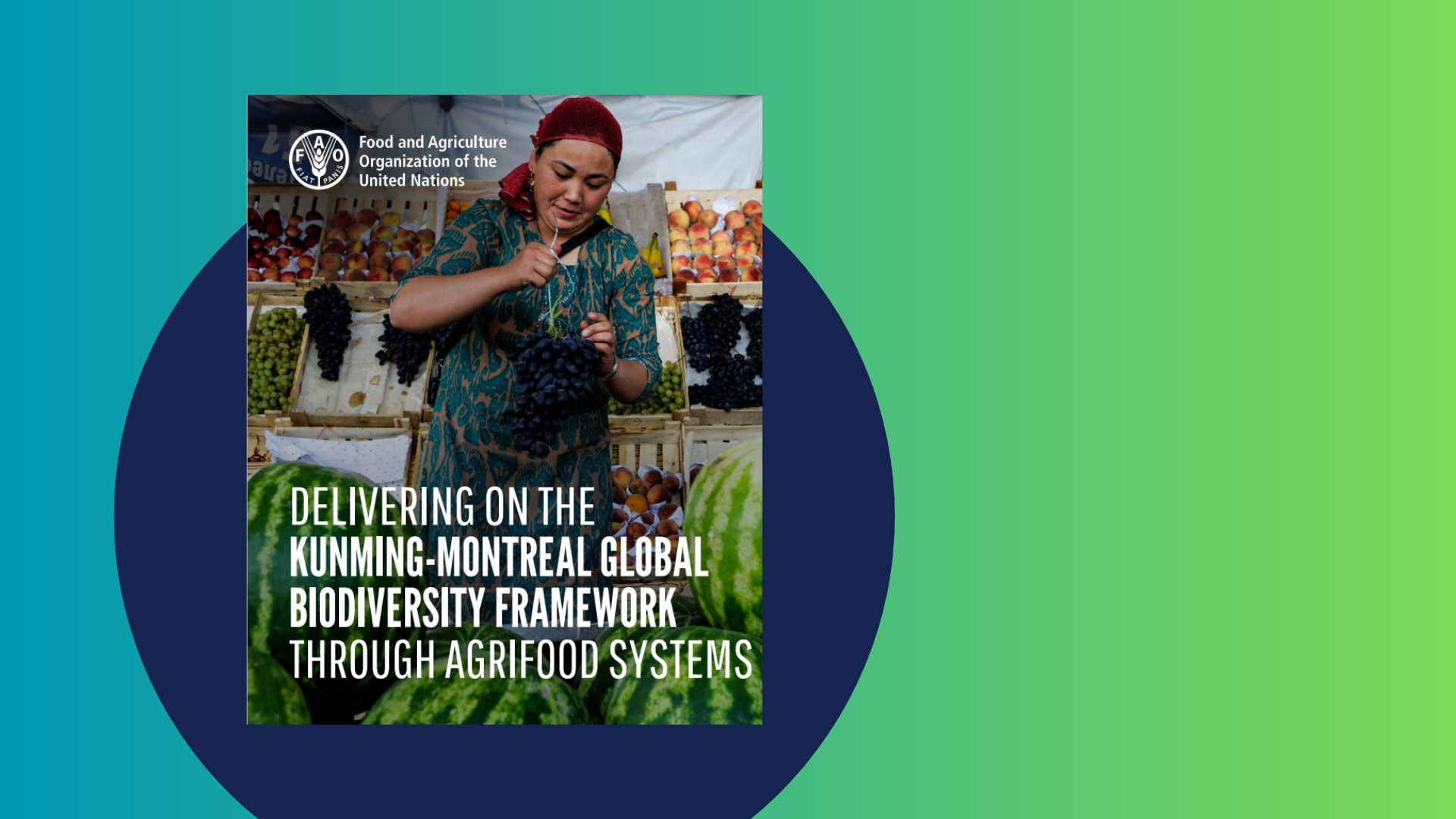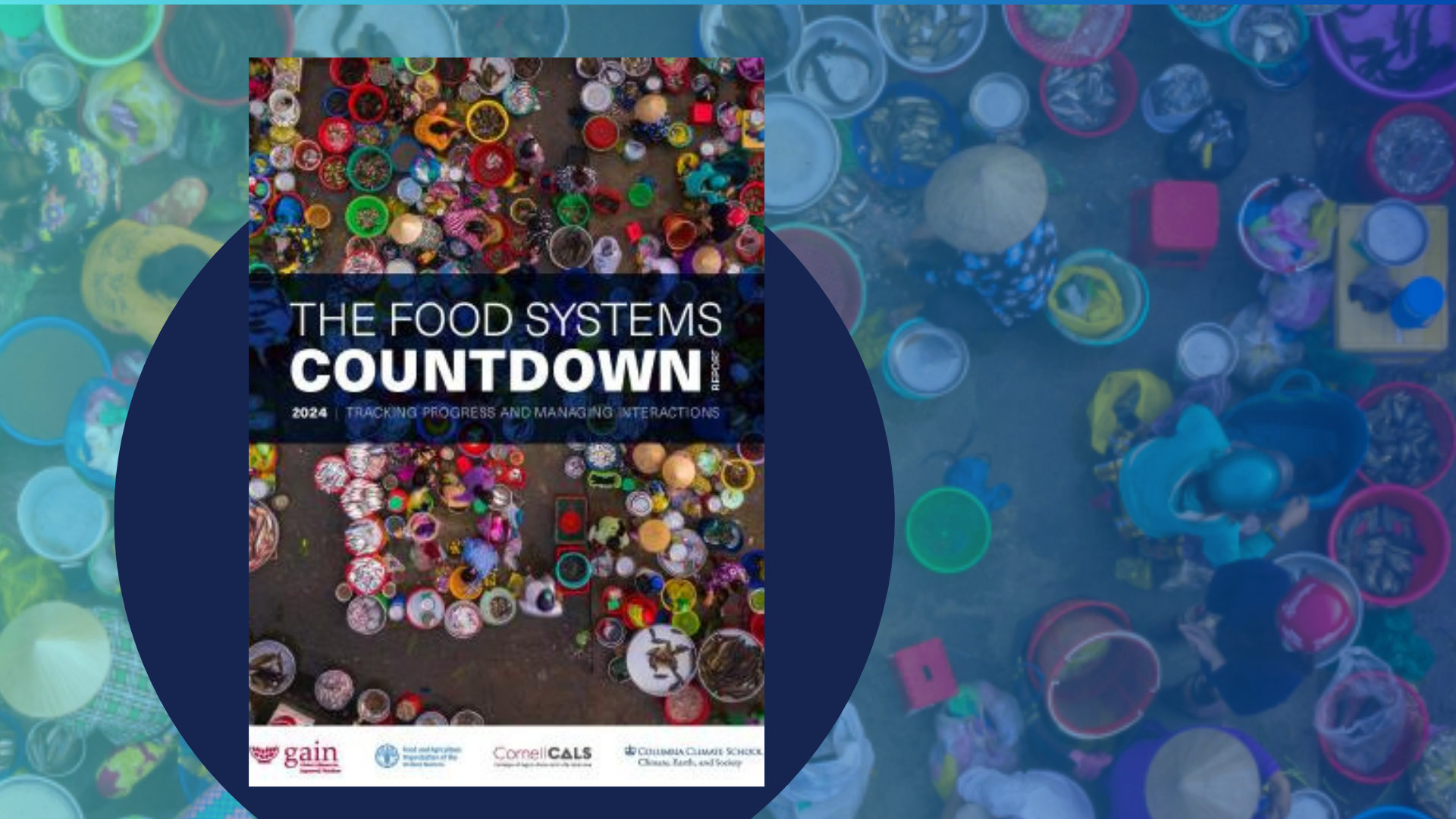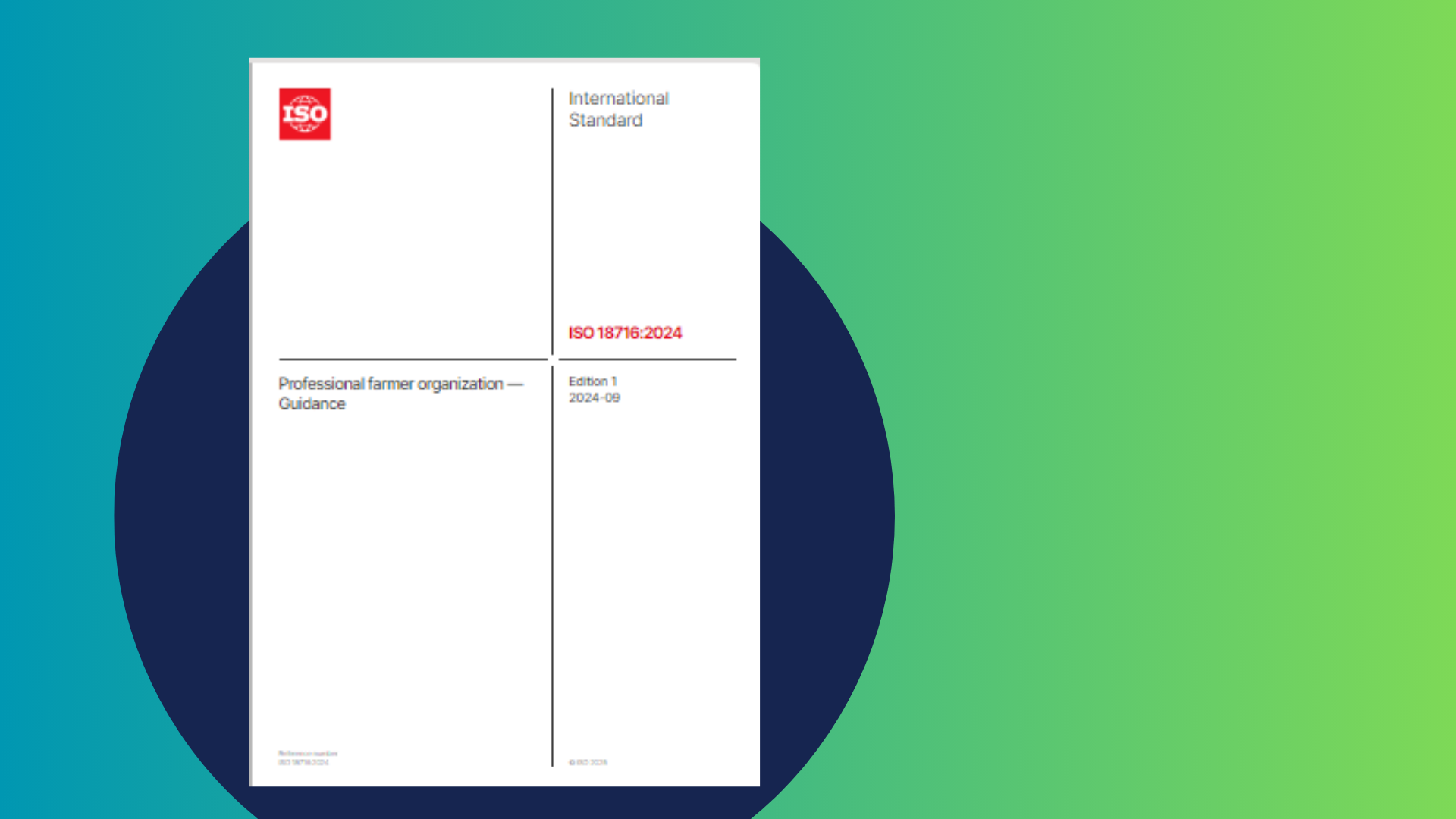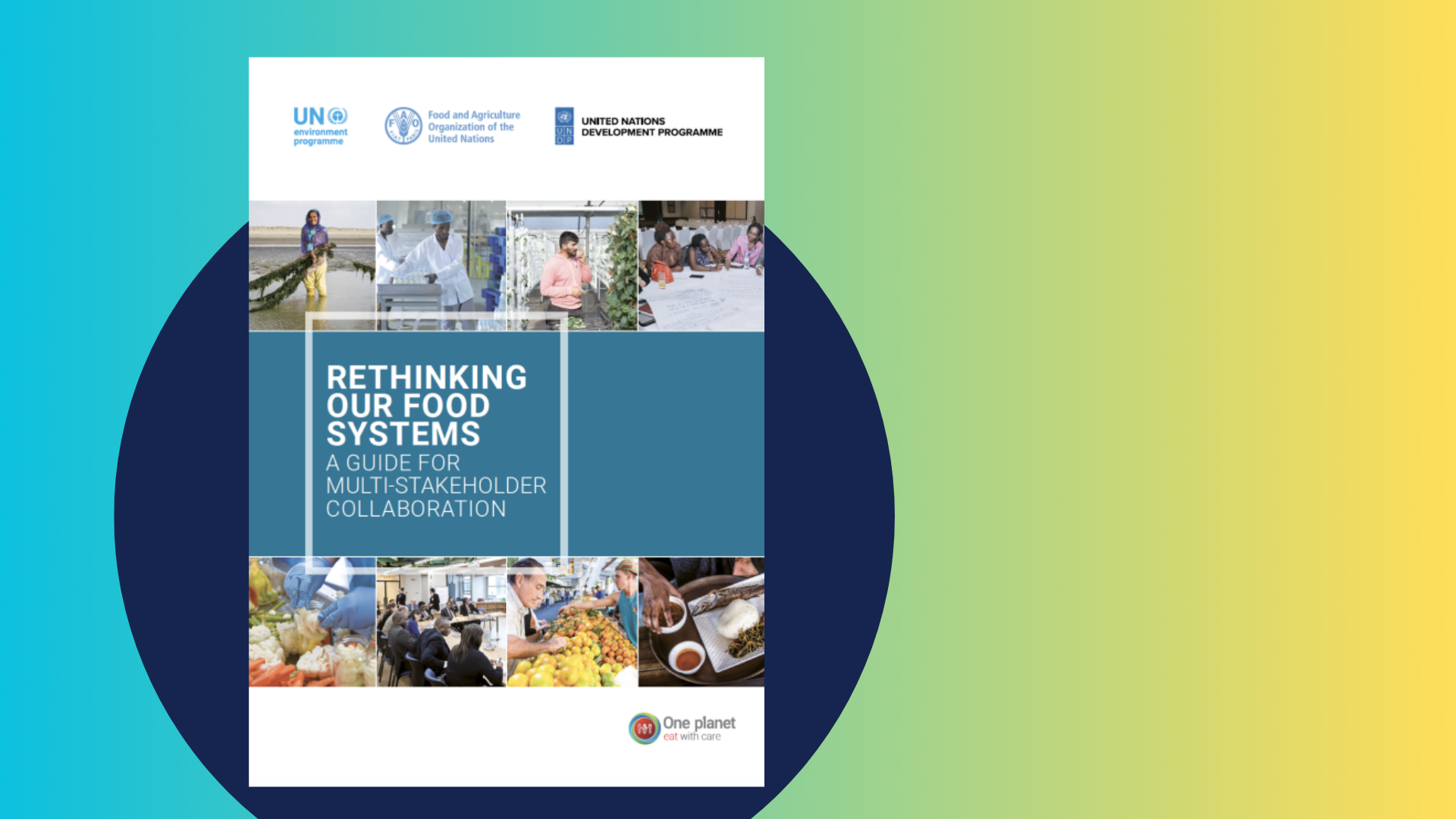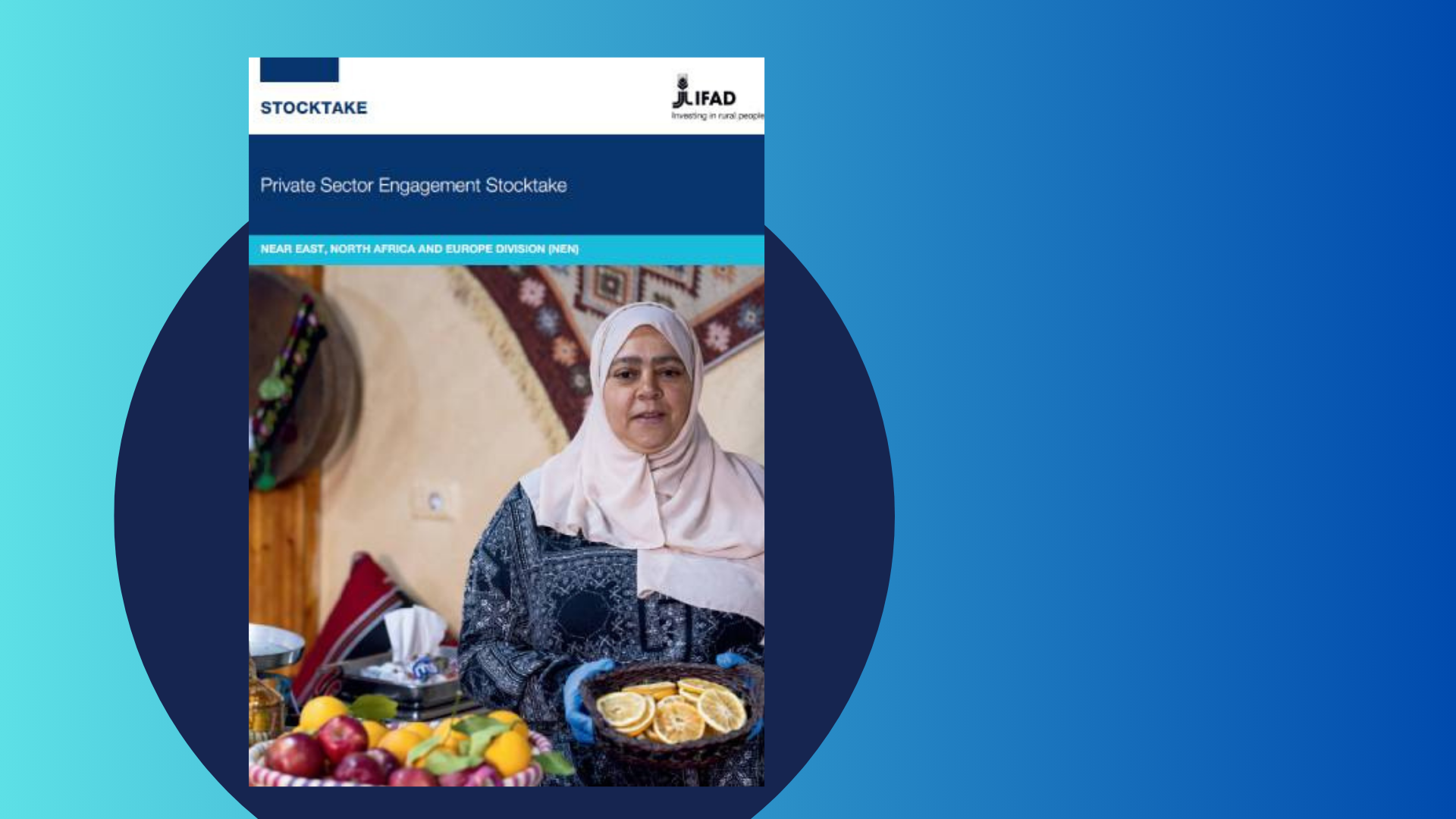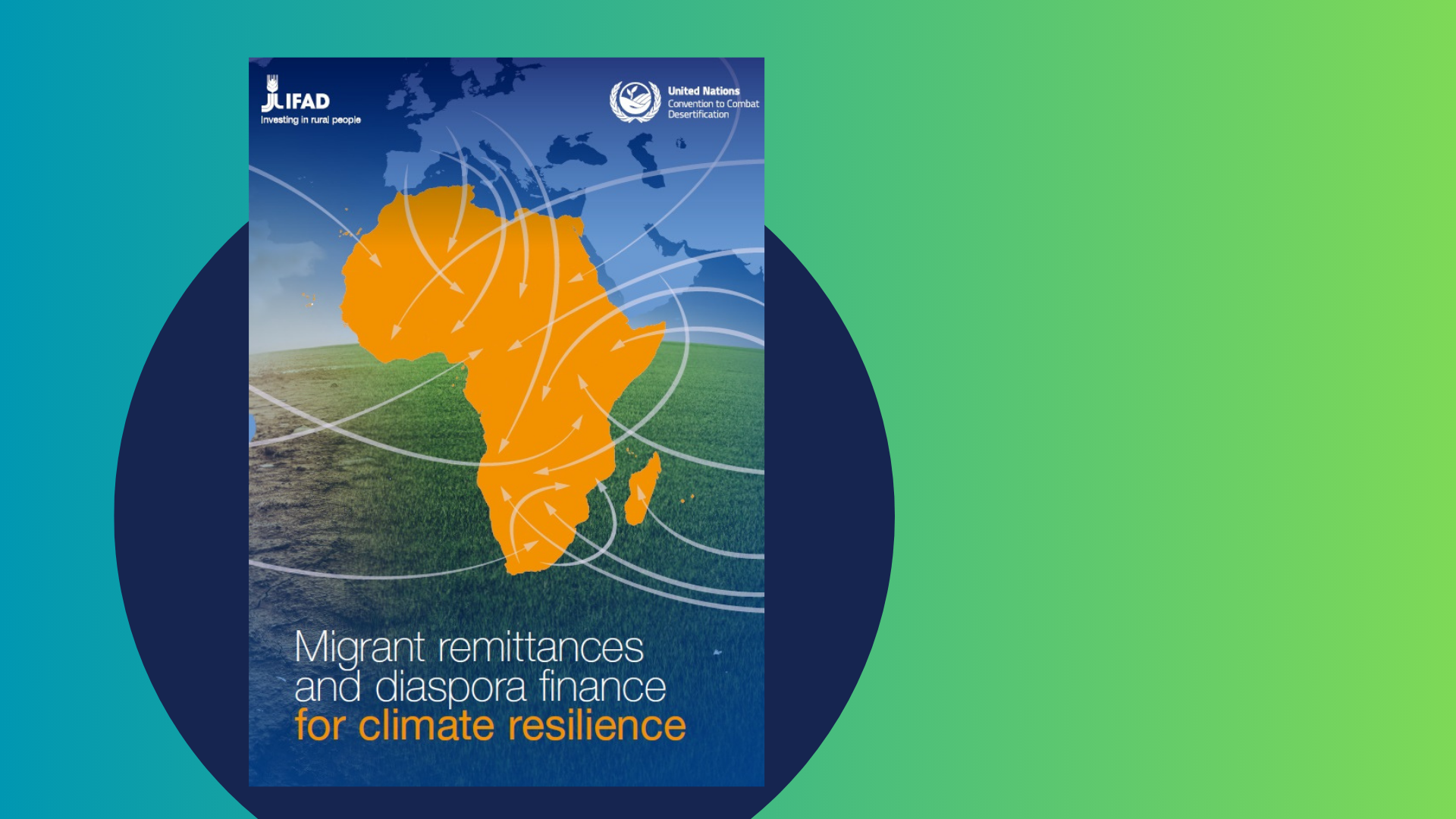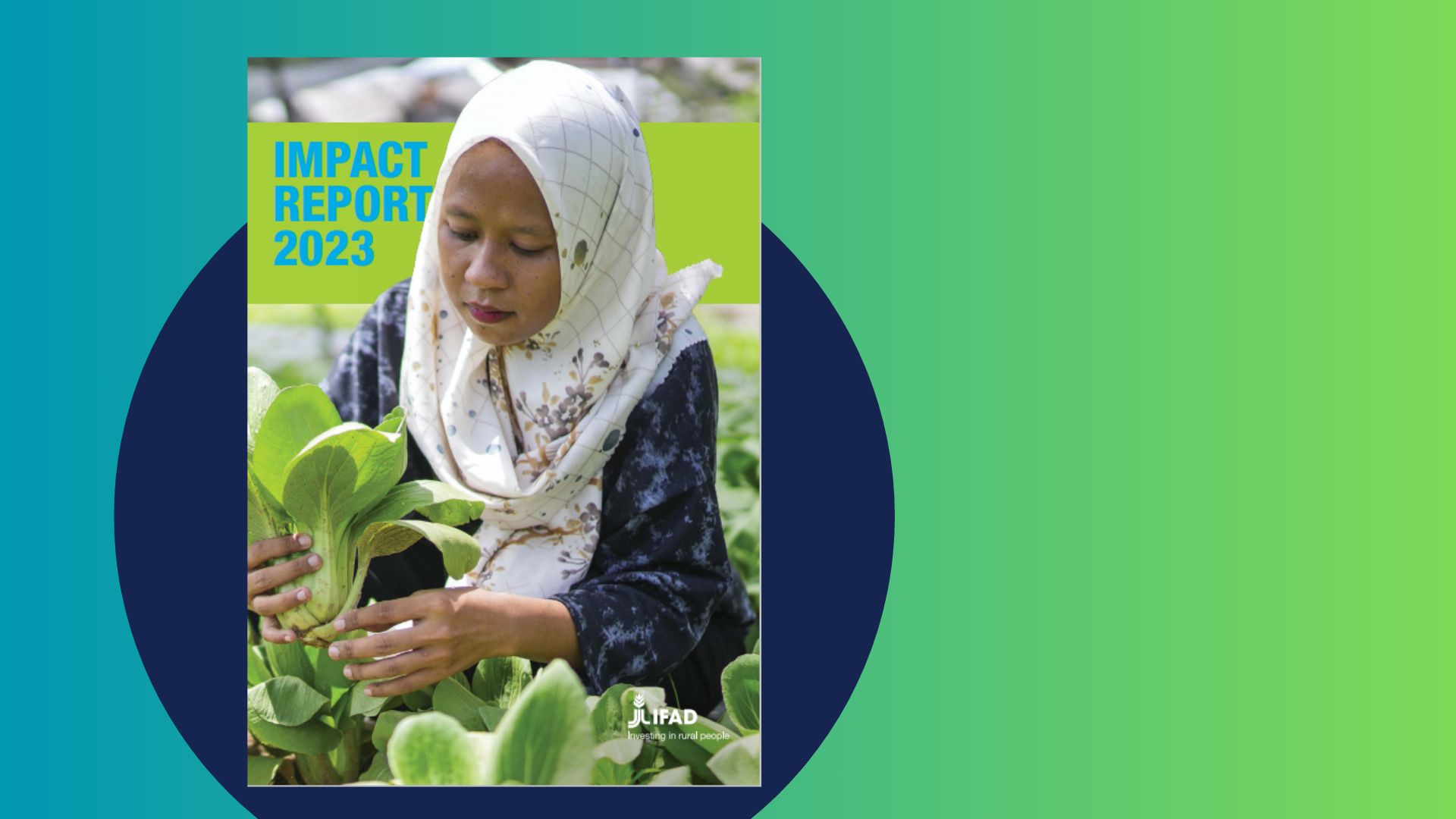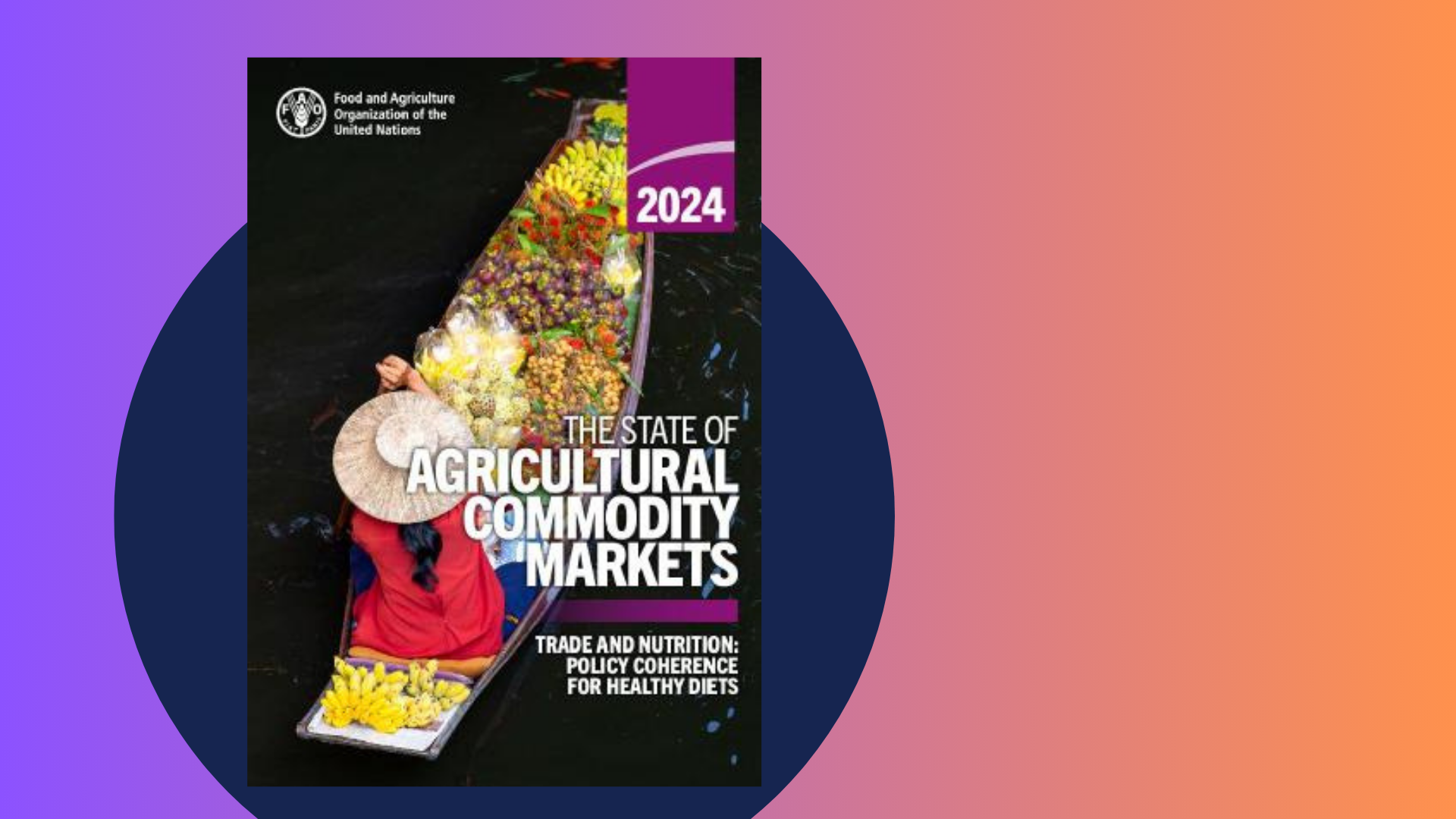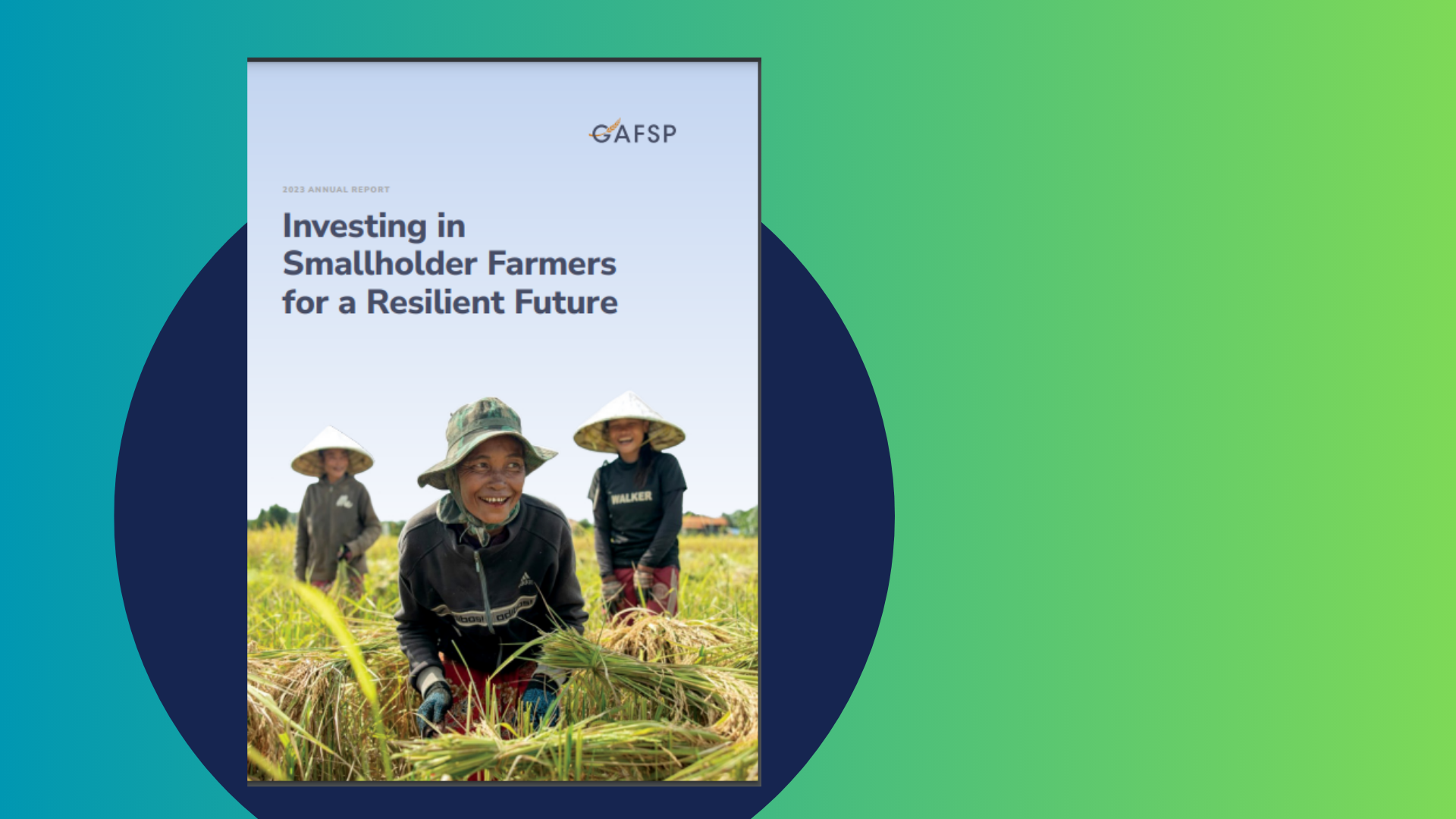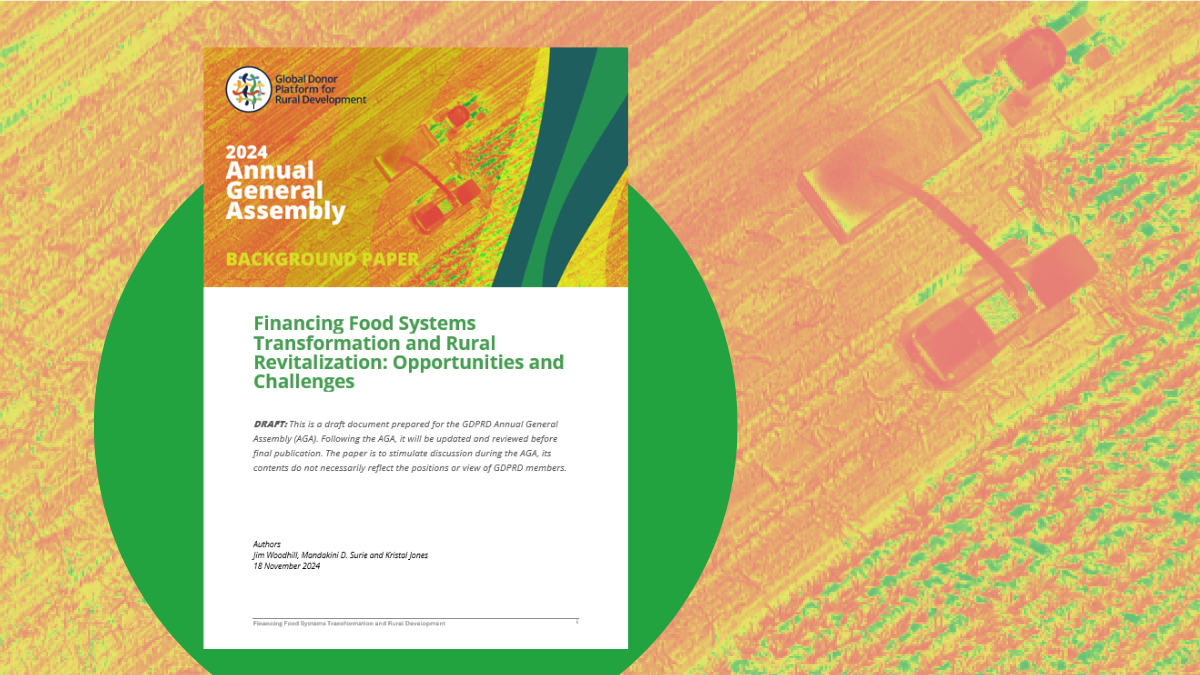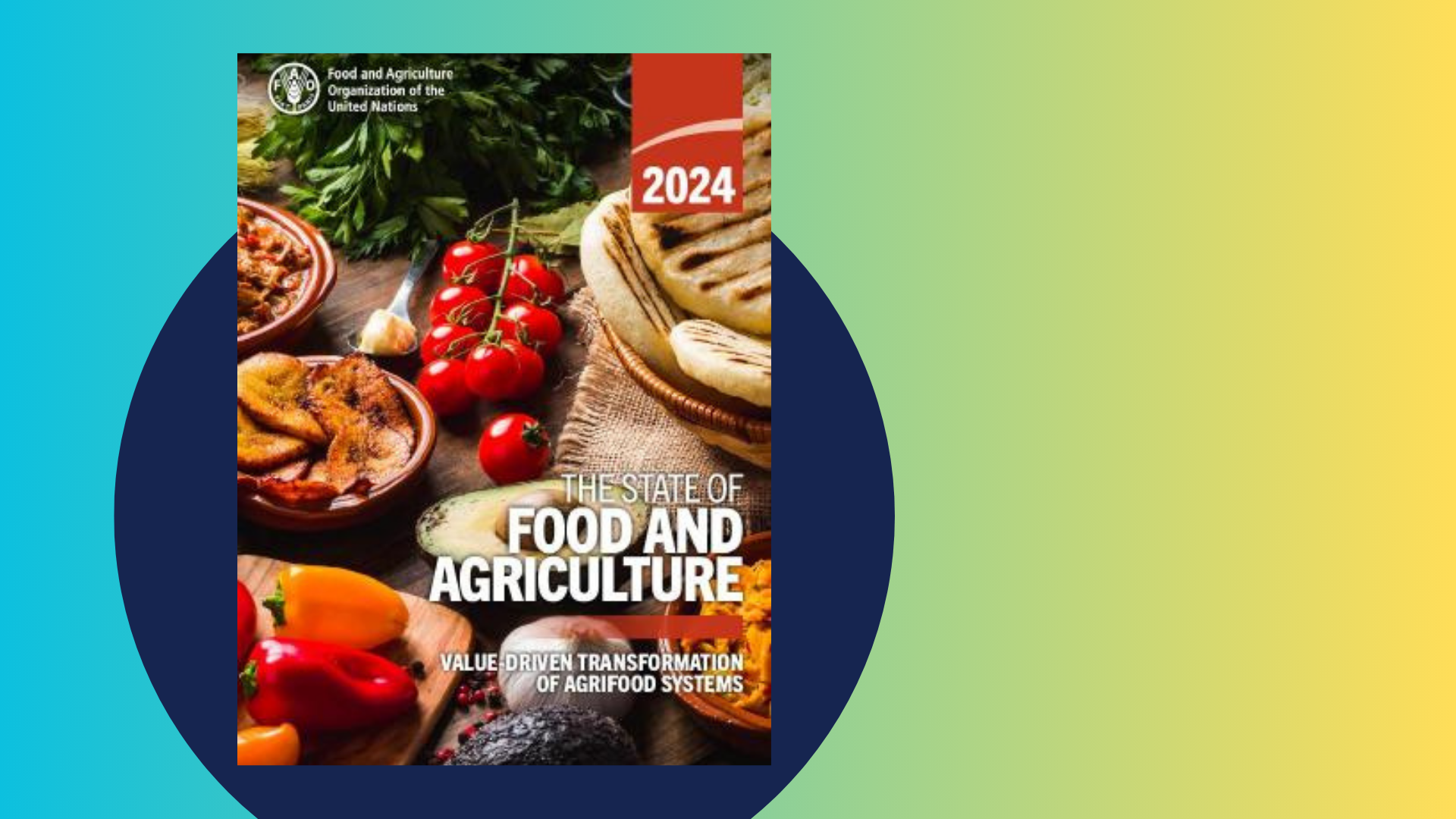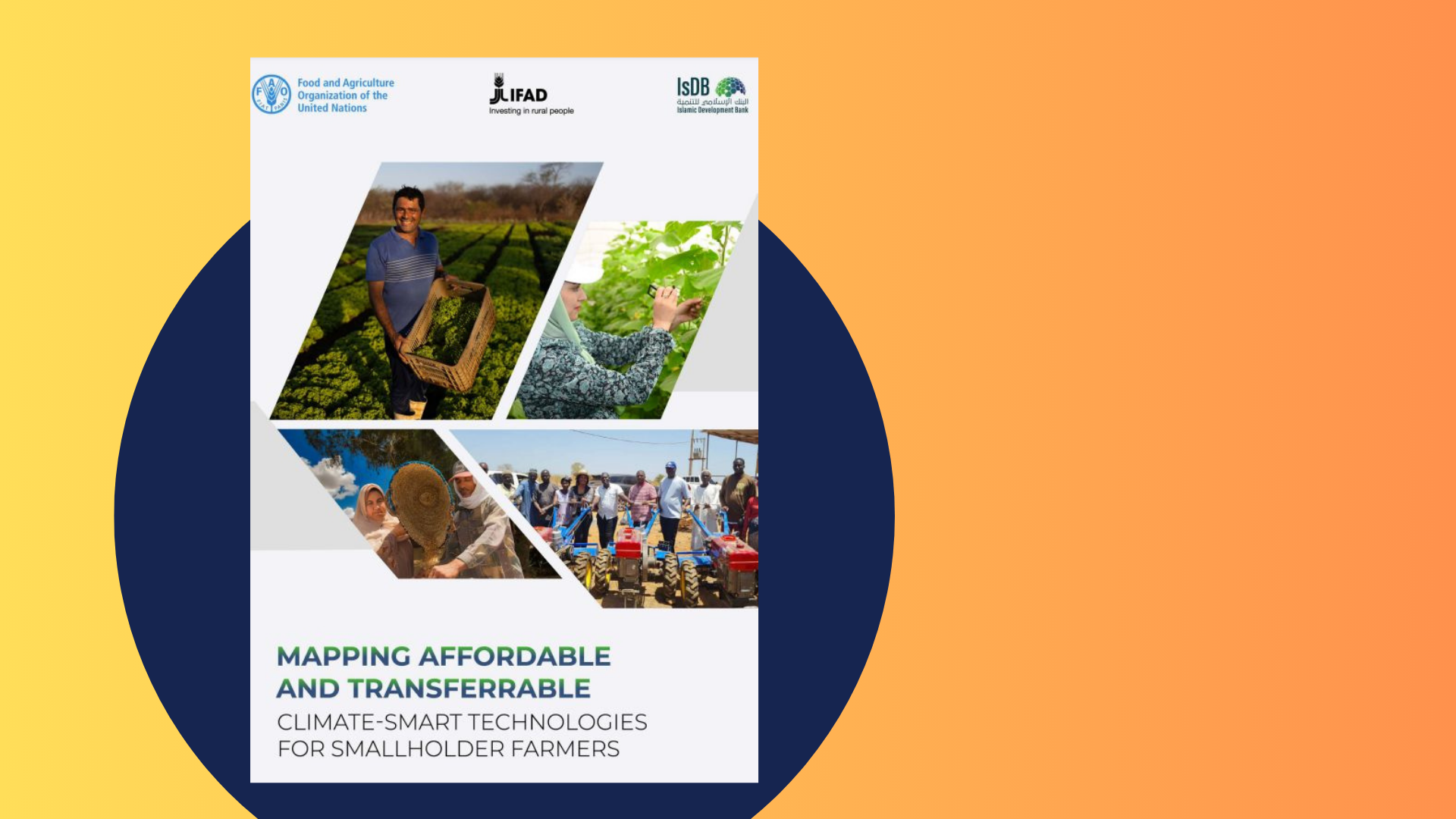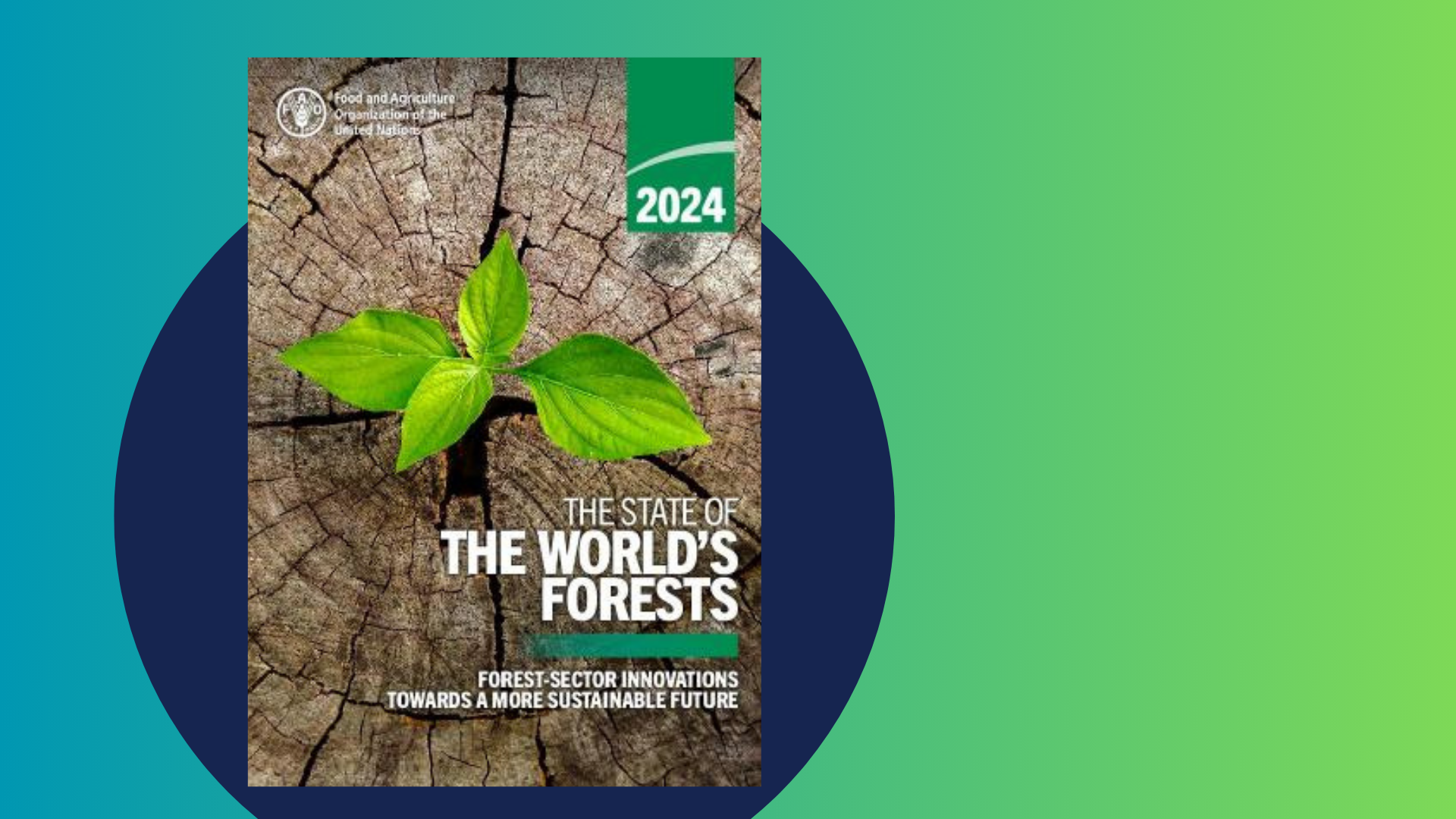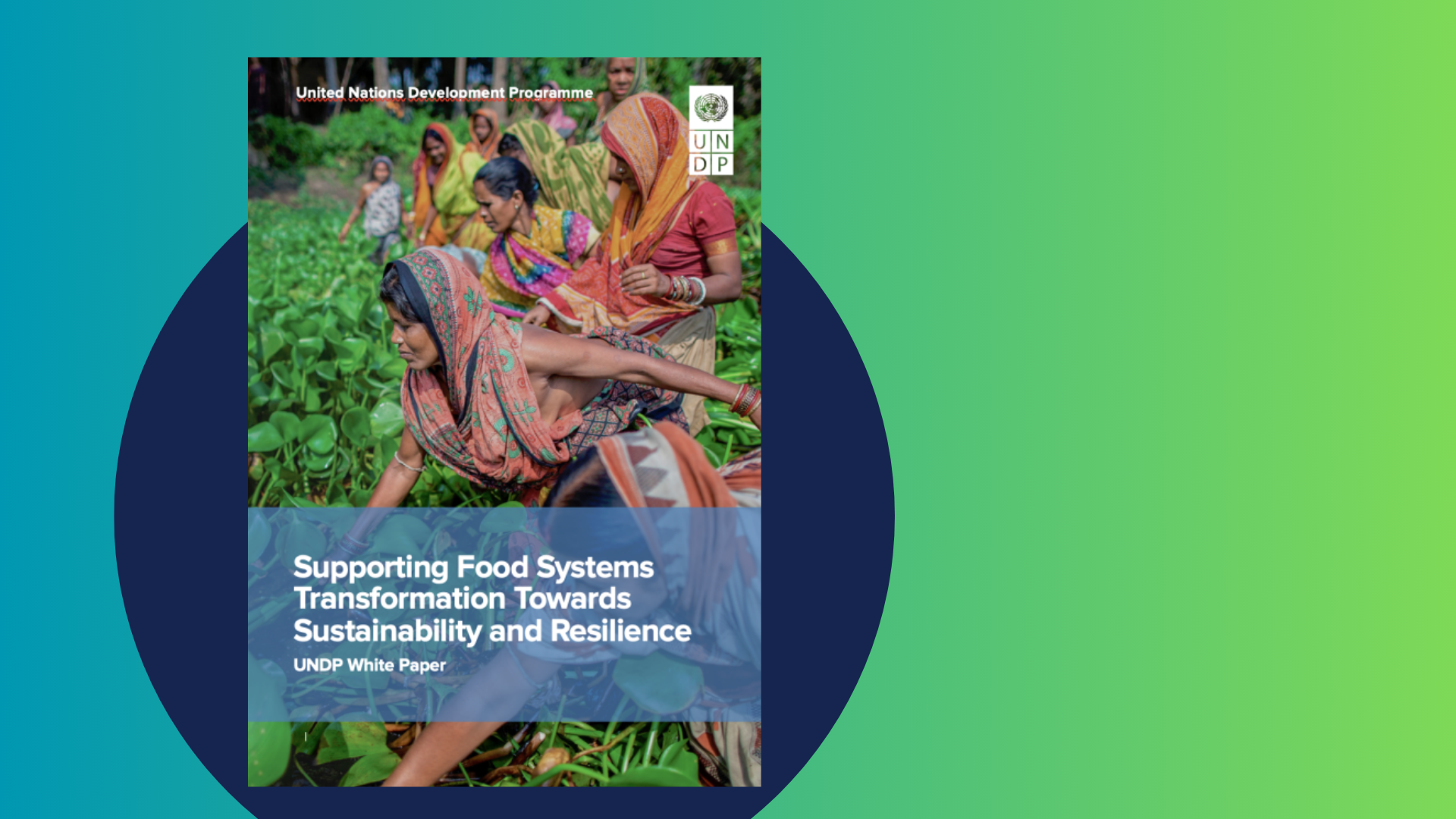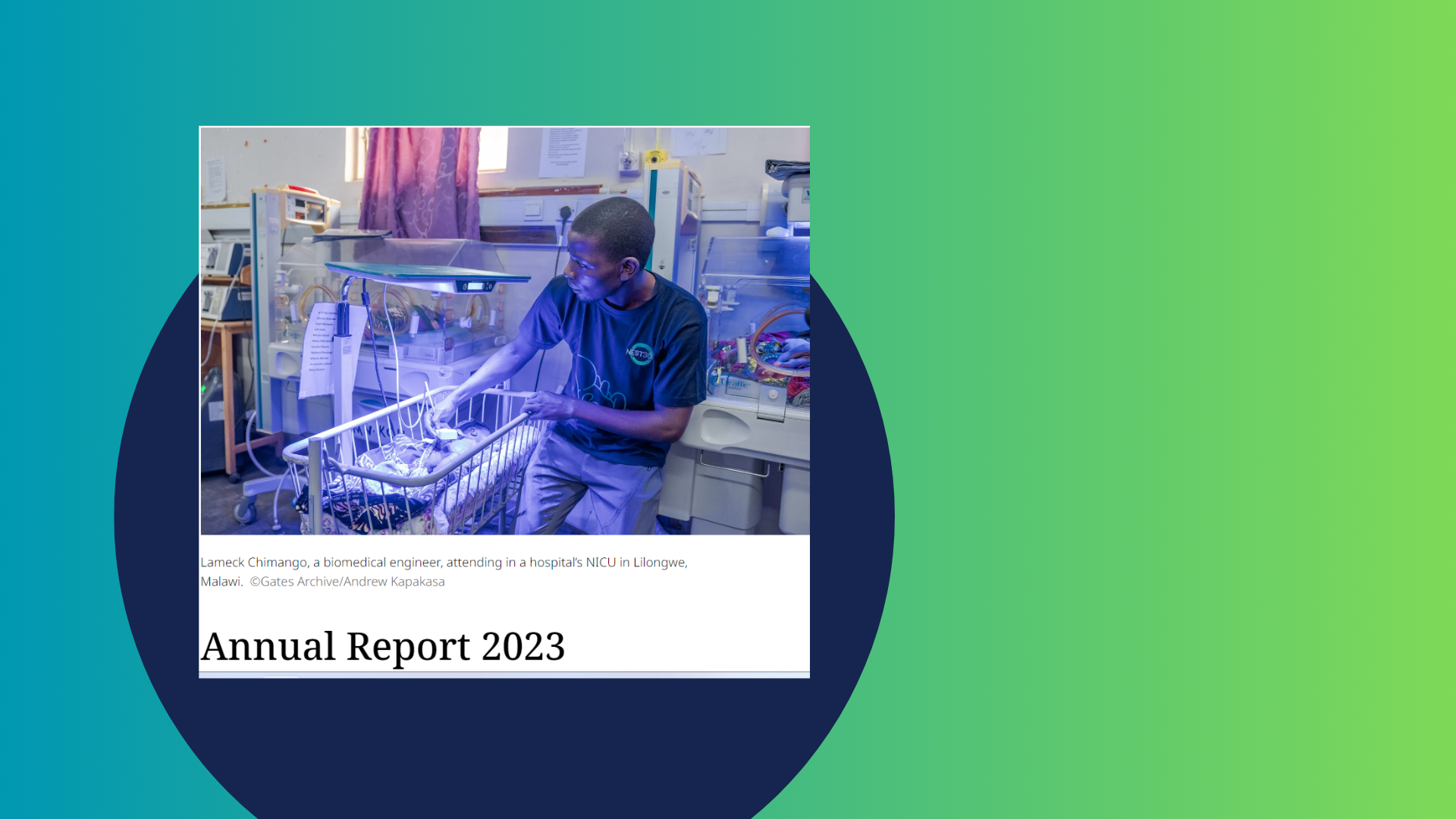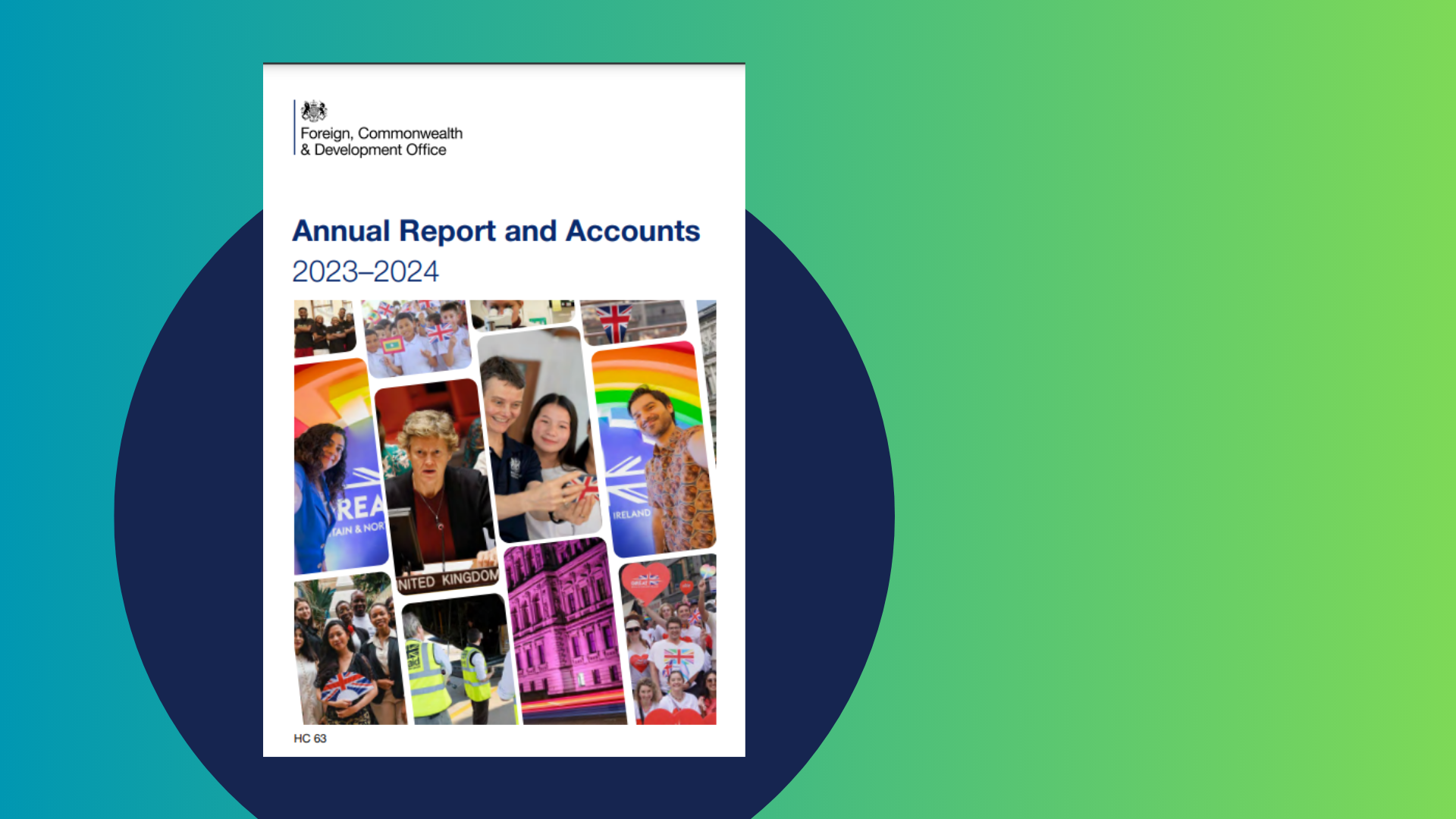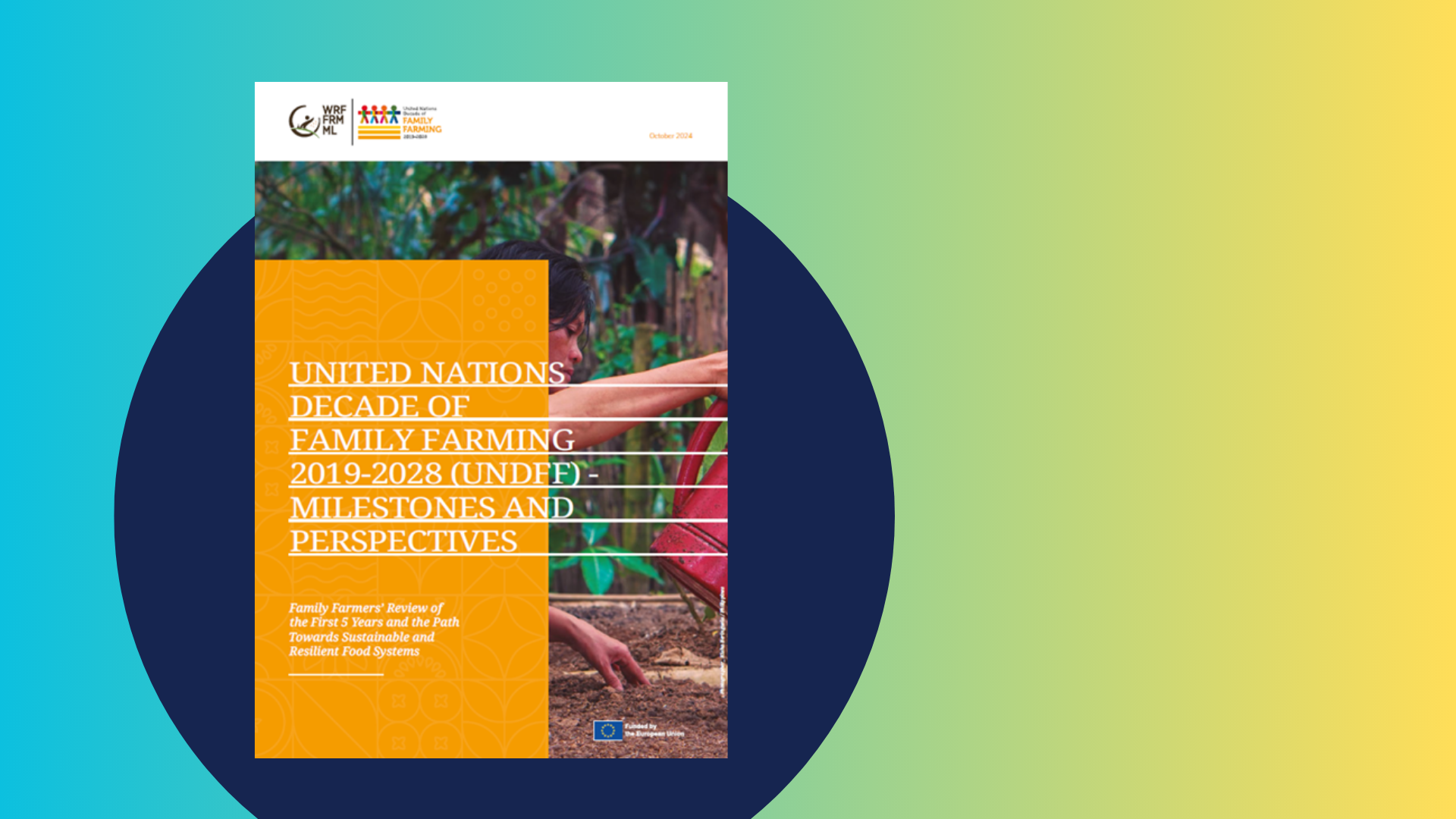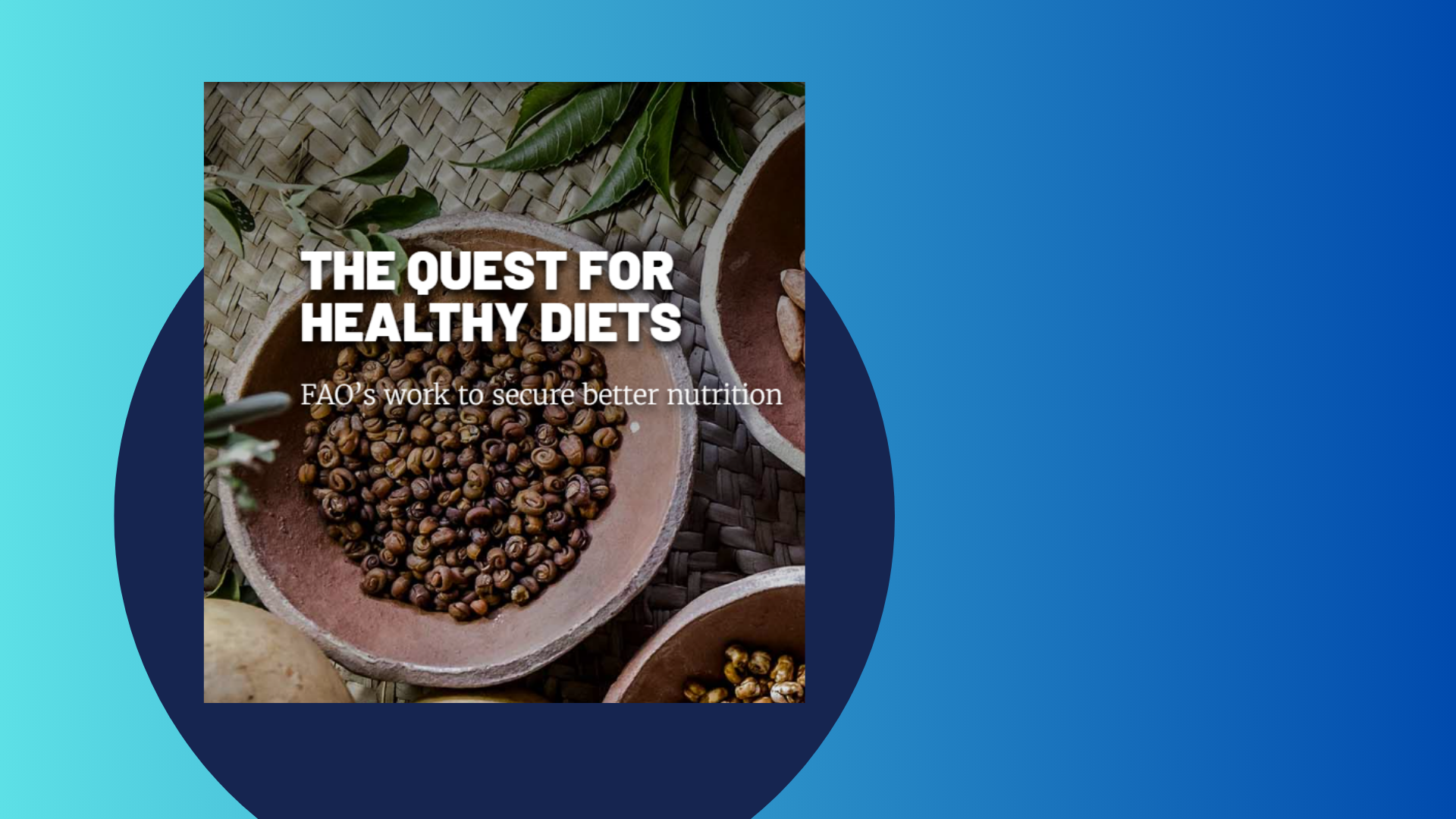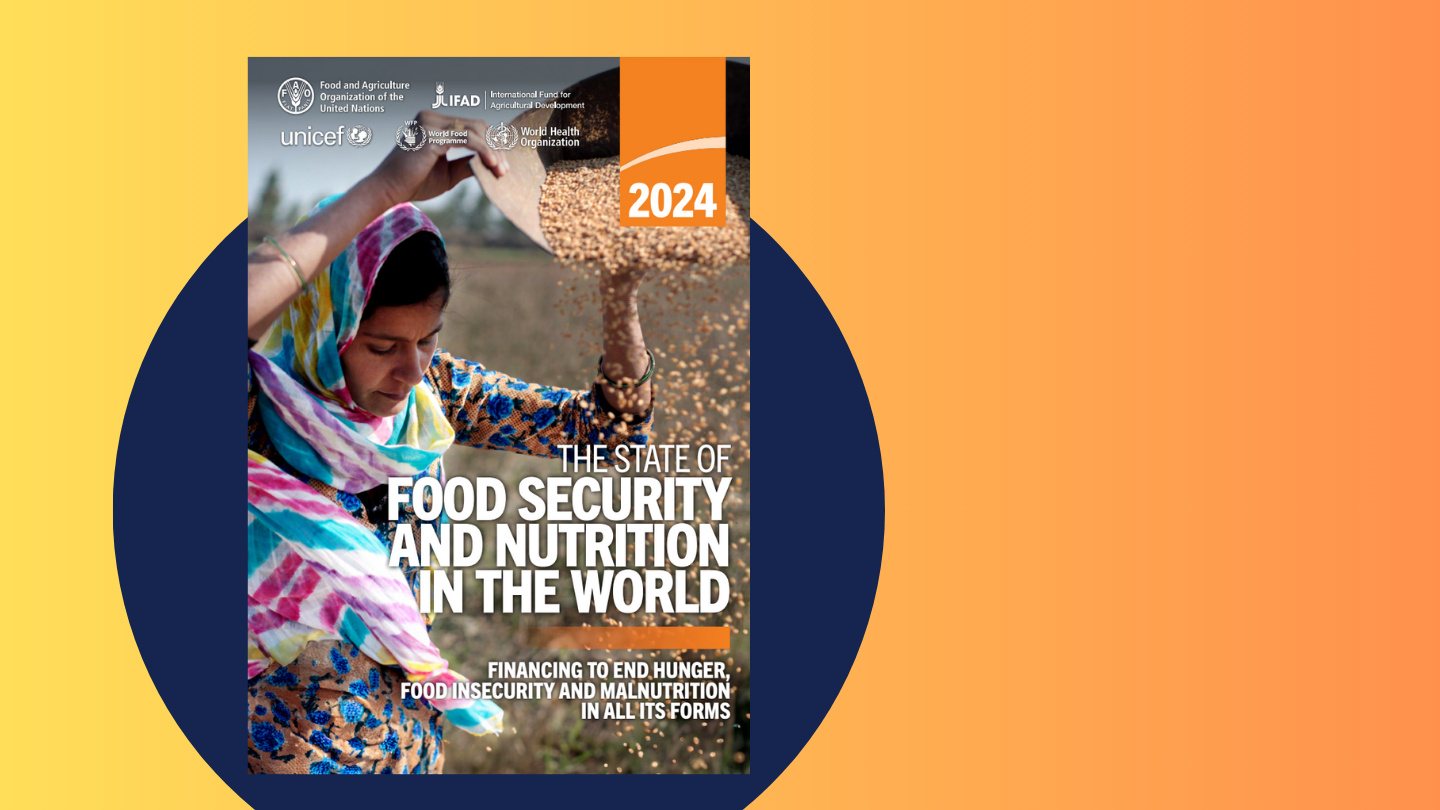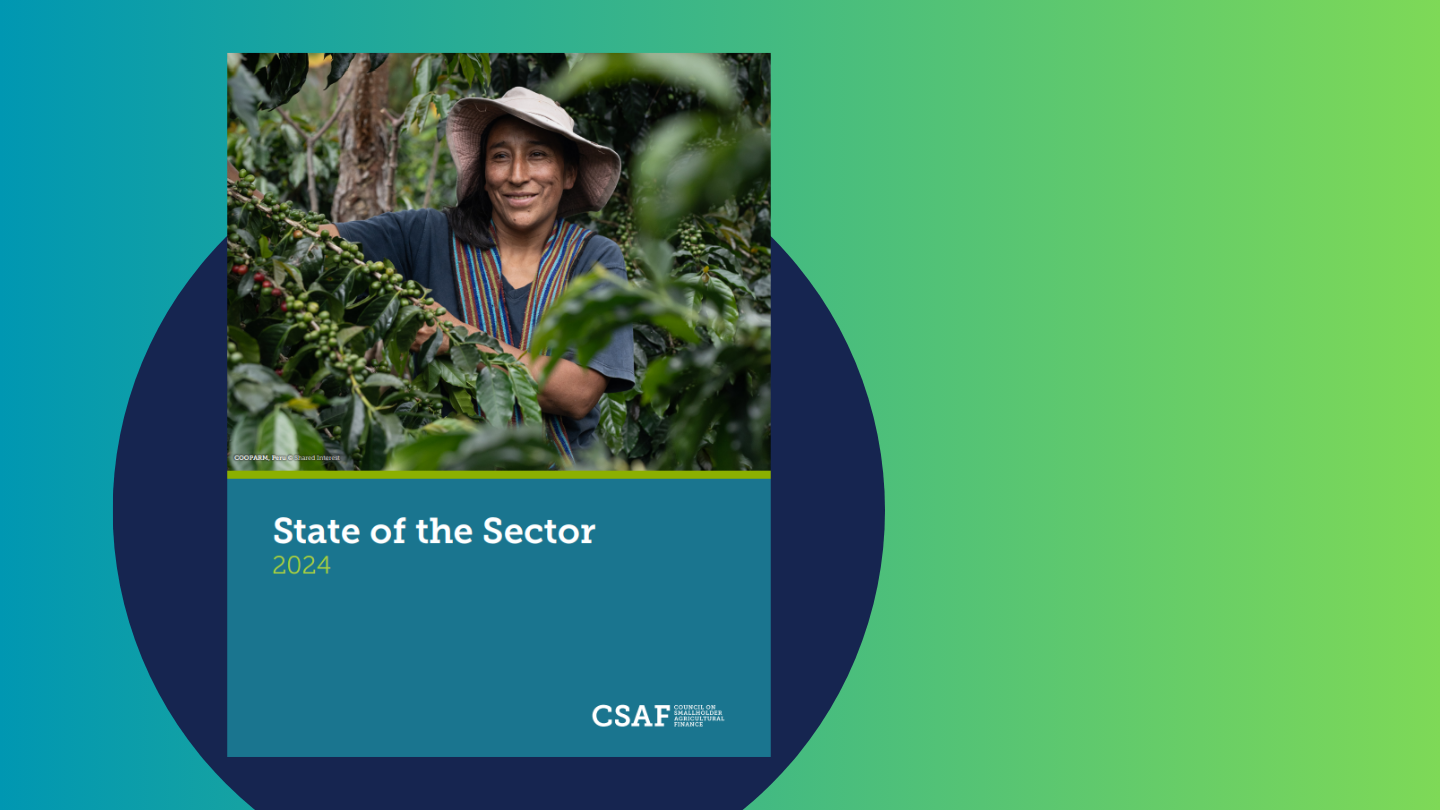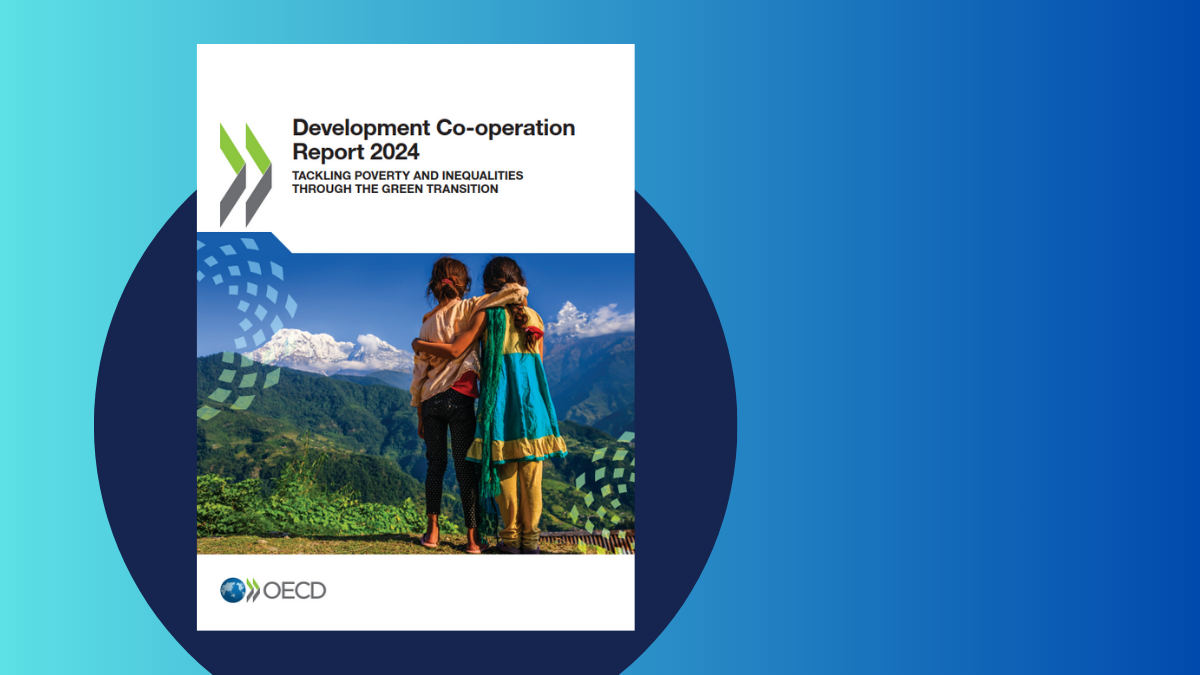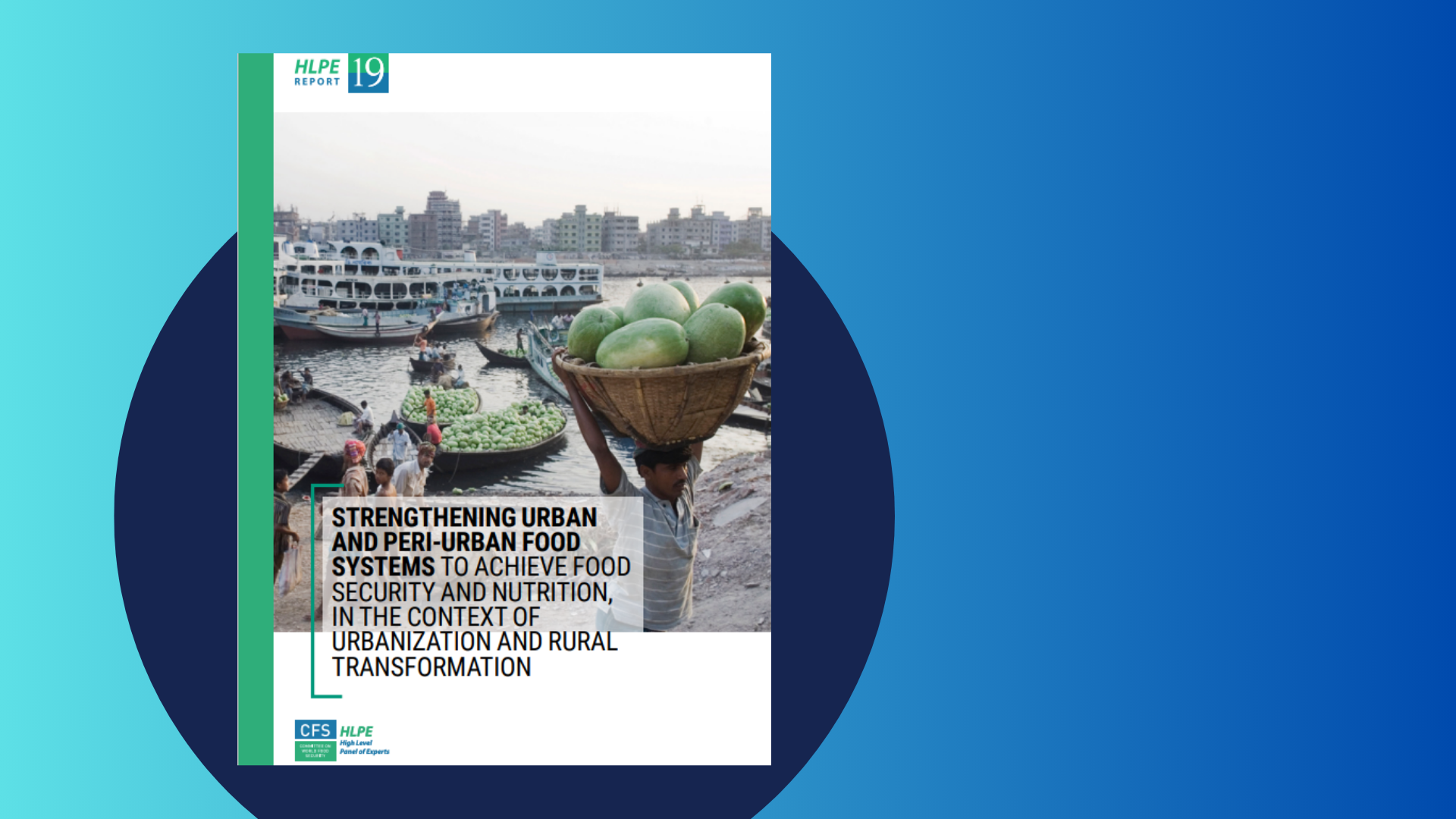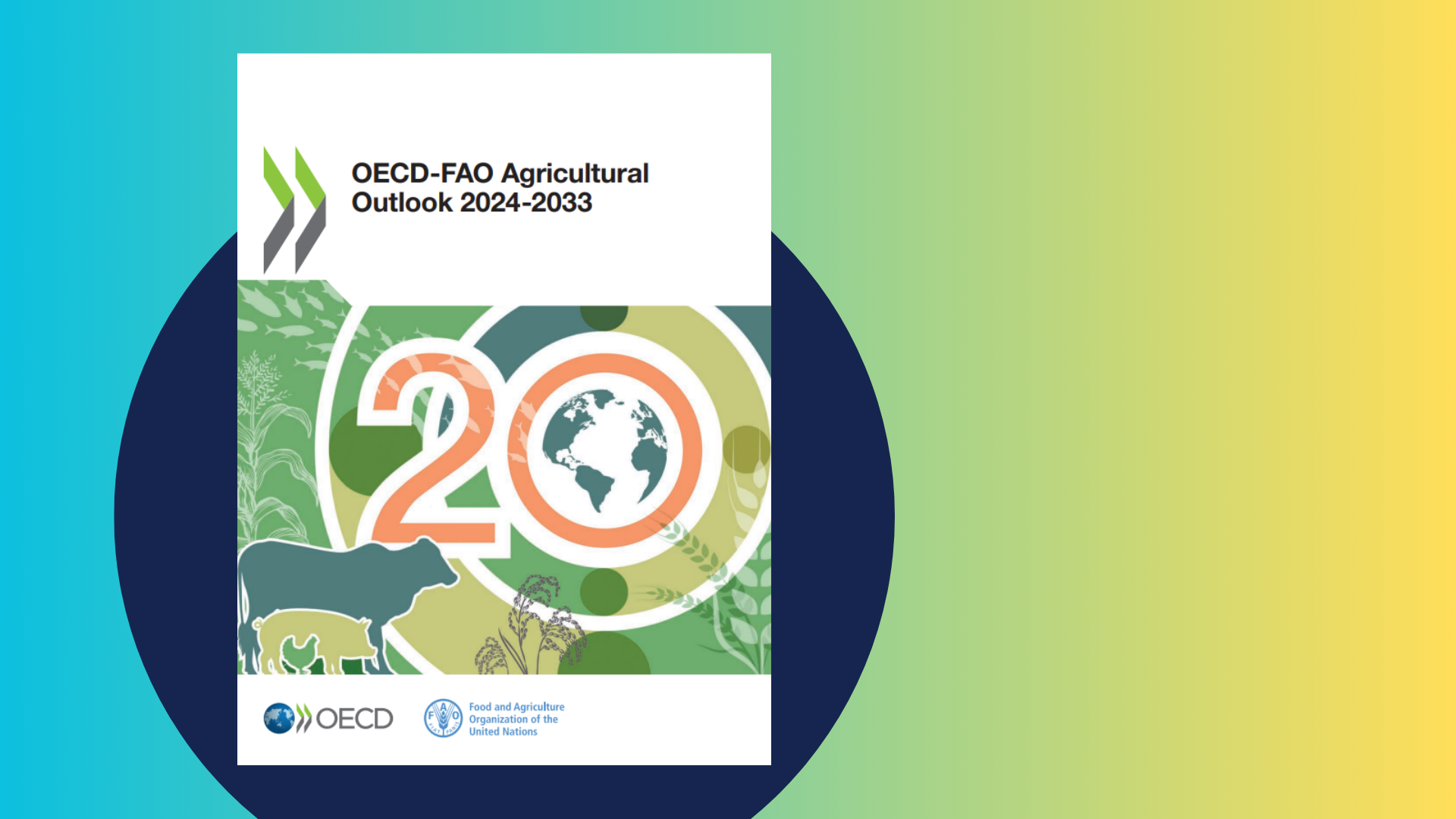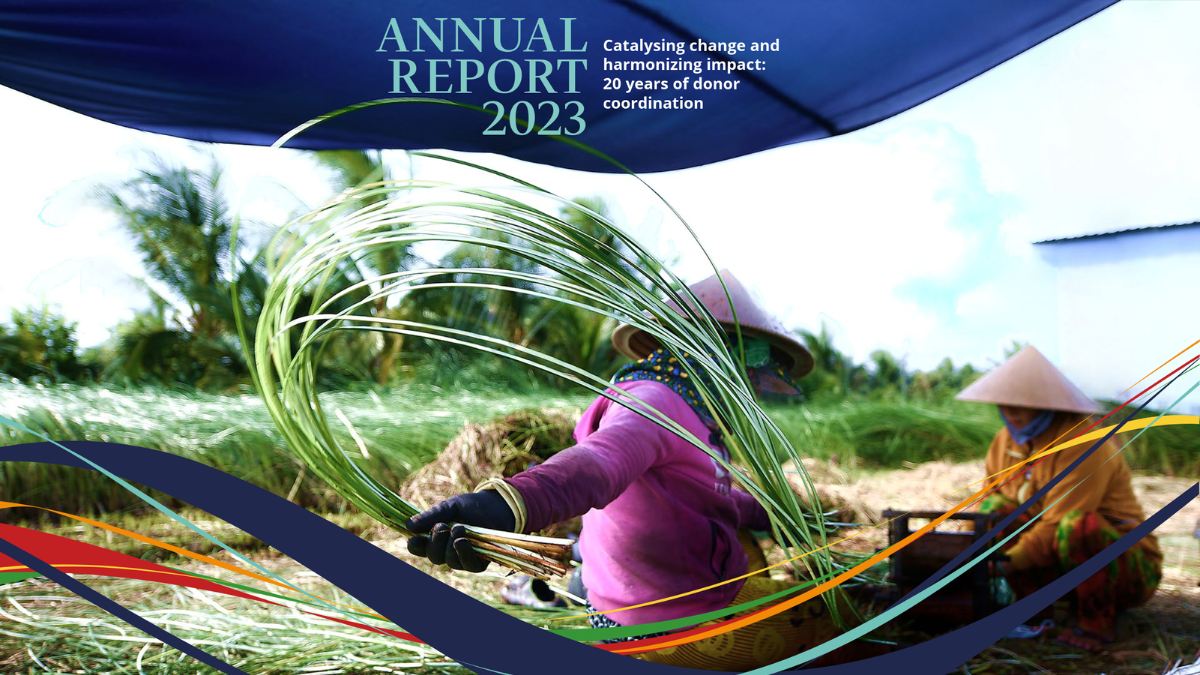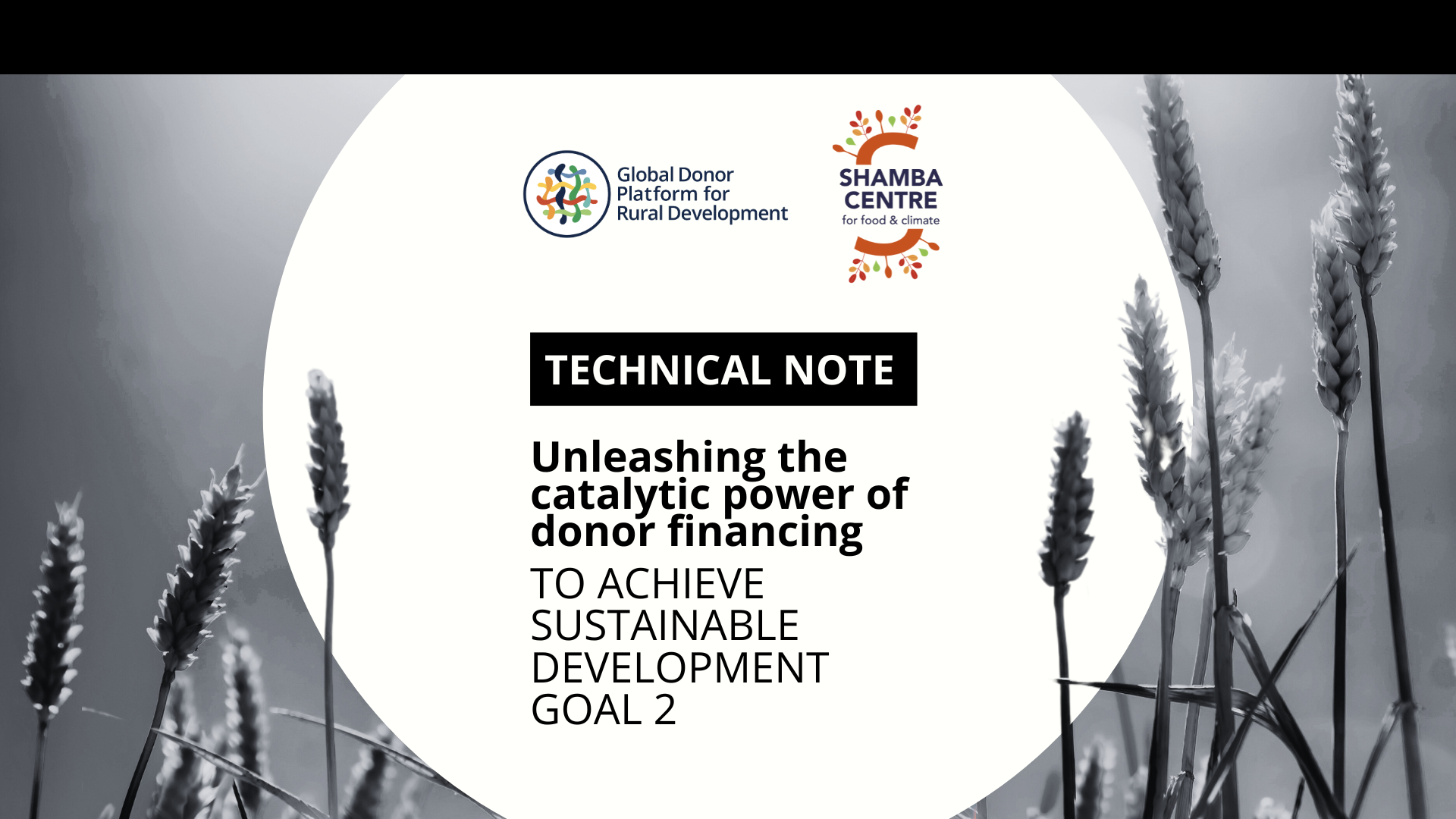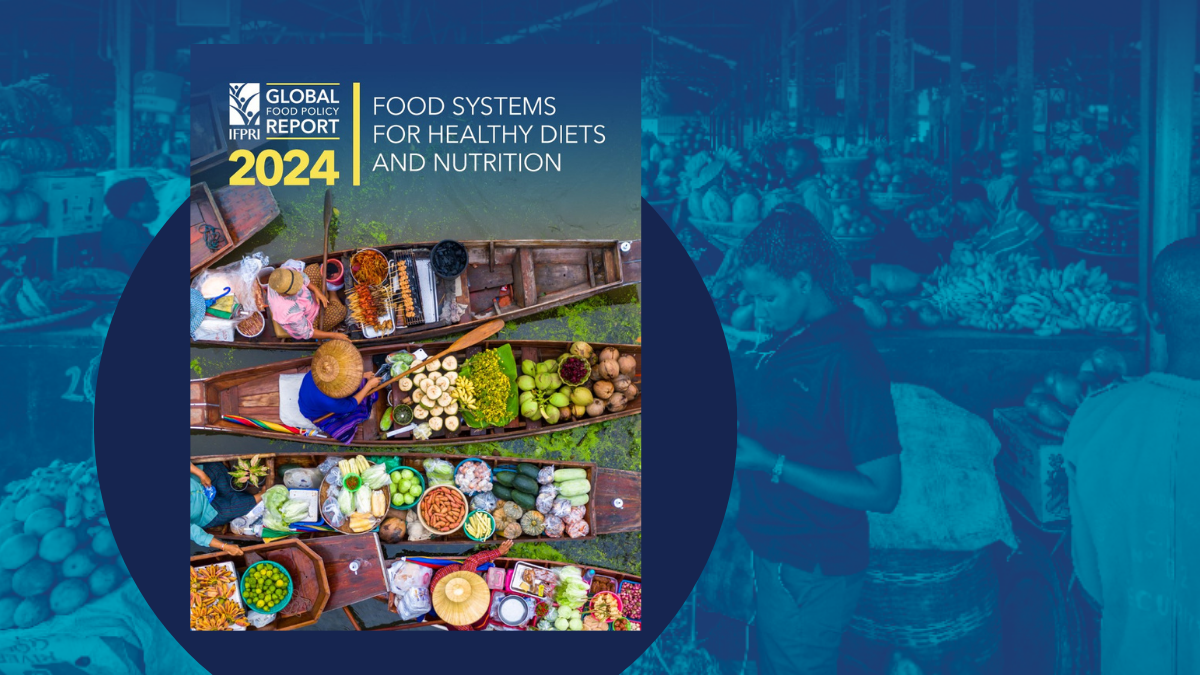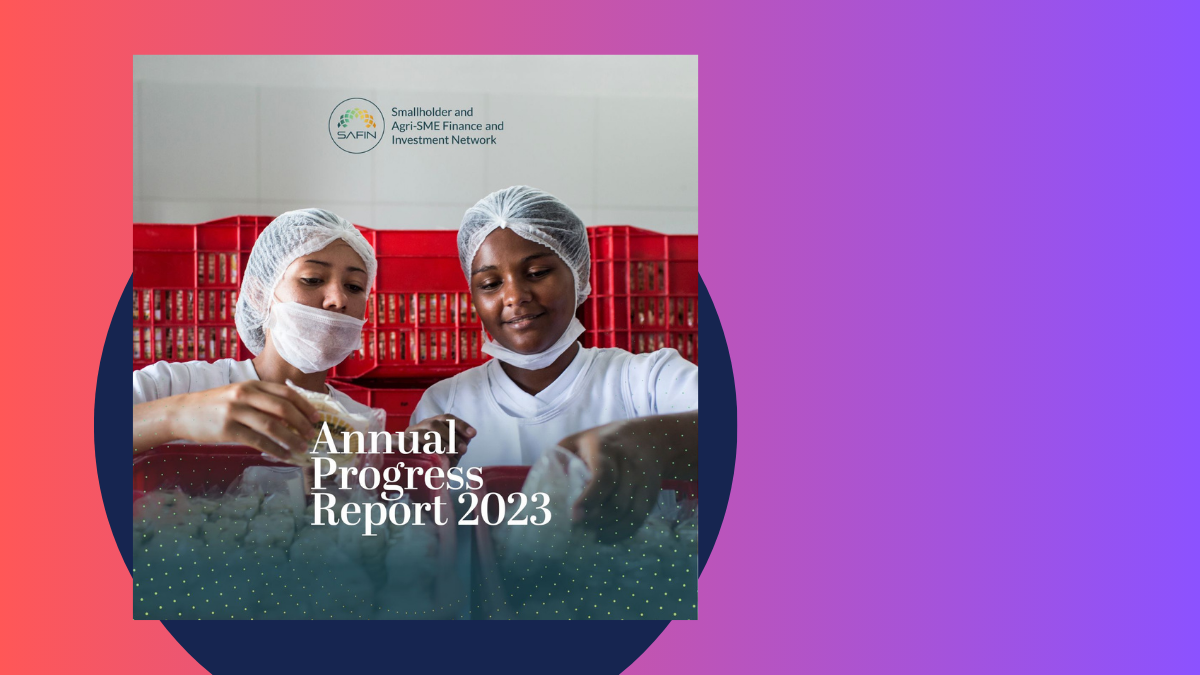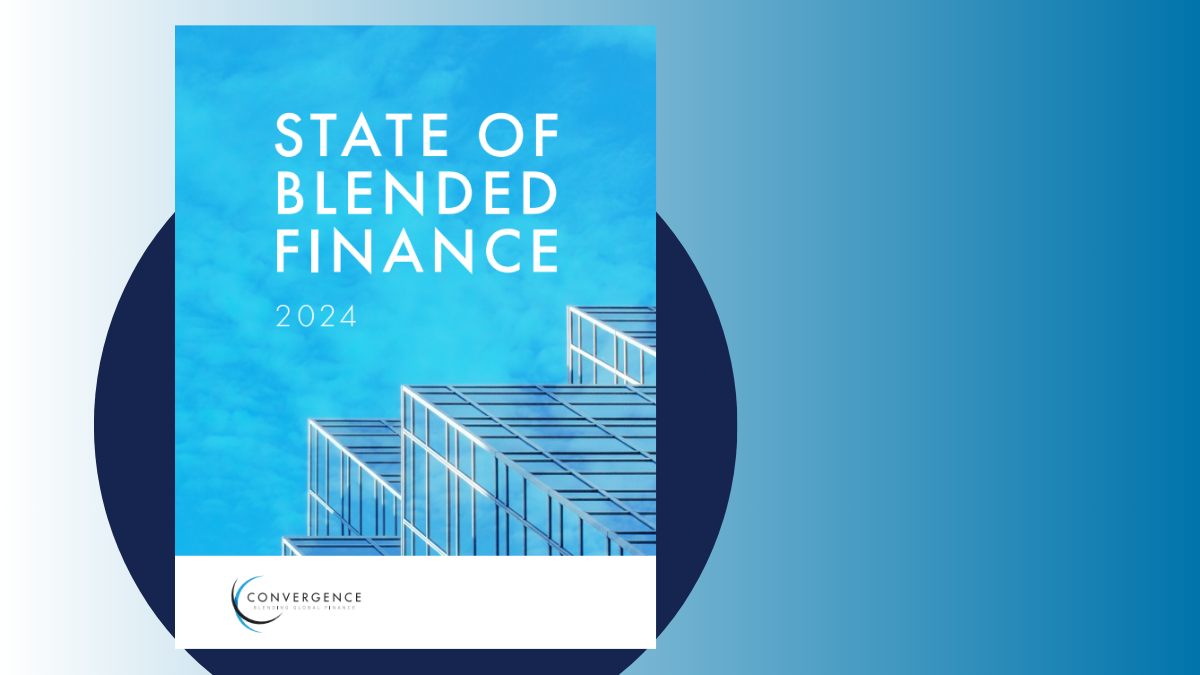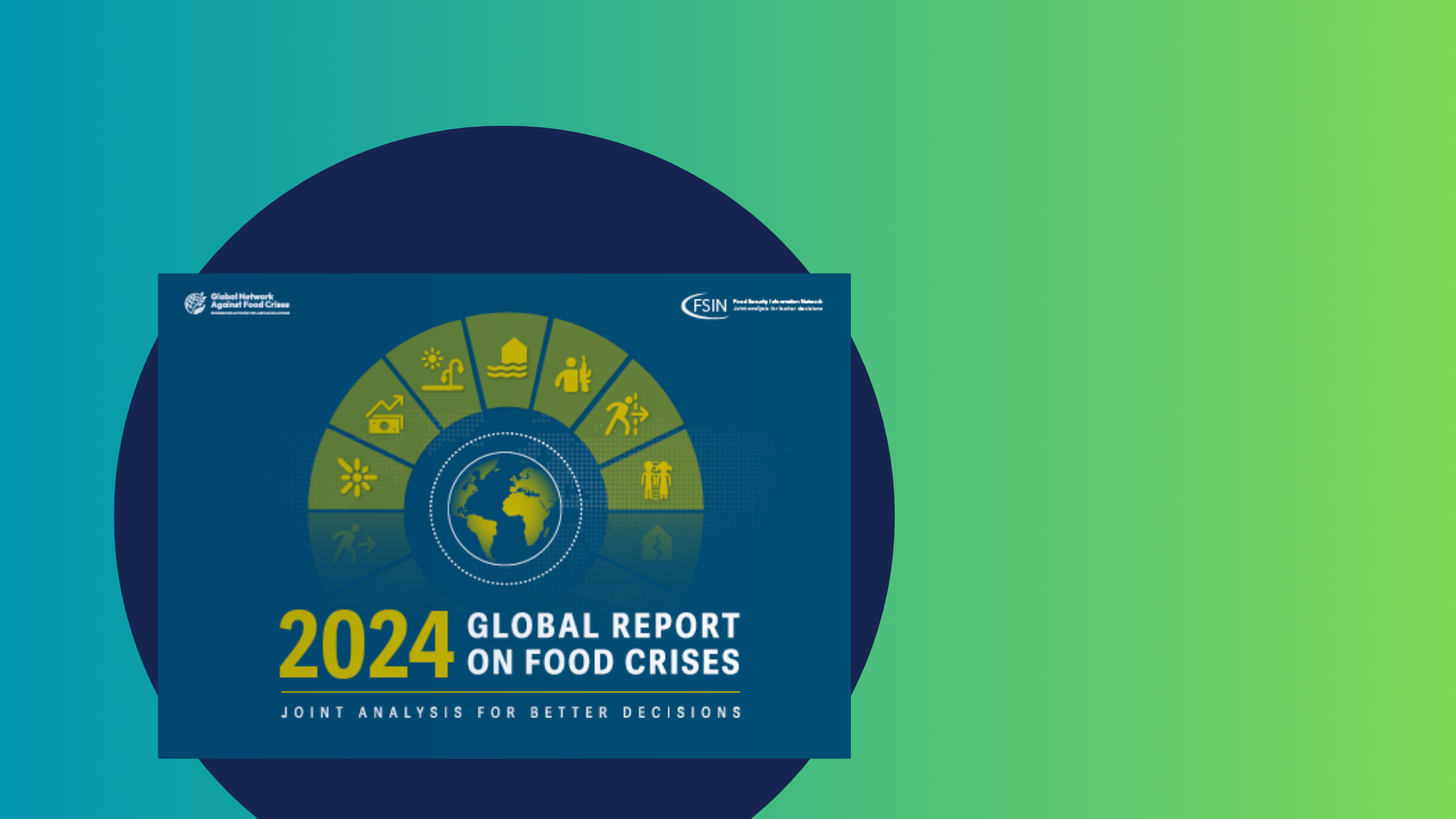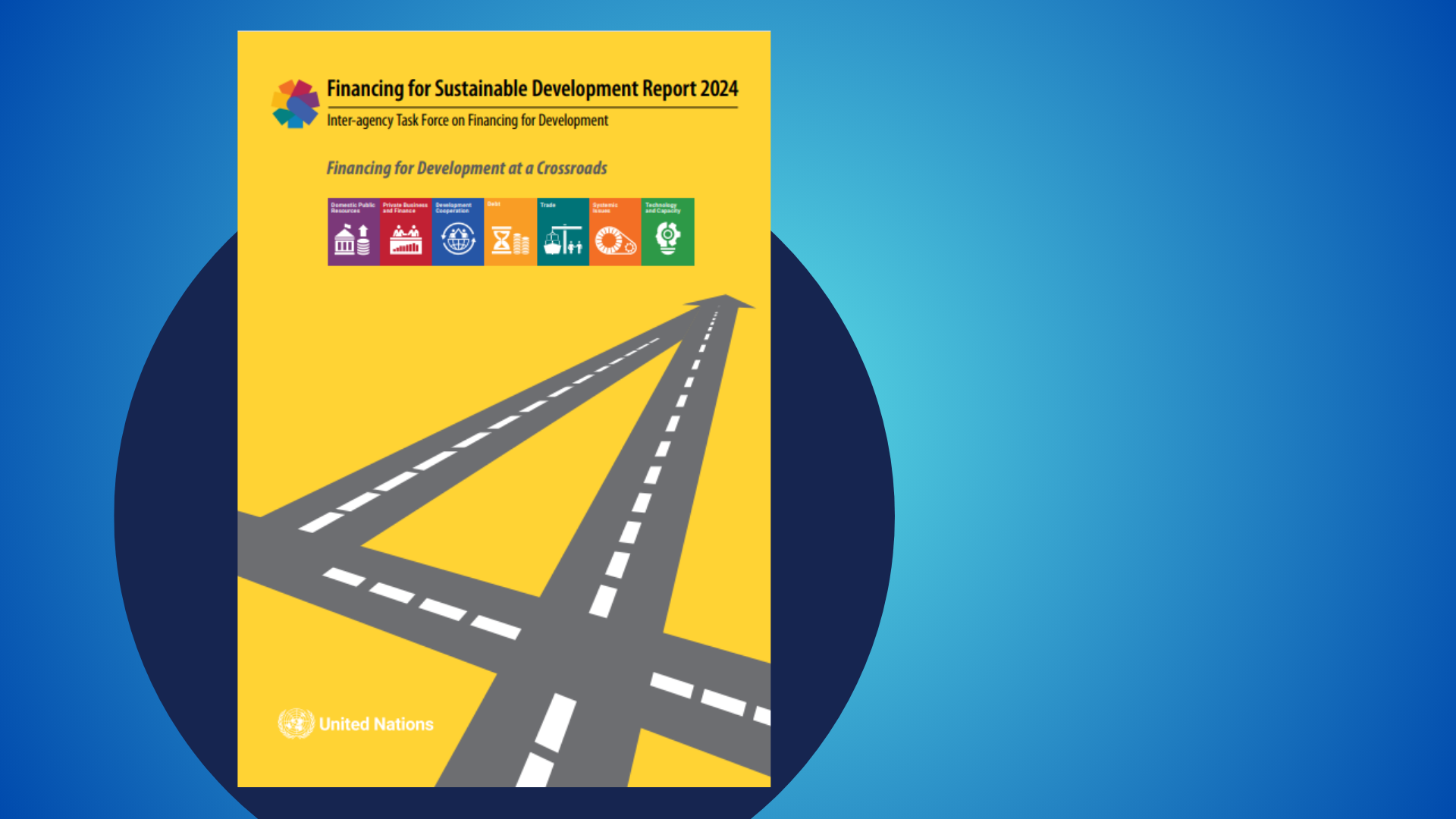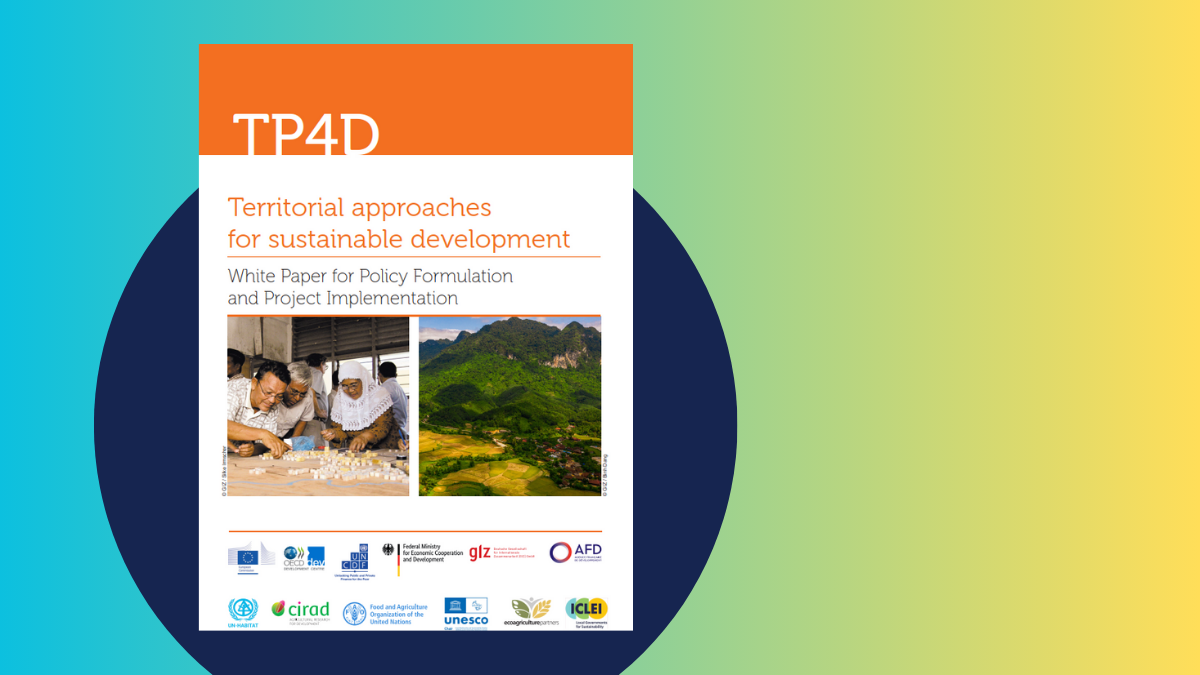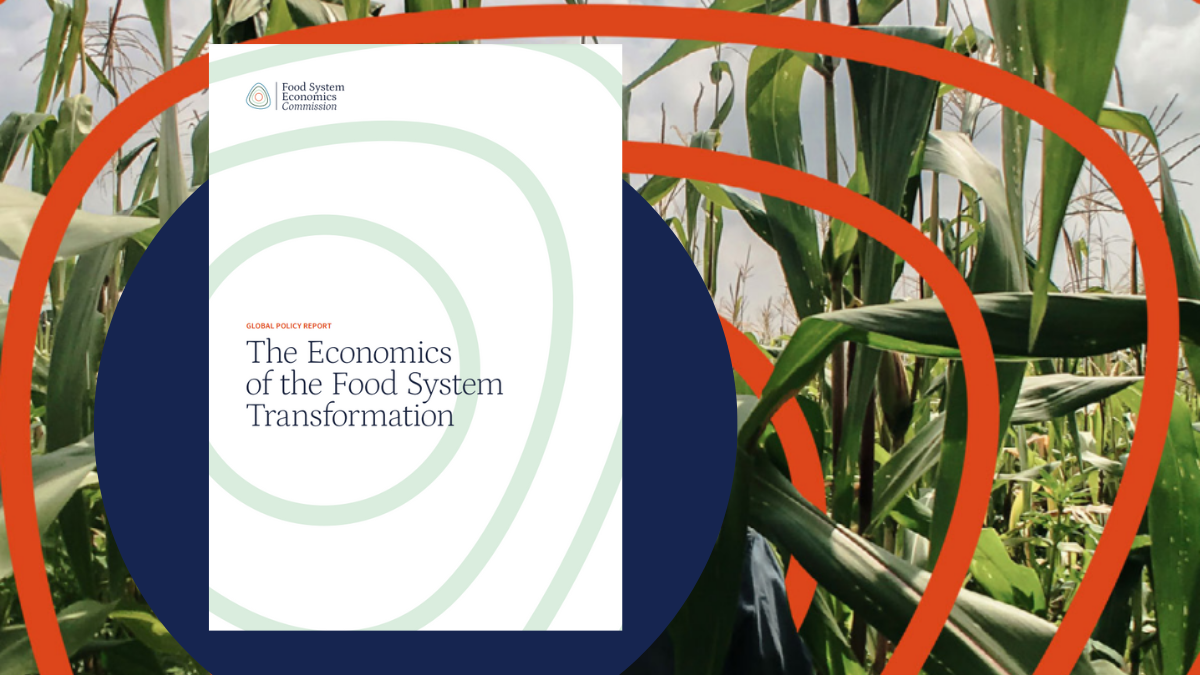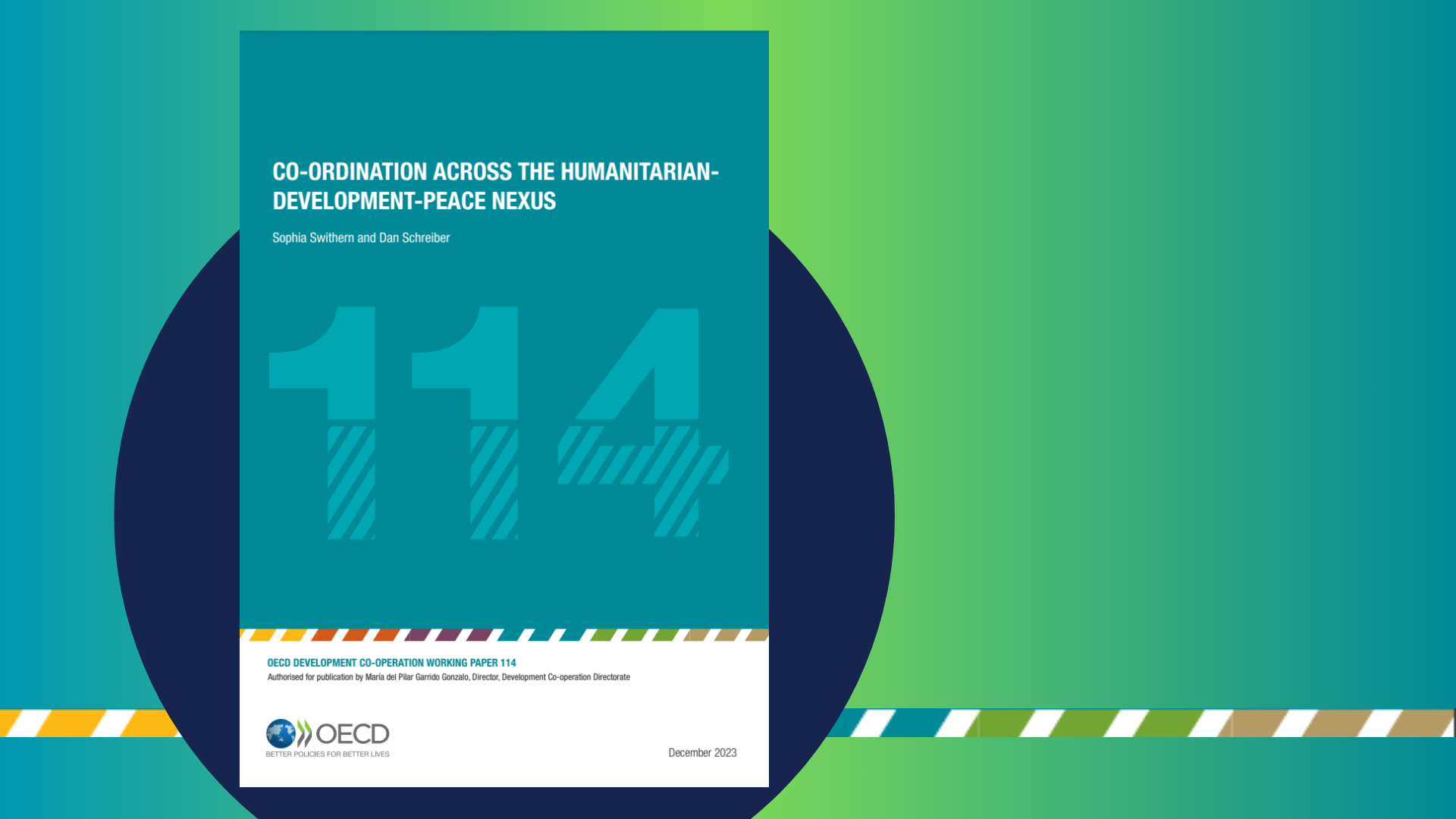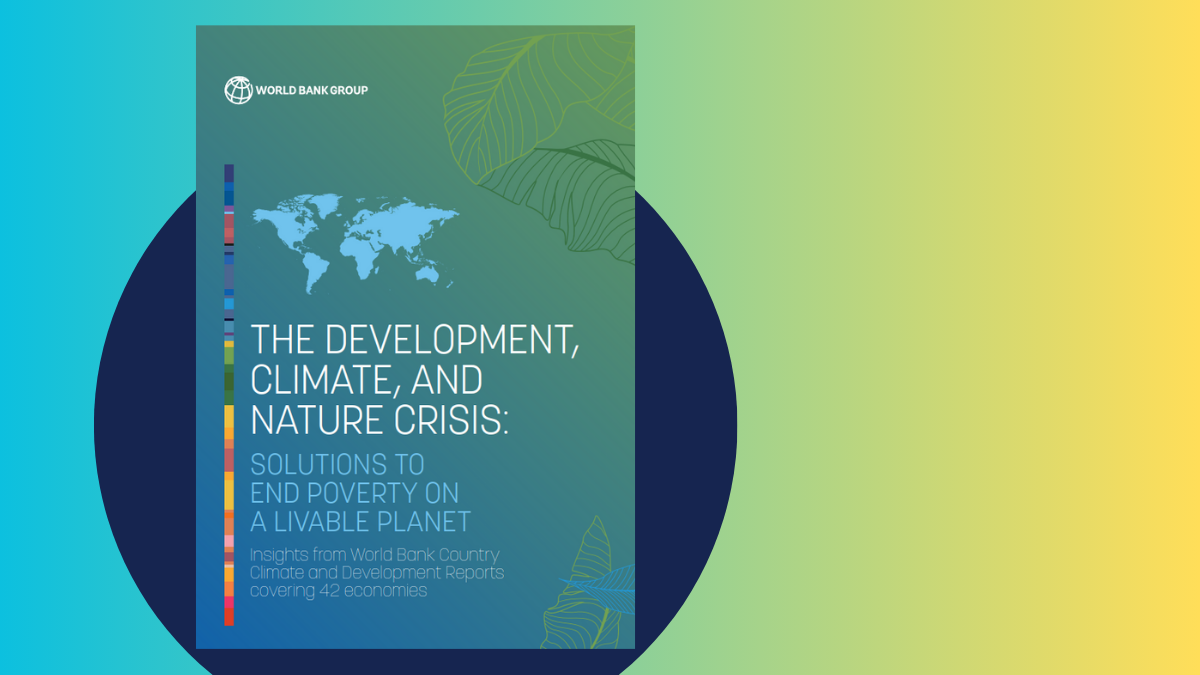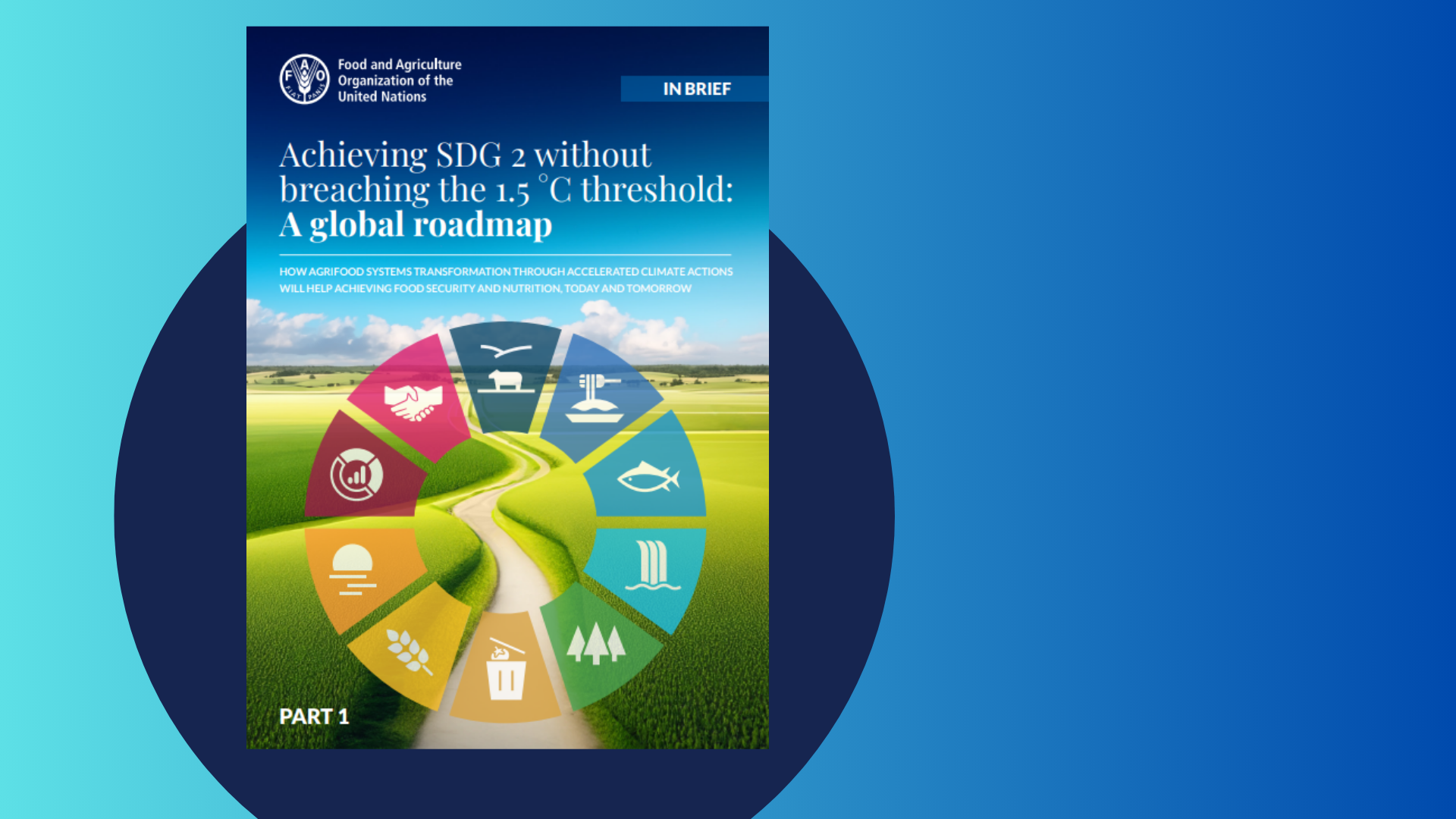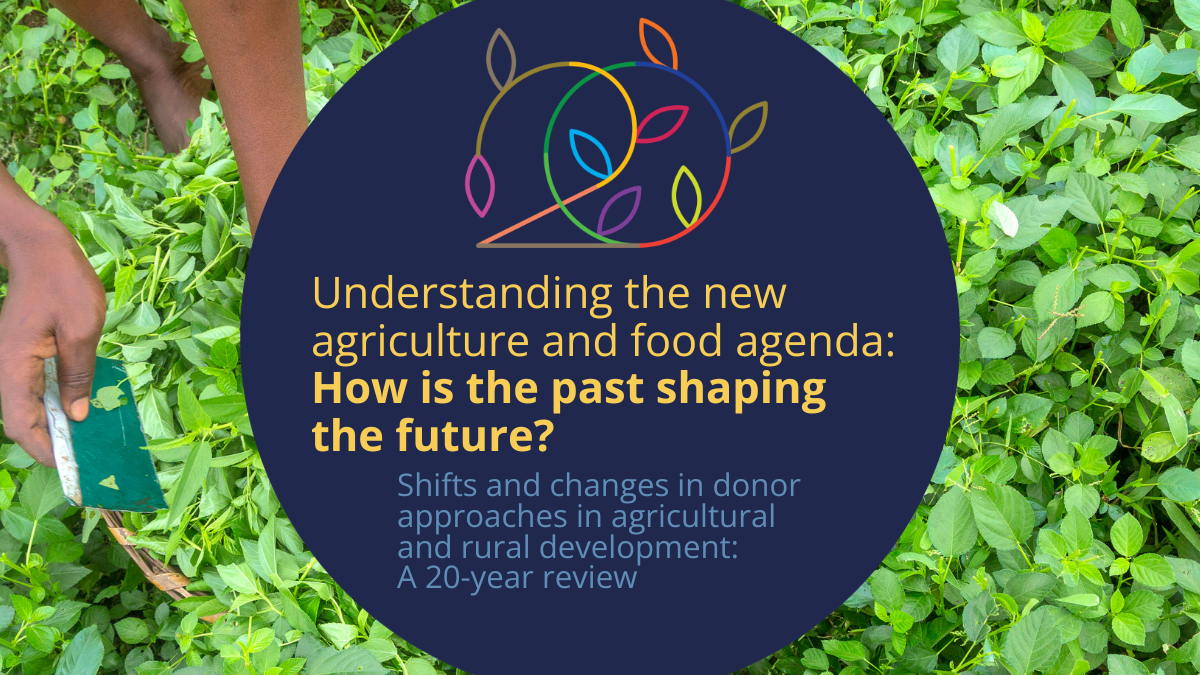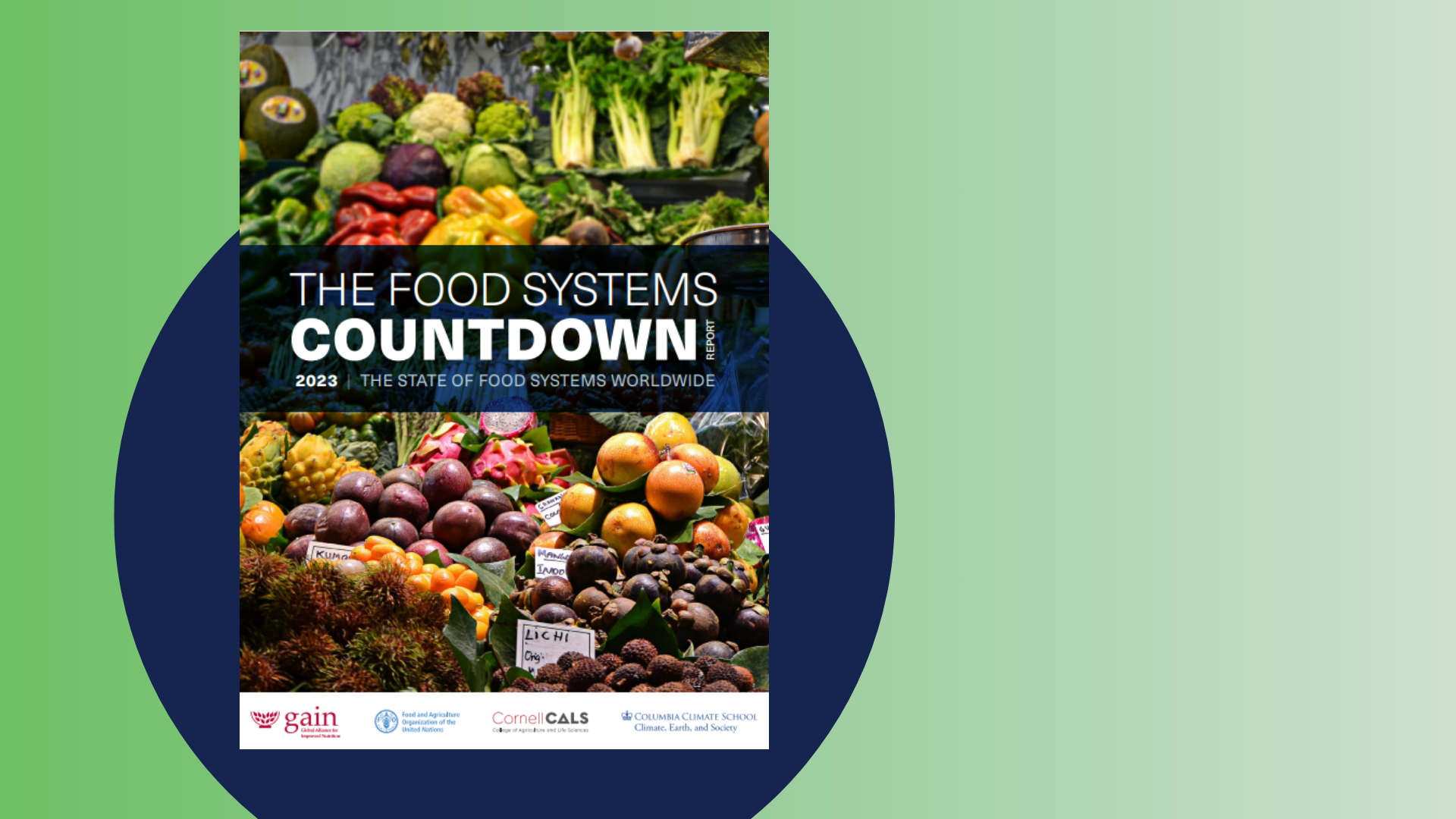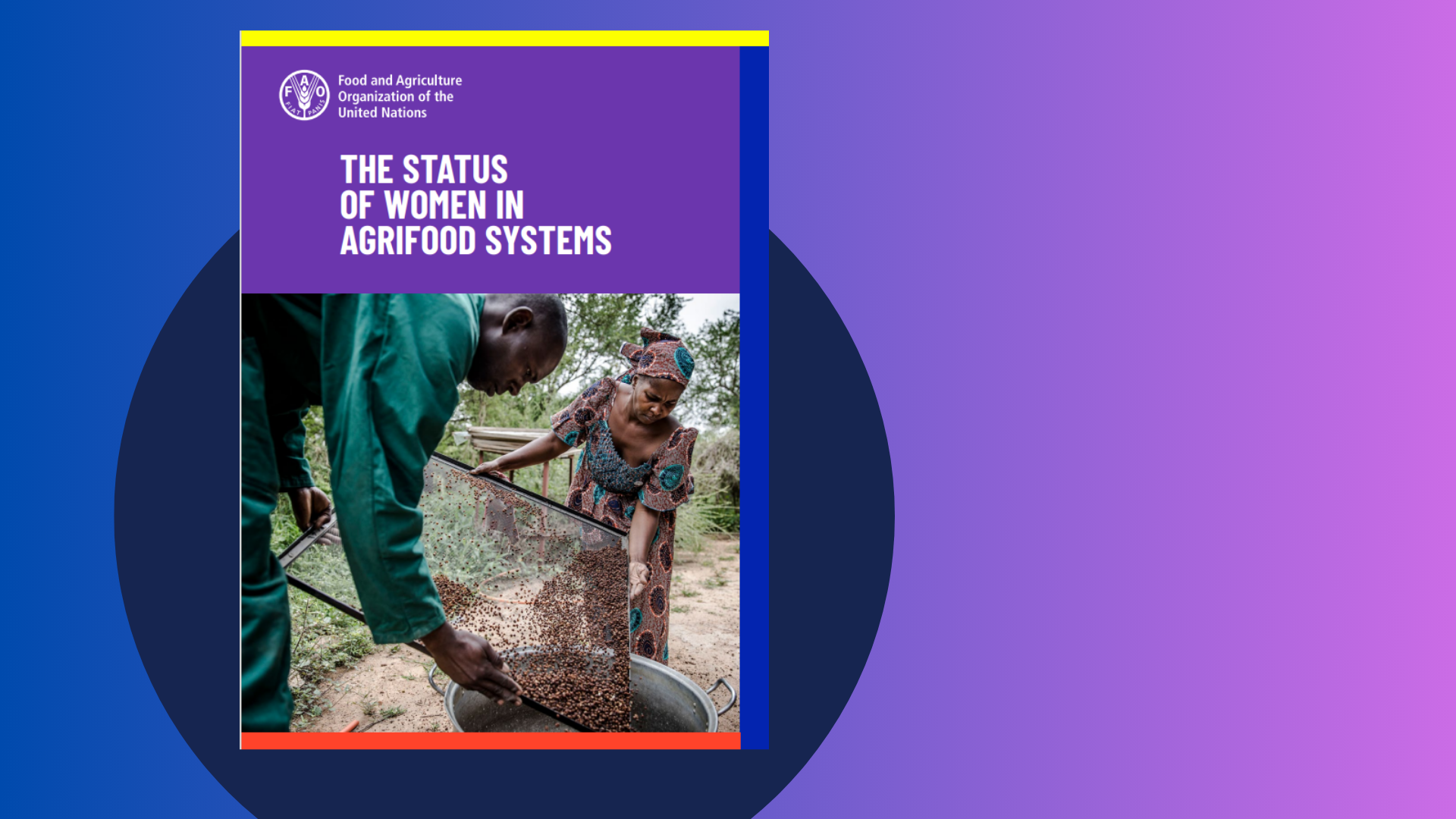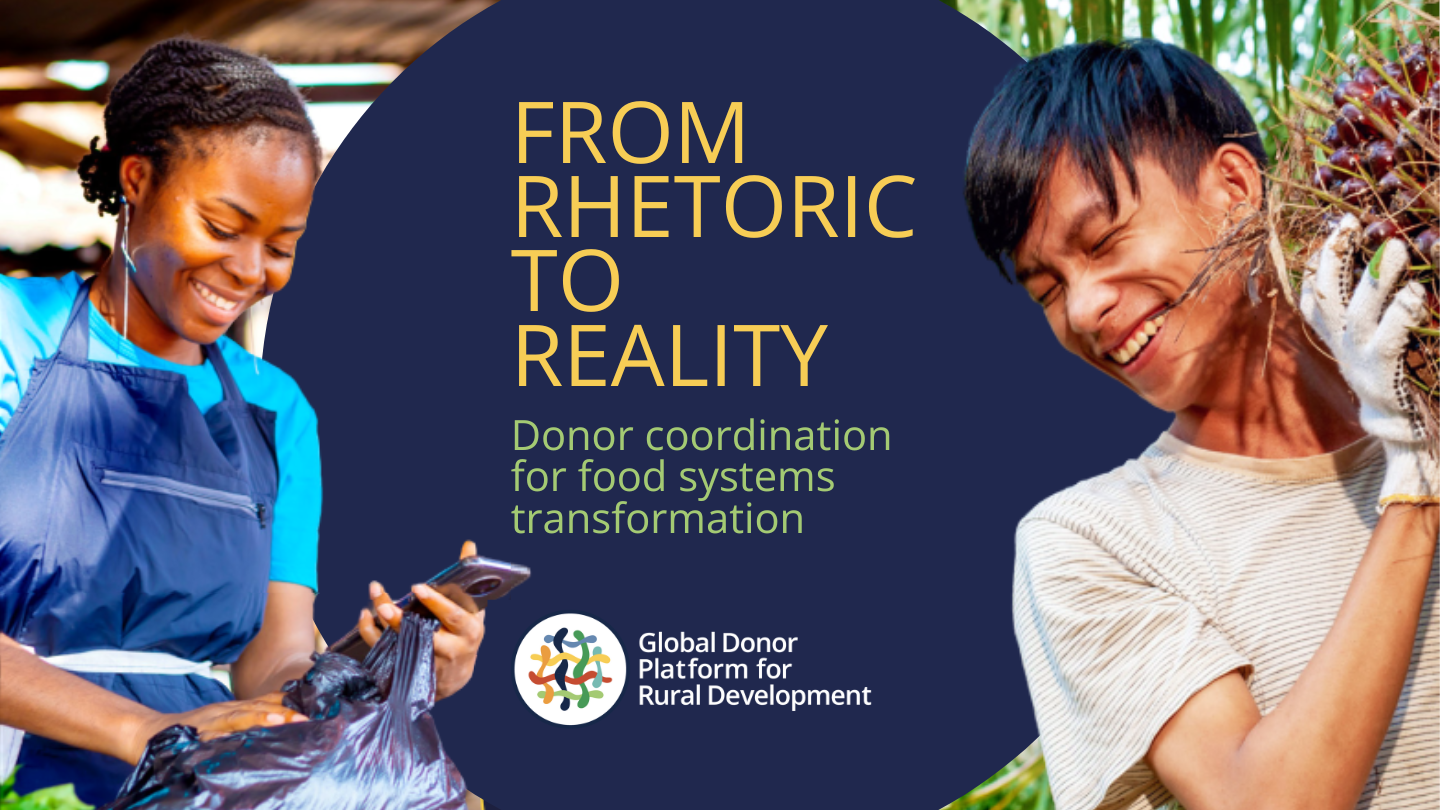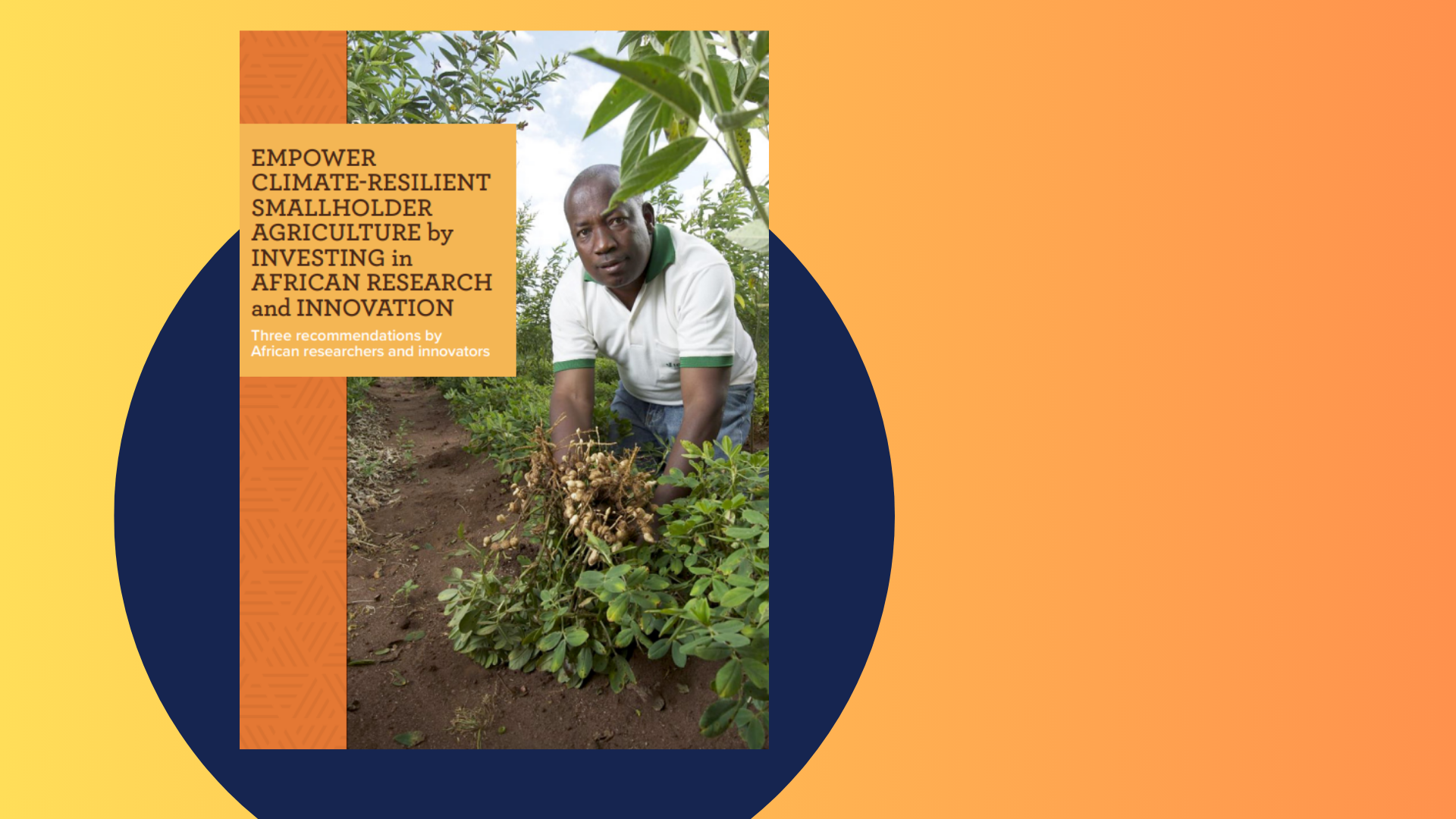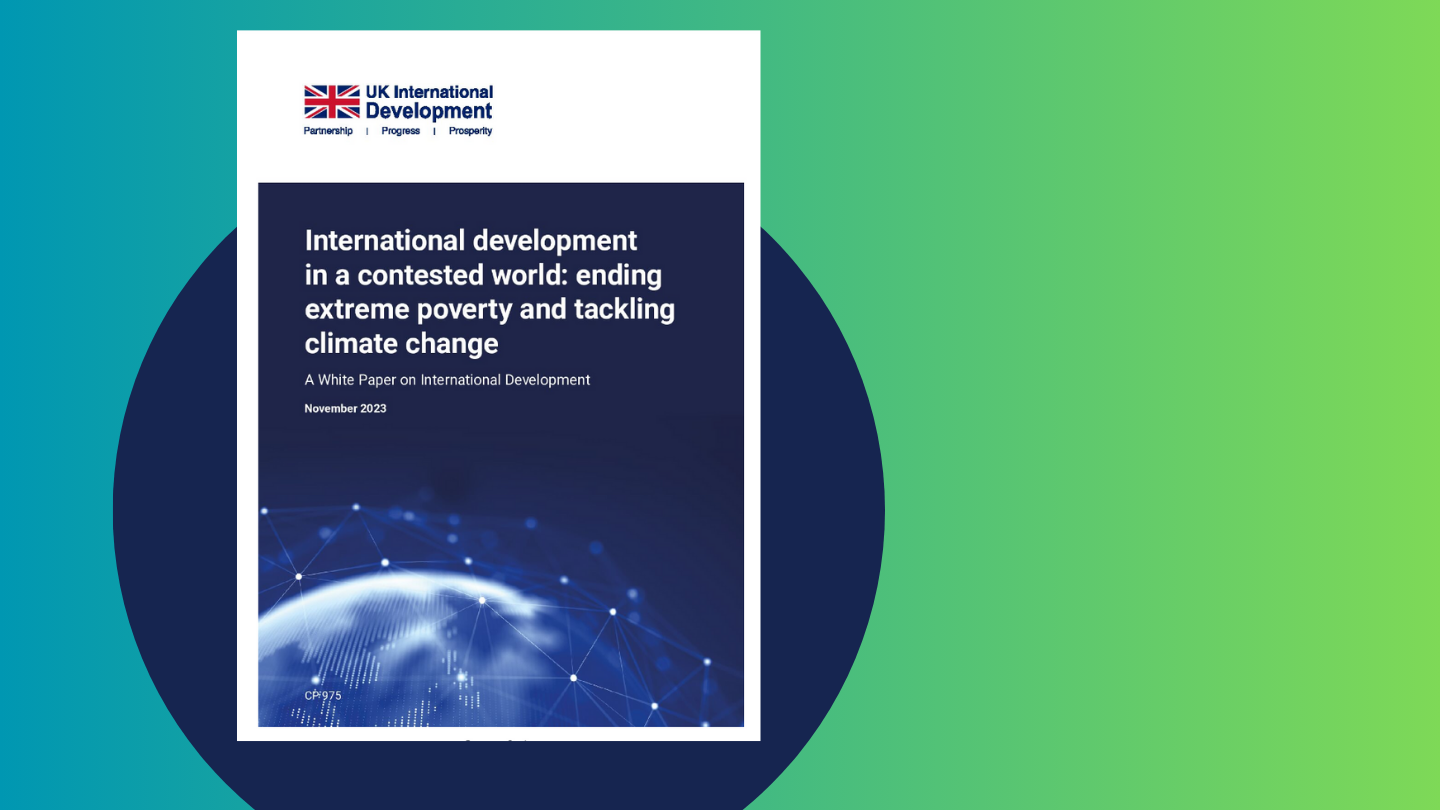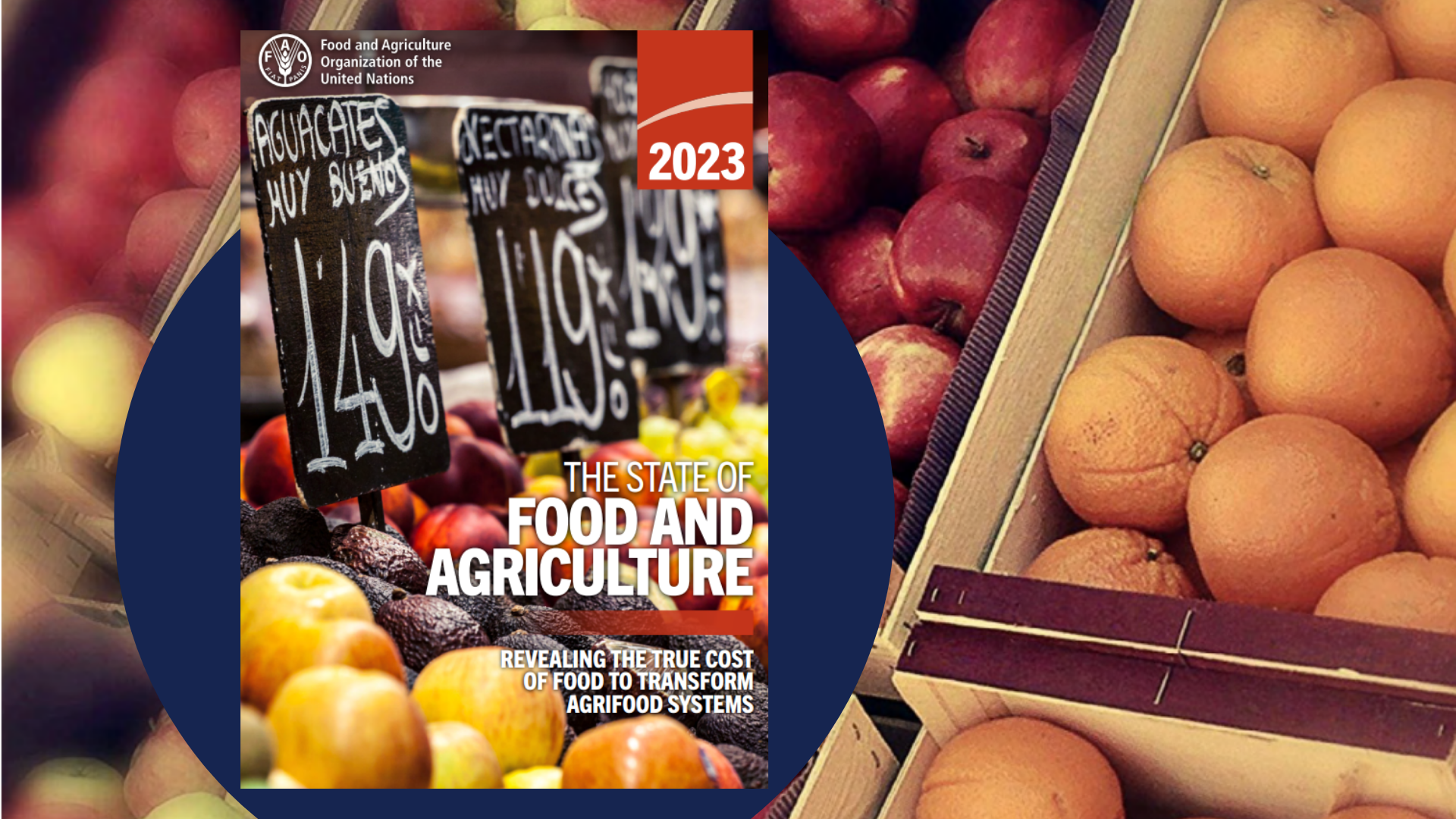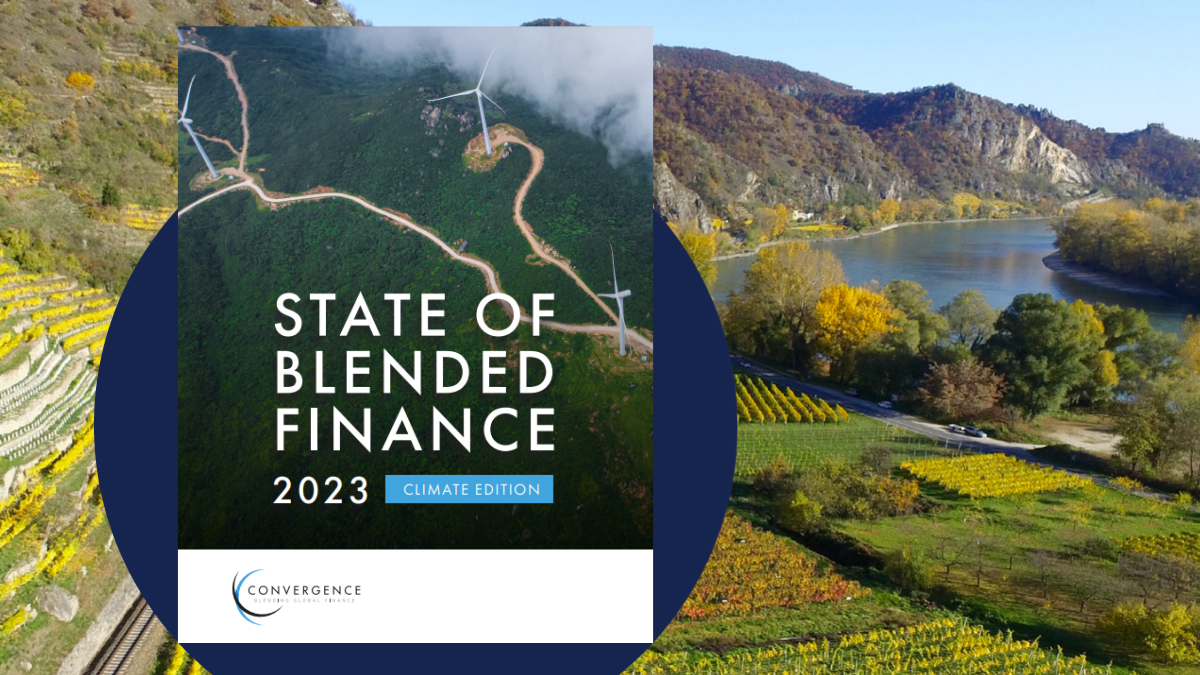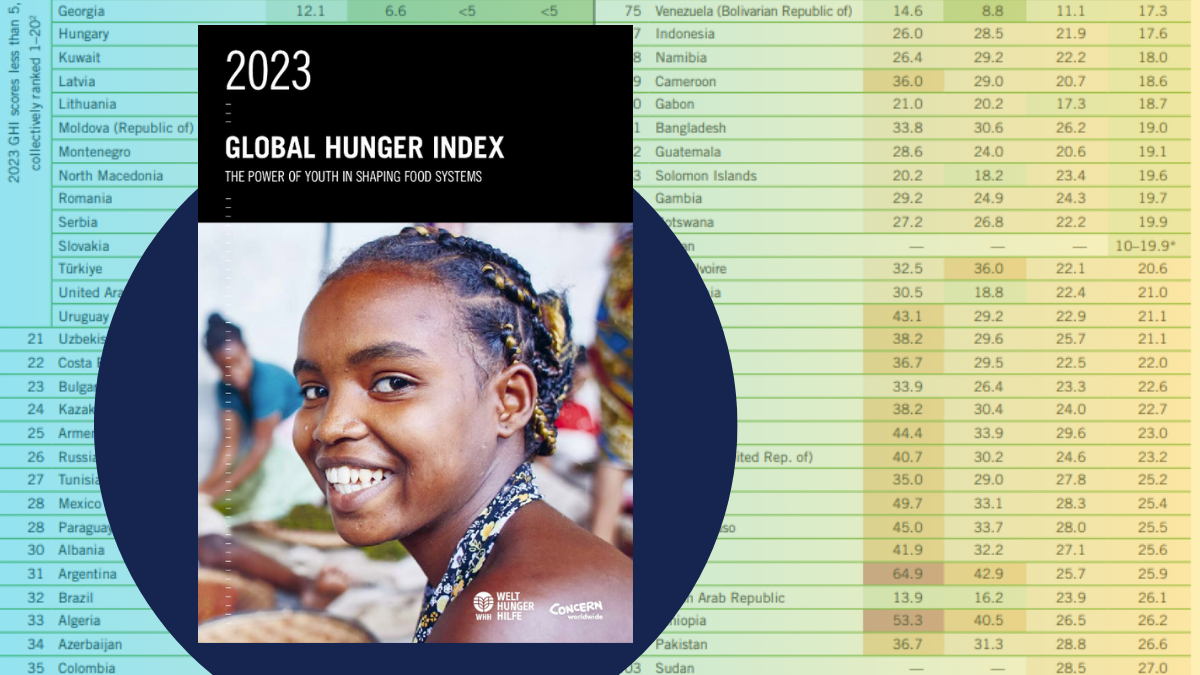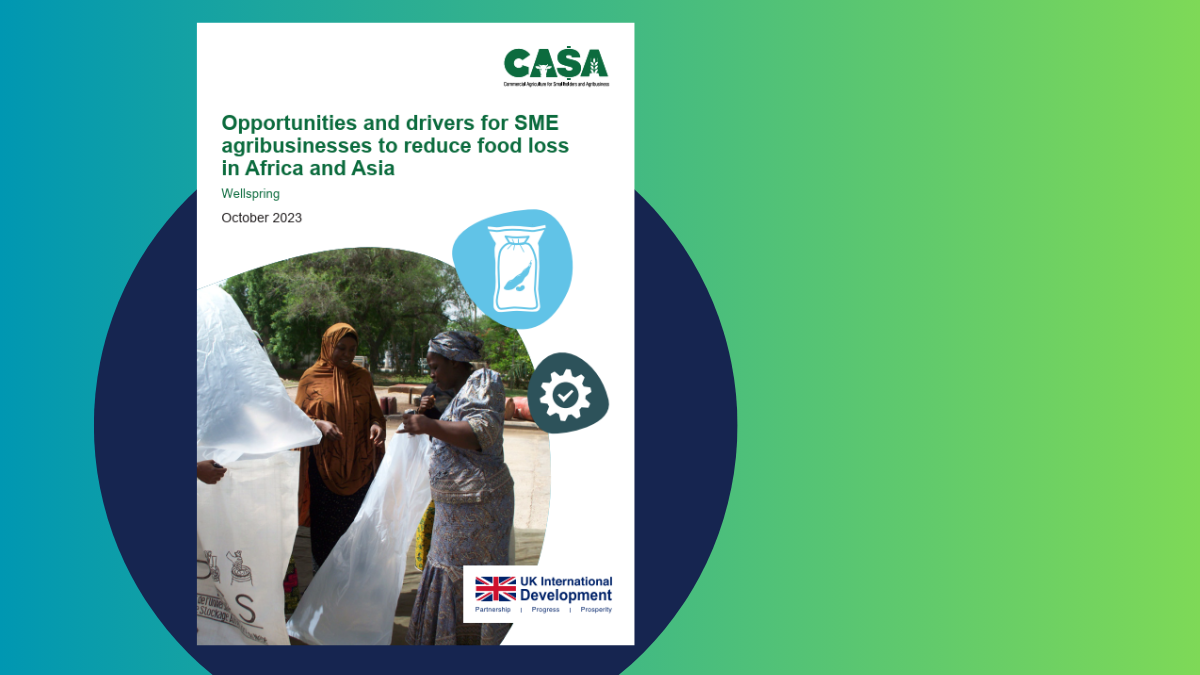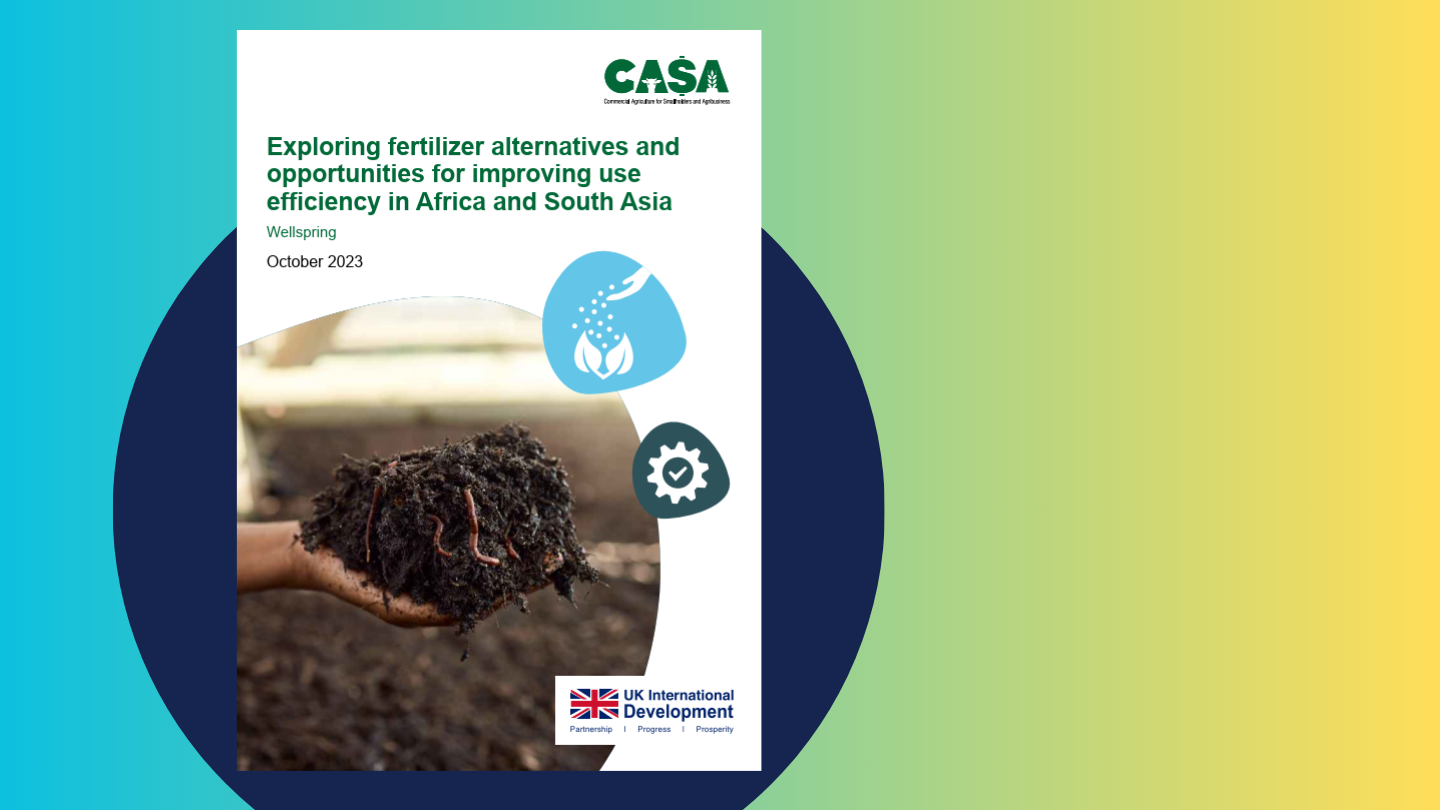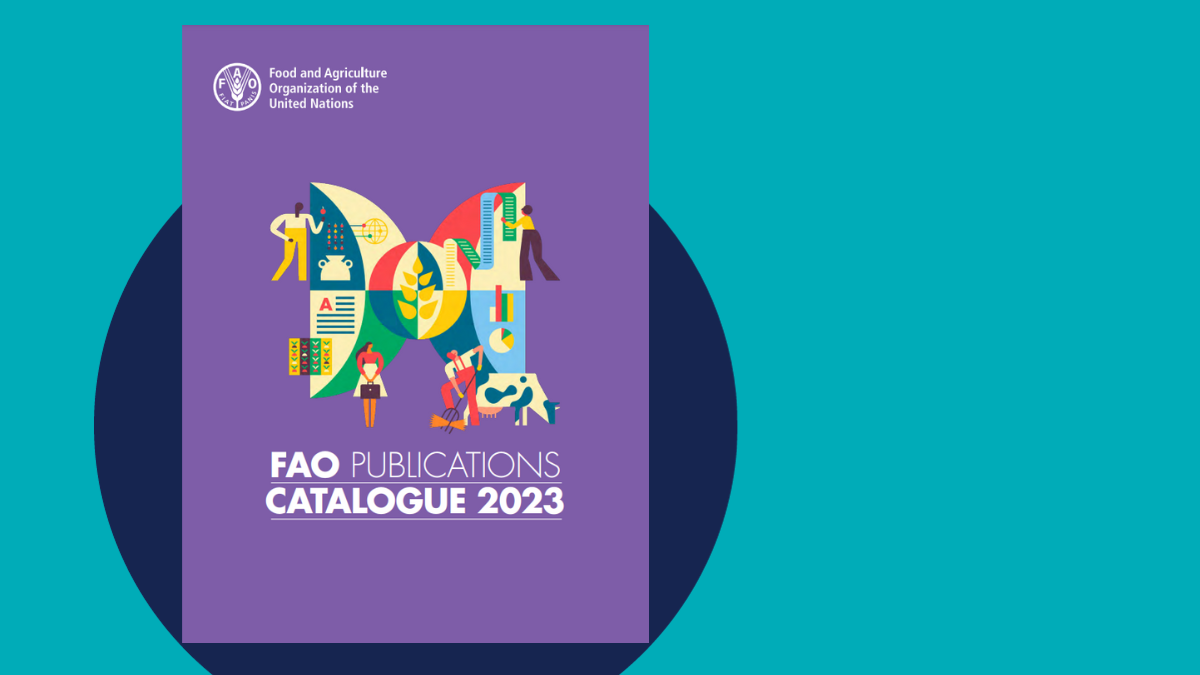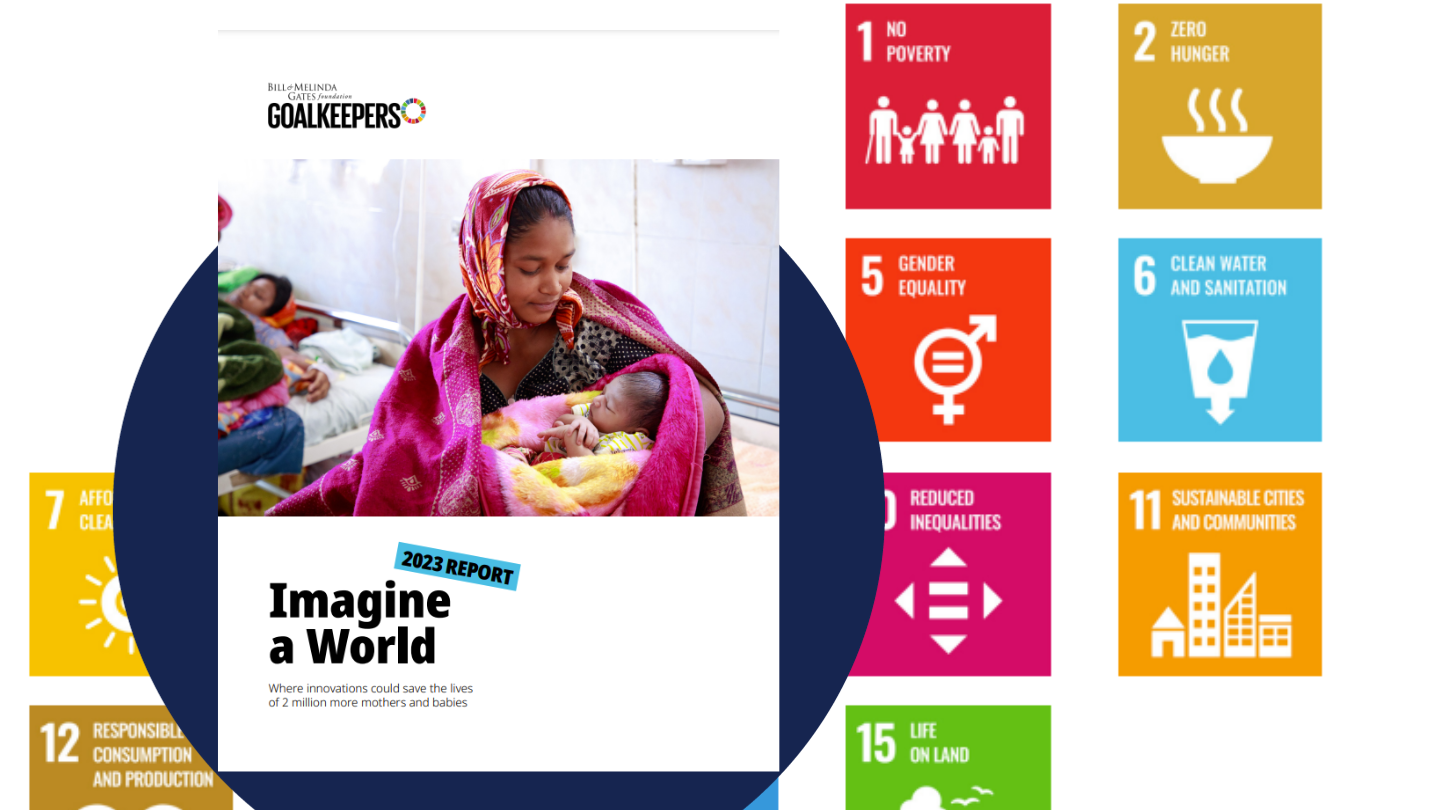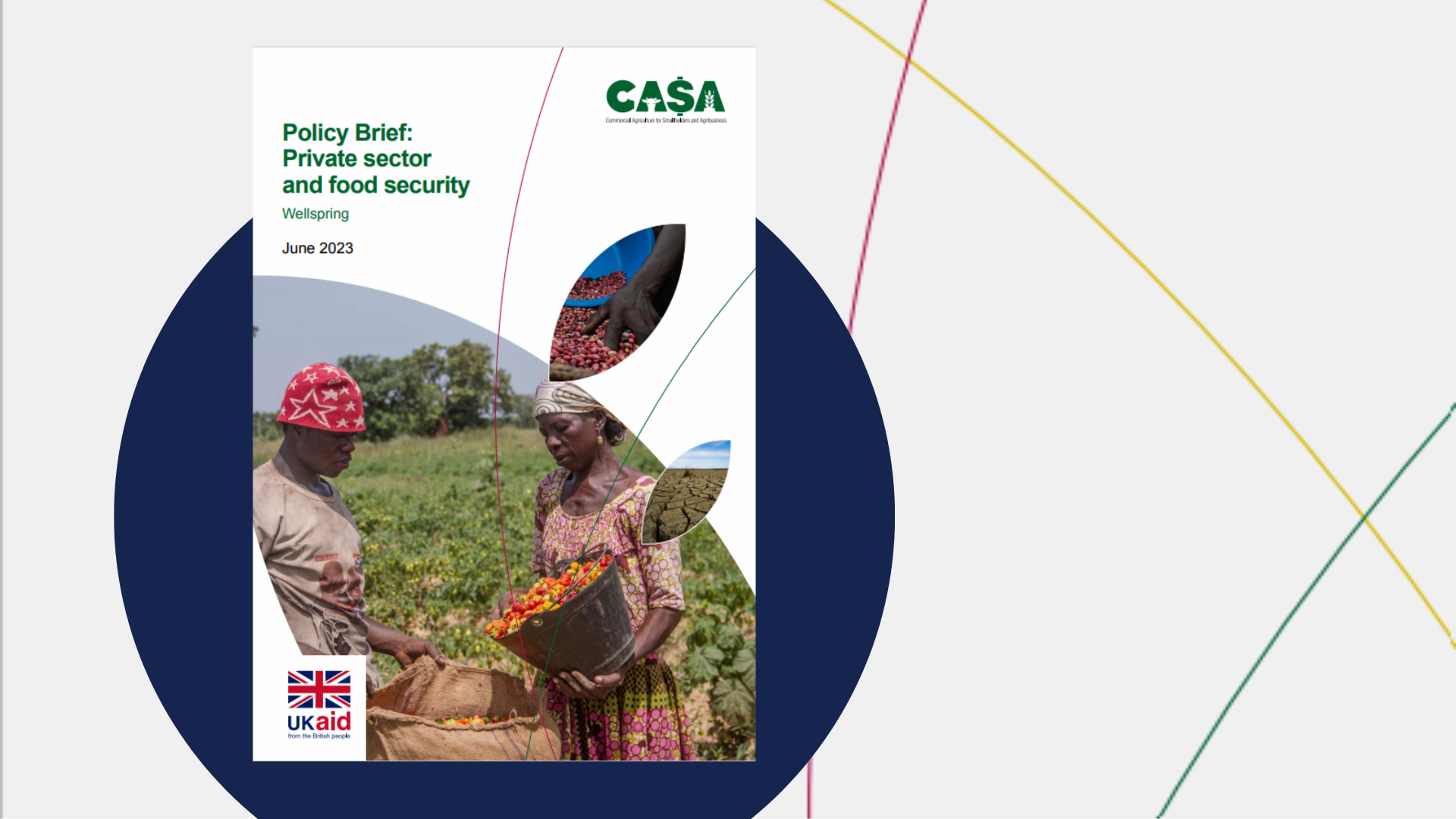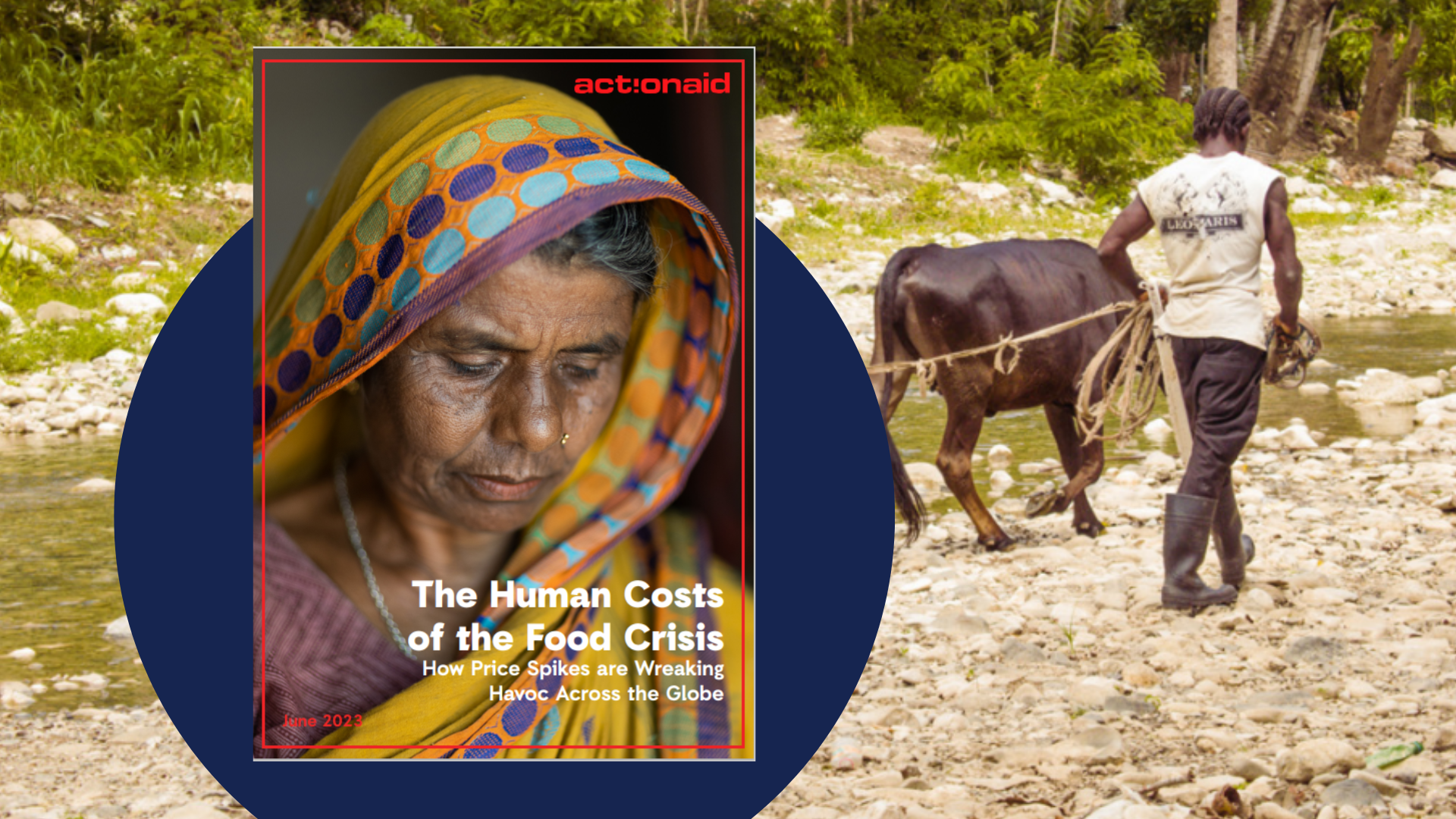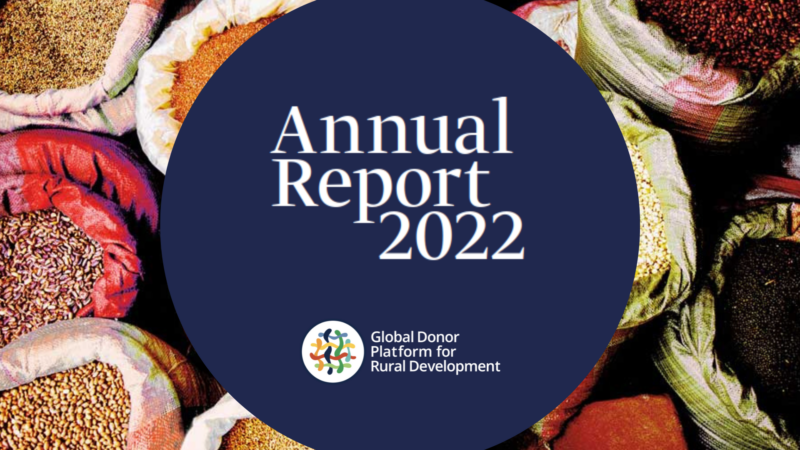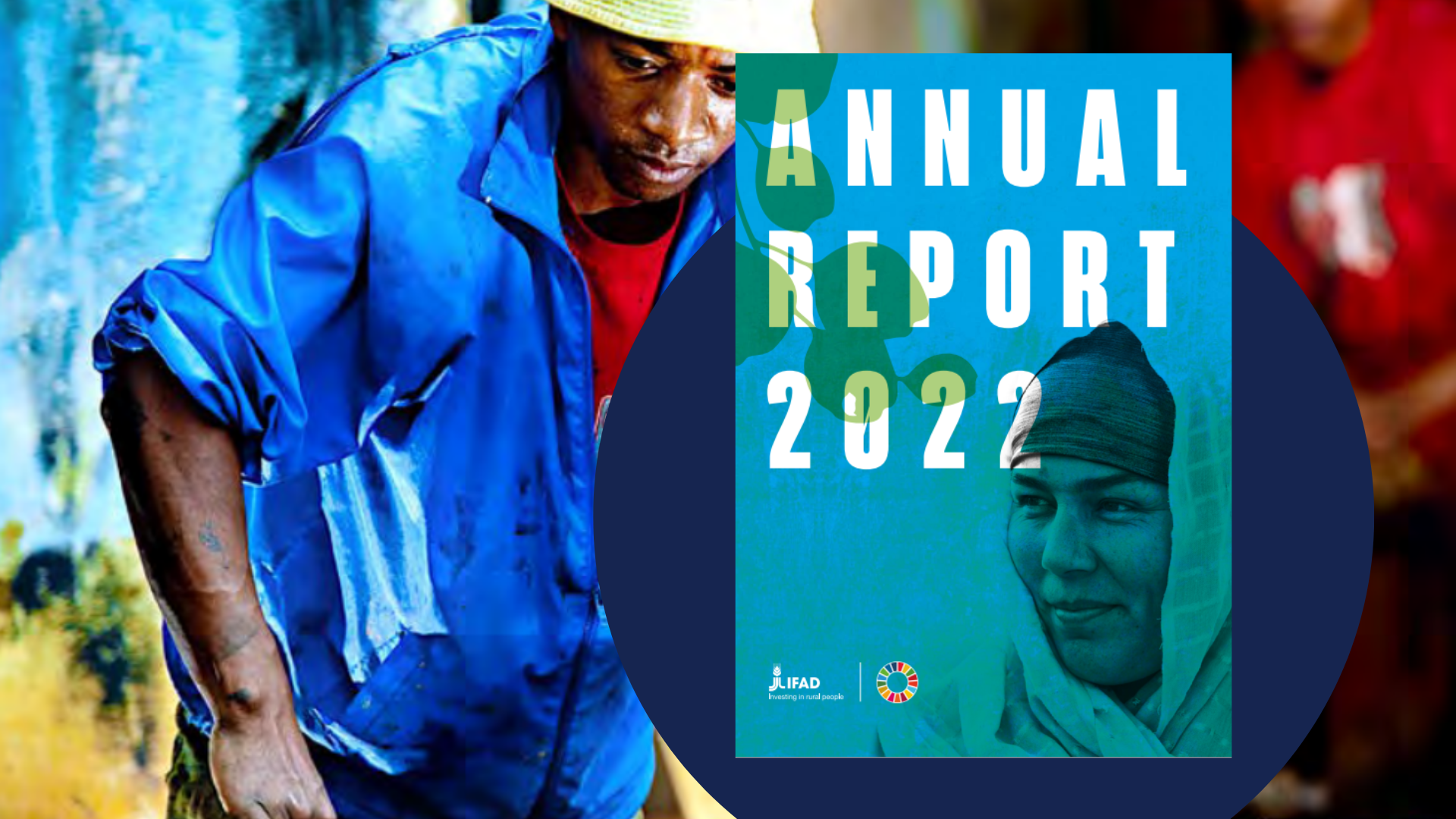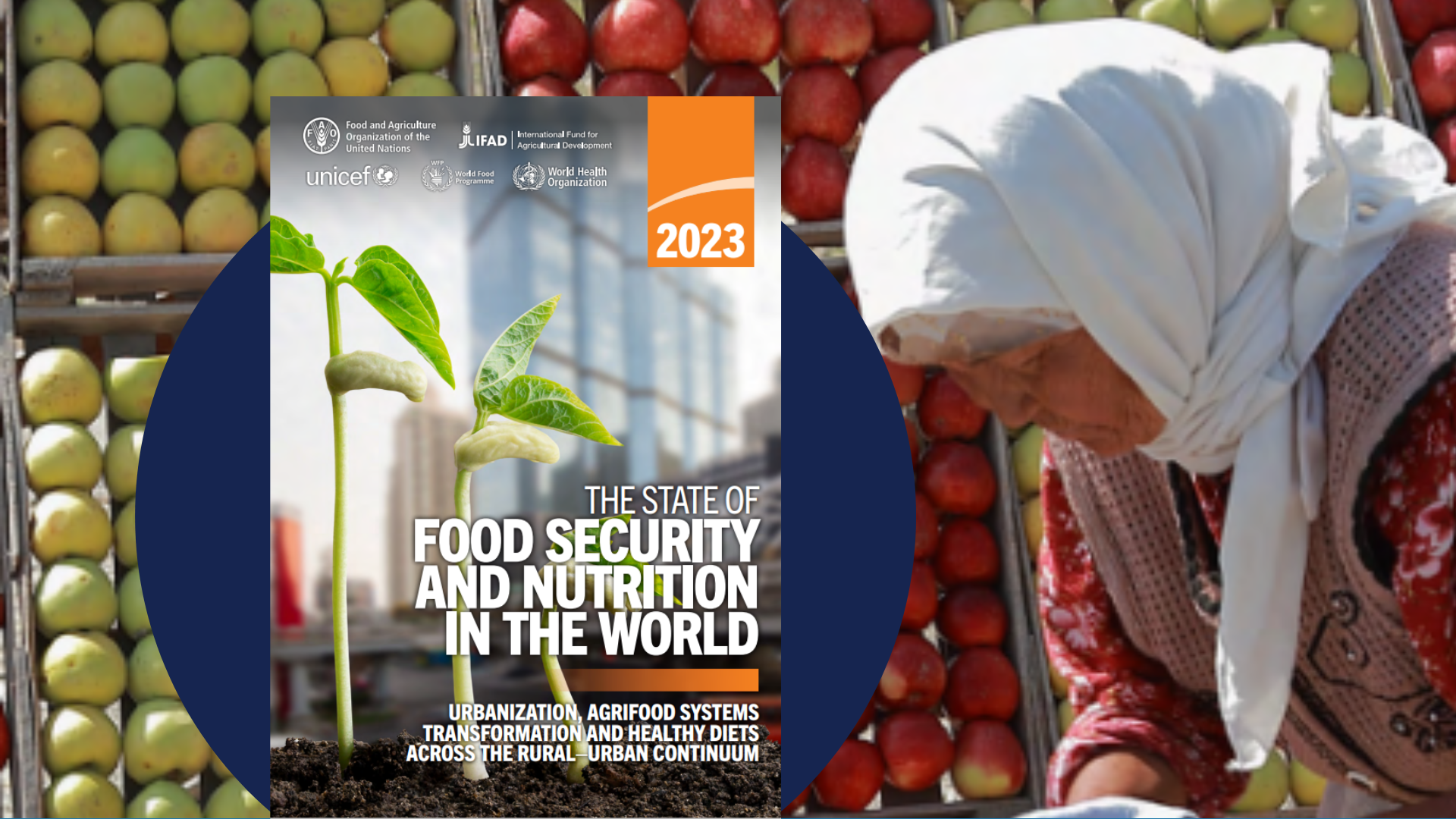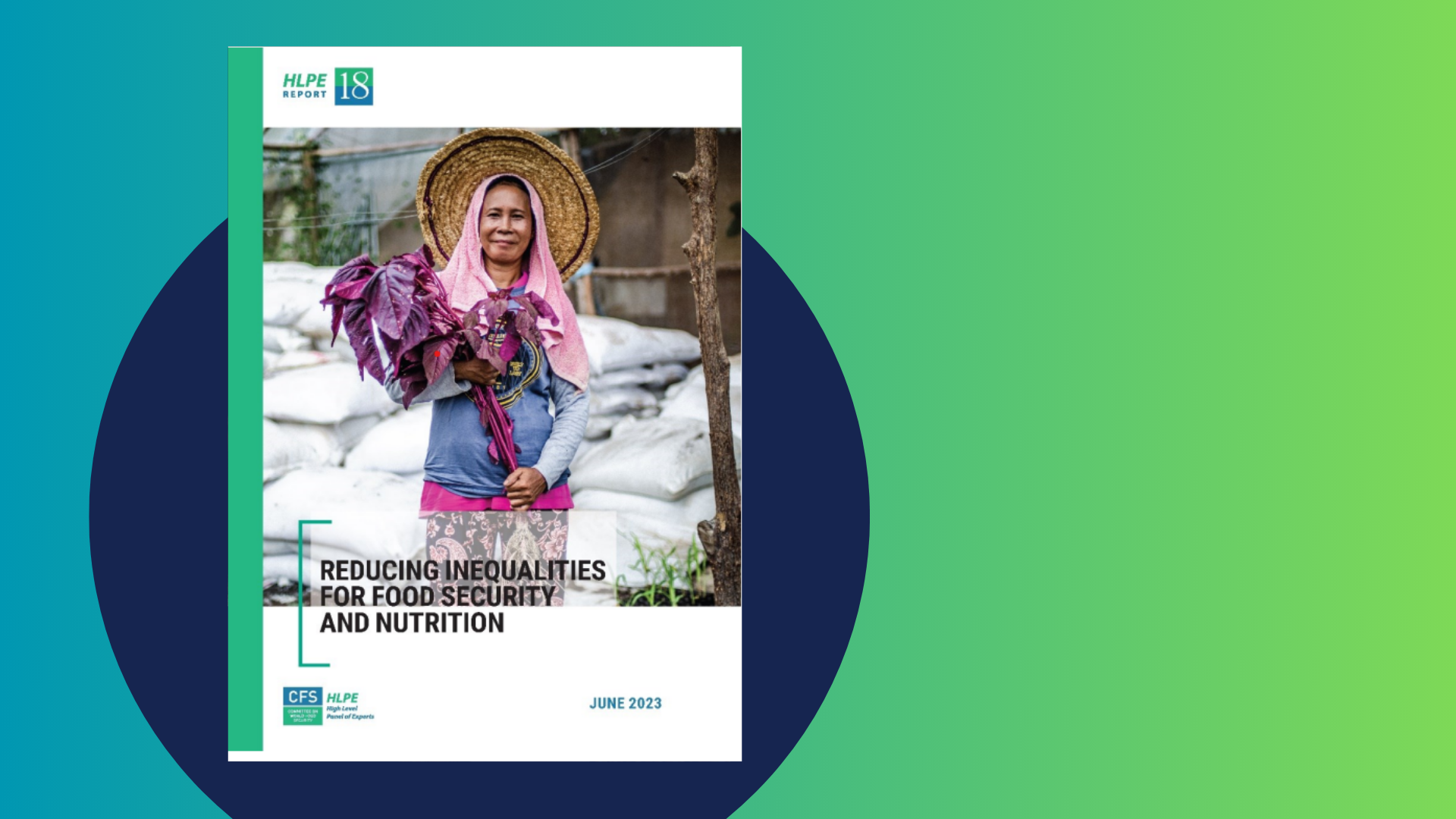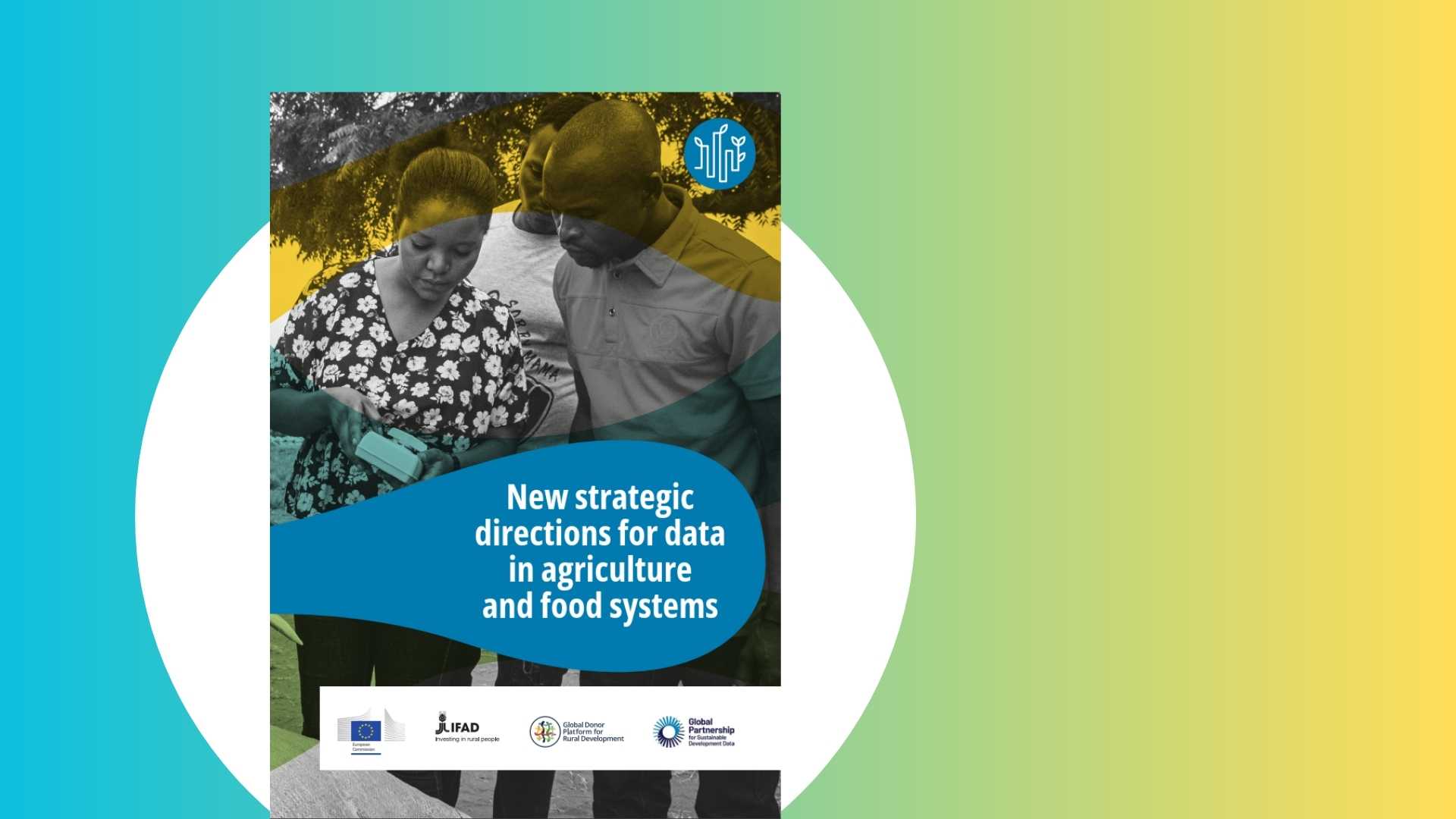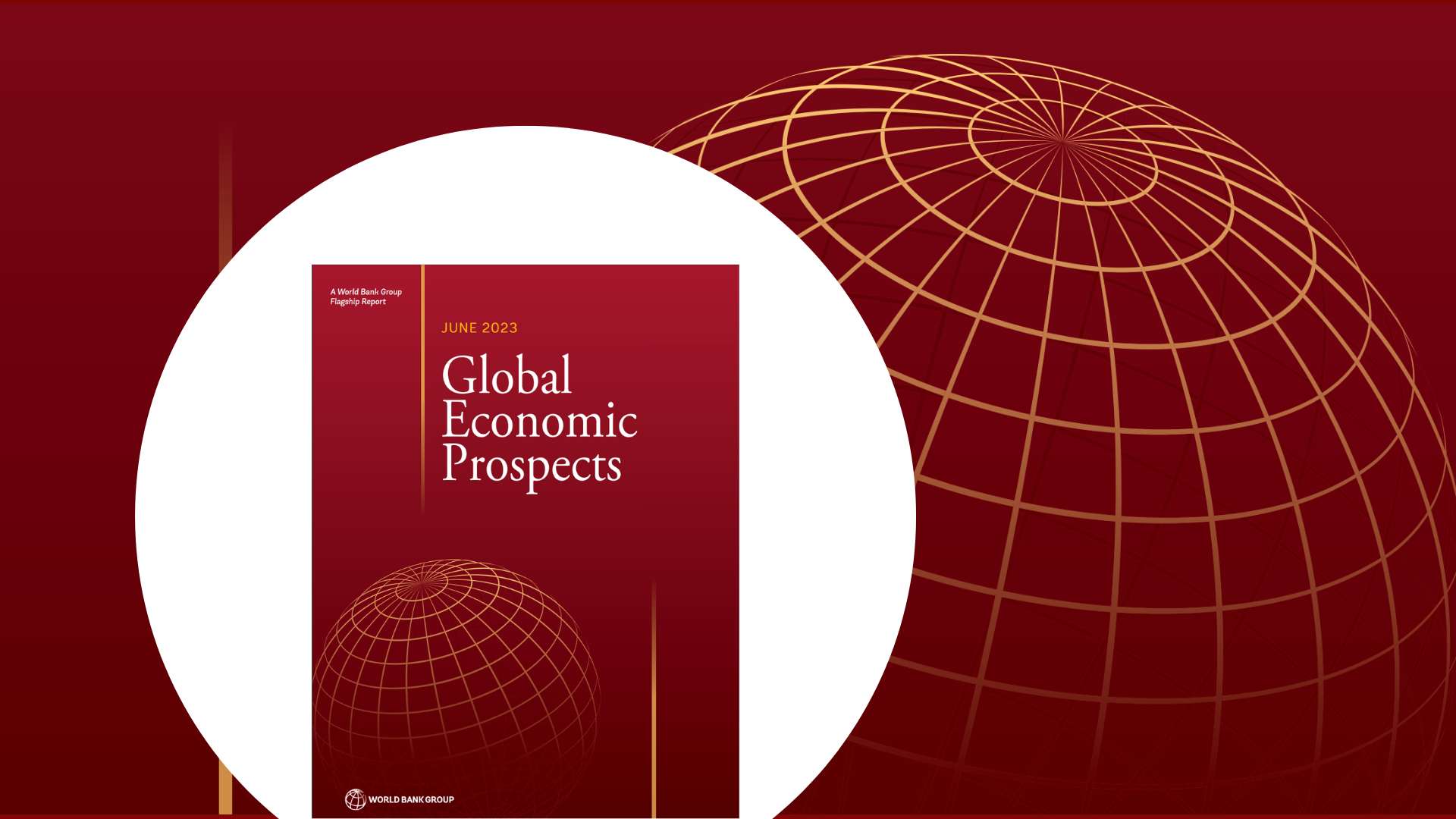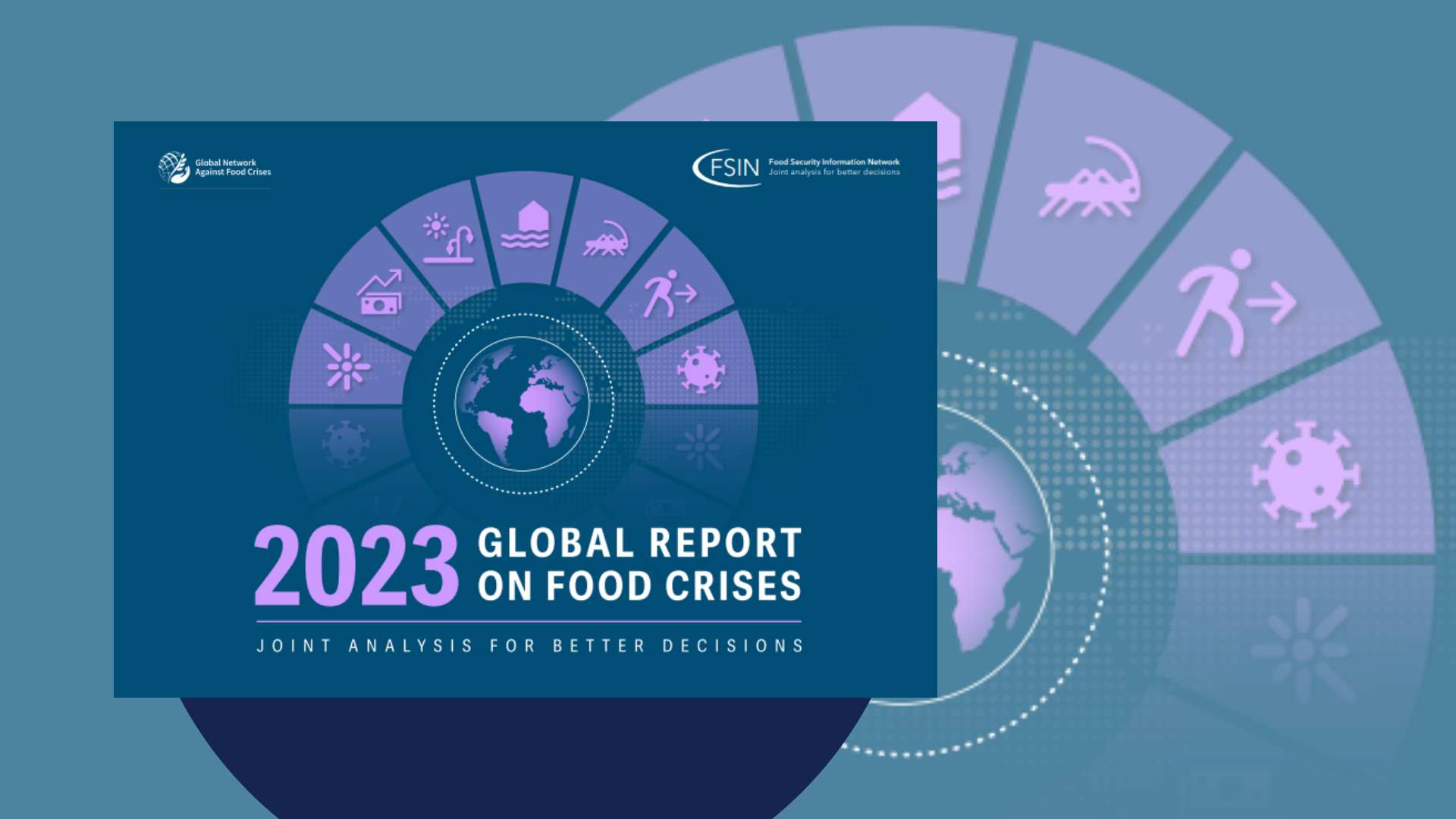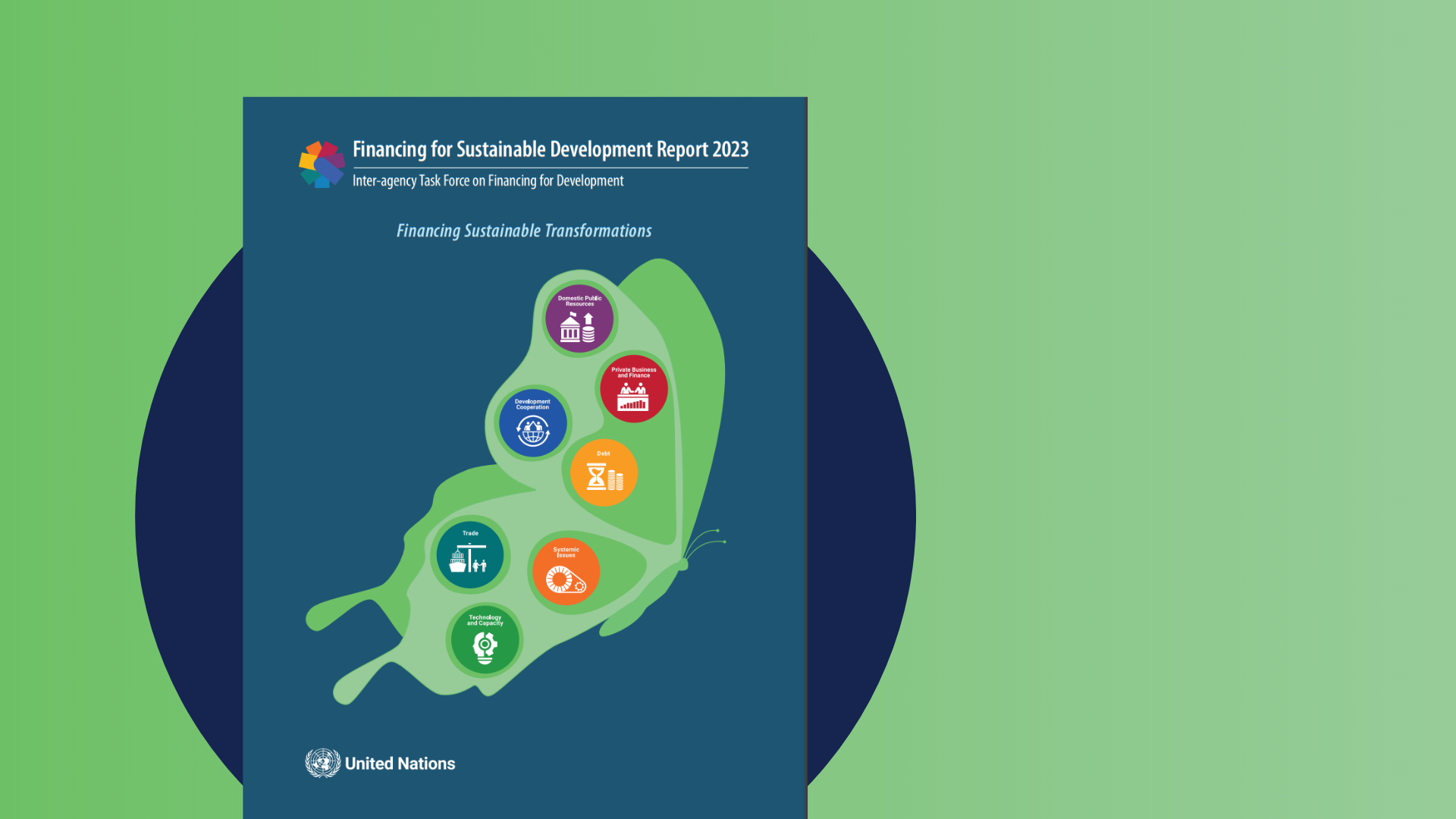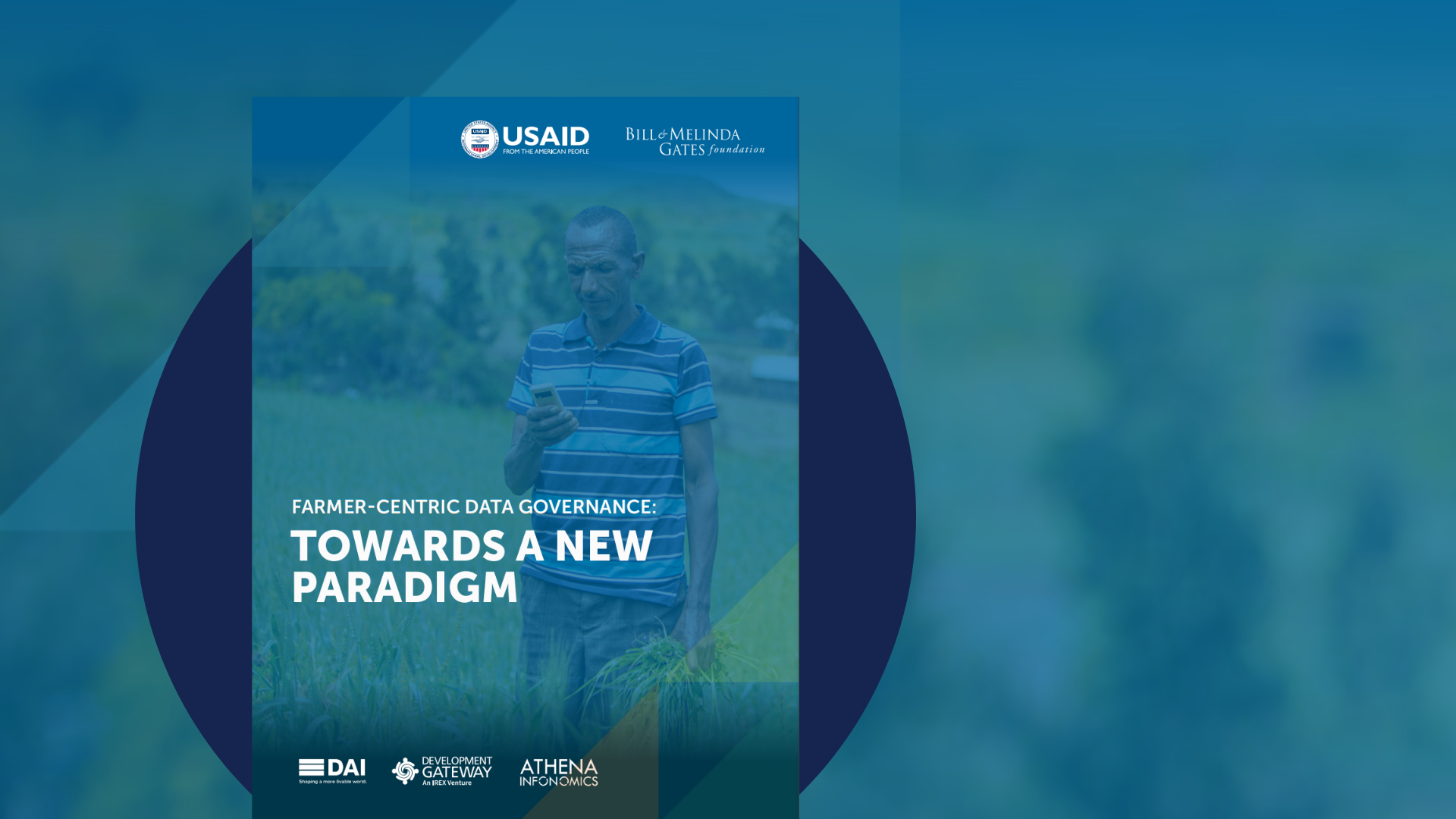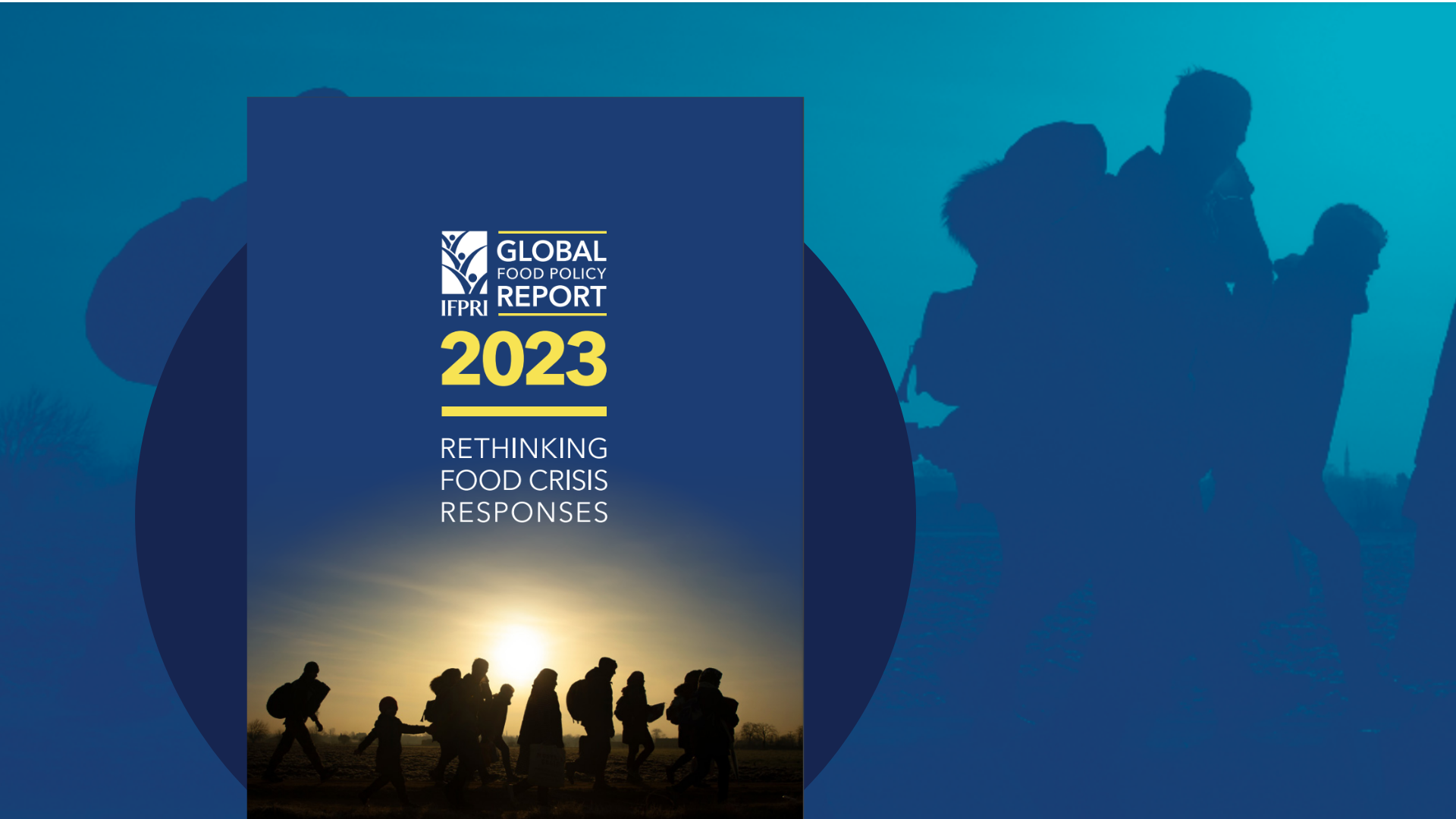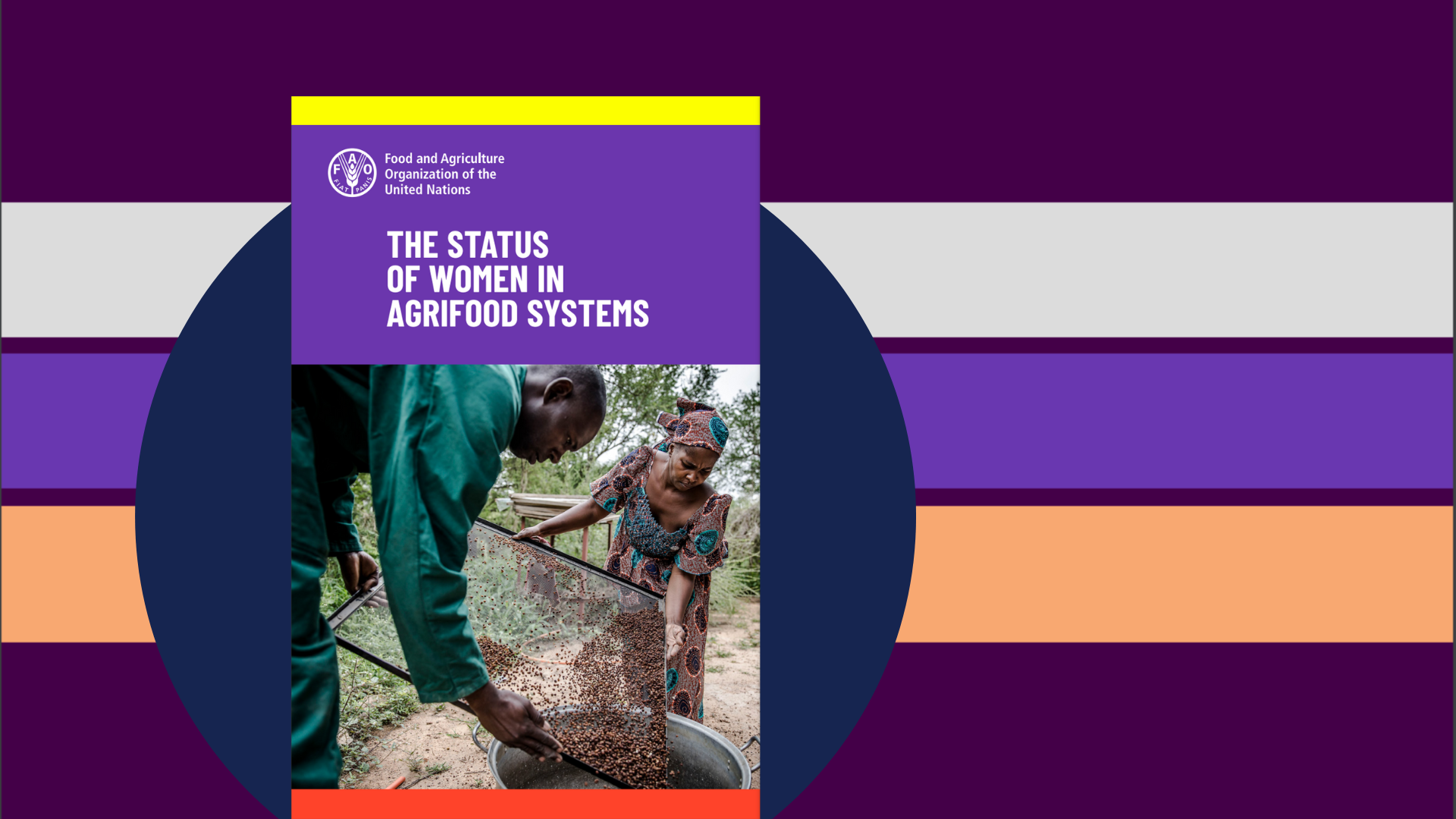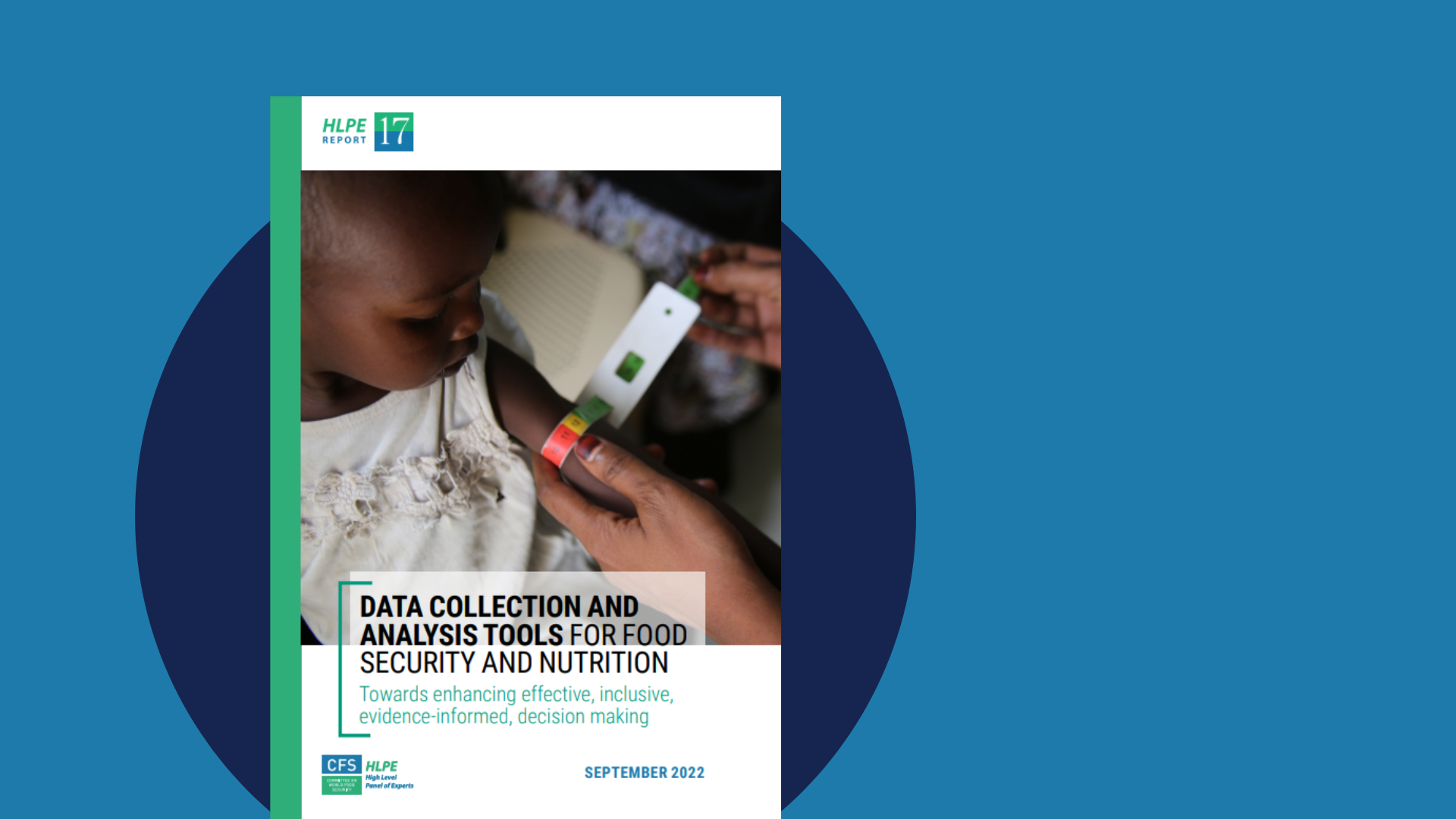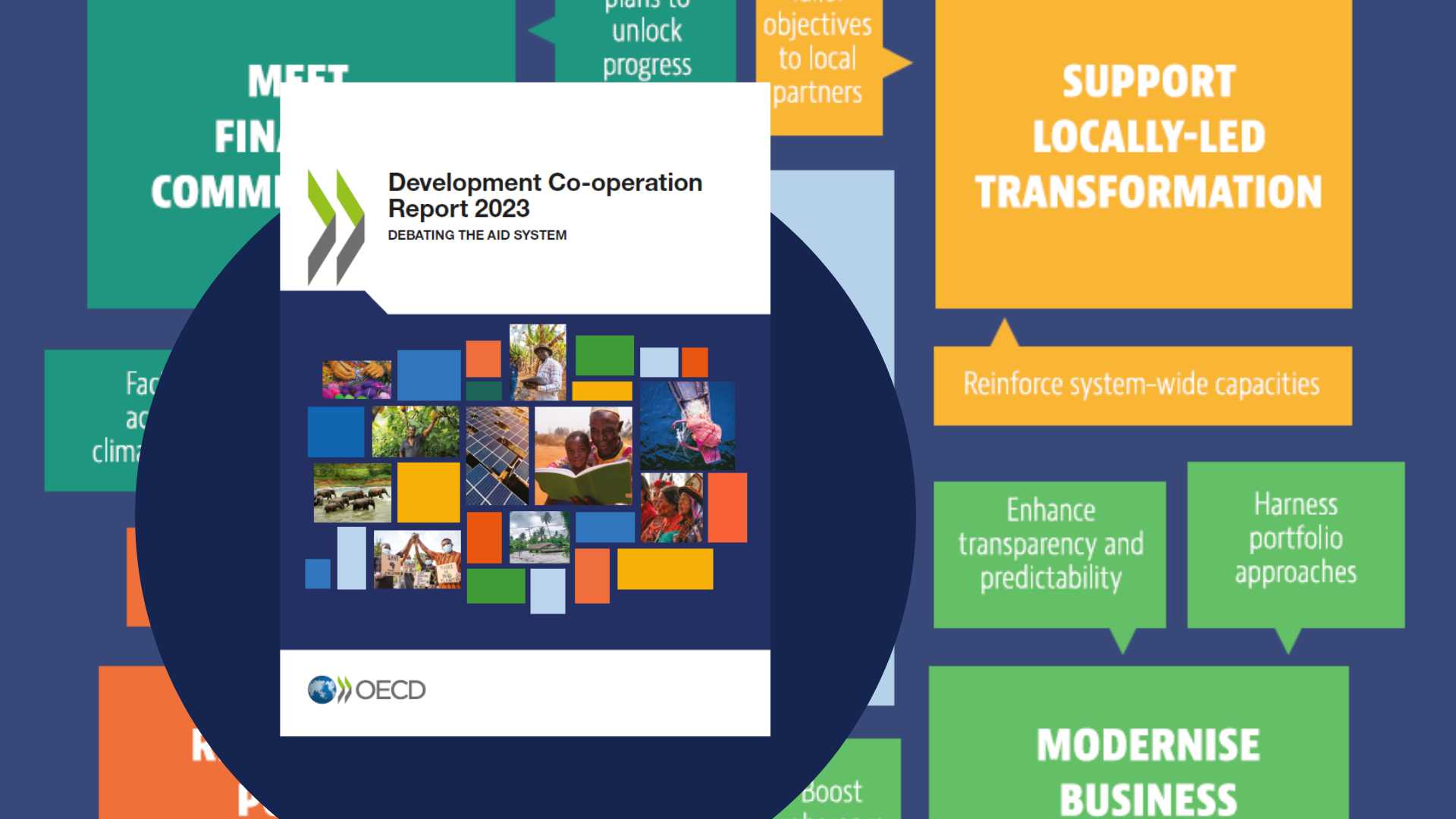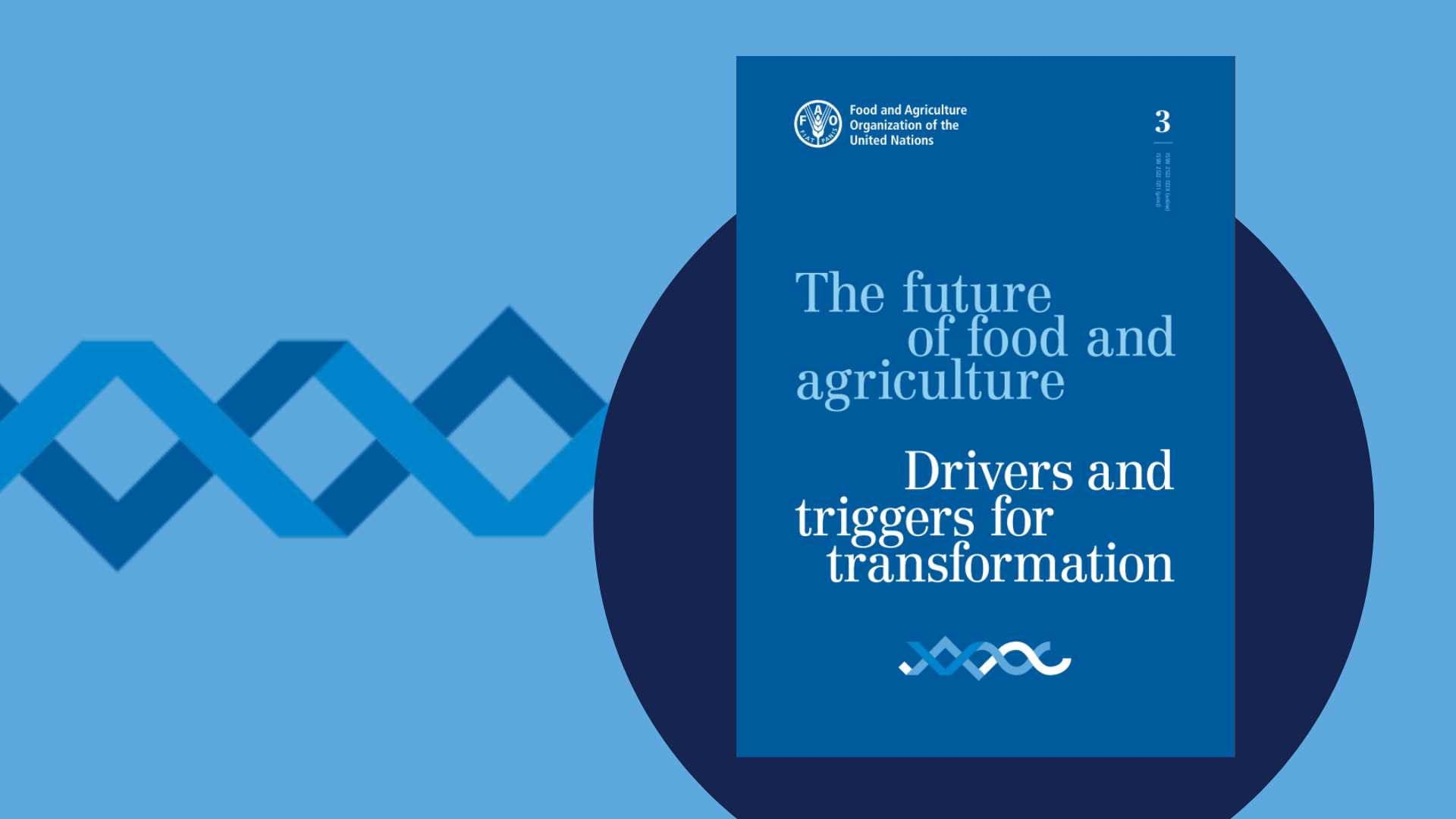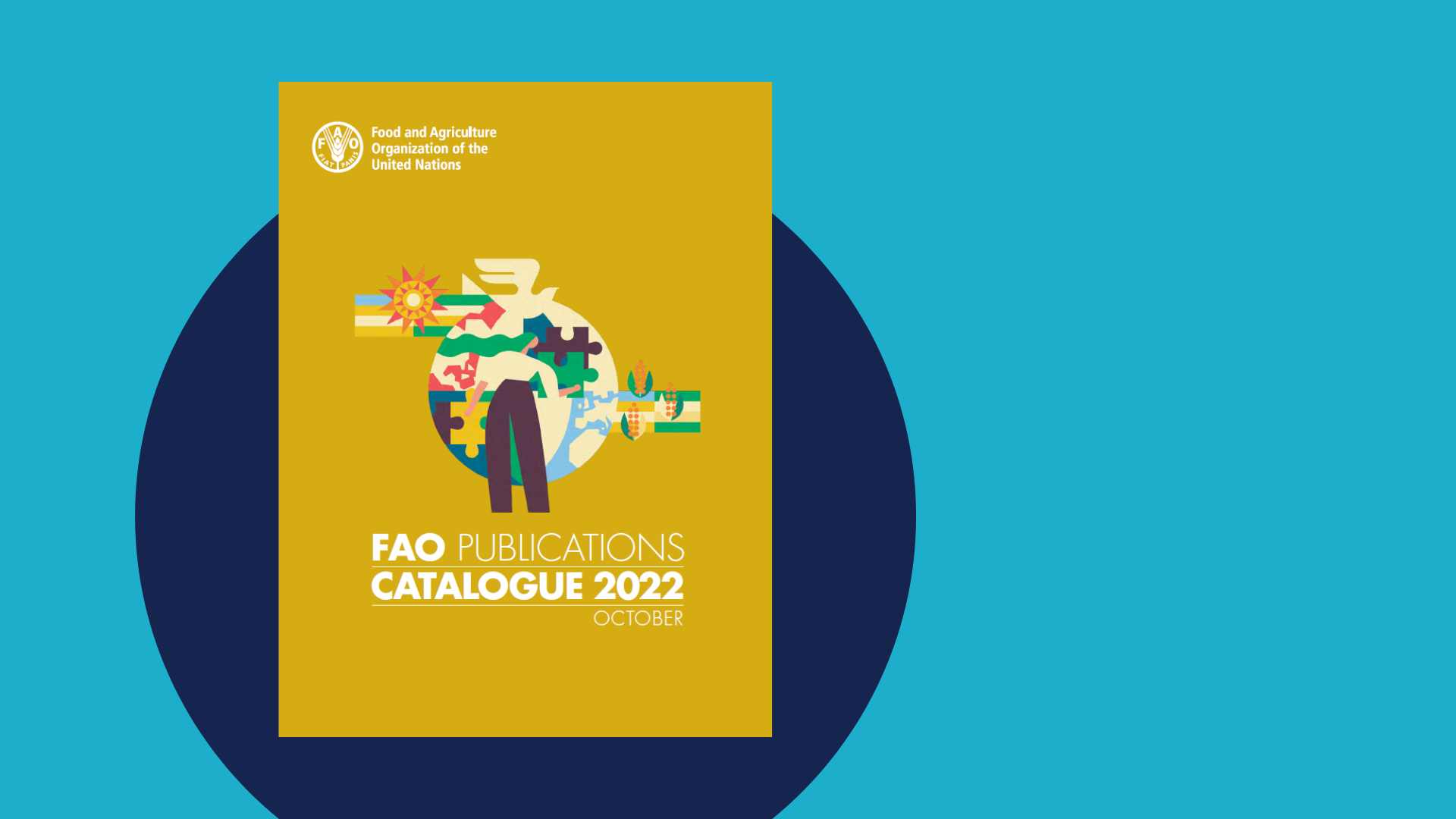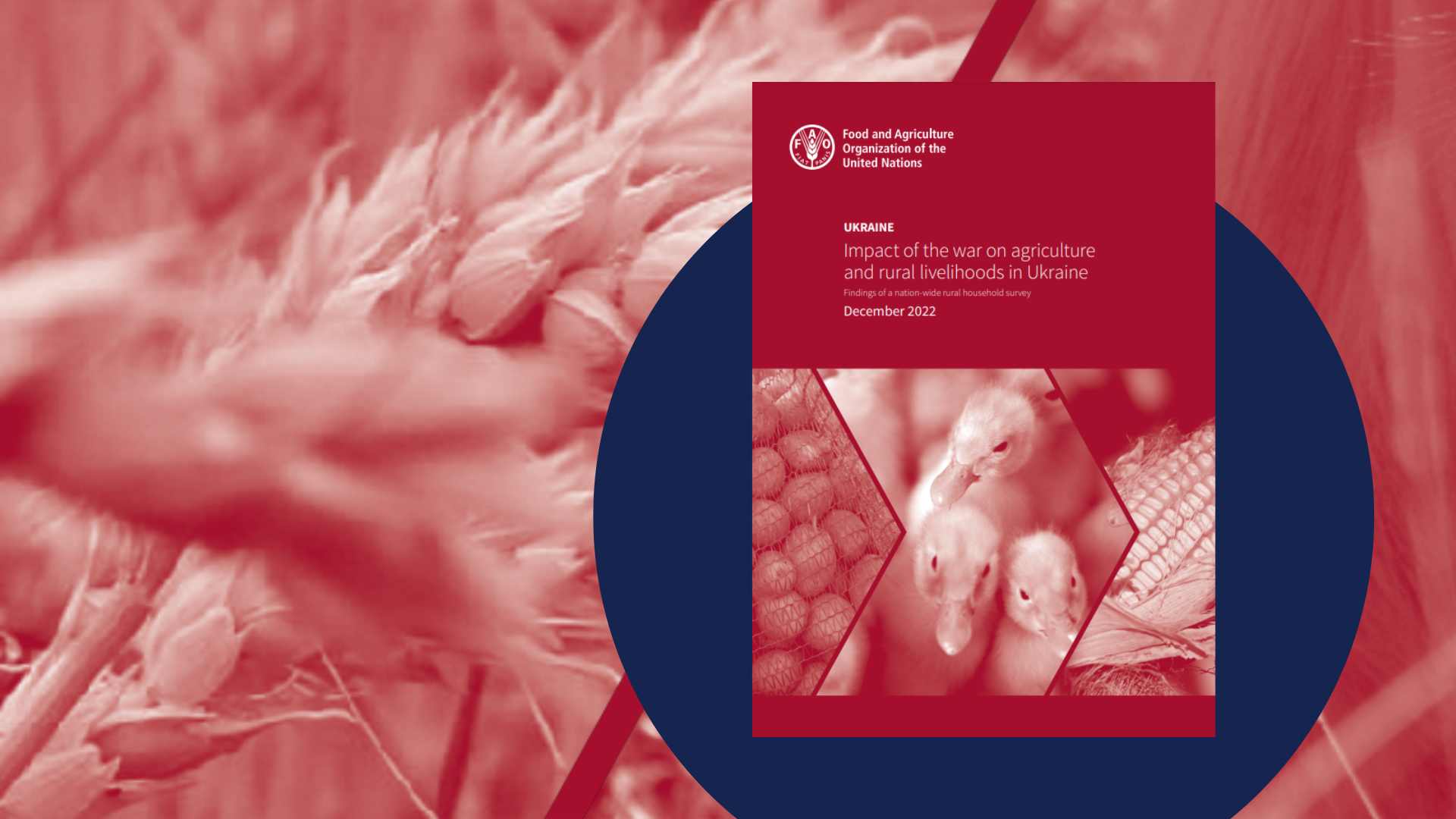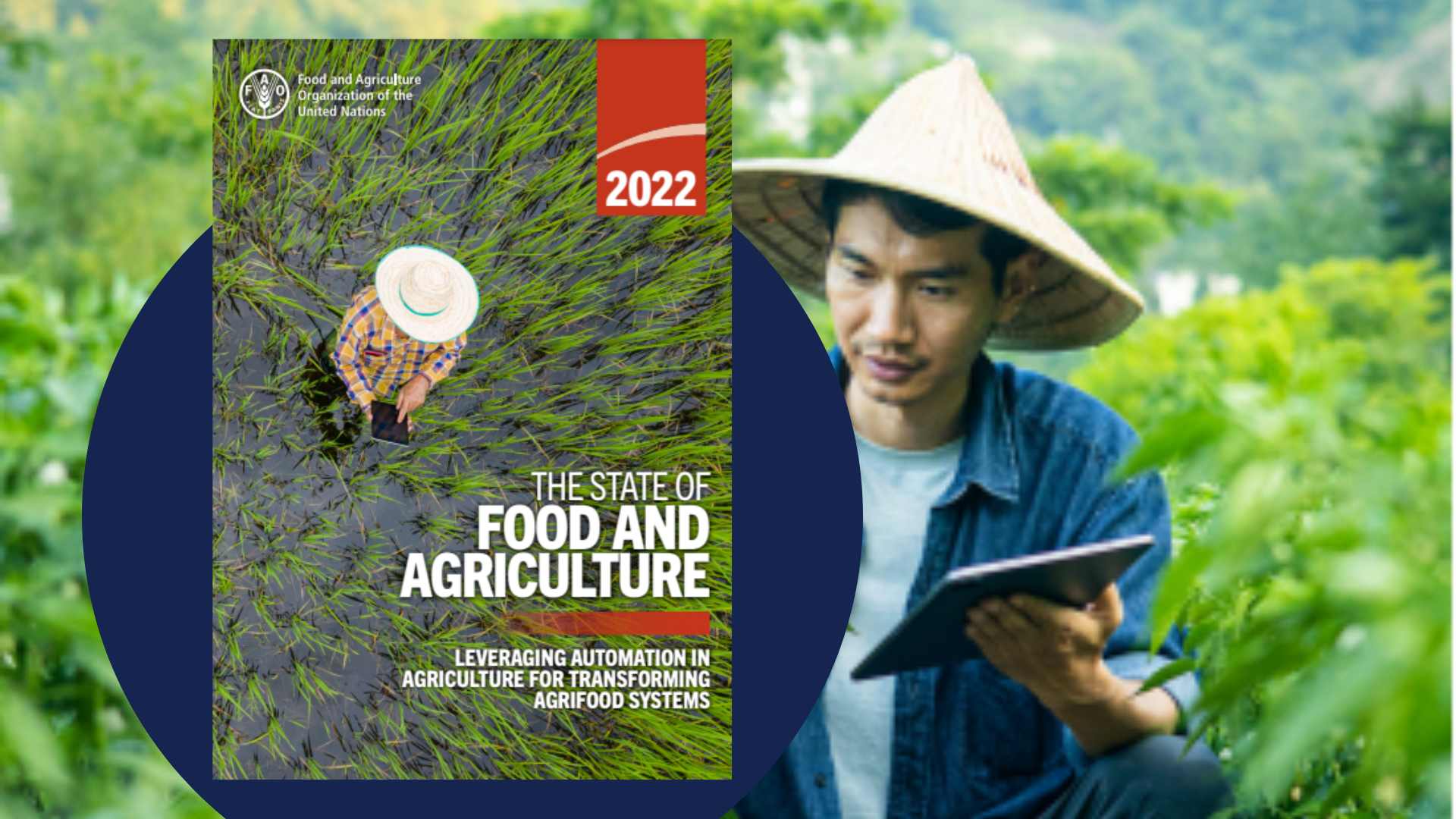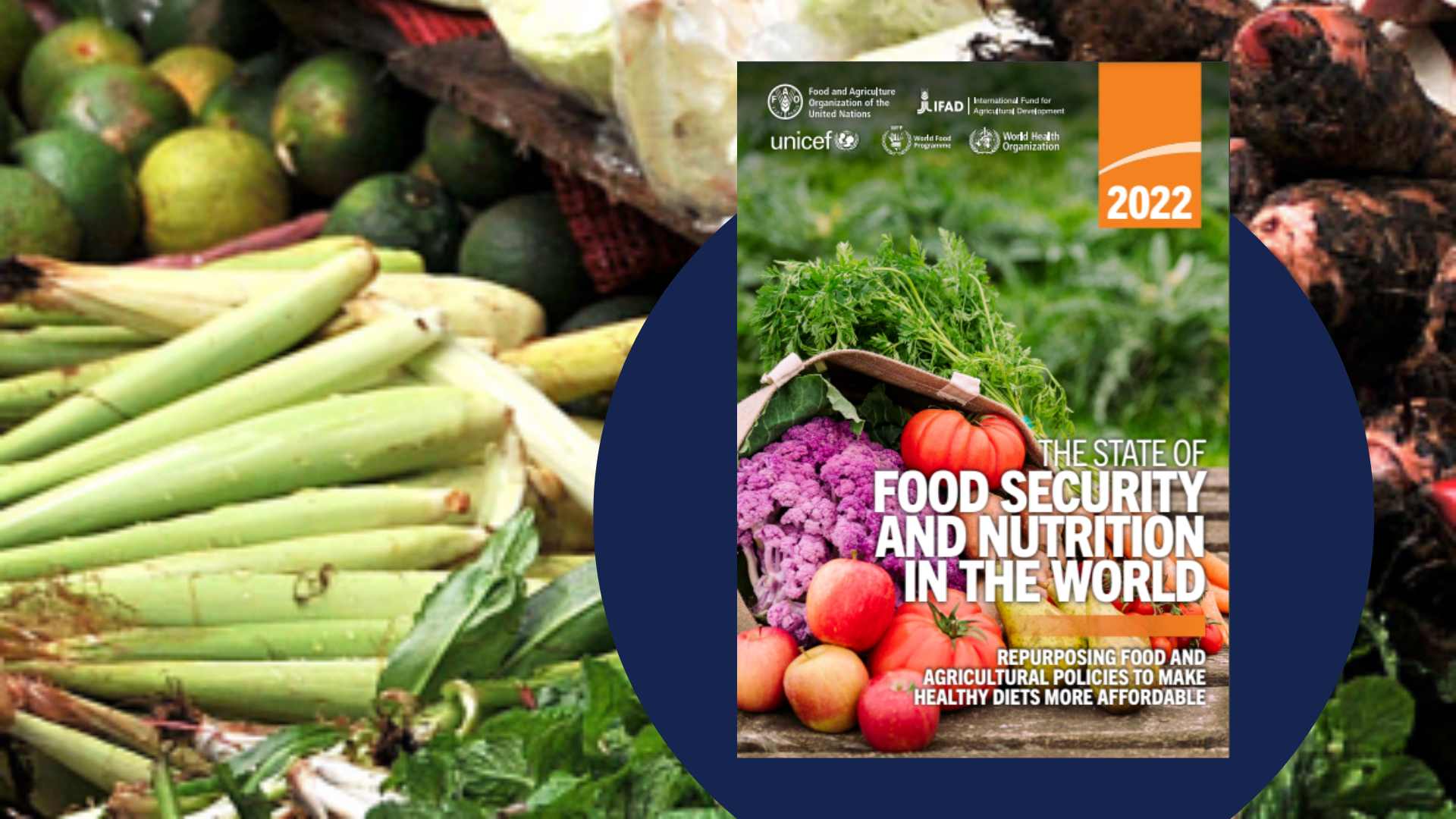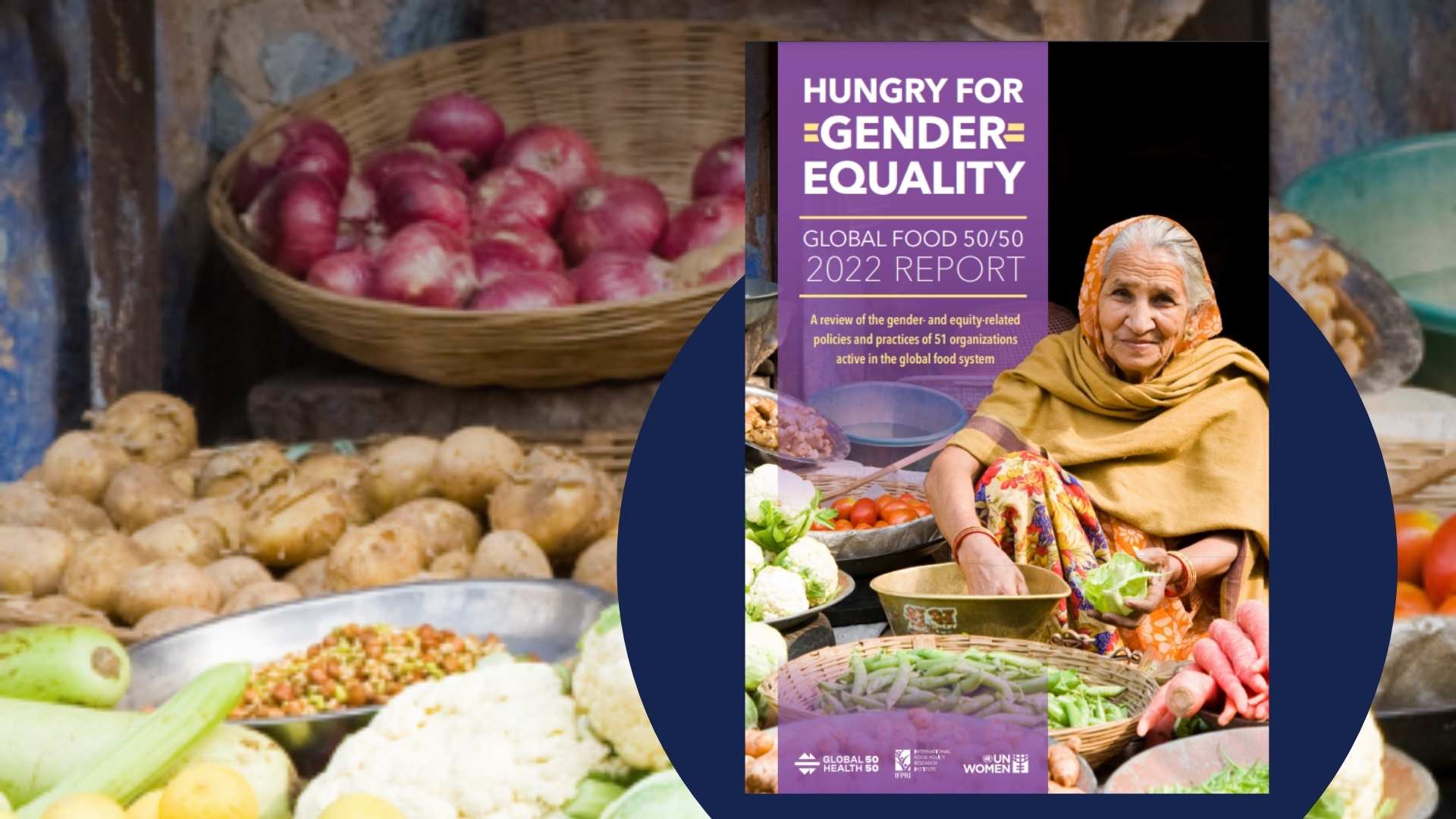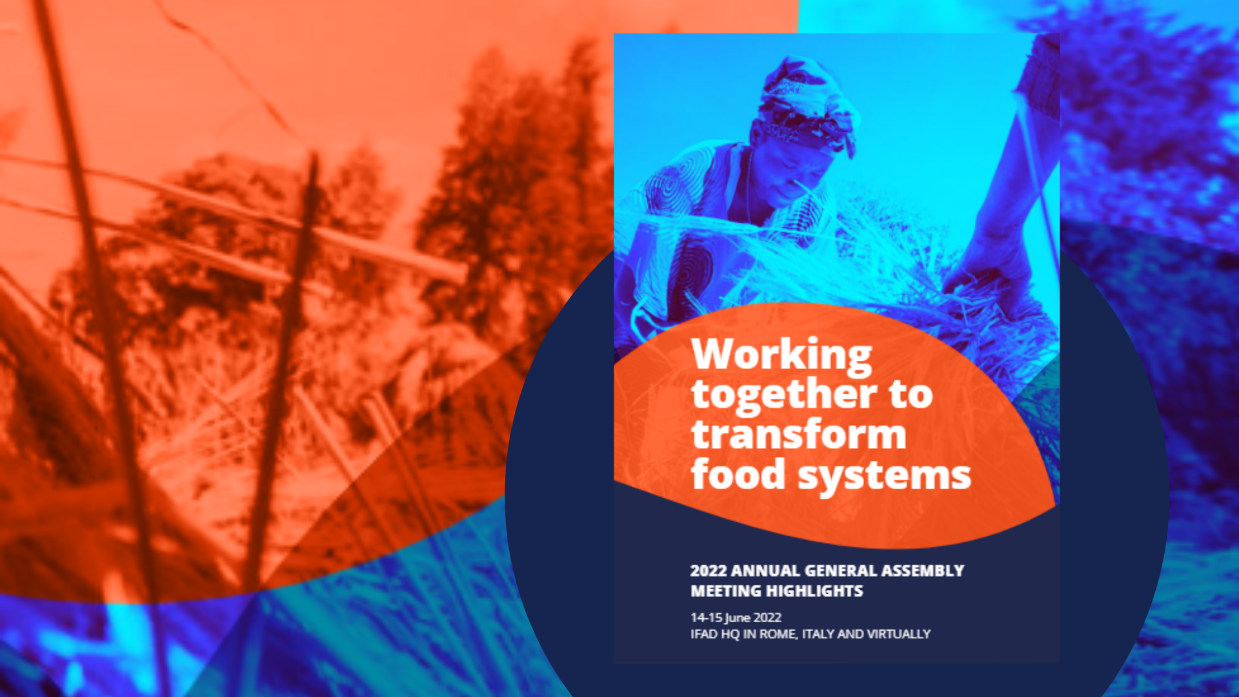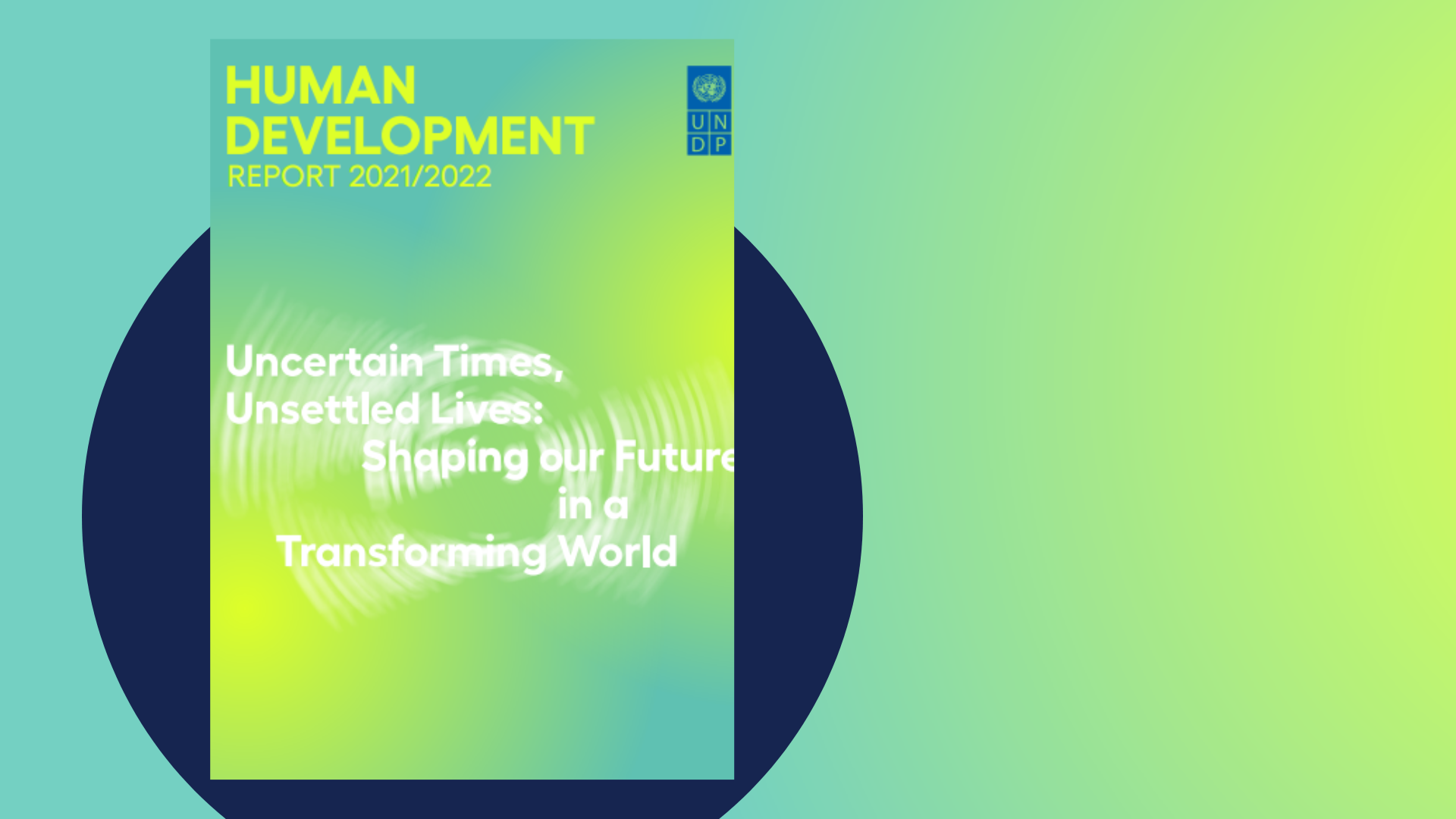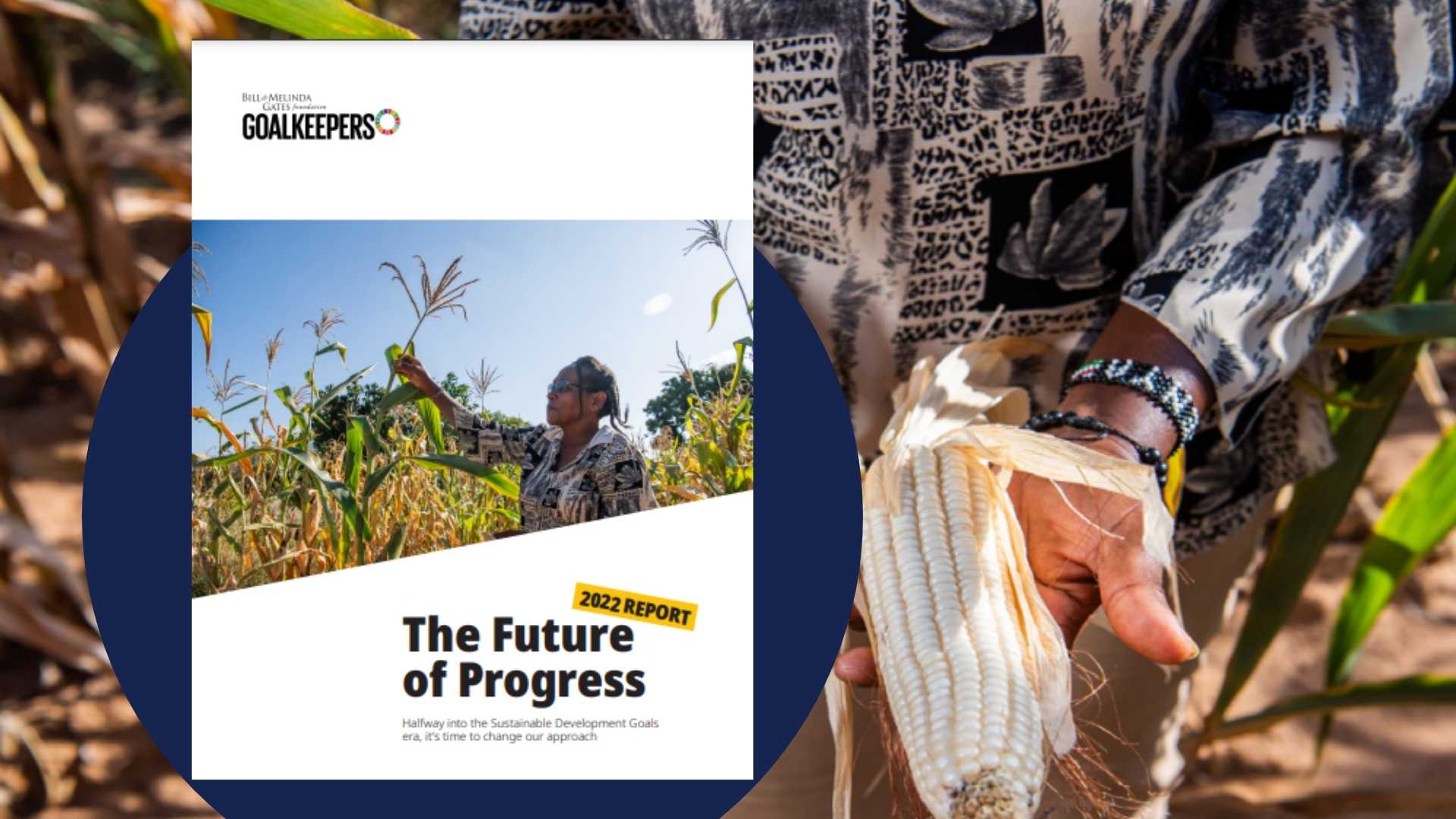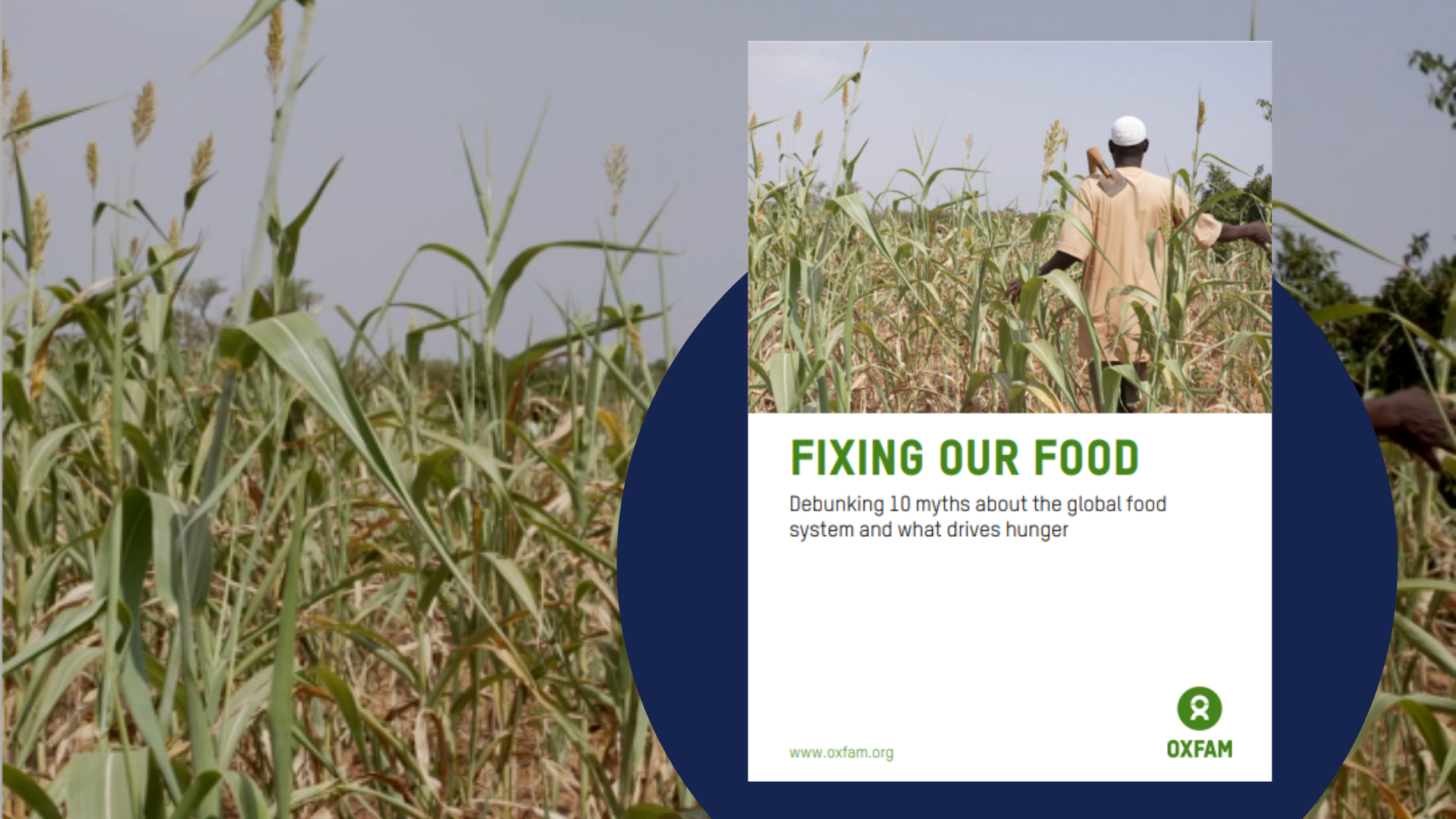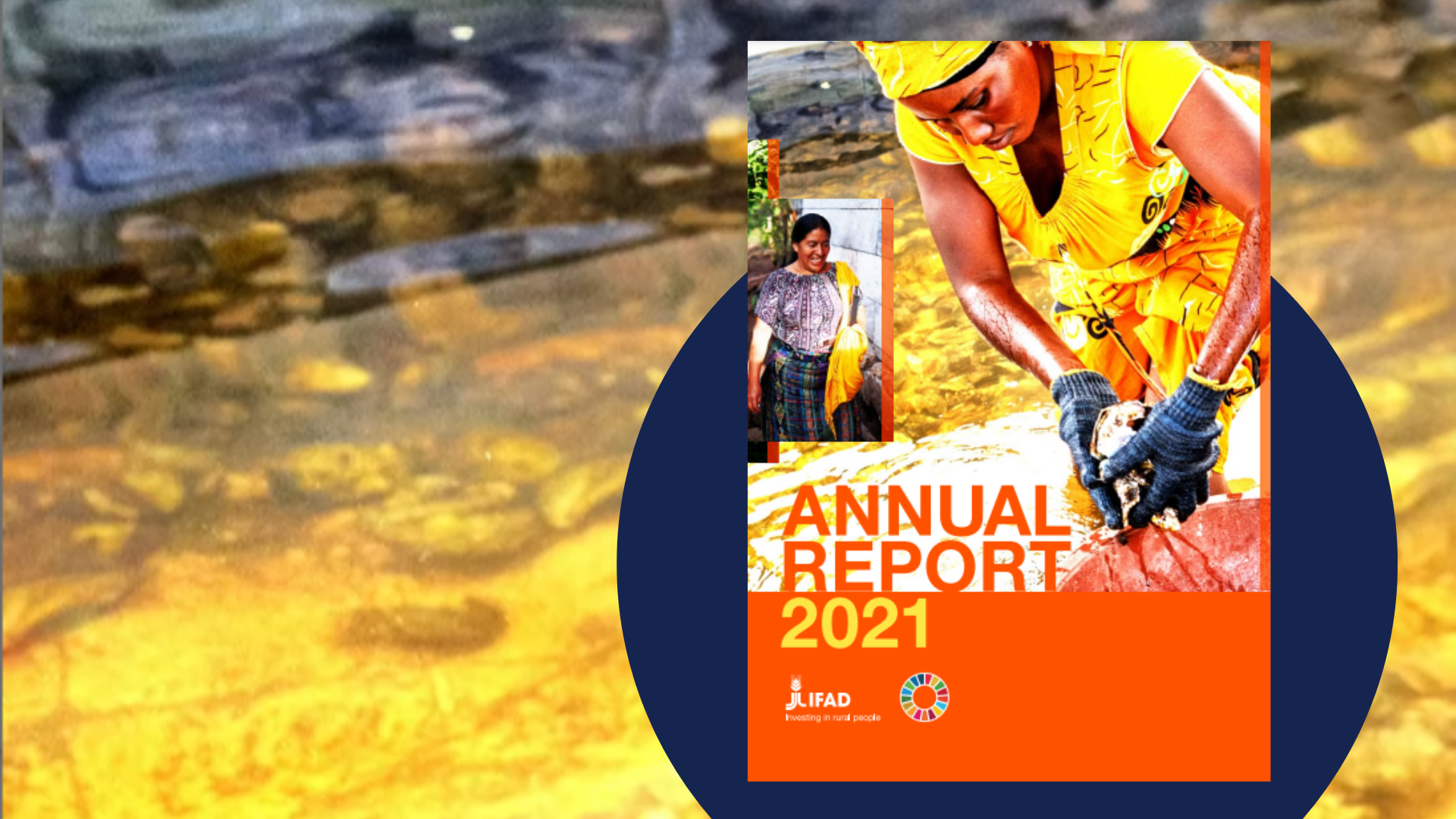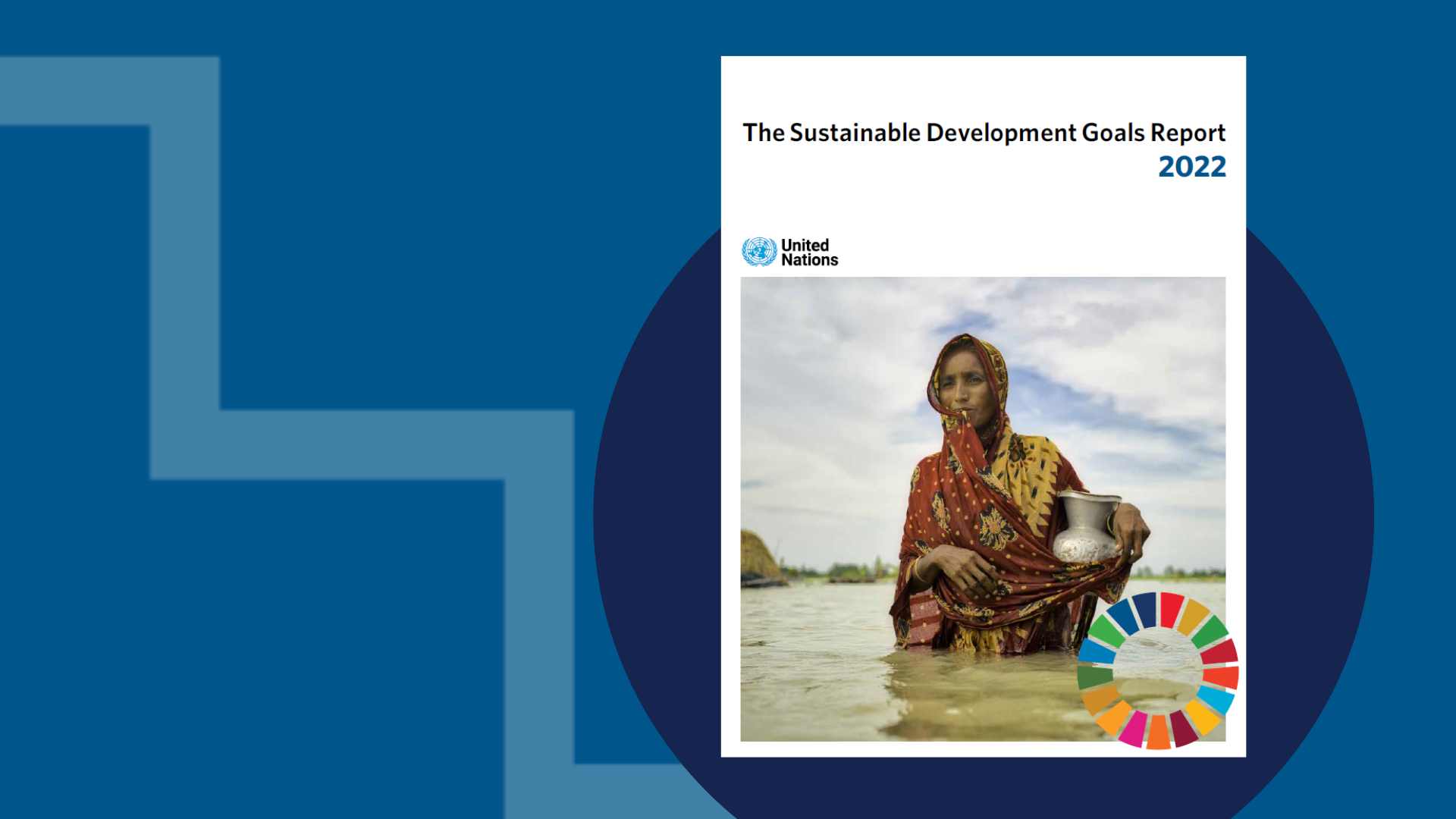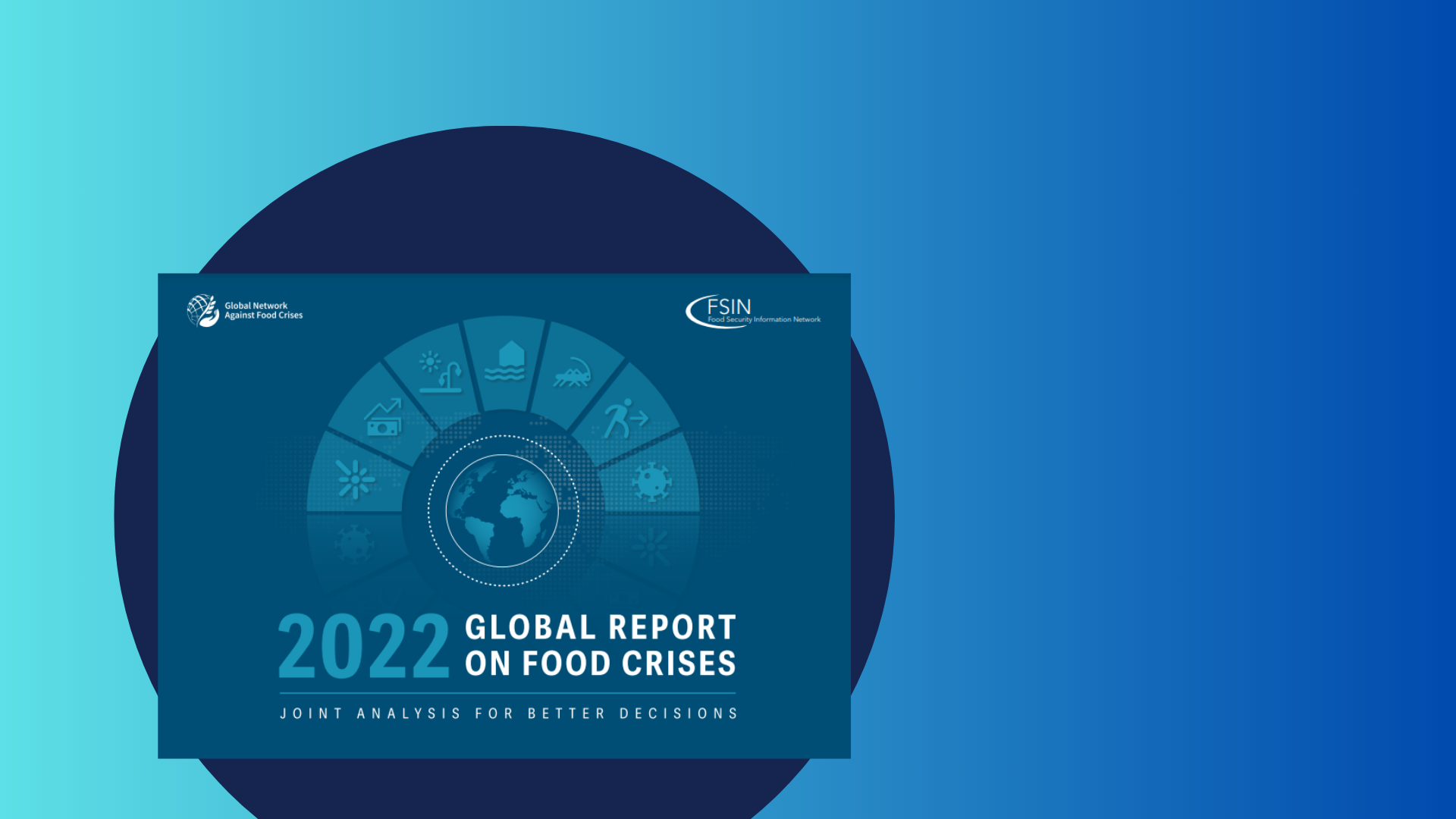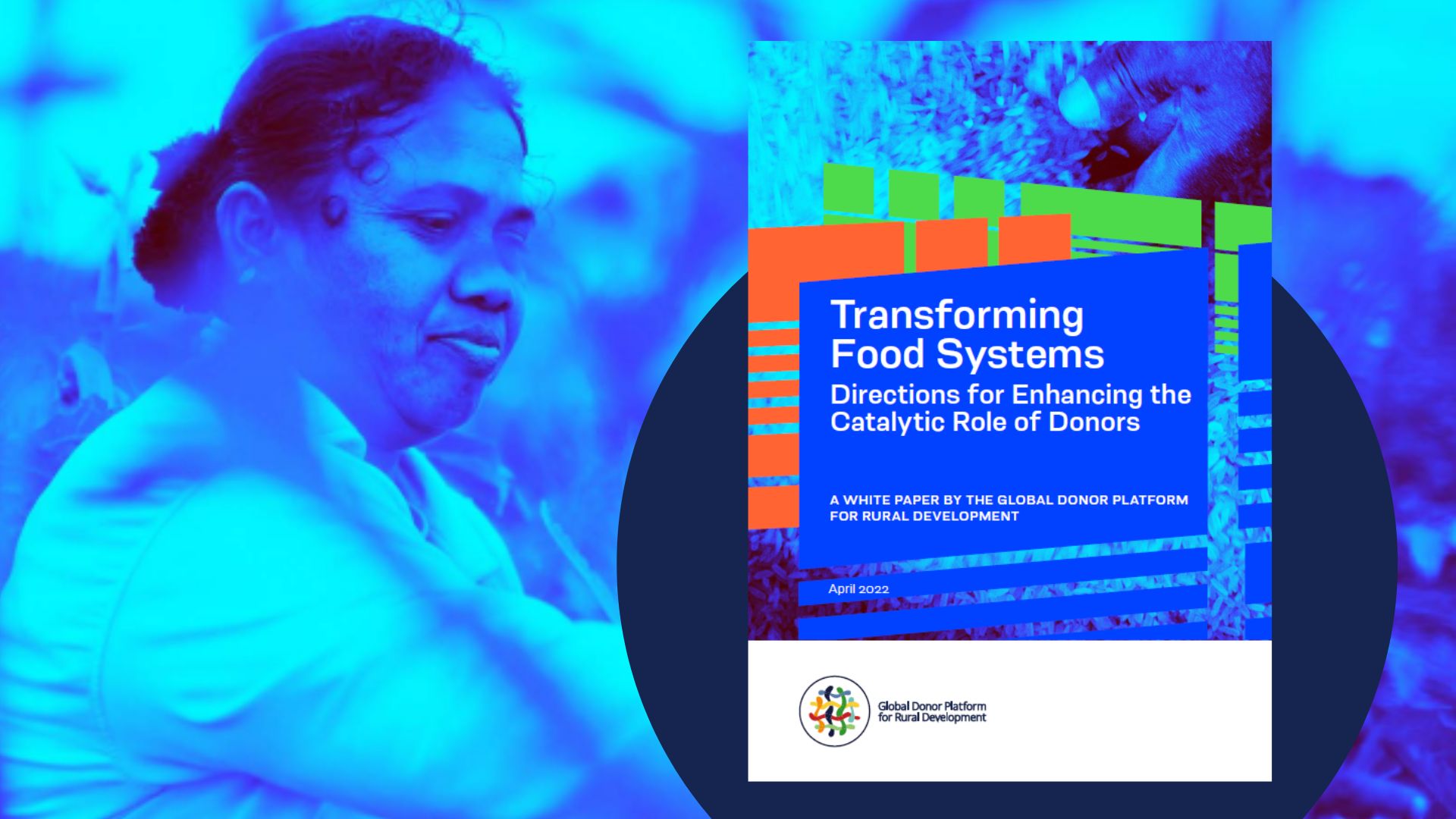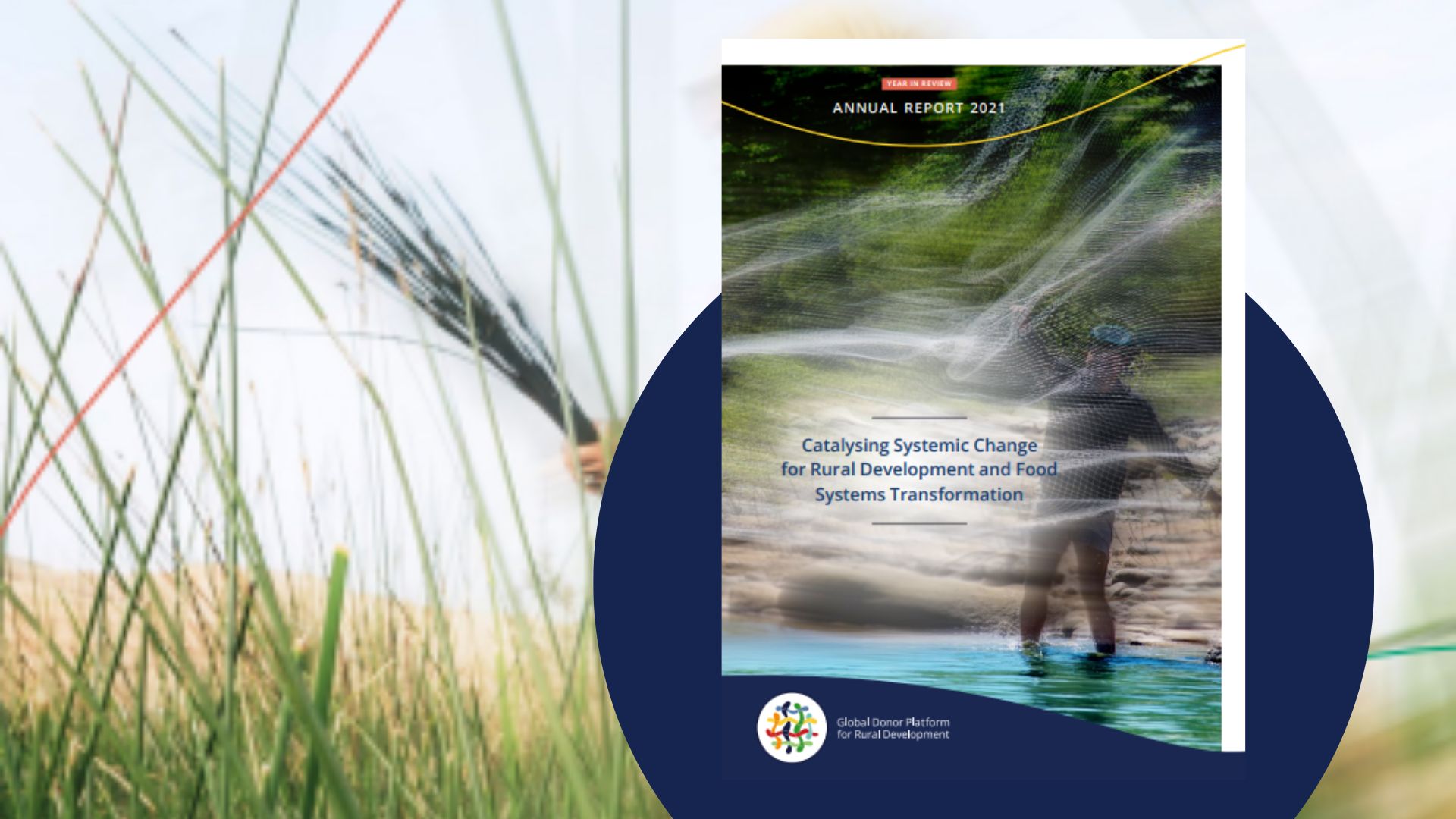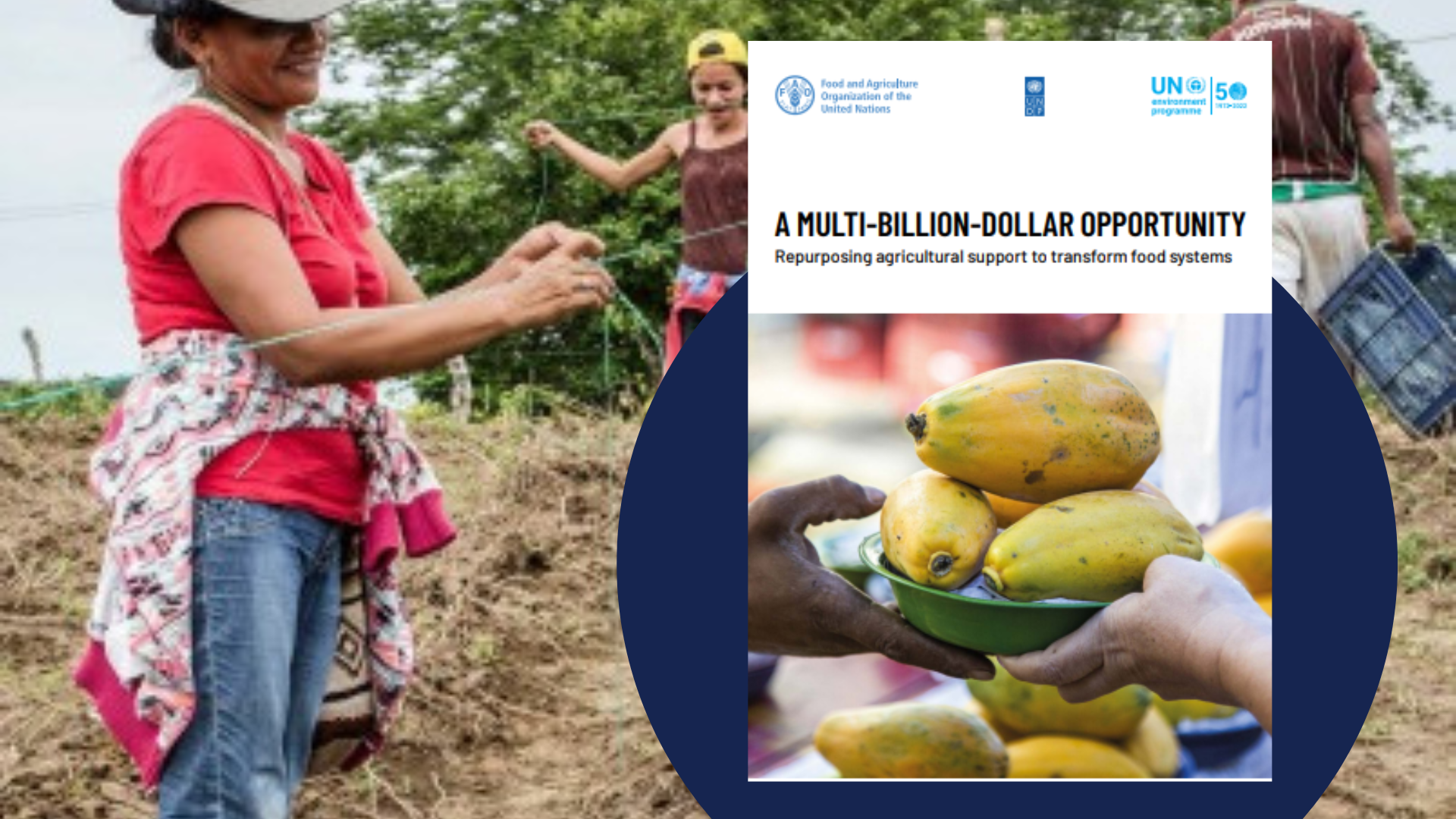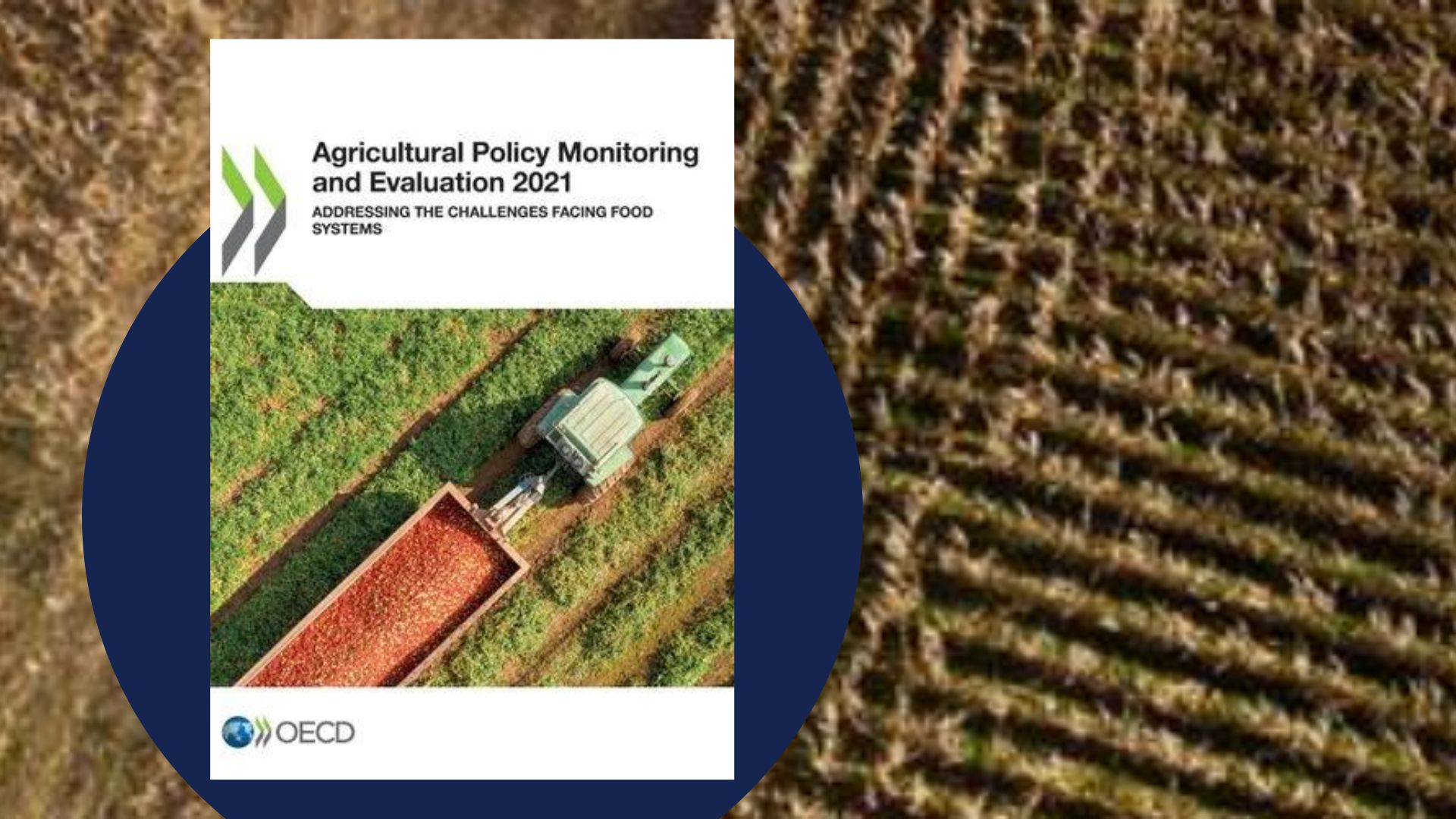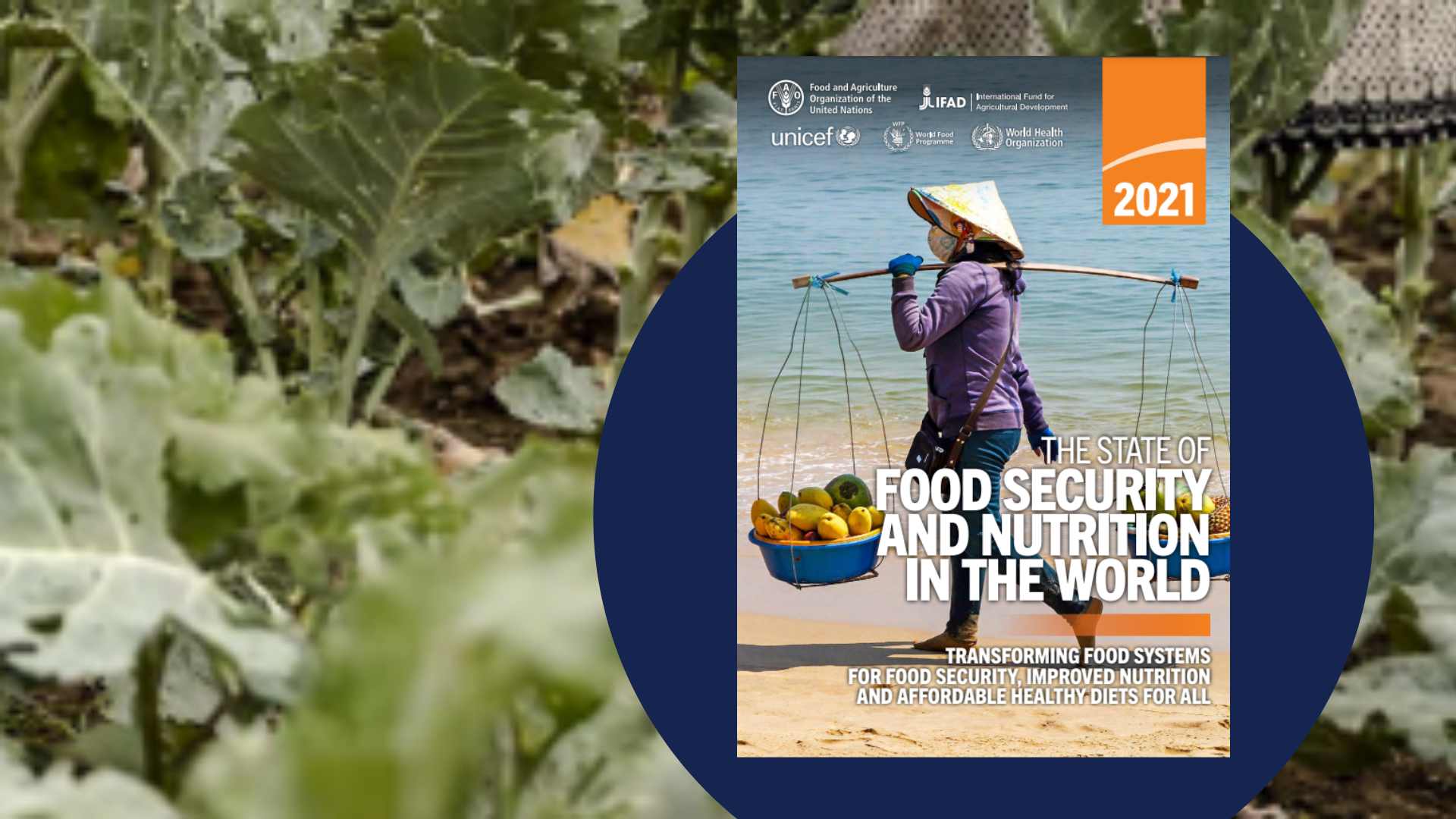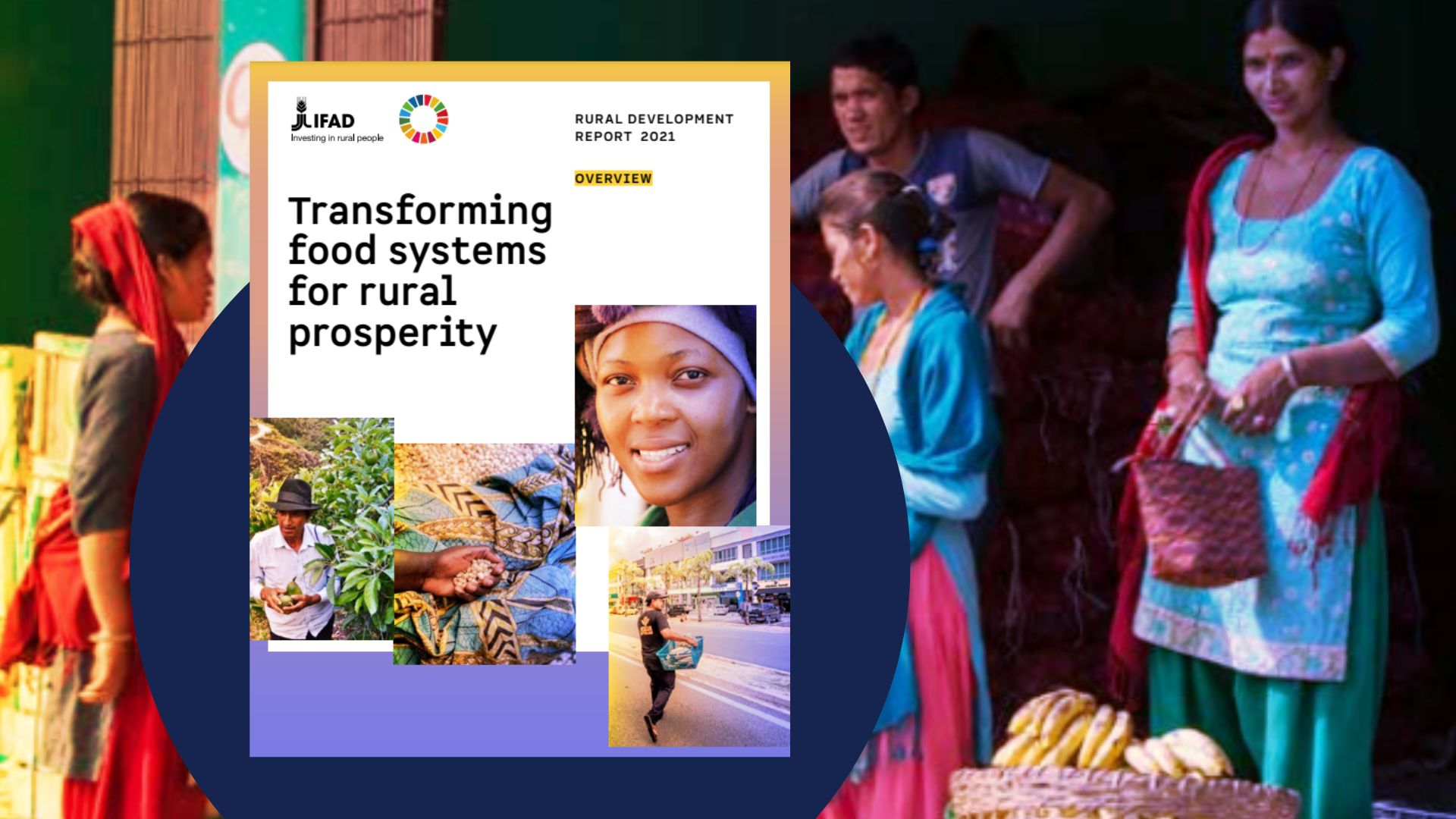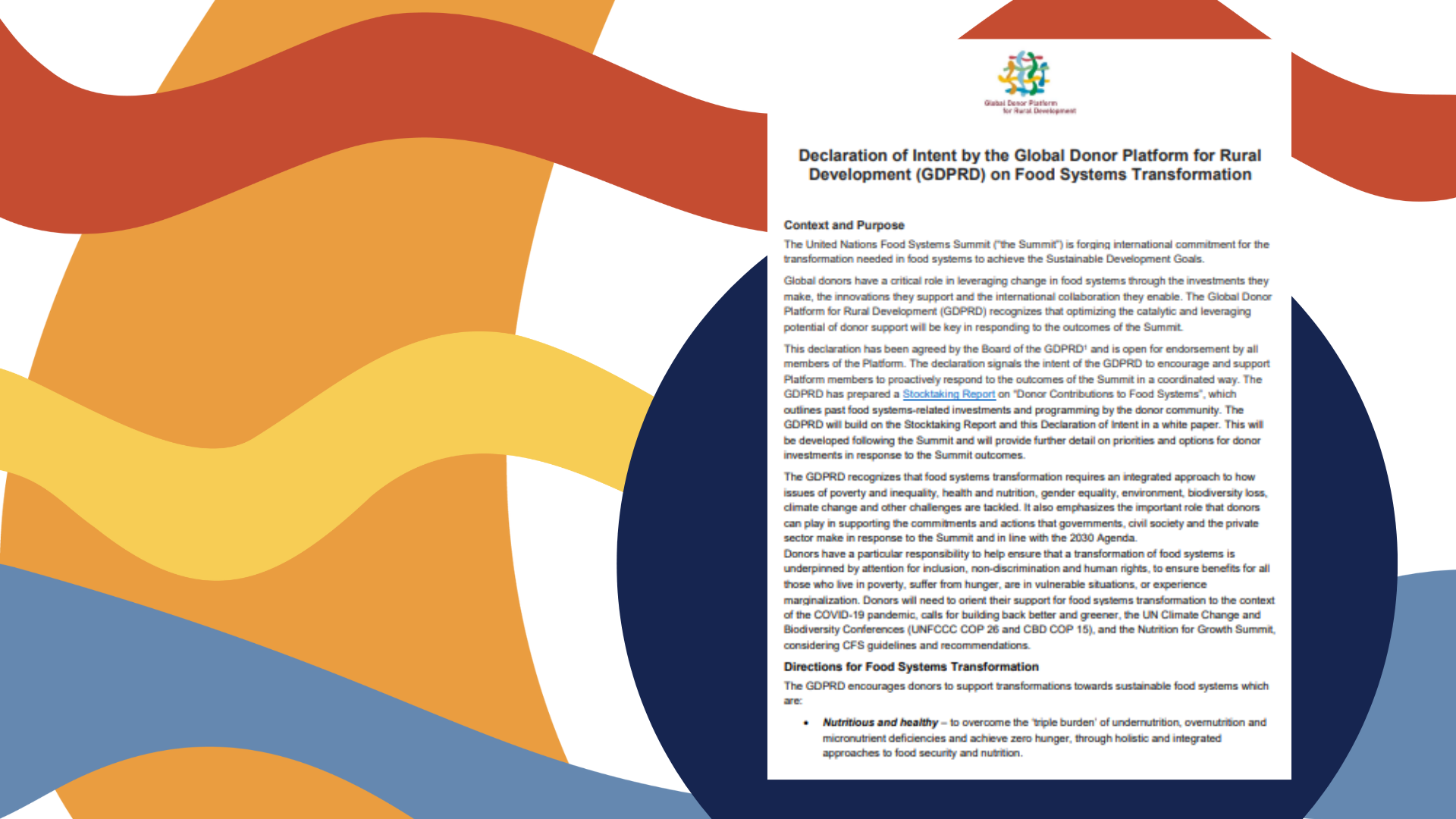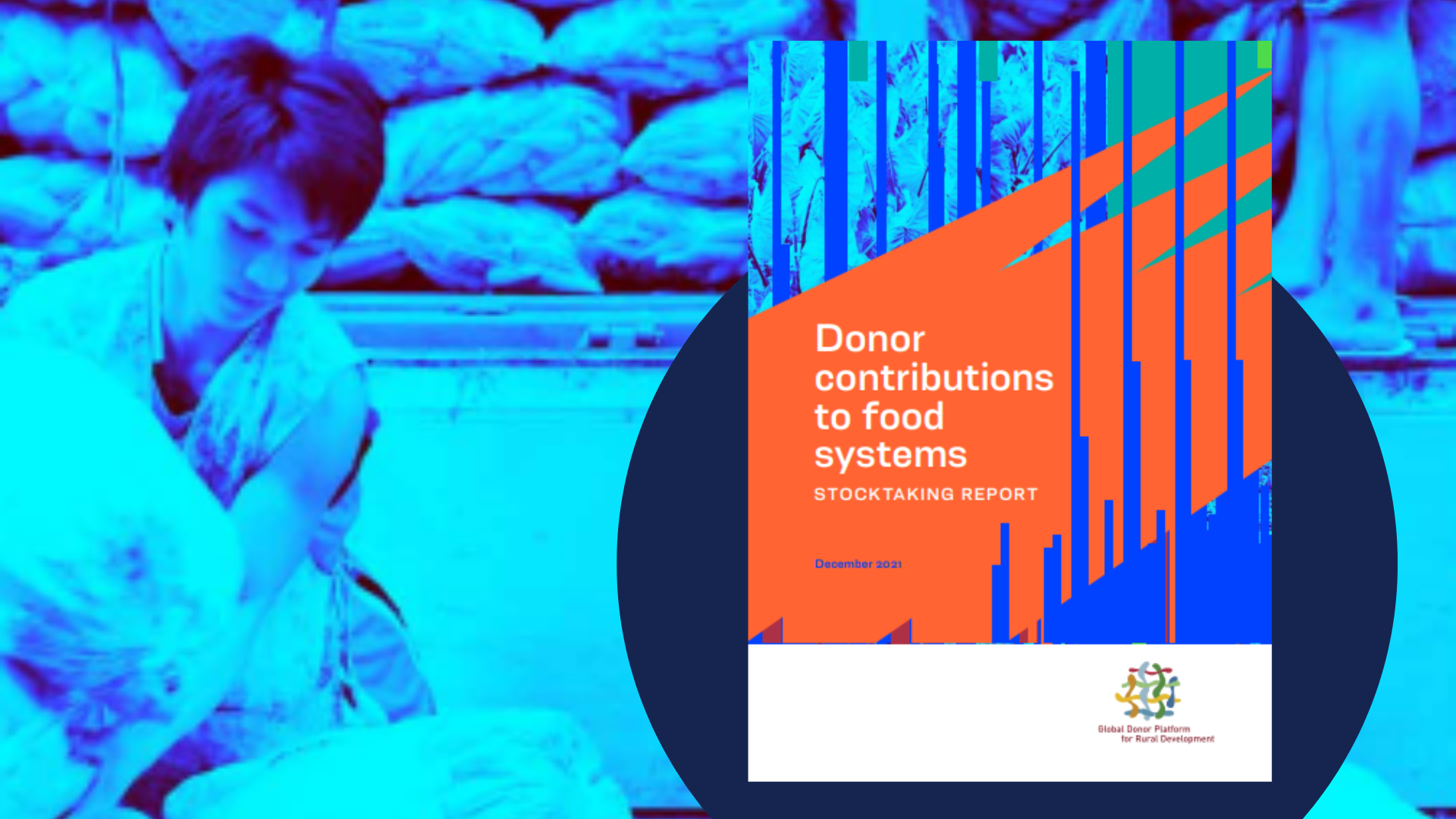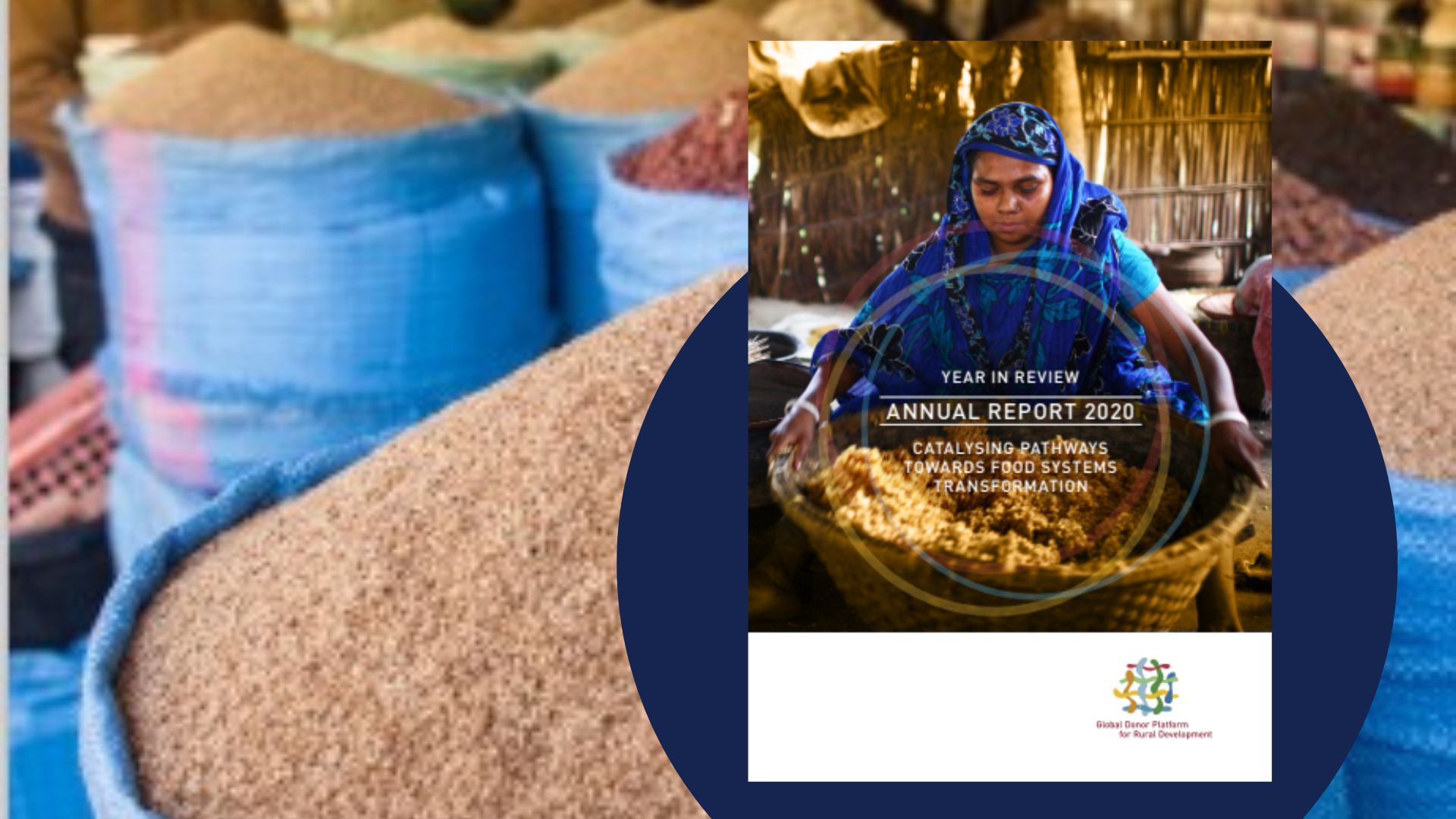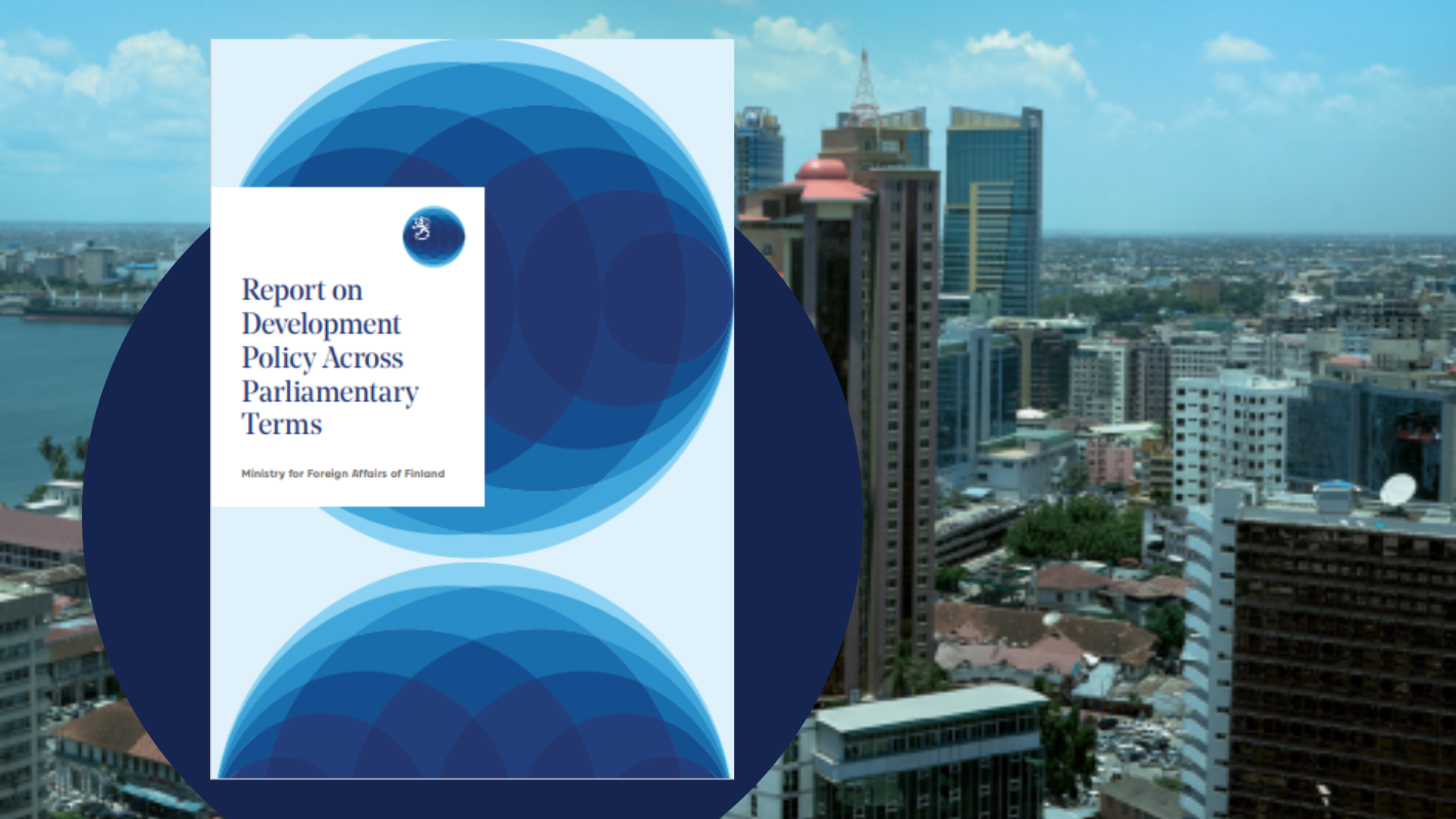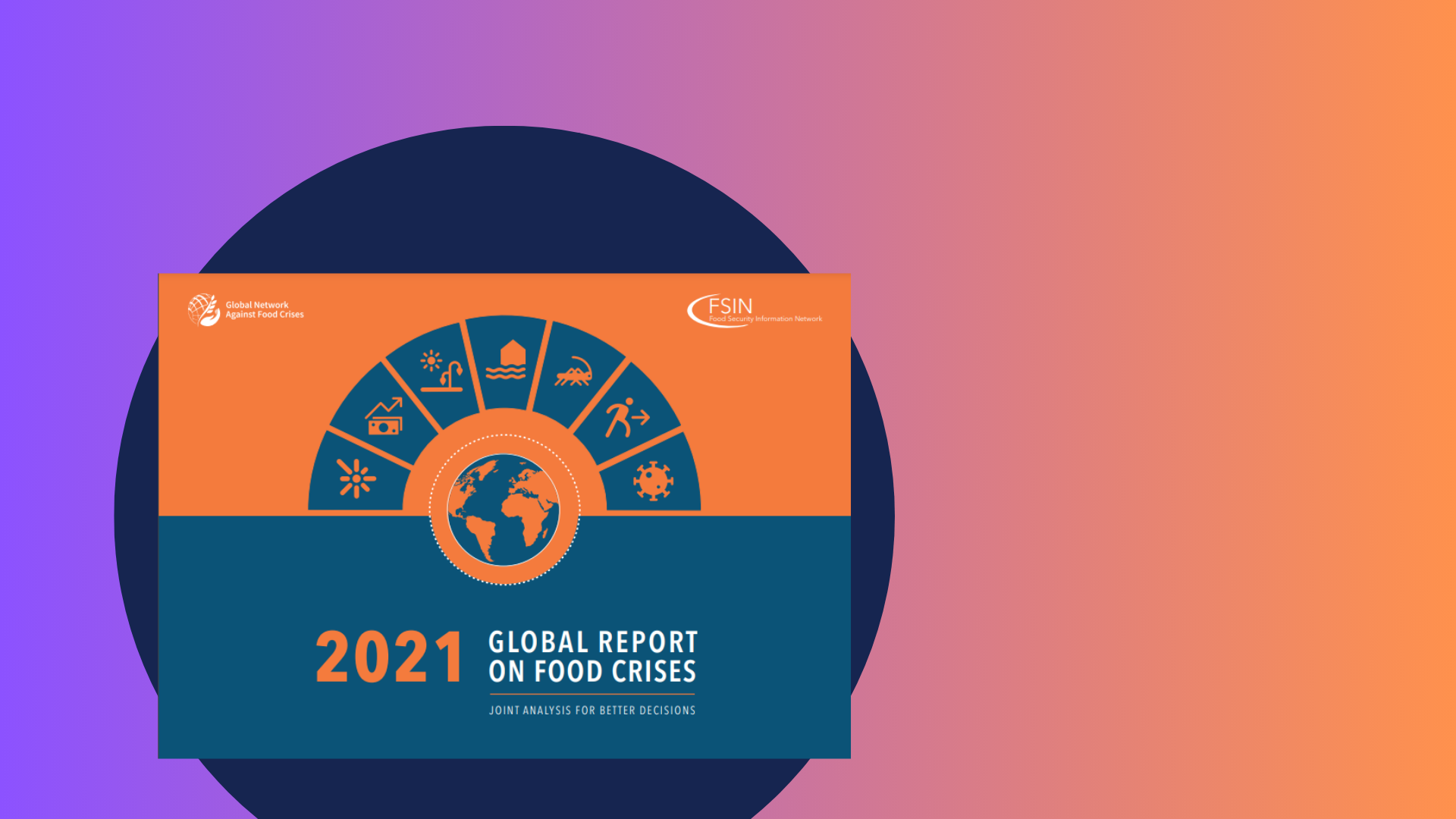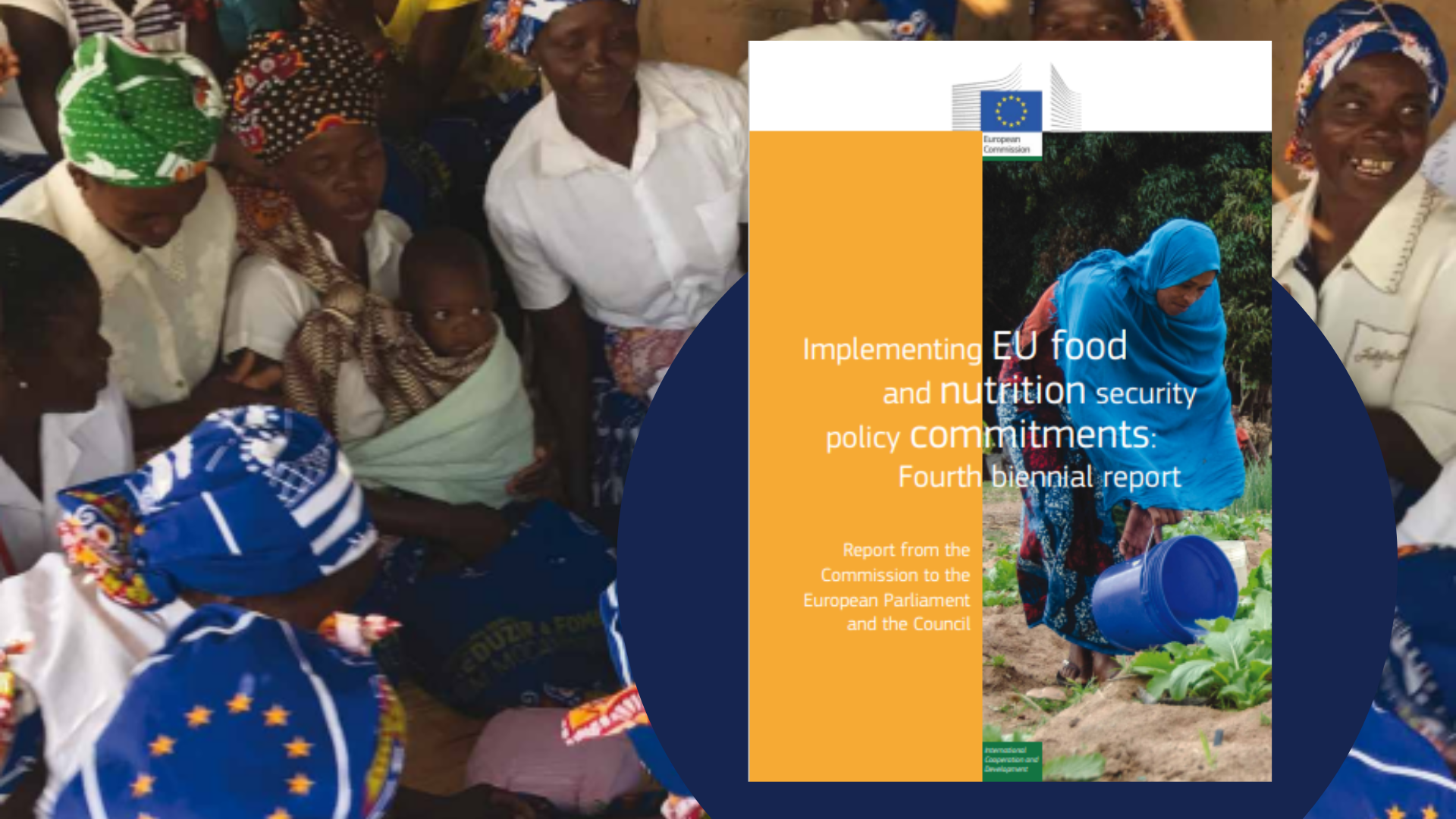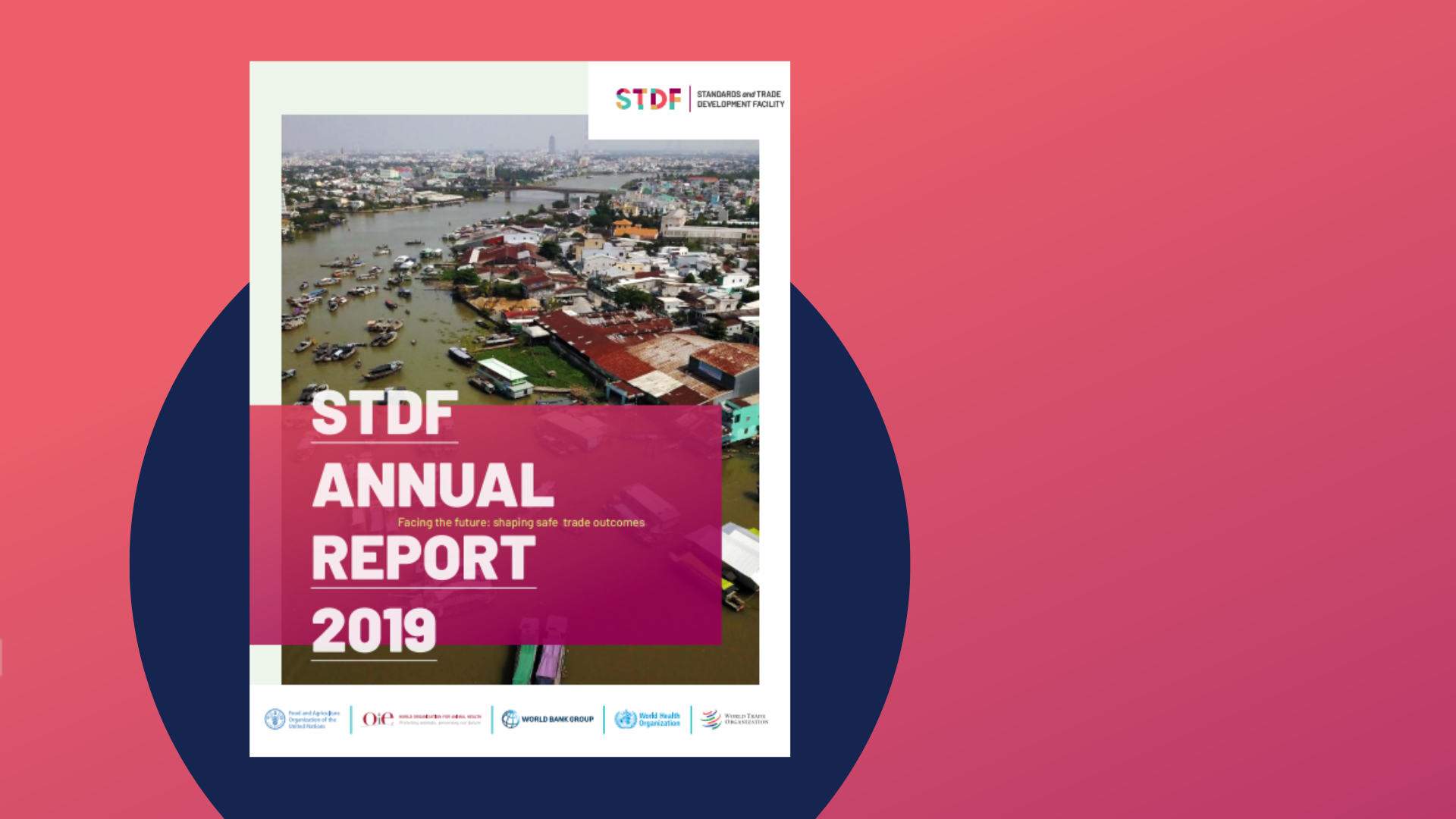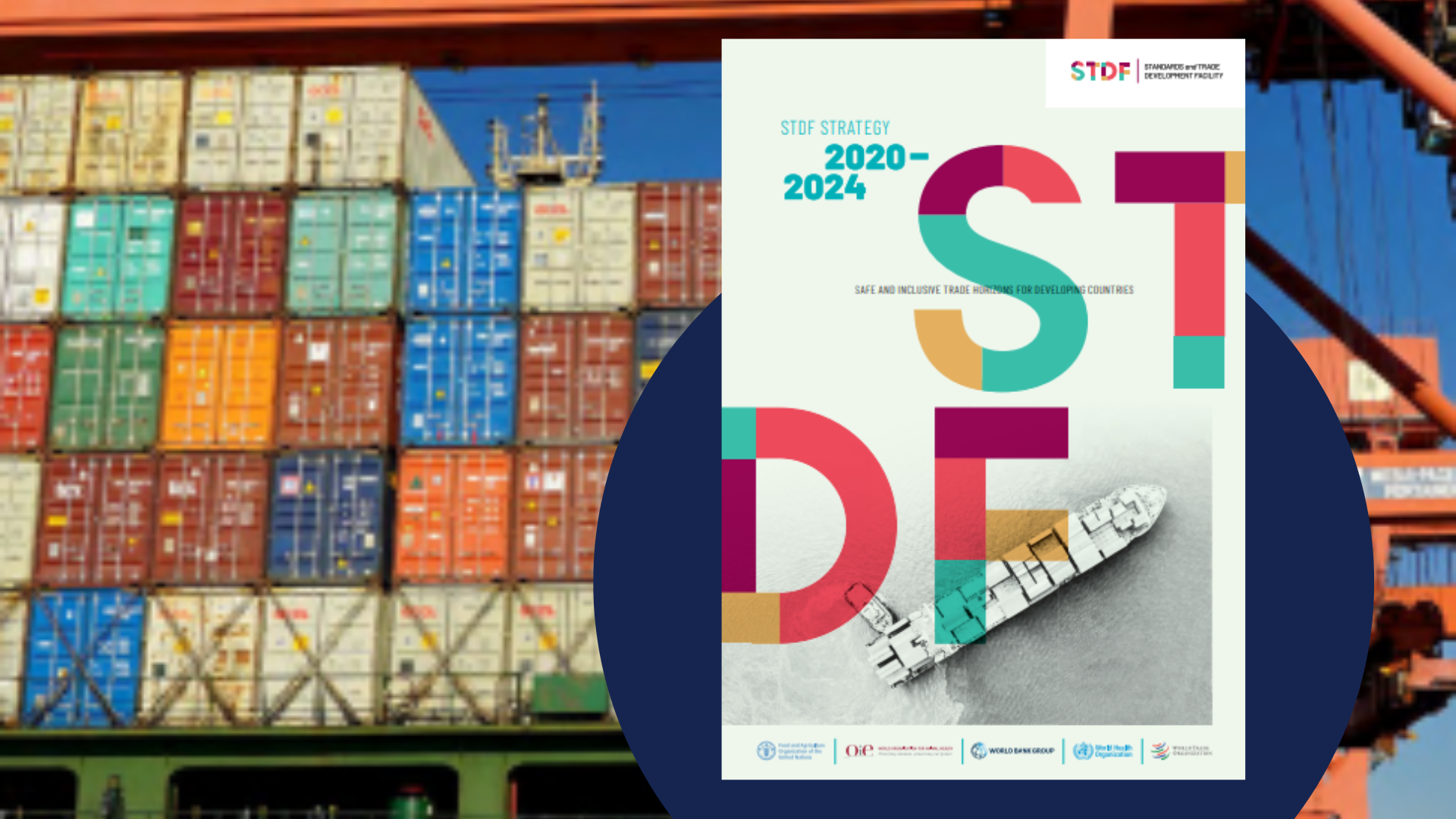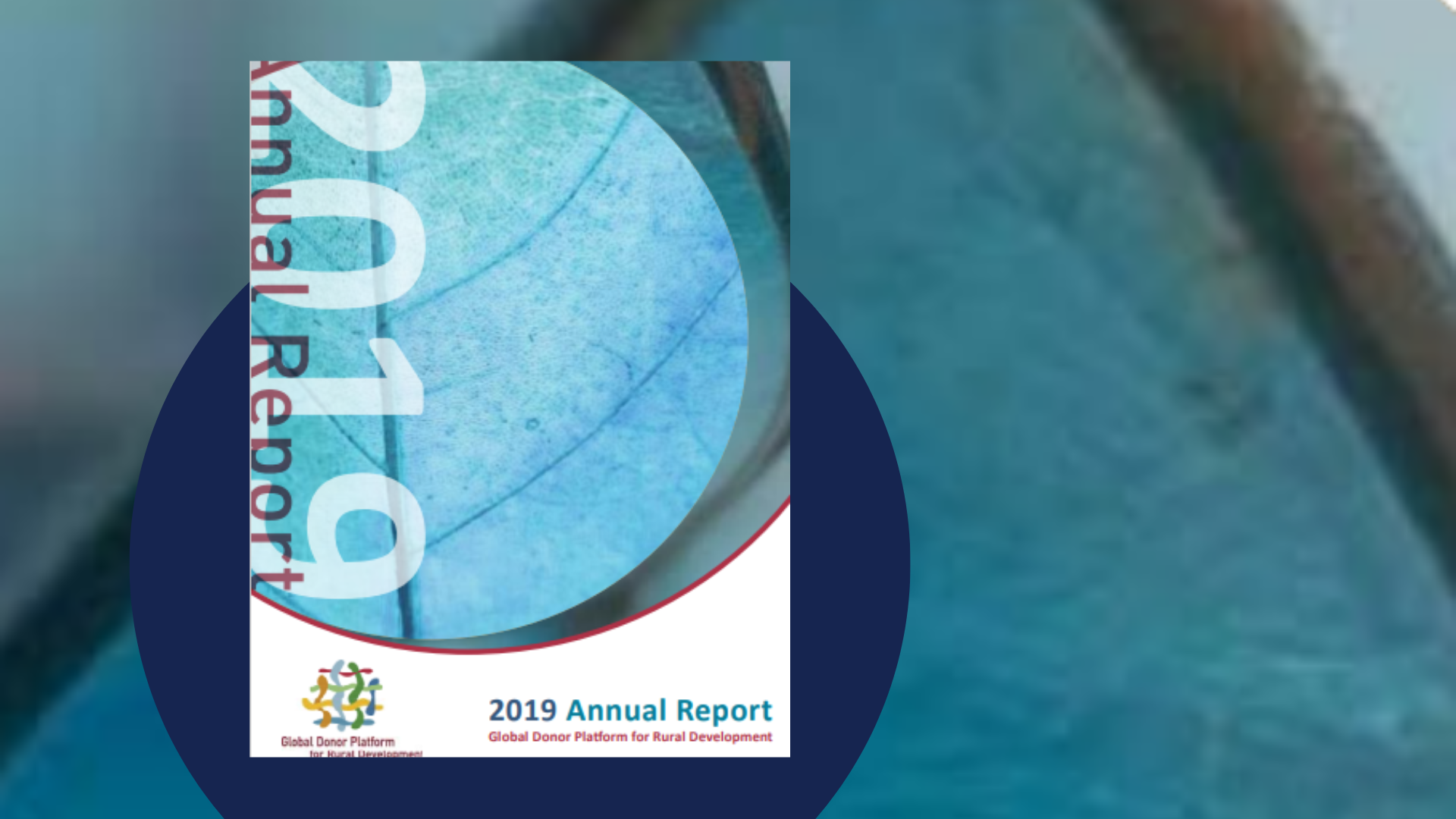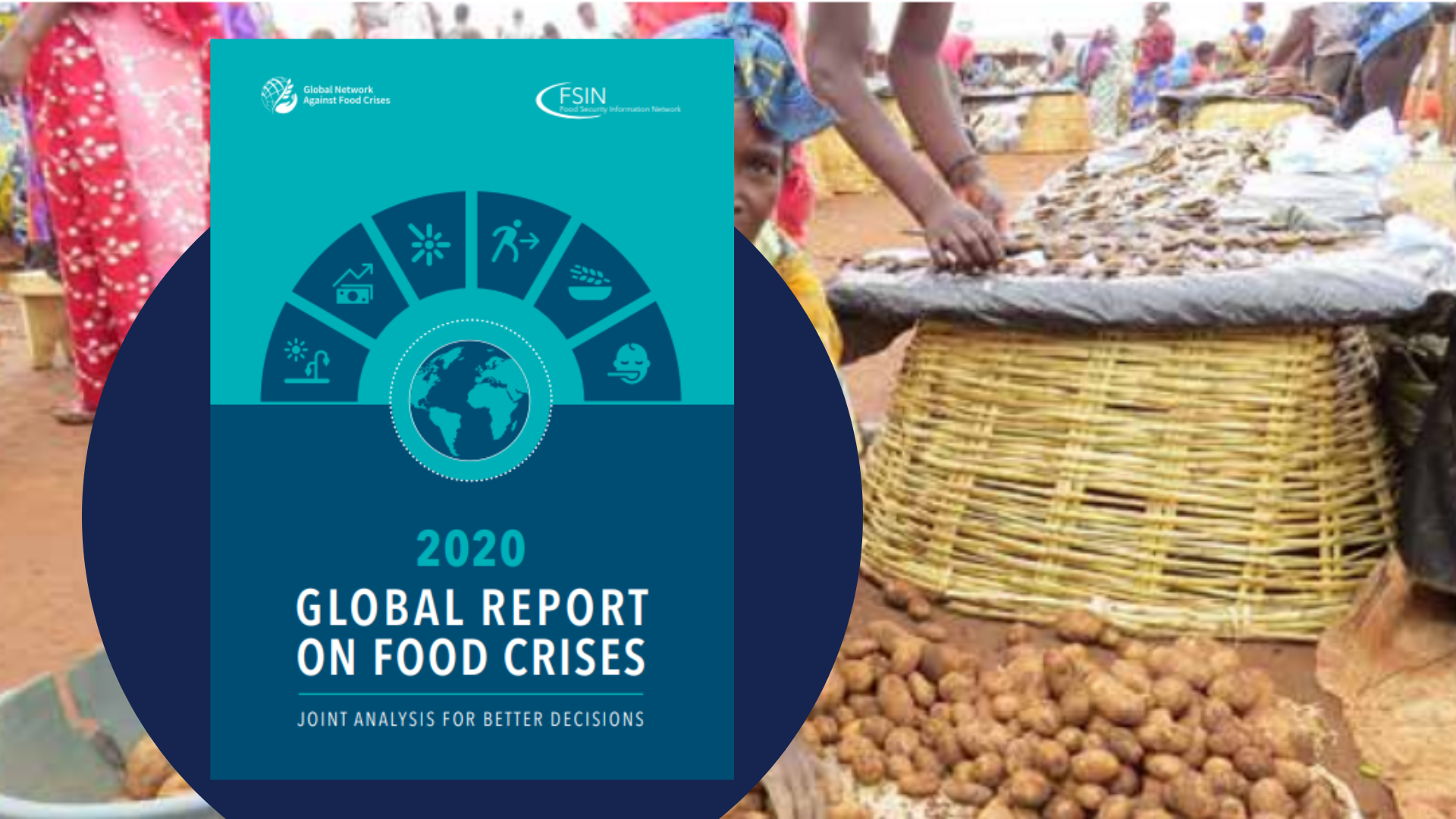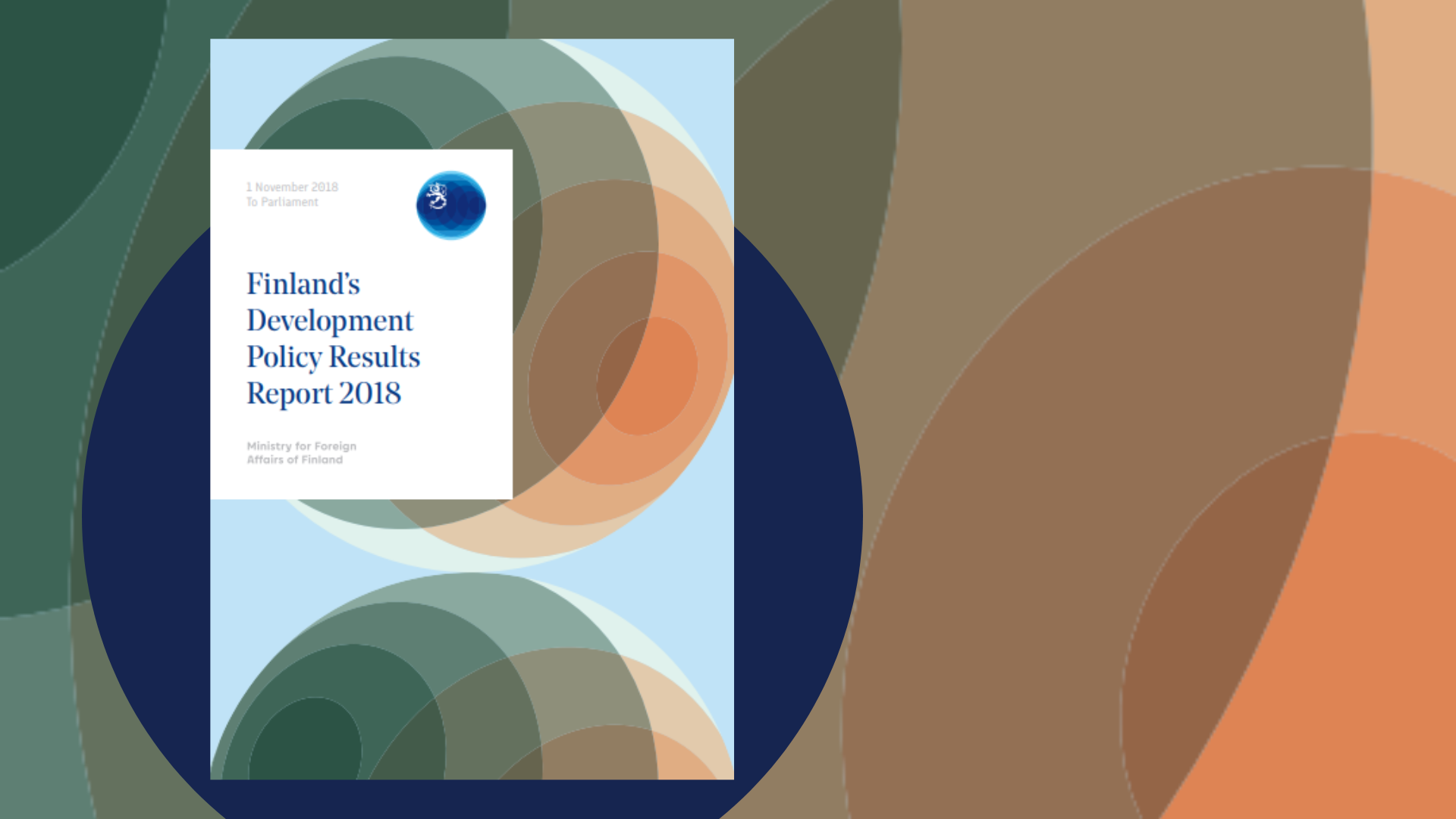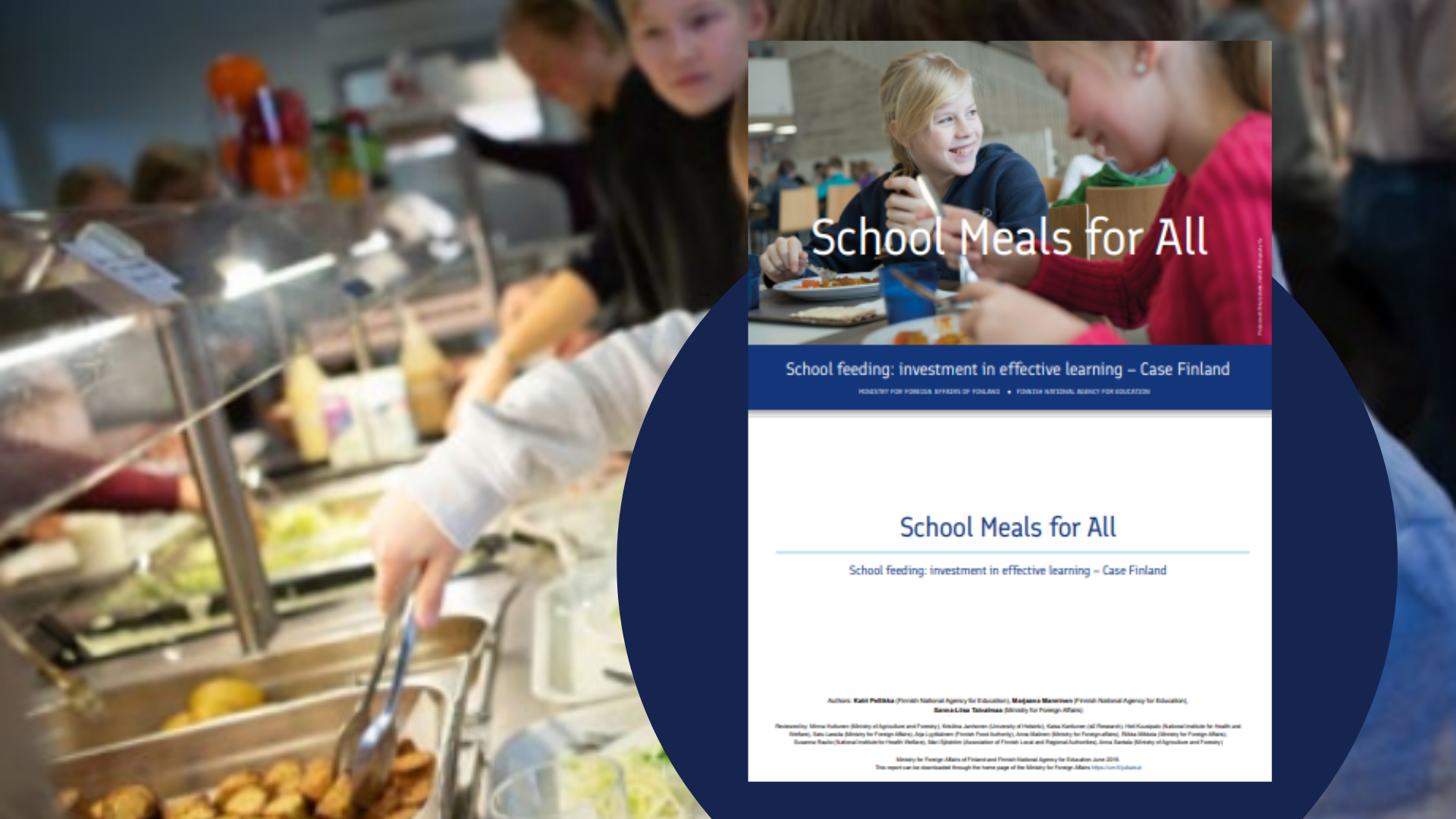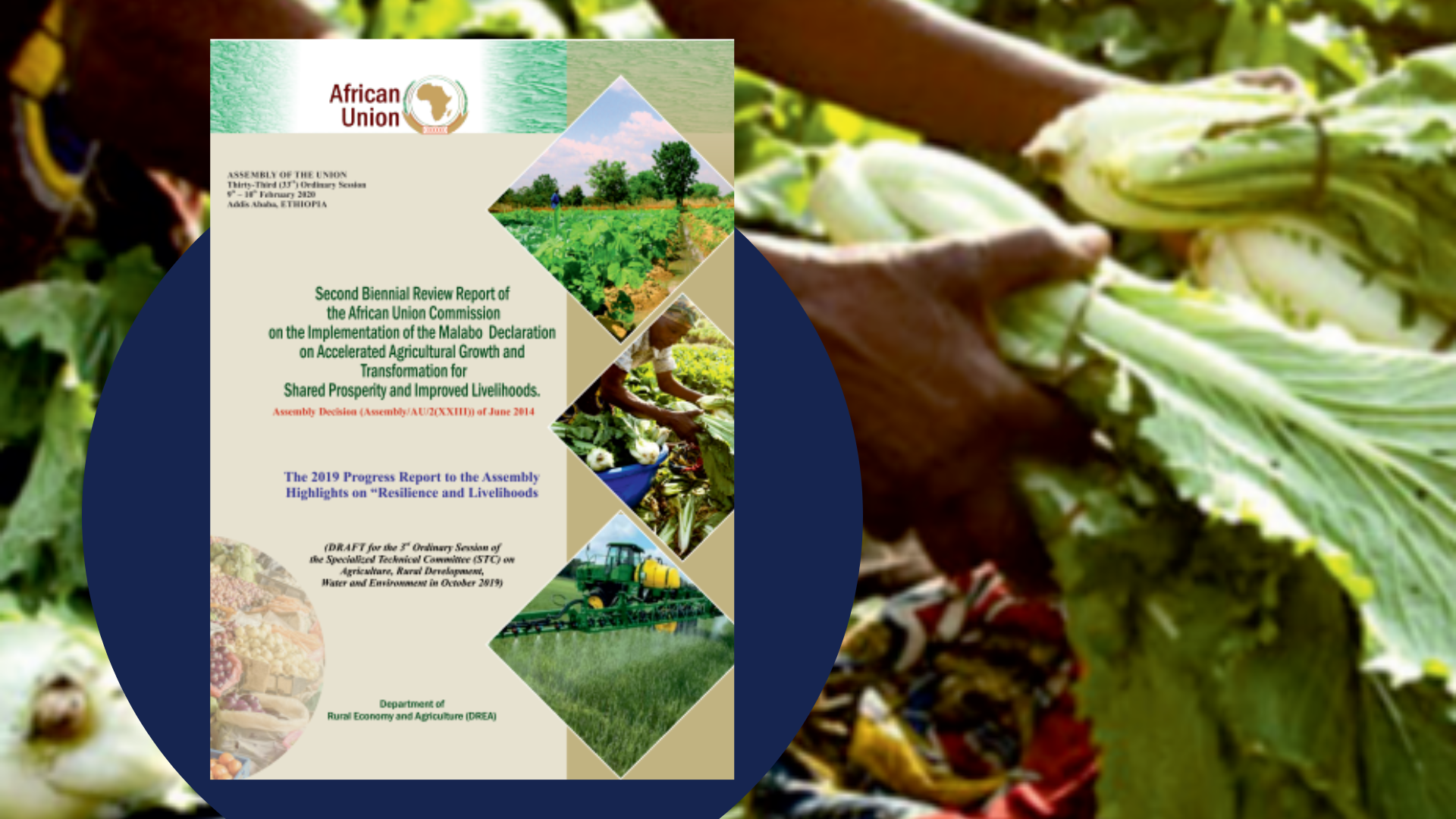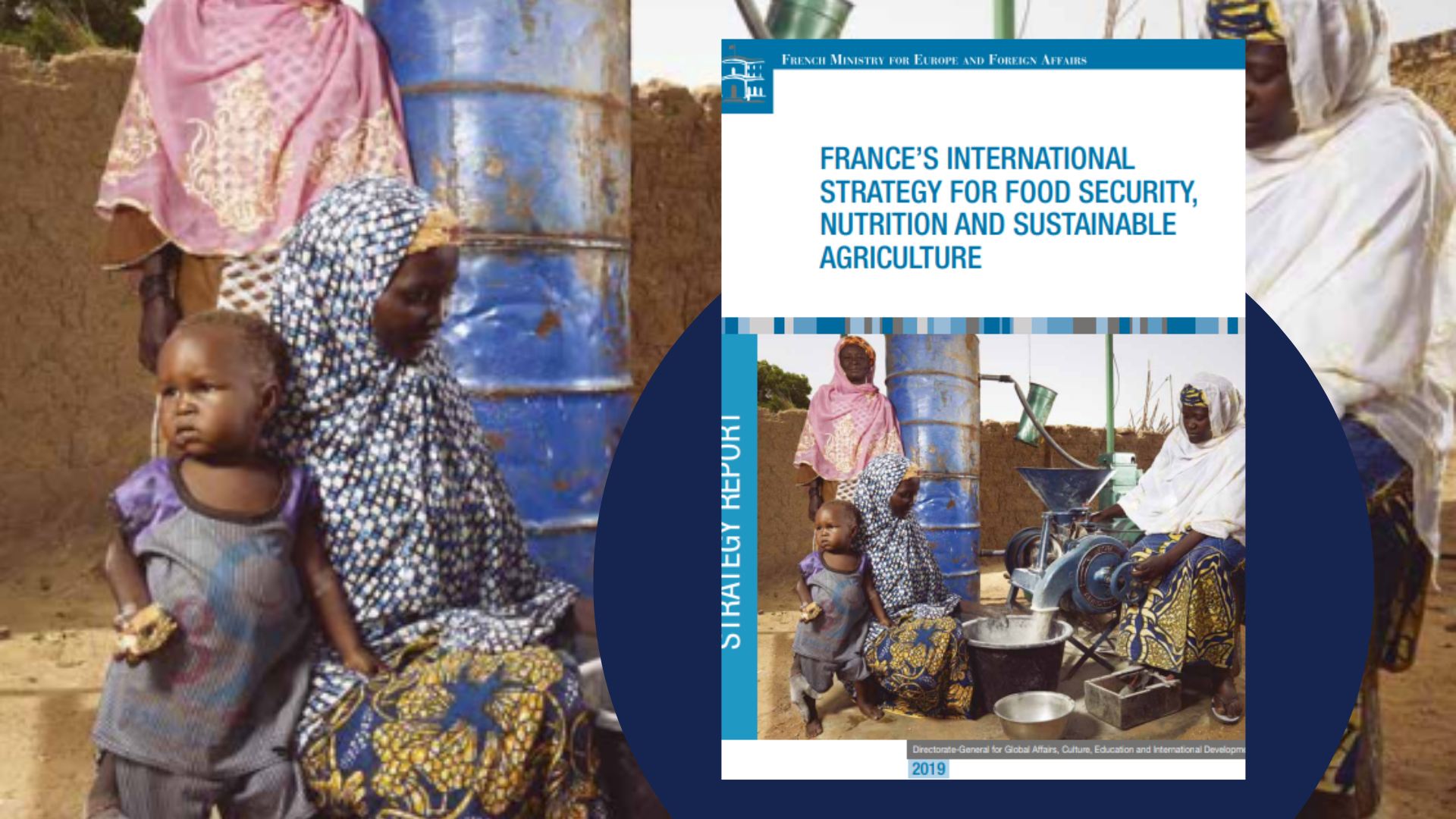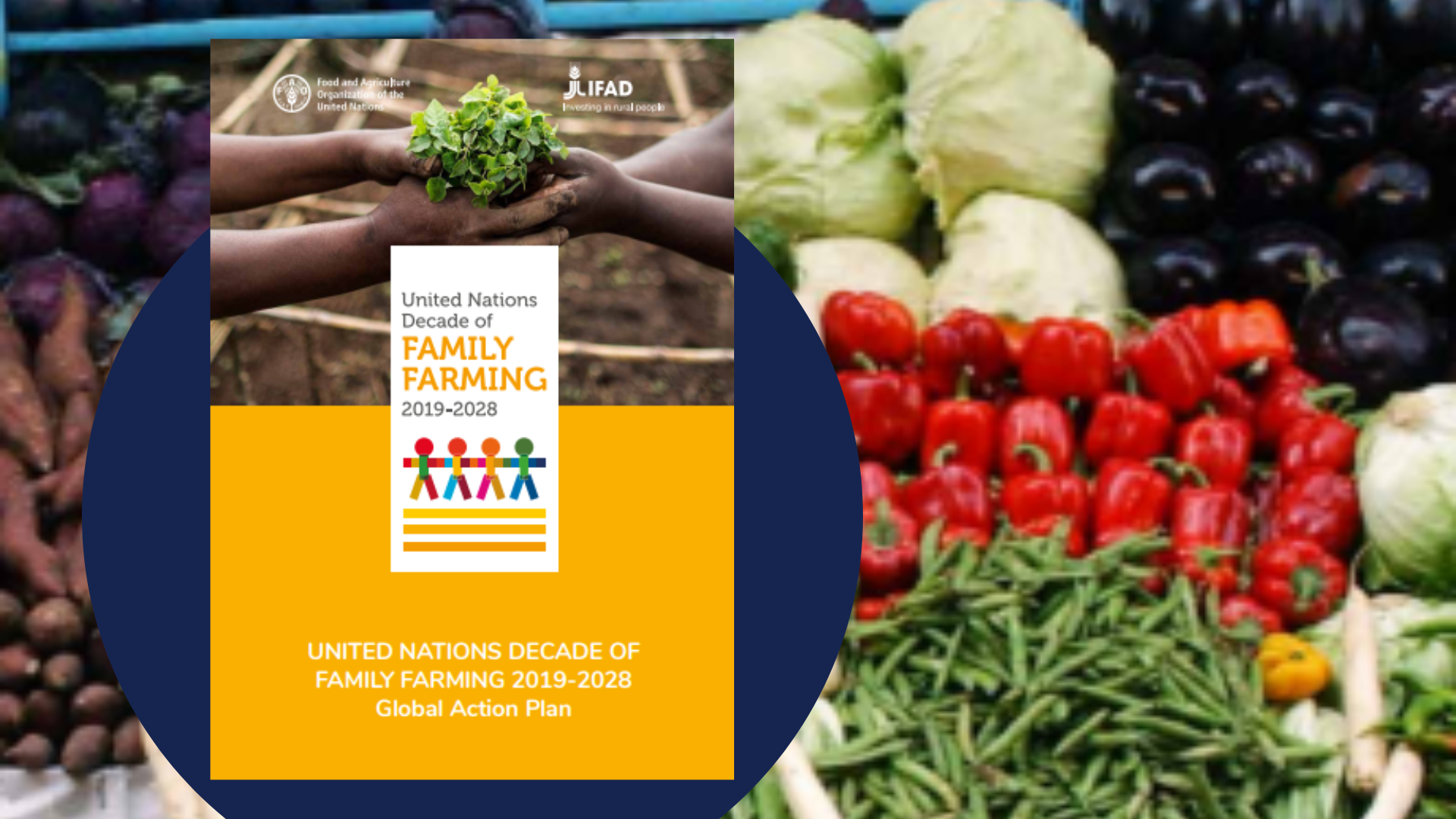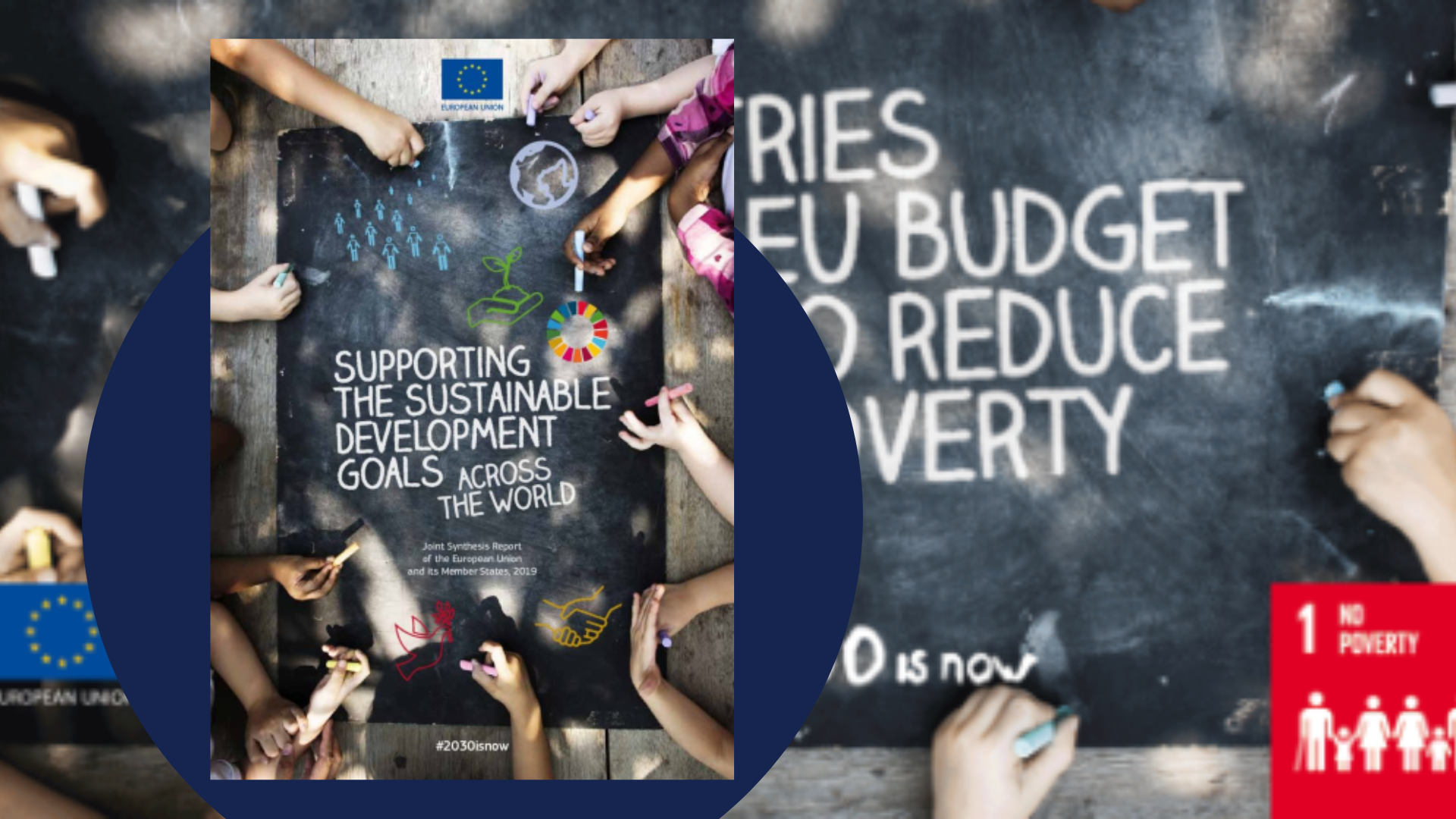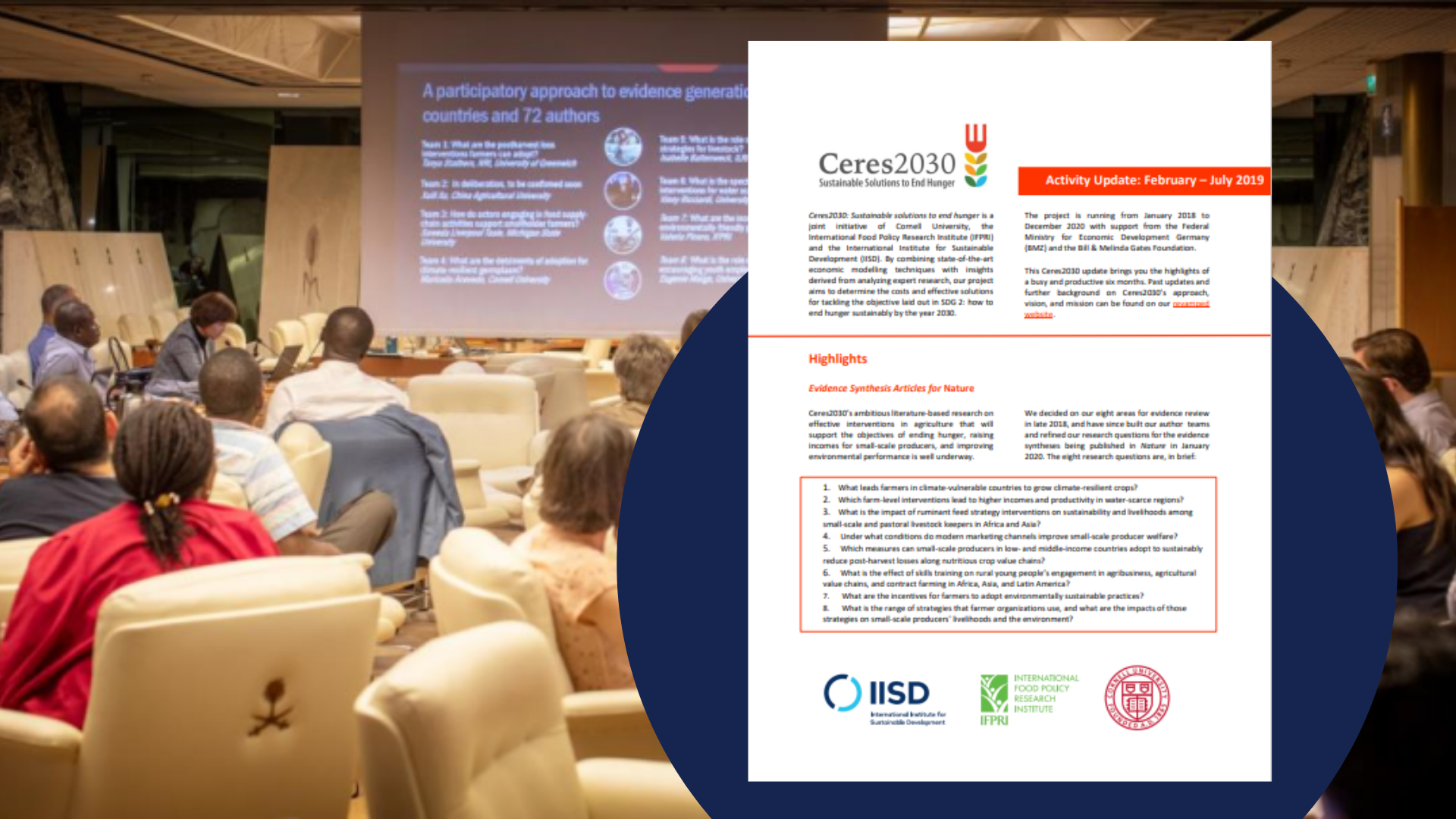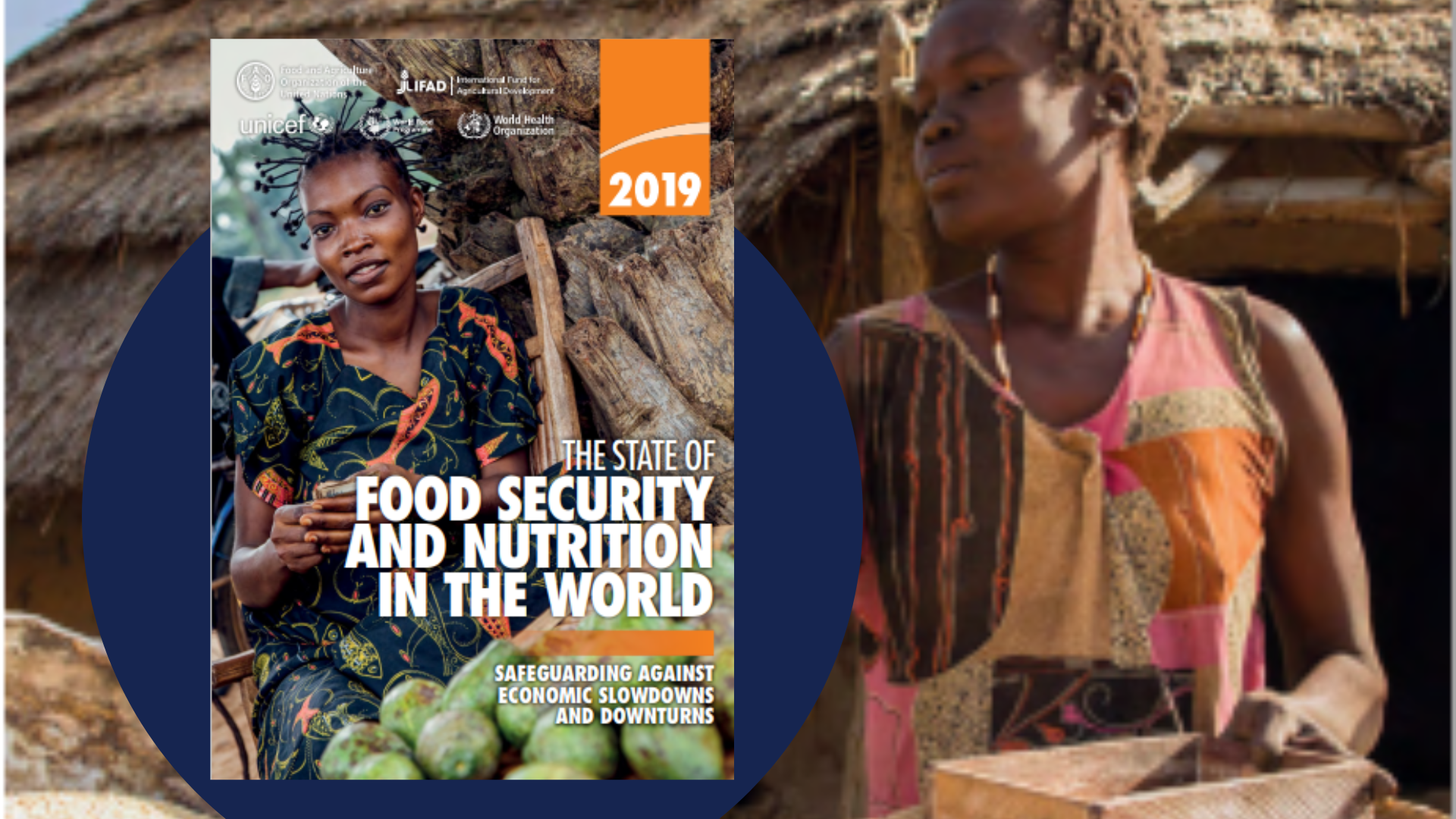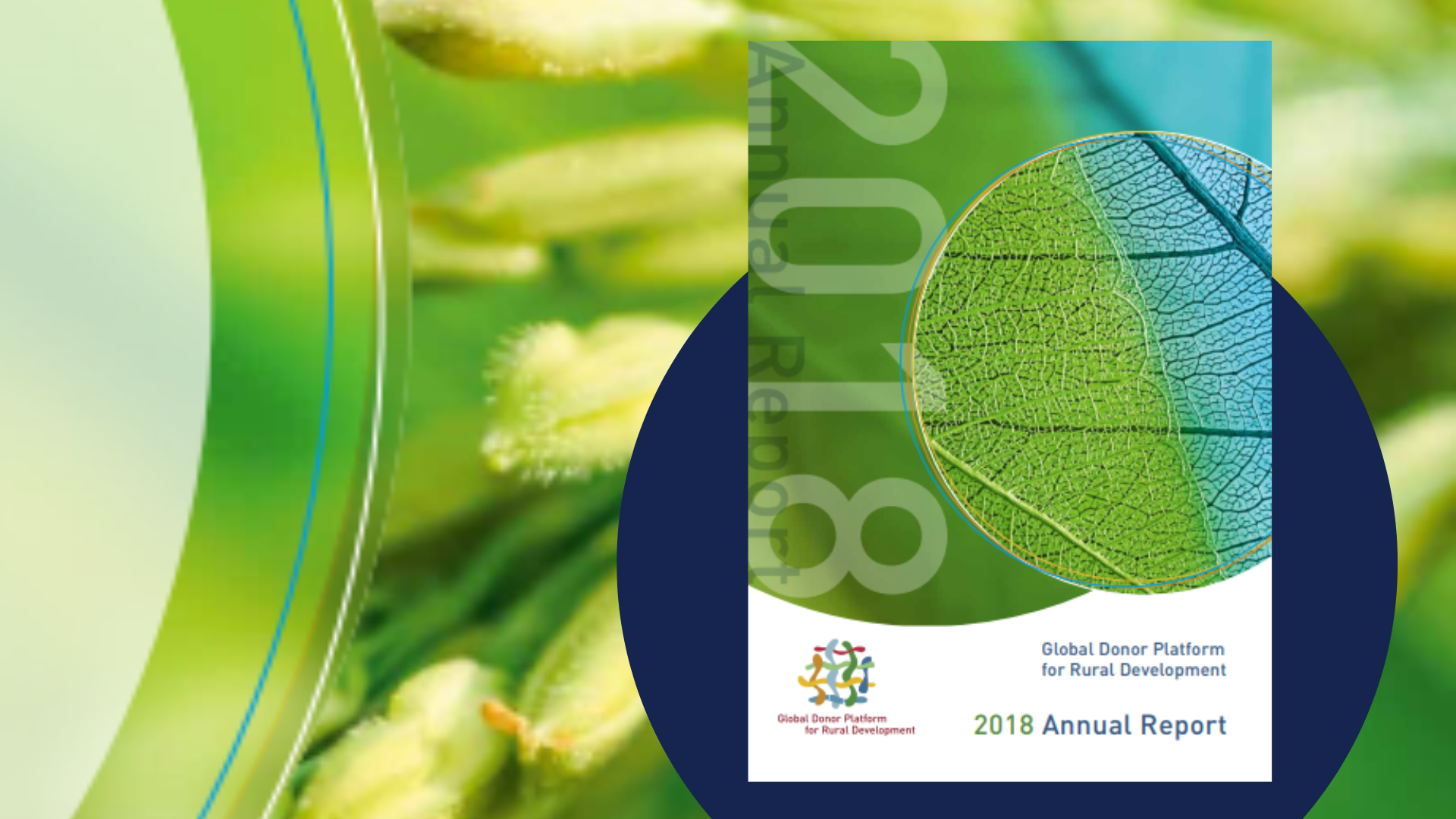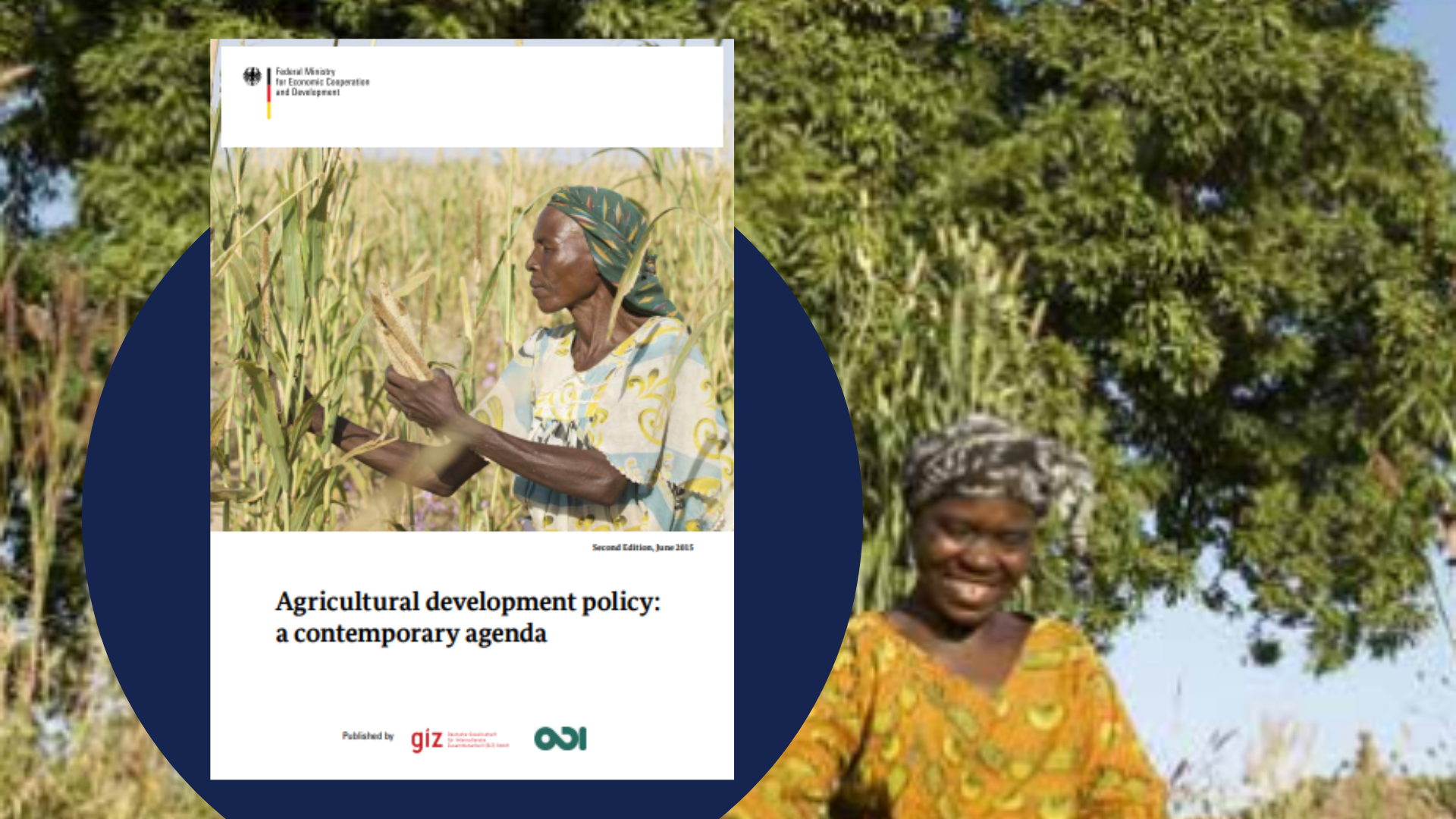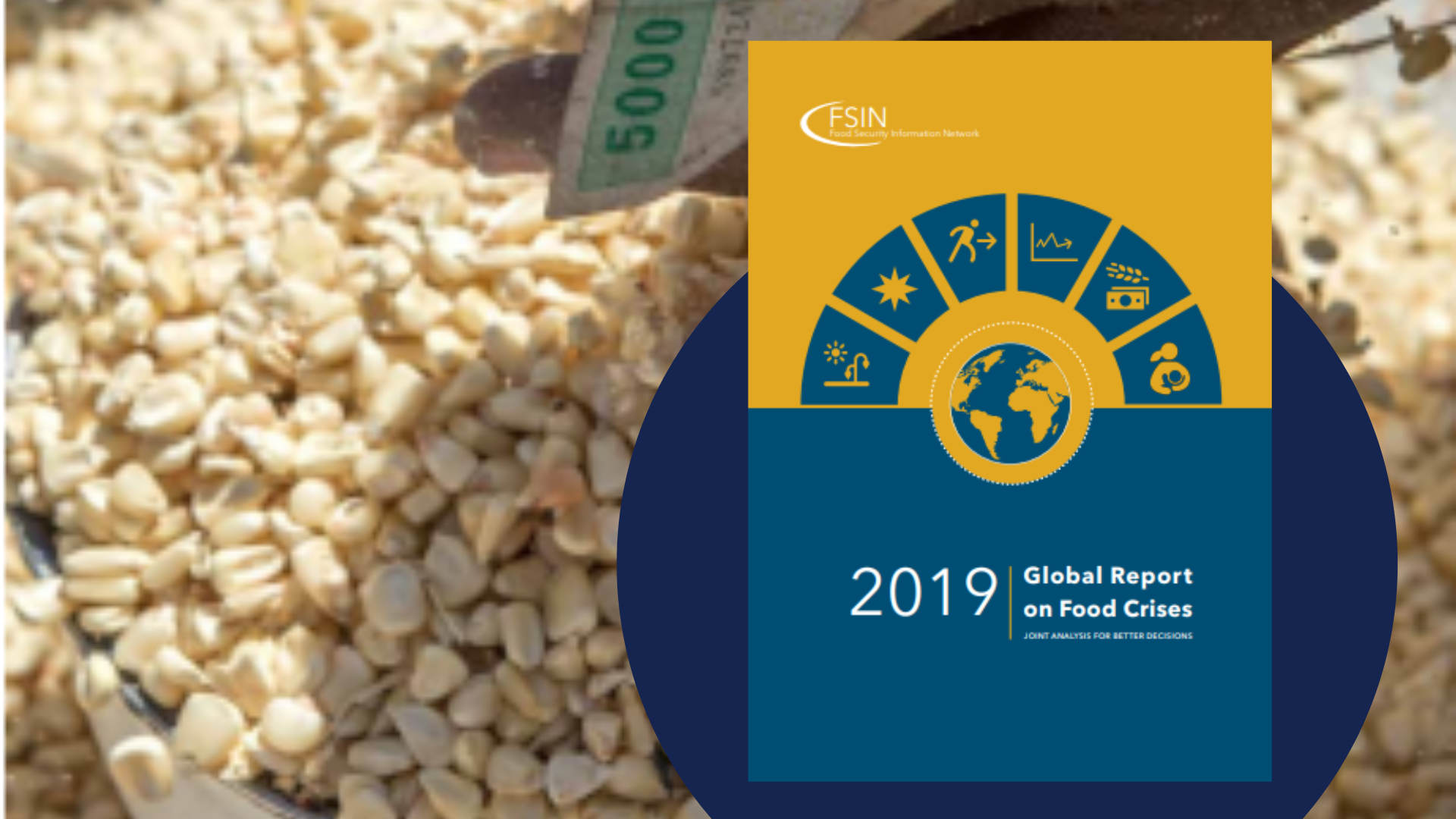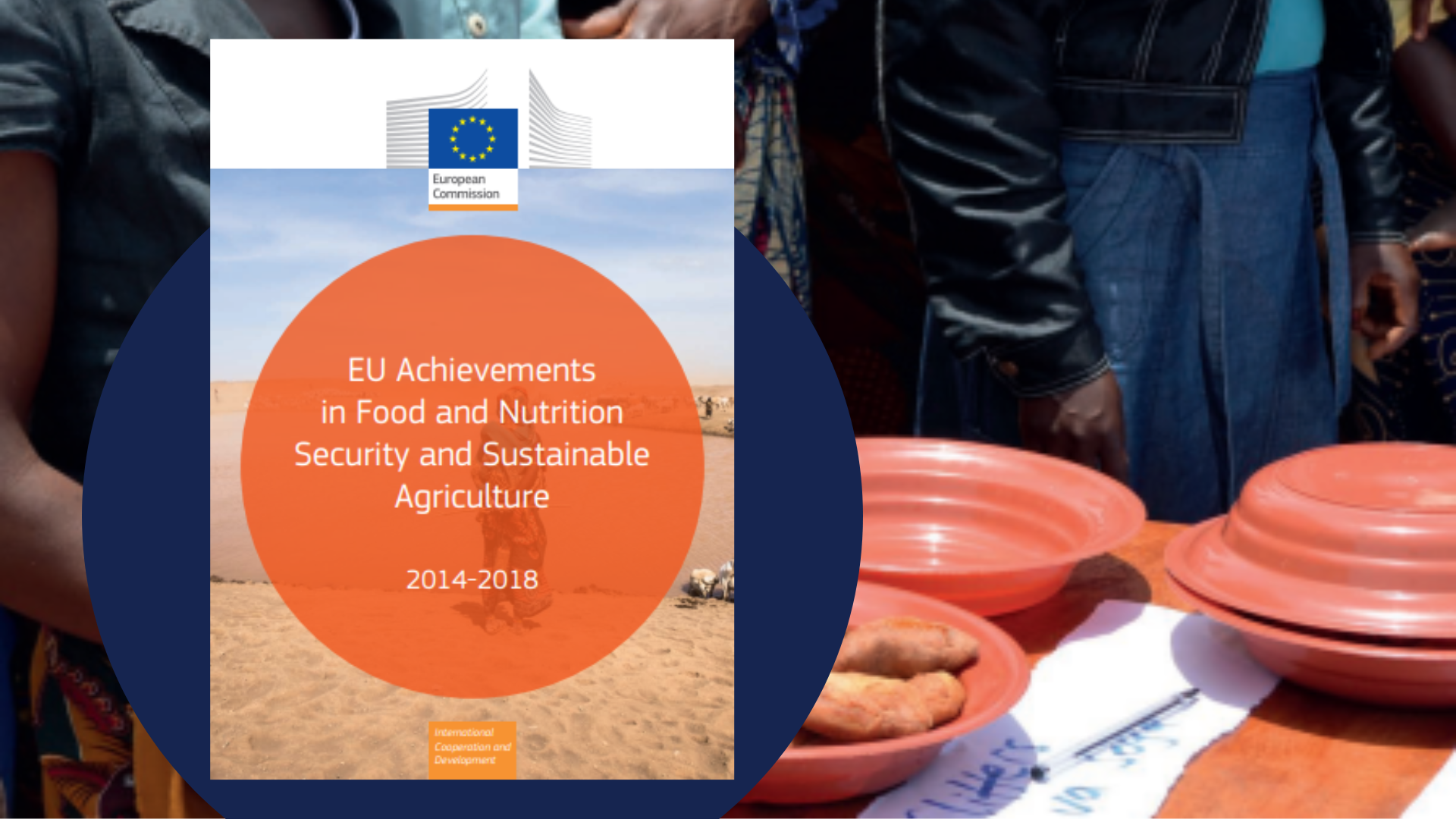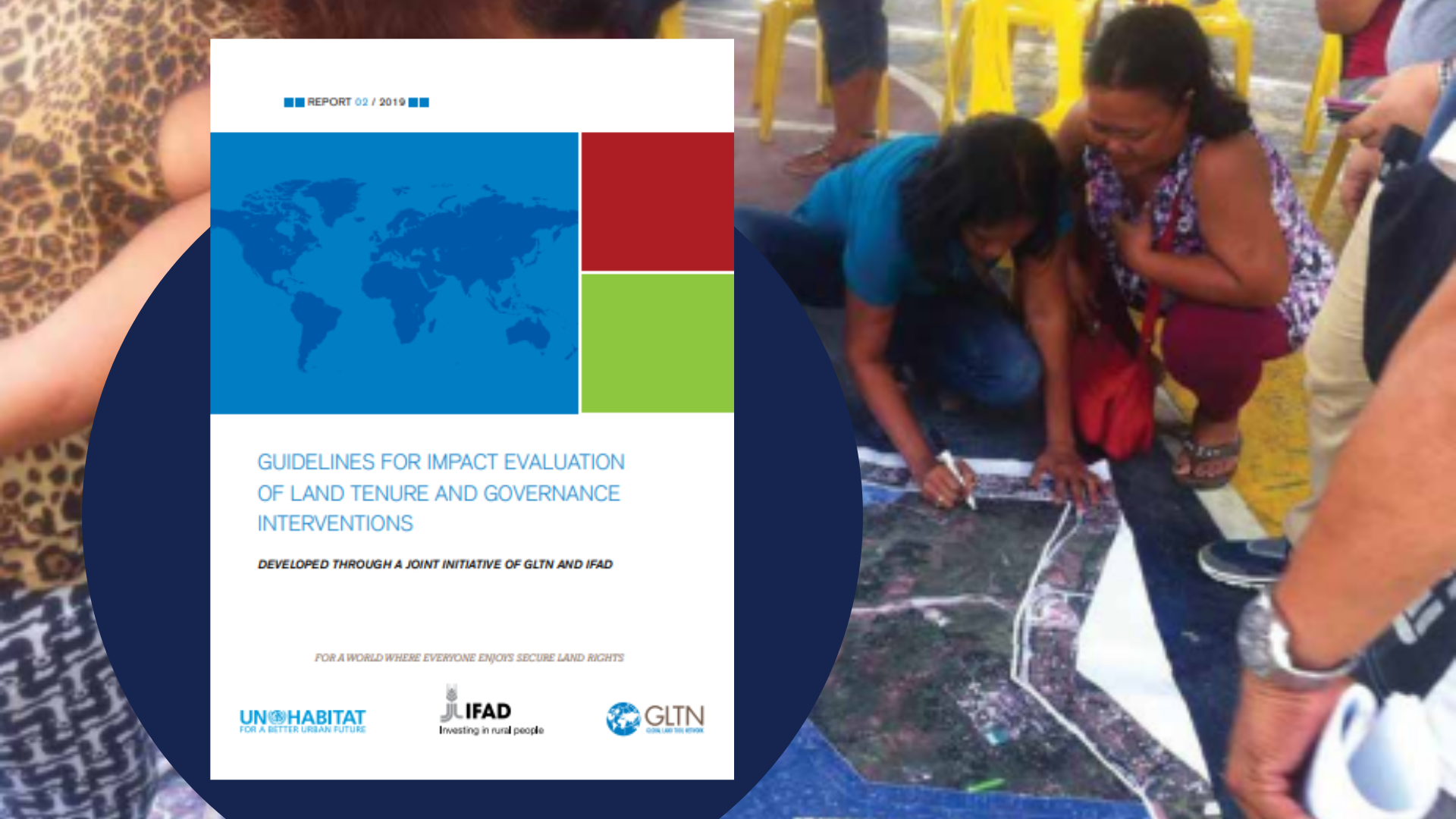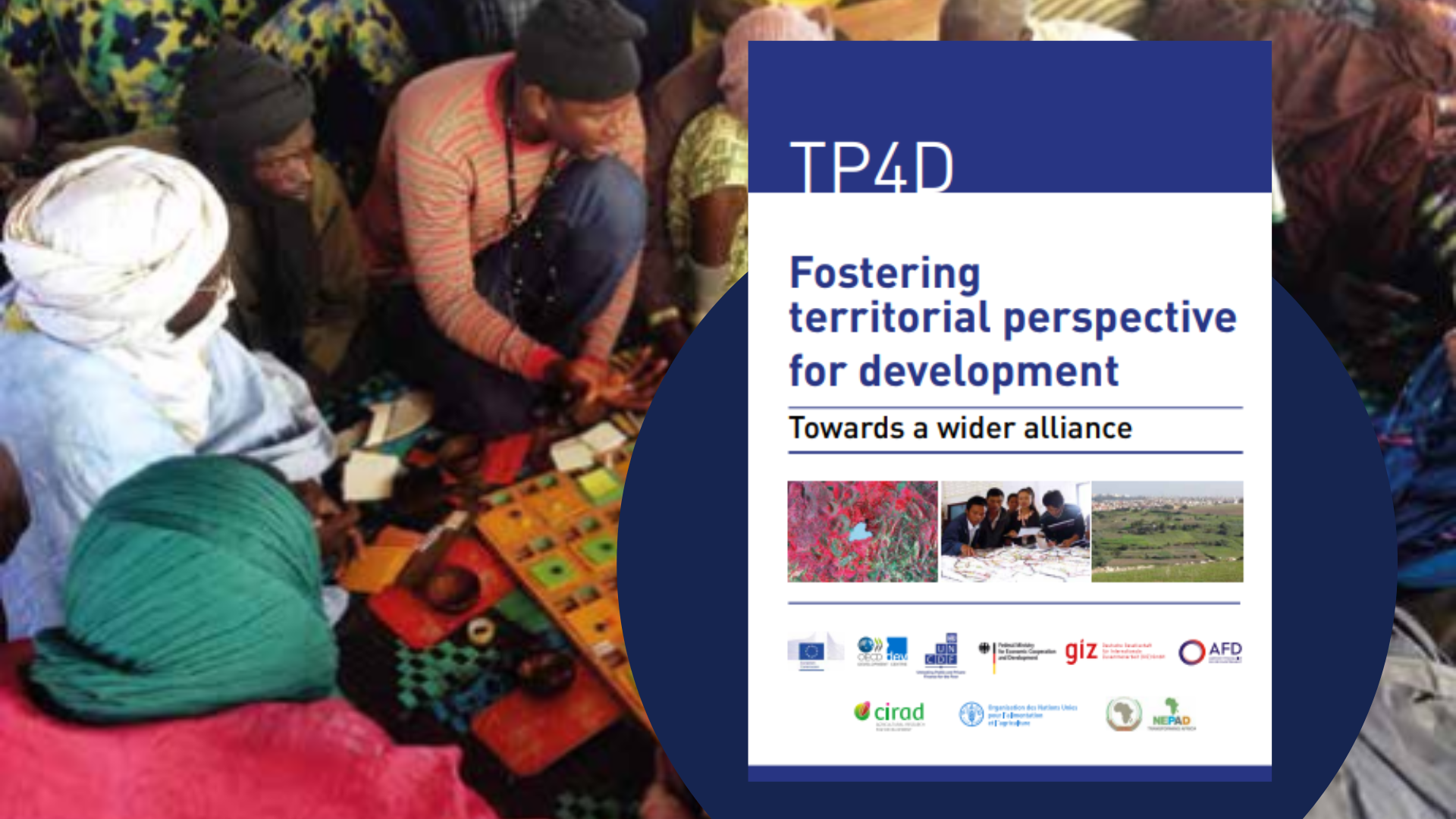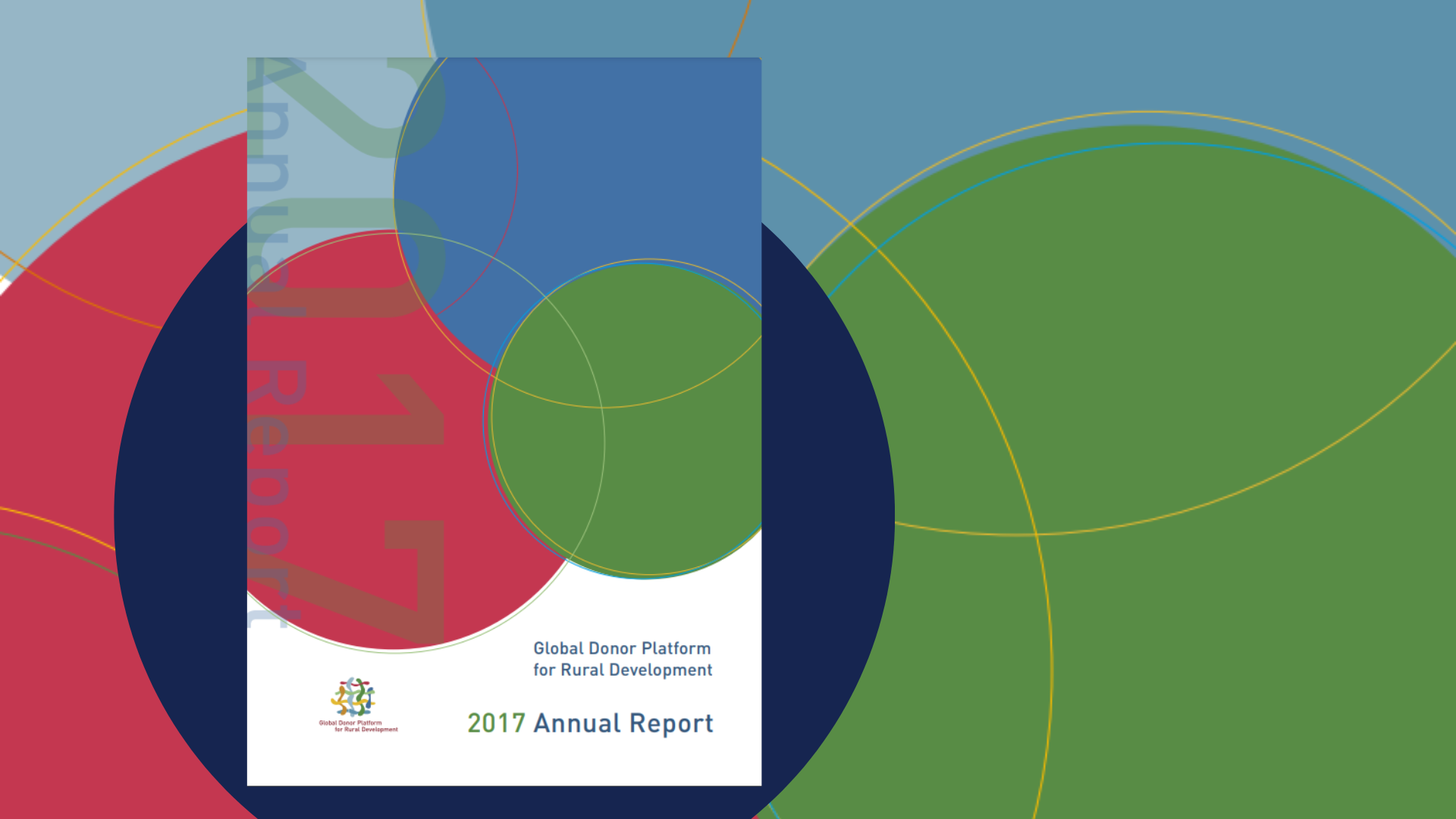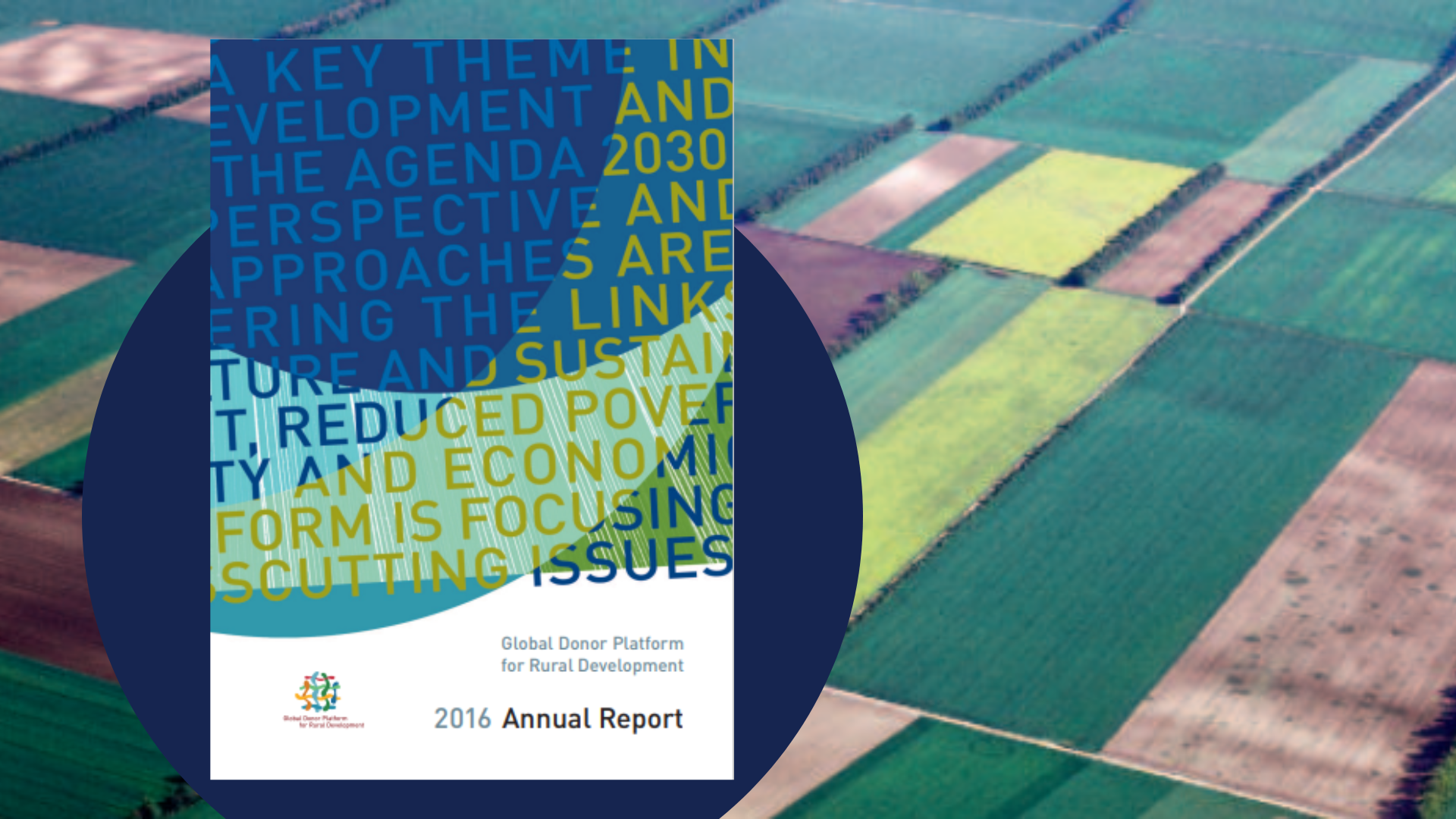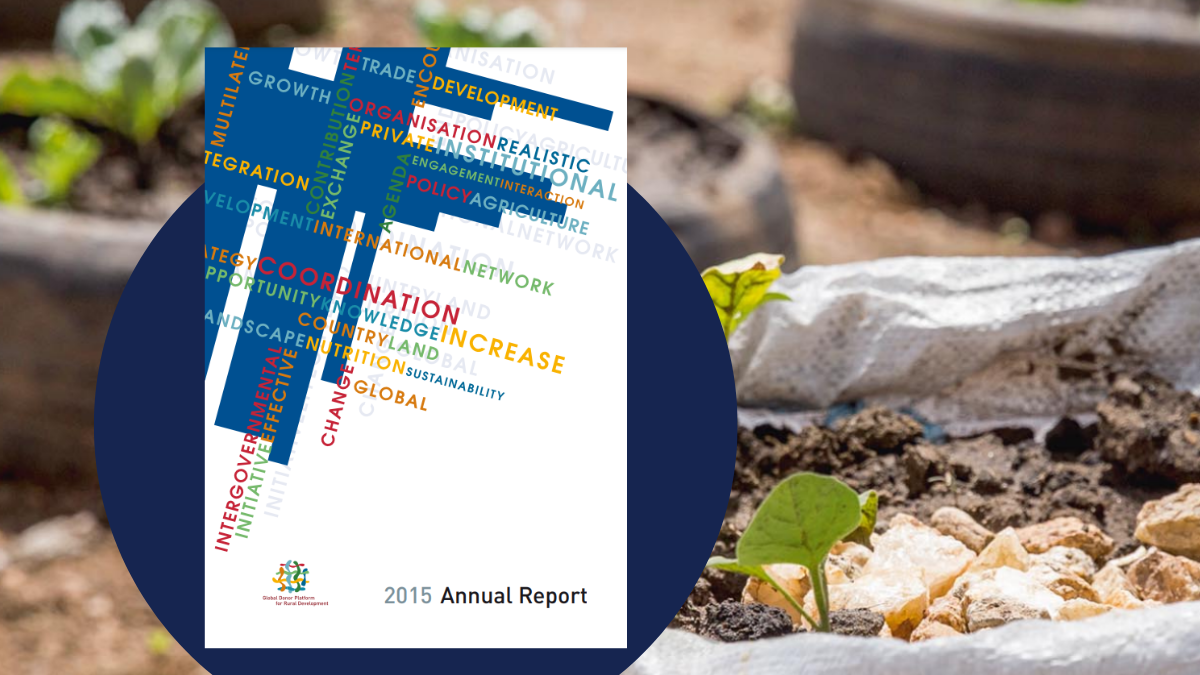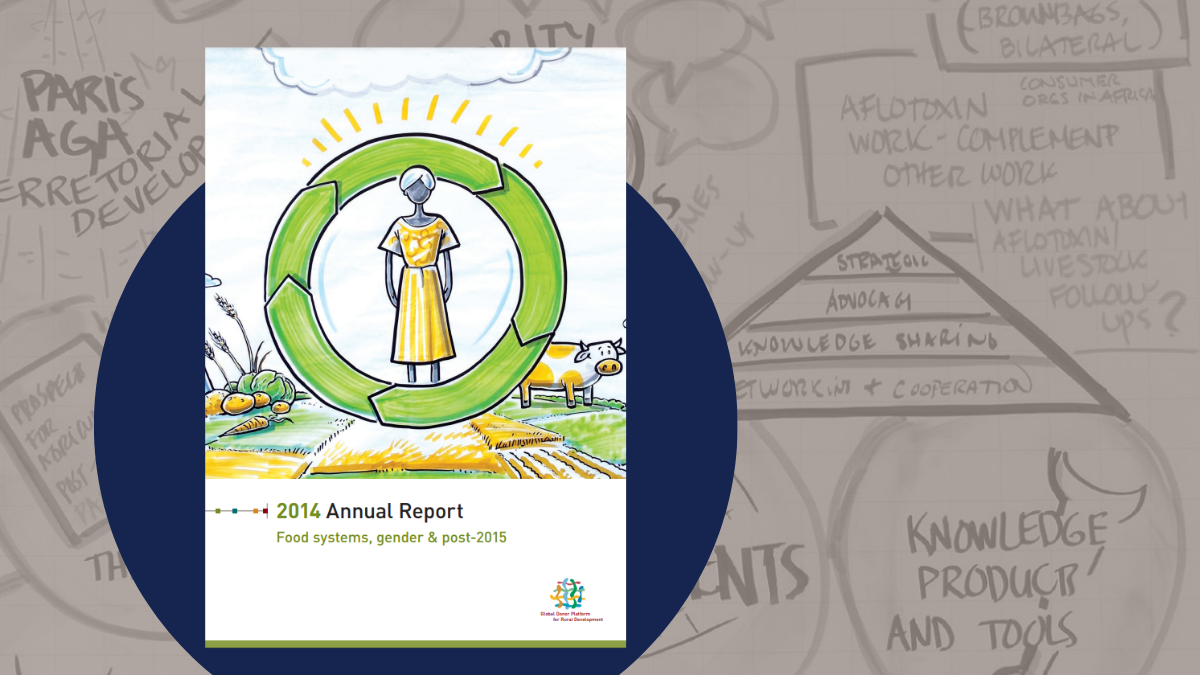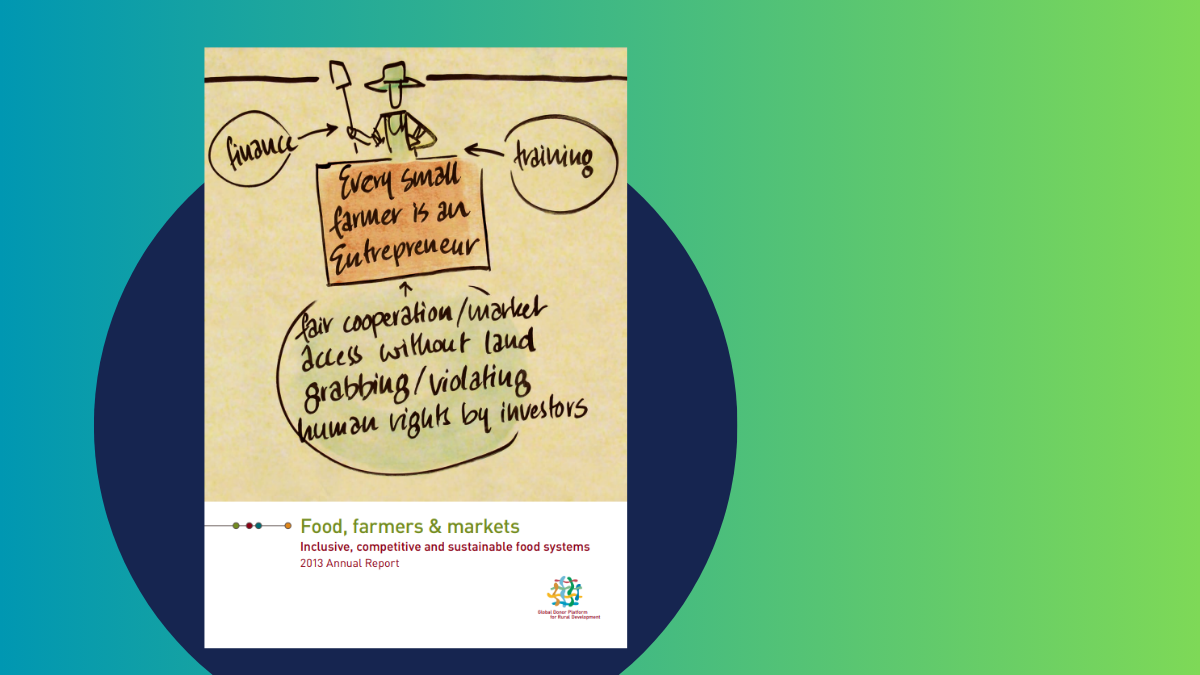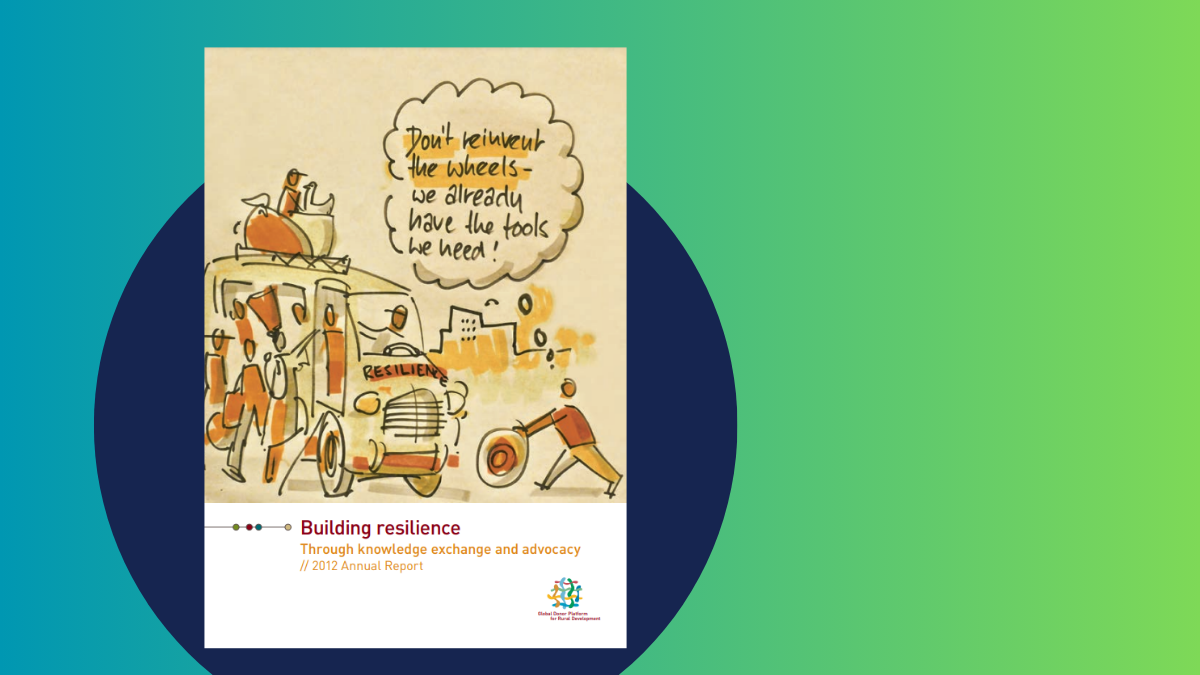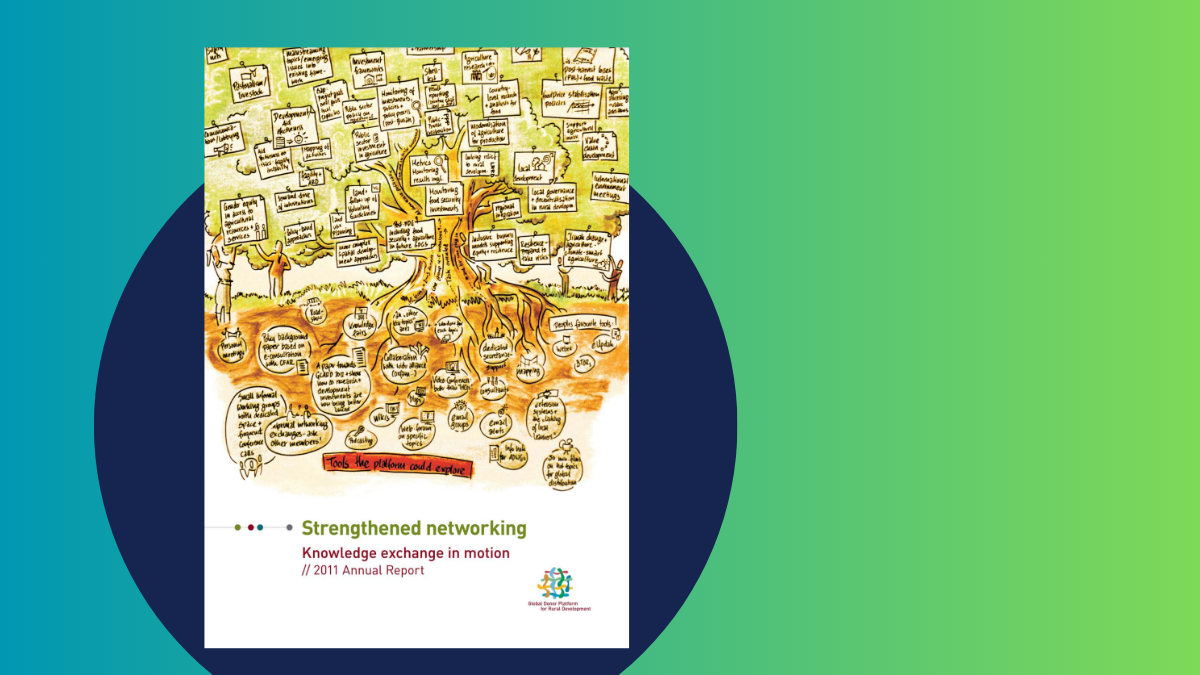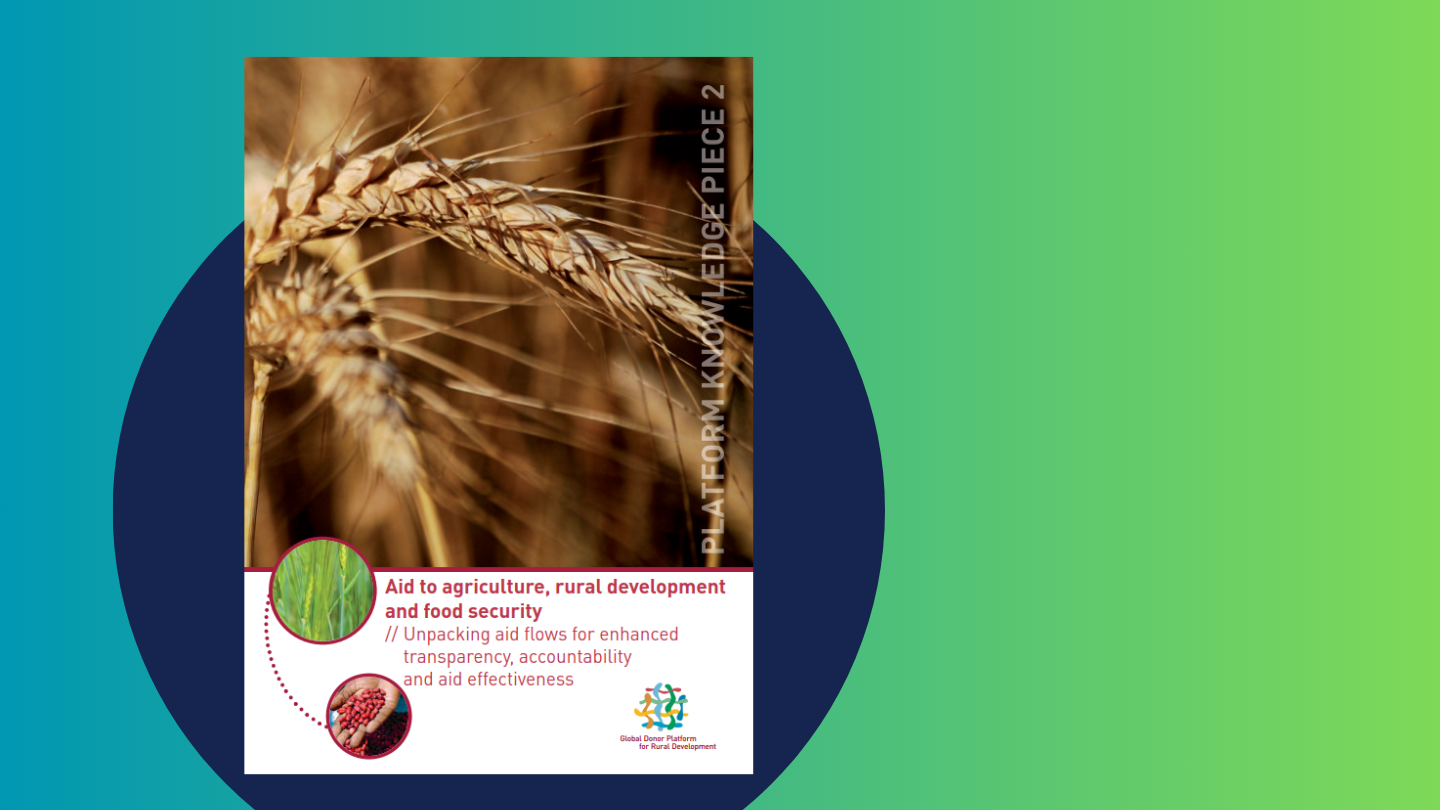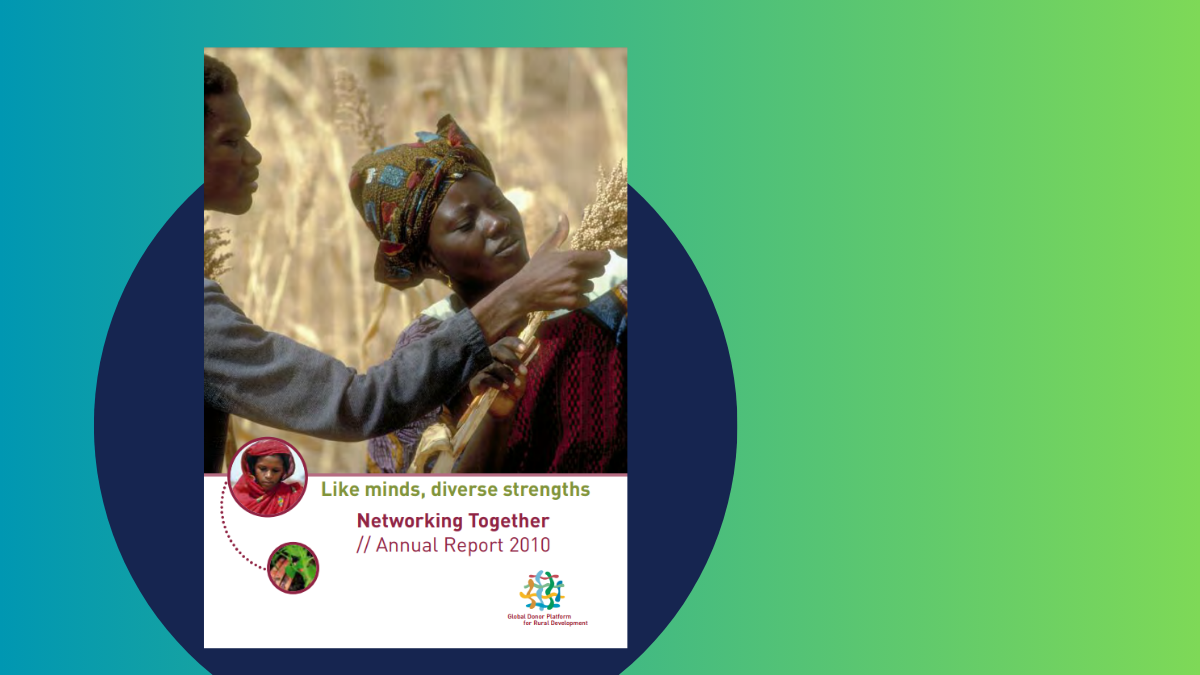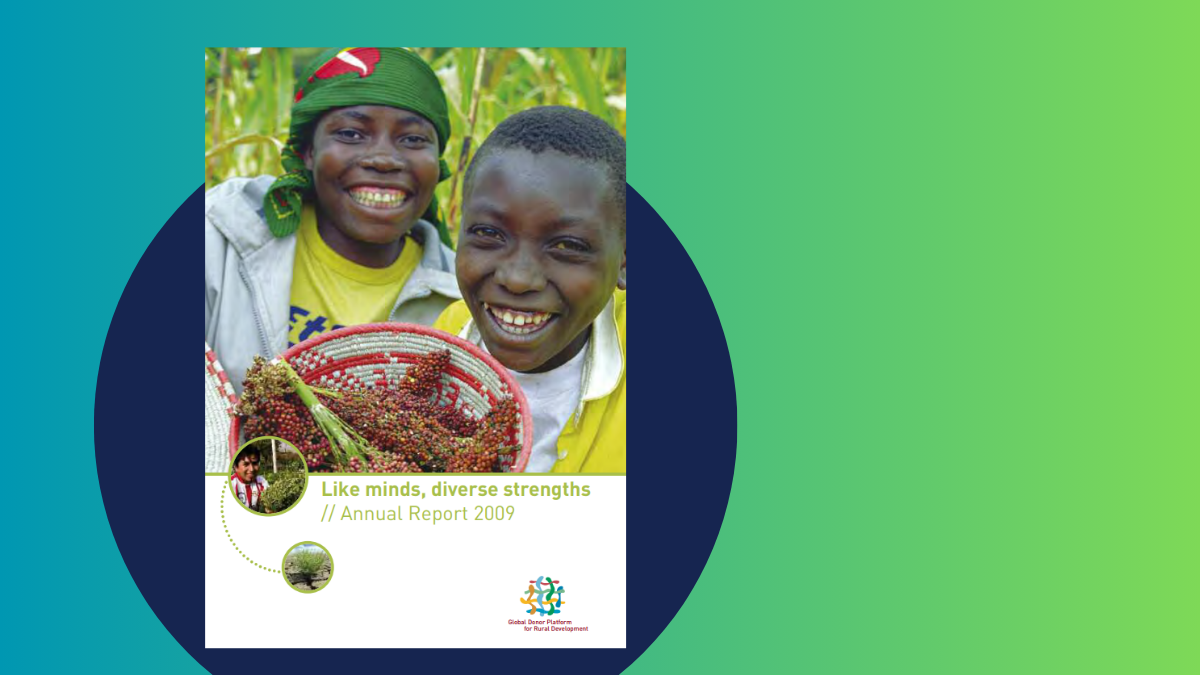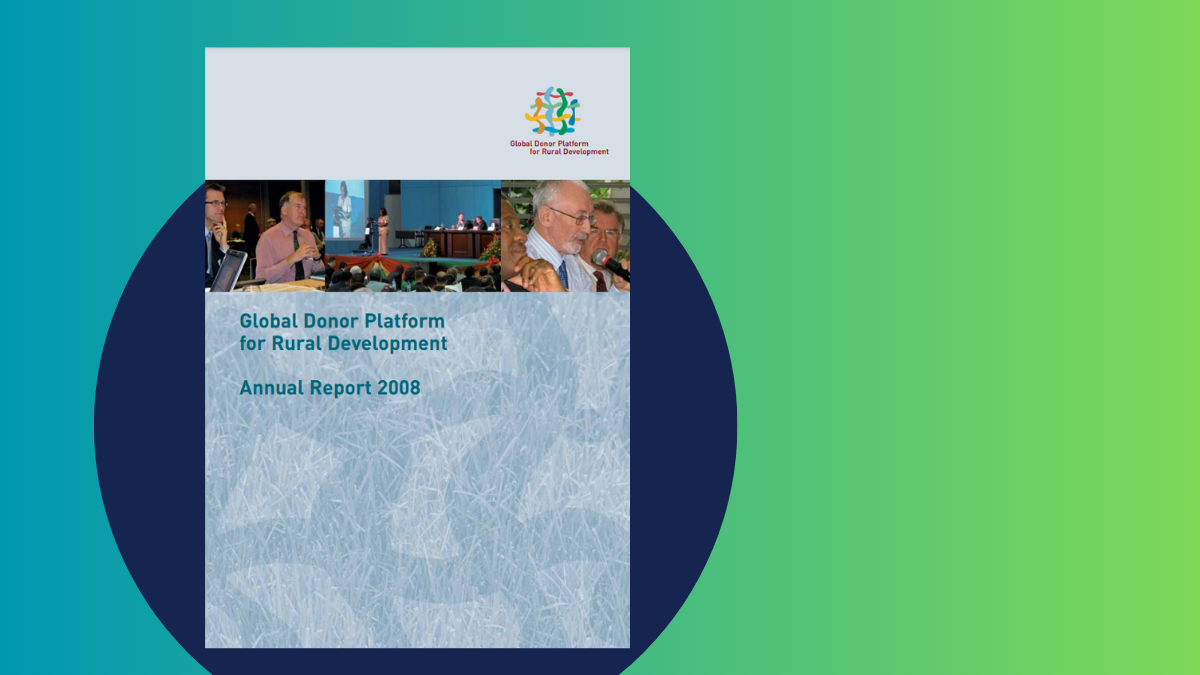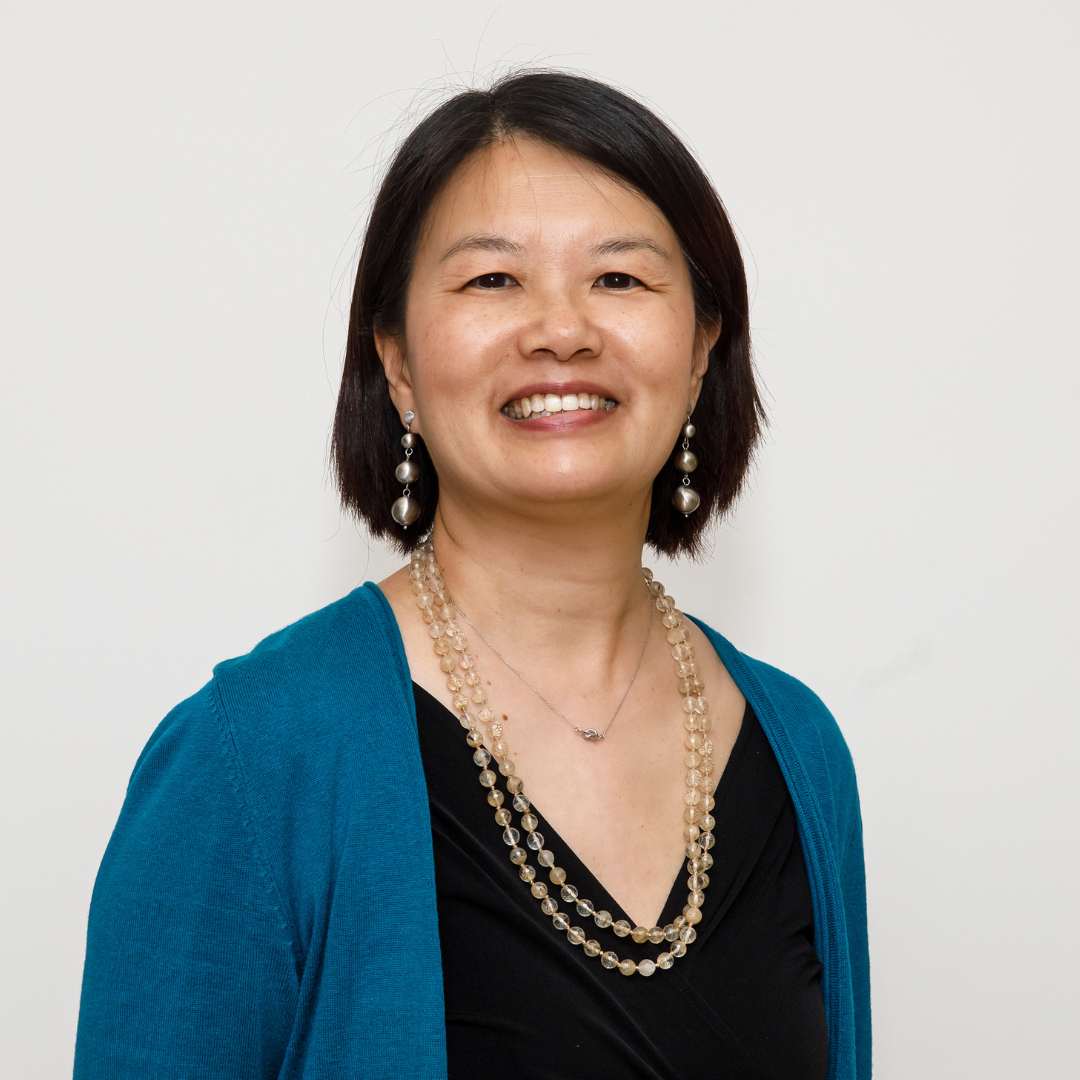This report presents the findings and recommendations of the enquiry into sustainable finance in agrifood systems conducted in 2023 by the Shamba Centre for Food & Climate for the members of the Global Donor Platform for Rural Development.
The investigation included a series of interviews which explored how donors, philanthropic organizations, public funds and blended capital funds can make their funding effective and act as an incentive for achieving SDG 2.
An accompanying technical note was released in June 2024 to complement this summary report, presenting the detailed research, findings and recommendations from the enquiry.
This report is part of the GDPRD workstream on sustainable finance for SDG2.
Download the reports
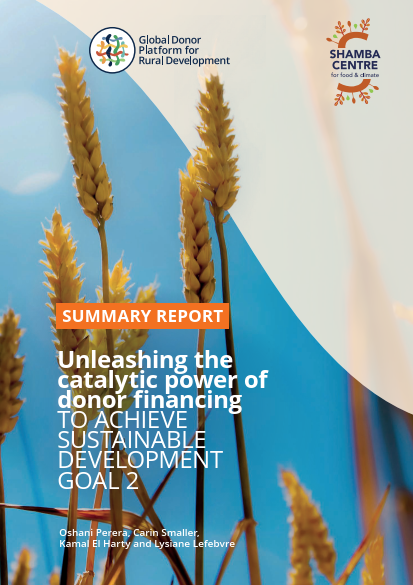
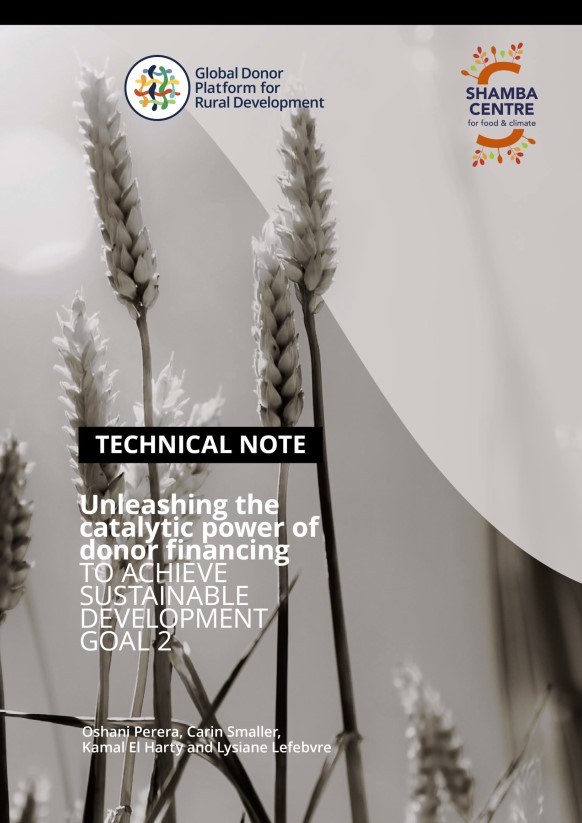
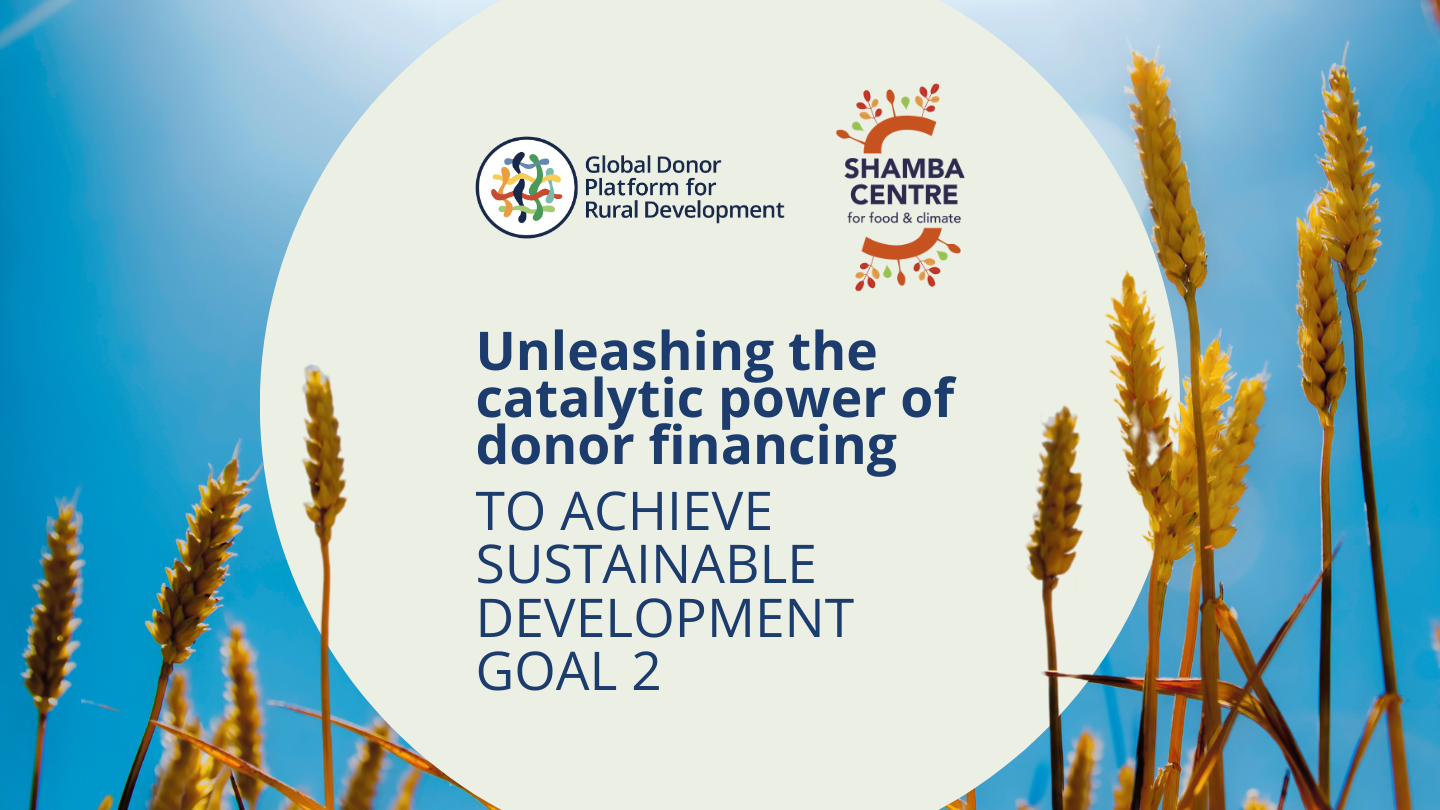
Official development assistance (ODA) grants is one of the major sources of finance in the global effort to eradicate hunger sustainably and achieve SDG 2. However, current development finance is insufficient to fill the estimated US$33 billion to US$50 billion per year public investment gap needed to achieve SDG 2 by 2030.
The issue is clear: donors need new ways to make their financing more catalytic to bring in commercial financing from development finance institutions (DFIs) and the private sector.
The report’s central message is that, if donors and DFIs take higher risks with their grants and lending, every donor dollar has the potential to mobilize four dollars in commercial finance. When this happens, agrifood SMEs will have more financing, domestic lenders will participate and markets will deliver affordable borrowing prices.
This is the catalytic power of aid.
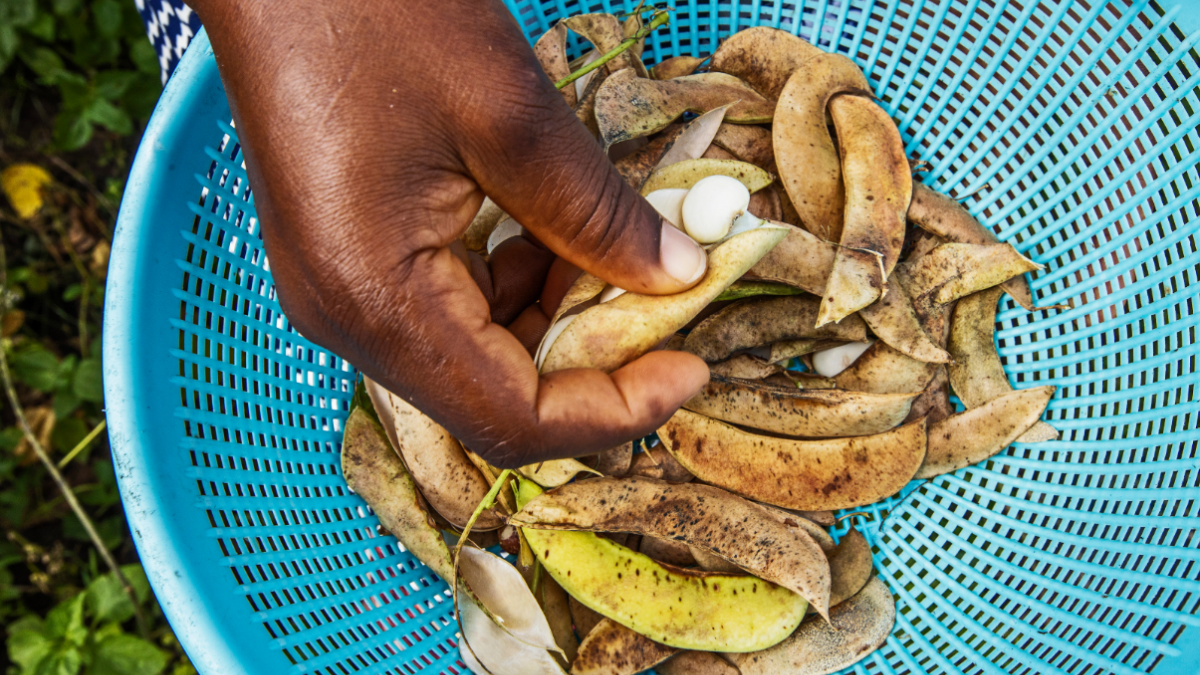
©IFAD/Andrew Esiebo
Findings and recommendations
The enquiry led to four key findings and four key recommendations, all of which aim to increase the flow of financing to sustainable projects and businesses that contribute towards the realization of SDG 2.
Key finding 1: Blended finance can make the biggest contribution to SDG 2 by focusing on the missing middle: agrifood SMEs seeking finance of between US$50,000 and US$2 million
Key recommendation 1: Donors and DFIs can increase the flow of finance to agrifood SMEs by:
- building the agrifood expertise and risk appetite of domestic lenders, including developing an agrifood credit risk assessment scorecard, as proposed by the United Nations Economic Commission for Africa;
- scaling up priority lending programmes and results-based lending incentives for domestic banks, encouraging them to use their own balance sheets to lend to agrifood SMEs;
- increasing finance for affordable, indemnity-based, weather-indexed and crop-indexed insurance;
- incorporating bookkeeping and accounting skills into SME technical assistance programmes.
Key finding 2: Every dollar of concessional finance can mobilize four dollars of commercial finance; however, whether those four dollars deliver a sustainable development impact will determine if blended finance can bring not only financial additionality but also development additionality.
Key recommendation 2: Donors and the wider blended finance community can expand the pool of blended finance by:
- reducing transaction costs related to the exploration, negotiation and conclusion of blended finance transactions;
- exploring how donors can provide not only first-loss financing but also lending at commercial rates, where returns on these investments can be ring-fenced for reinvestment into the same or other blended transactions;
- continuing to provide grants for technical assistance for SMEs and domestic lenders, as they bring high levels of financial and development additionality;
- sharing data, reducing transaction costs and collaborating on cofinancing through the creation of a multi-donor working group, supported by a sustainable finance knowledge hub.
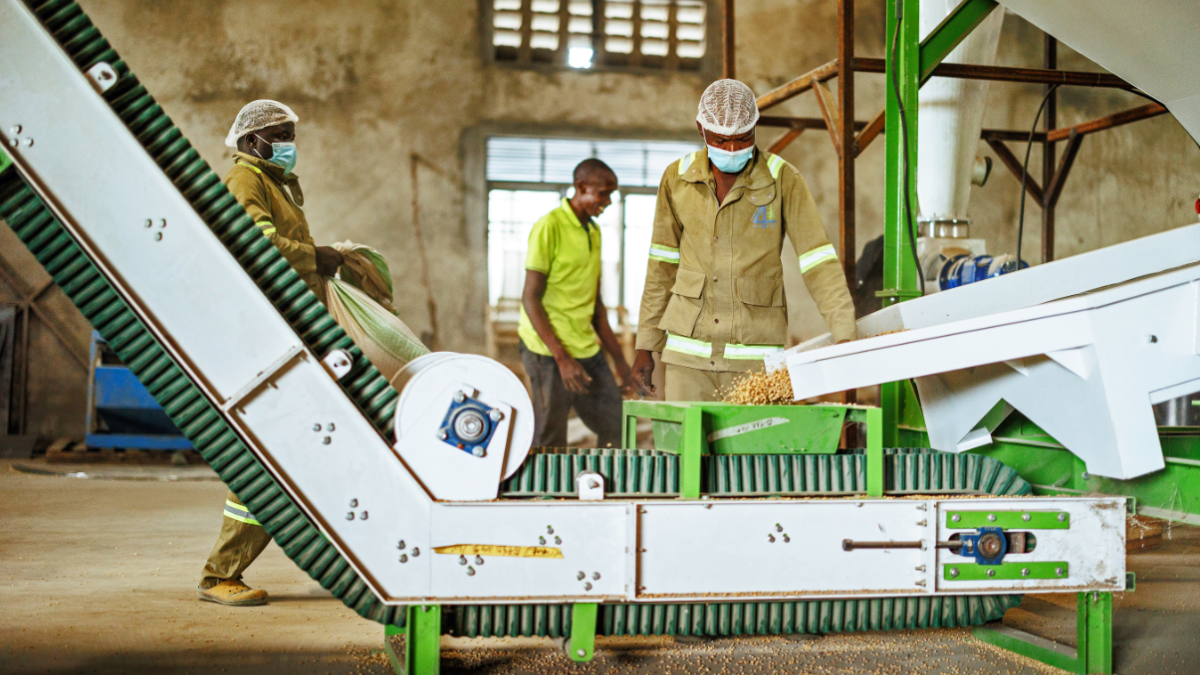
©IFAD/Jjumba Martin
Key finding 3: DFIs are governed by rules that discourage them from taking risks to provide finance that would otherwise not be available from commercial lenders.
Key recommendation 3: Donor governments must provide DFIs with dedicated funds that allow them to:
- offer higher-risk loans, such as first loss and mezzanine debt, that have well-defined targets on sustainable food and agriculture;
- provide long-term credit lines, guarantees, transaction advice and technical assistance to domestic financial institutions to build institutional knowledge on sustainable agrifood systems.
Key finding 4: More research and data on the performance of agrifood SME loans that originate from donors are a prerequisite for making ODA catalytic.
Key recommendation 4: Donors should create a data repository on the performance of agrifood SME loans, building on the experience of the Council on Smallholder Agricultural Finance (CSAF) and MIX Market.
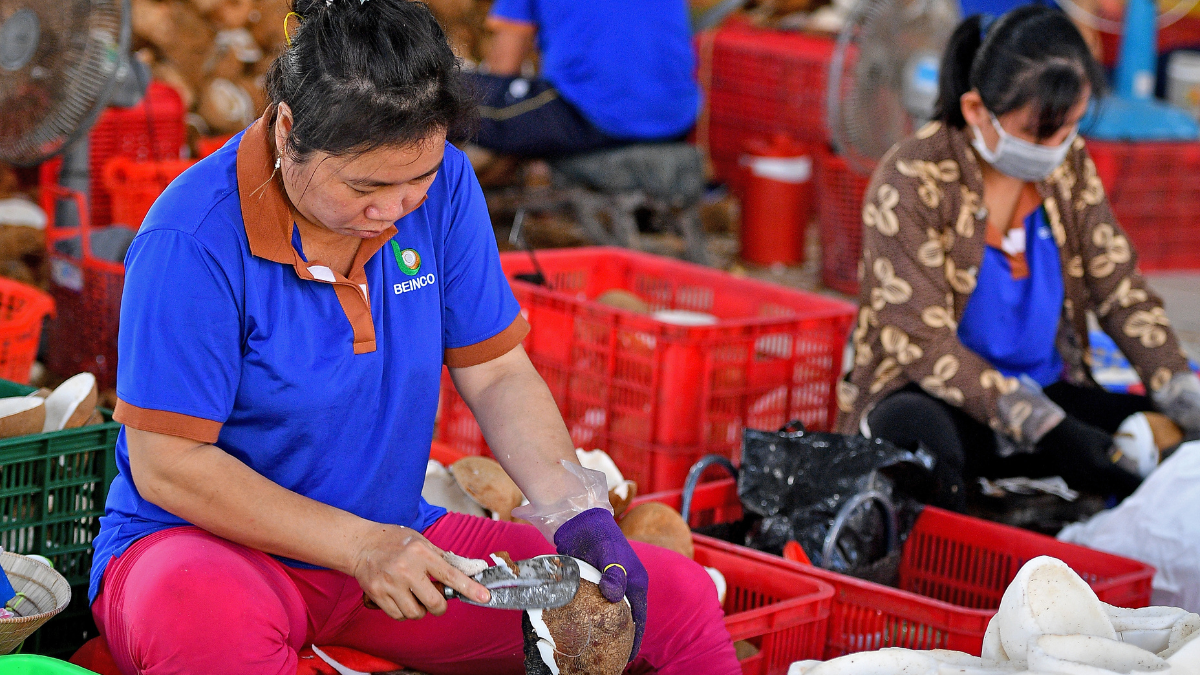
©IFAD/Nguyen Hoang Sanh
The report shows the risk appetite of donors and DFIs is on the rise. This is a unique opportunity for donors, DFIs and their beneficiaries in developing countries to make widespread changes by implementing the recommendations of this report.
The catalytic power and the demonstration effect of donor financing must not be underestimated. If donors and DFIs change their risk–return sentiment to aim for even greater additionality and beneficiary governments work with them to make domestic economies more stable, these recommendations promise to make agrifood development finance truly transformative.
Share
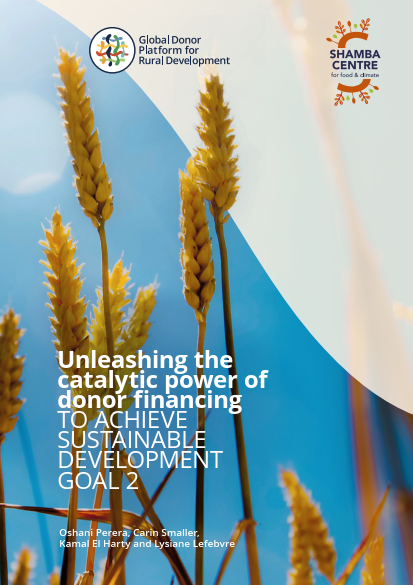
Read the report:
Chapter 1. The public investment gap for SDG 2
Chapter 2. Main sources of development finance for SDG 2
Development finance alone is insufficient to fill the additional US$33 billion to US$50 billion per year investment gap in order to achieve SDG 2 by 2030.
Chapter 3. Blended finance remains nascent but shows promise
Blended finance is an underused but potentially powerful strategy that donors have available to make their aid catalytic.
Chapter 4. Findings and recommendations
The enquiry into sustainable finance in agrifood systems led to four key findings and four key recommendations, all of which aim to increase the flow of financing to sustainable projects and businesses that contribute towards the realization of SDG 2.
The findings and recommendations are based on inputs from engagement with representatives of 69 organizations and 12 individual experts.
The authors of this report are Oshani Perera, Carin Smaller, Kamal El Harty and Lysiane Lefebvre.
Publication date: March 2024

